In today’s hot weather, AC is like a lifesaver. These days, it is normal to have AC in every home. It is not only increasing electricity bills, but also not good for the environment in the long run. So here is the solution, and that is solar AC.
We all heard about the traditional AC and how the normal AC runs on solar panels, but have you ever heard about solar AC? It is just like other home appliances which runs on solar. The demand for solar AC is rapidly growing globally.
The global solar AC market is expected to grow to US$ 565.3 Mn in 2025 and reach US$ 724.6 Mn by 2032 with a CAGR of 3.6%. (Source)
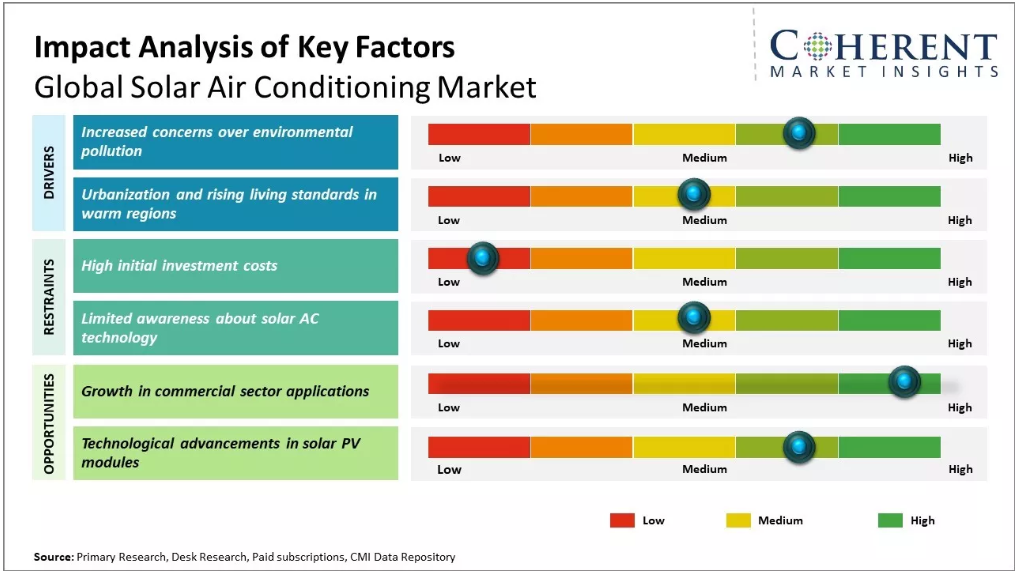
India is the leading market for solar AC, like the USA and China. Split solar ACs are expected to account for 36.6% of the global air conditioner market in 2025 because they are widely used and very popular. Source
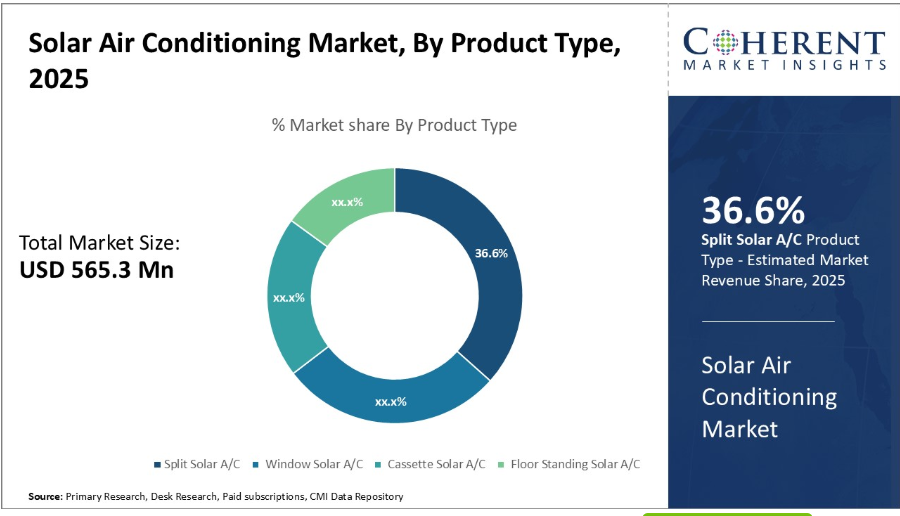
We know that after hearing solar AC, so many questions are in your mind, like what is that? How does it work? Is it cost-effective, or what are the challenges?
In this blog, we will try to solve all the queries and curiosity about solar AC.
What is a Solar AC?
Solar AC is a system that works partially or fully and is powered by solar energy. These units work like traditional AC but give extra energy choices.
A normal air conditioner relies totally on grid energy, while a solar AC uses three sources of power (solar energy, battery backup, and grid electricity).
How Does a Solar Air Conditioner Work?
A solar AC is easy to understand. They connect directly to solar panels, which collect sunlight and turn it into electricity (DC power), and this current is directly used in solar AC.
We can use an inverter that changes DC to AC. This generated power is used to operate most air conditioners.
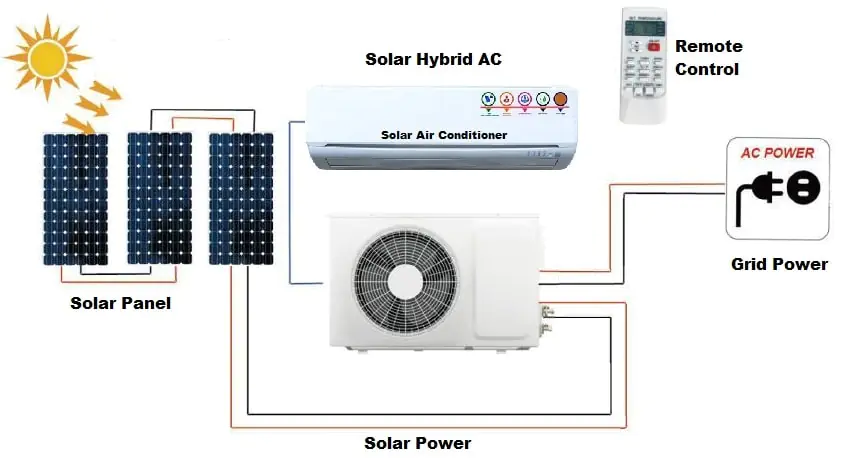
Source: How solar AC works
Different Types of Solar AC
We can choose from direct current (DC) solar, alternating Current (AC) solar, hybrid solar, and solar thermal ACs in the market. We can install them according to our preferences.
- DC solar AC does not require an inverter, hence, there is no energy loss. There is only one disadvantage to this type of AC. They need a battery for extra backup at night or on cloudy days.
- AC solar ACs need an inverter to convert DC into AC. It is a good option for homes with a solar panel and an inverter setup. The only drawback is that a small amount of energy will be lost during the conversion.
- A hybrid solar AC can work on solar energy, battery power, or grid electricity. It automatically switches from one to another according to availability. Its cost is higher, but it gives long-term benefits.
- Solar thermal AC takes heat(not electricity) from the sun and cools the house. It does not use an electric-powered compressor like the regular AC. In this, the solar panels, which are designed for heating, collect the heat, and this heat runs a special system that gives cooling to your home. The only drawback is that they are harder to install, and the installation cost is high.
Features of Solar AC
They can work using multiple modes like solar power, battery backup, and grid electricity. They can automatically switch from one mode to another based on availability.
They come with an inverter compressor technology. This compressor helps to adjust the speed according to the cooling demand instead of running at full power all the time. This technology helps to save 30-50% energy compared to non-inverter ACs.
It has off-grid capabilities, so it is useful for rural and remote areas where electricity is not easily available or limited.
Comparison Between Solar AC and Running a Regular AC on Solar Panels
| Features | Solar AC | Regular AC with existing solar panels |
| Designed for solar | Built to run mainly on solar energy | Solar just powers it indirectly, designed only for grid electricity |
| Power Source | Direct runs on DC power and hybrid solar. | Need an inverter to convert the energy. |
| Efficiency | Highly energy efficient | Less efficient because of the conversion, some energy is lost. |
| Cost | Slightly higher initially | Lower |
| Backup option | The hybrid solar AC automatically switches b/w solar, battery, and grid | Depends heavily on the inverter and battery setup if you need 24/7 solar backup. |
Solar AC Price Range in India (2025)
Government subsidies (30-40%) and incentive schemes for installing a solar system can lower the initial cost of installation.
| Solar AC | Price List |
| 1-ton hybrid | Rs. 84,000 to 1.5 lakh Approx |
| 1.5-ton hybrid | Rs 90,000 to 2.5 lakh Approx |
Benefits of Using Solar AC in India
They use energy directly from the sun, which means we do not need to rely on grid power completely. When the installation is complete, energy production is free, which reduces operational costs in the long term.
They do not require as much maintenance as traditional ACs because they do not depend completely on mechanical components. Solar panels are typically strong. They will last approximately 25 to 30 years.
This also reduces electricity bills, particularly in areas with high sunlight. Solar AC can operate off-grid or in combination with the electricity grid. Many have come with a battery storage system. This allows extra energy to be stored and used at night.
Challenges and Limitations of Solar ACs
The overall cost is not affordable for everyone. It is mostly costly compared to the traditional AC.
In urban areas where space is limited, it is tough to use solar ACs because they need more space for panel installation.
The installation can be complex because it requires professional help, and the system needs regular maintenance to keep the panels and other parts in good condition.
Solar ACs are not good for cooling large spaces or during extremely hot temperatures without additional systems. If we use the battery, then it will add extra costs.
Finally, the lack of trained professionals for installation and maintenance can make it harder to set up and repair the system in some areas.
Who should consider Solar AC?
A solar AC is a smart decision, but this is only suitable for some people and situations. It is ideal for people who live in a hot and sunny climate. It can also be perfect if they live in rural areas because of the off-grid system. They can easily maximize electricity production.
They are suitable for offices, homes, and shops where a maximum number of air conditioners are required. By using this, they can save electricity. It is also helpful if they are planning to live in the same house.
Top Solar AC Brands Available in the Market
There are many brands available in the market that offer reliable products. Voltas, Adani Solar, Wartsila, Sinfin, Mosita, Blue Star, Tata Power Solar, Reliance Air Conditioning, and Godrej are known for their good quality, warranty, and energy efficiency.
These brands offer many options depending on your needs and budget. When considering a solar AC, you should always compare the price, features, warranty, and customer feedback to make a good choice.
Future Market Analysis
The growth will be especially high in sun-rich regions like India, Southeast Asia, the Middle East, and some parts of Africa. A recent report by Coherent Market Insights explains that this growth will increase because of rising demand, the use of new technology, and market opportunities. (Source)
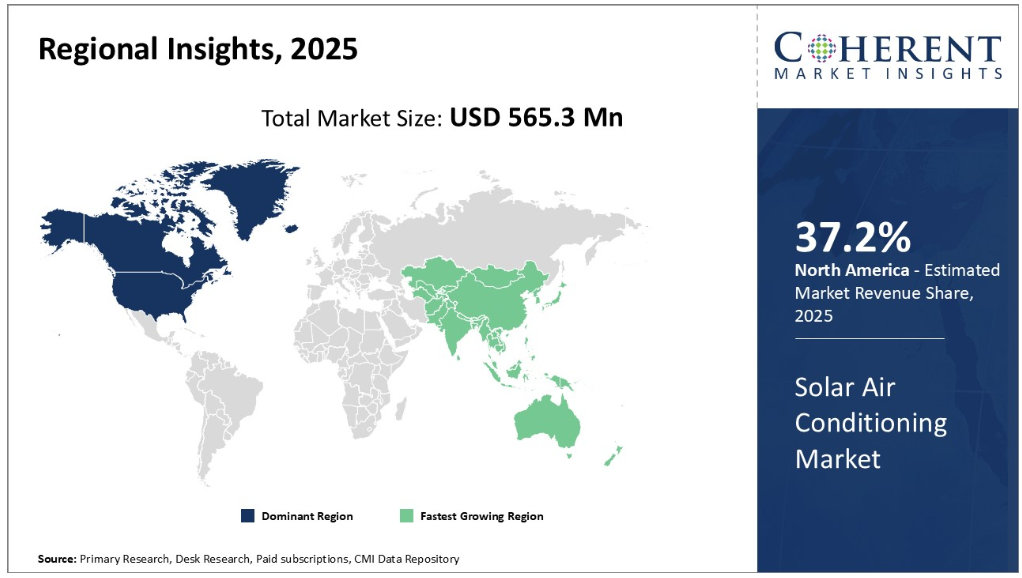
Conclusion
A solar air conditioner is a good solution in today’s world. They will help you lower your electricity bills. Solar ACs do not release harmful pollutants and greenhouse gases. Solar energy is a renewable resource, so it has an overall positive impact on the environment.
The primary setup cost of solar ACs is higher than traditional ACs, but government subsidies and environmental benefits make them a better choice. As solar technology advances, switching to a solar-powered air conditioning system is a smart decision and a move toward a greener future.
Frequently Asked Questions
- What is the cost of solar air conditioning?
It depends on the capacity (e.g., solar air conditioner 1.5 ton) and type (hybrid, inverter, etc.), but most start from ₹85,000 onwards.
- Can I buy a solar air conditioner on Amazon?
Yes, there are several solar air conditioner Amazon listings, but make sure to review seller credentials.
- How does a solar air conditioner work?
Panels collect sunlight → convert to DC → inverter converts to AC → powers the unit.
- Can I use solar air conditioning for every room?
Yes, depending on the tonnage and placement. For example, a solar air conditioner for a room setup works well for individual use cases.
- Are there any solar air conditioner projects I can reference?
Yes, many green buildings and smart city projects have incorporated solar cooling technologies.




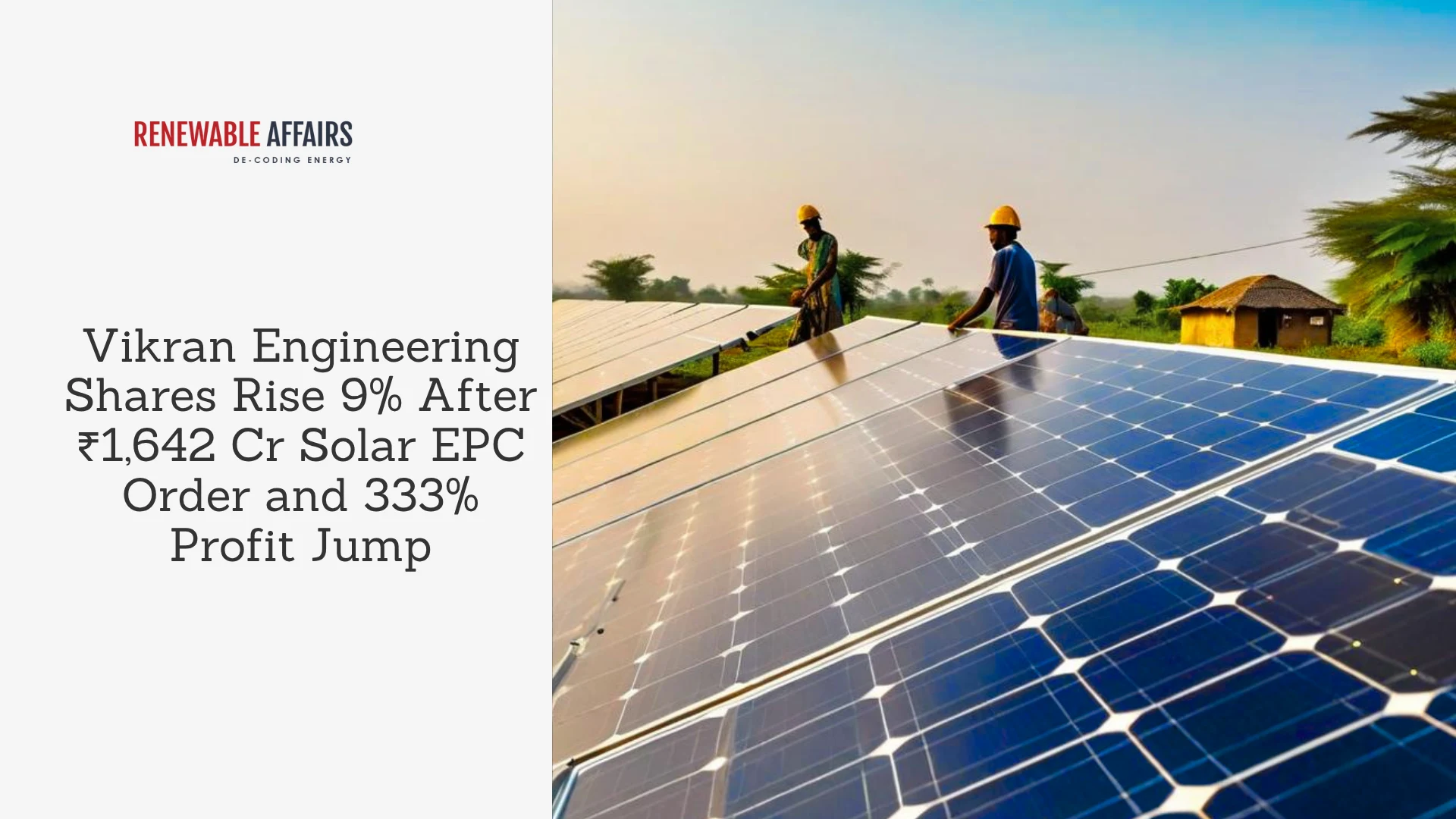
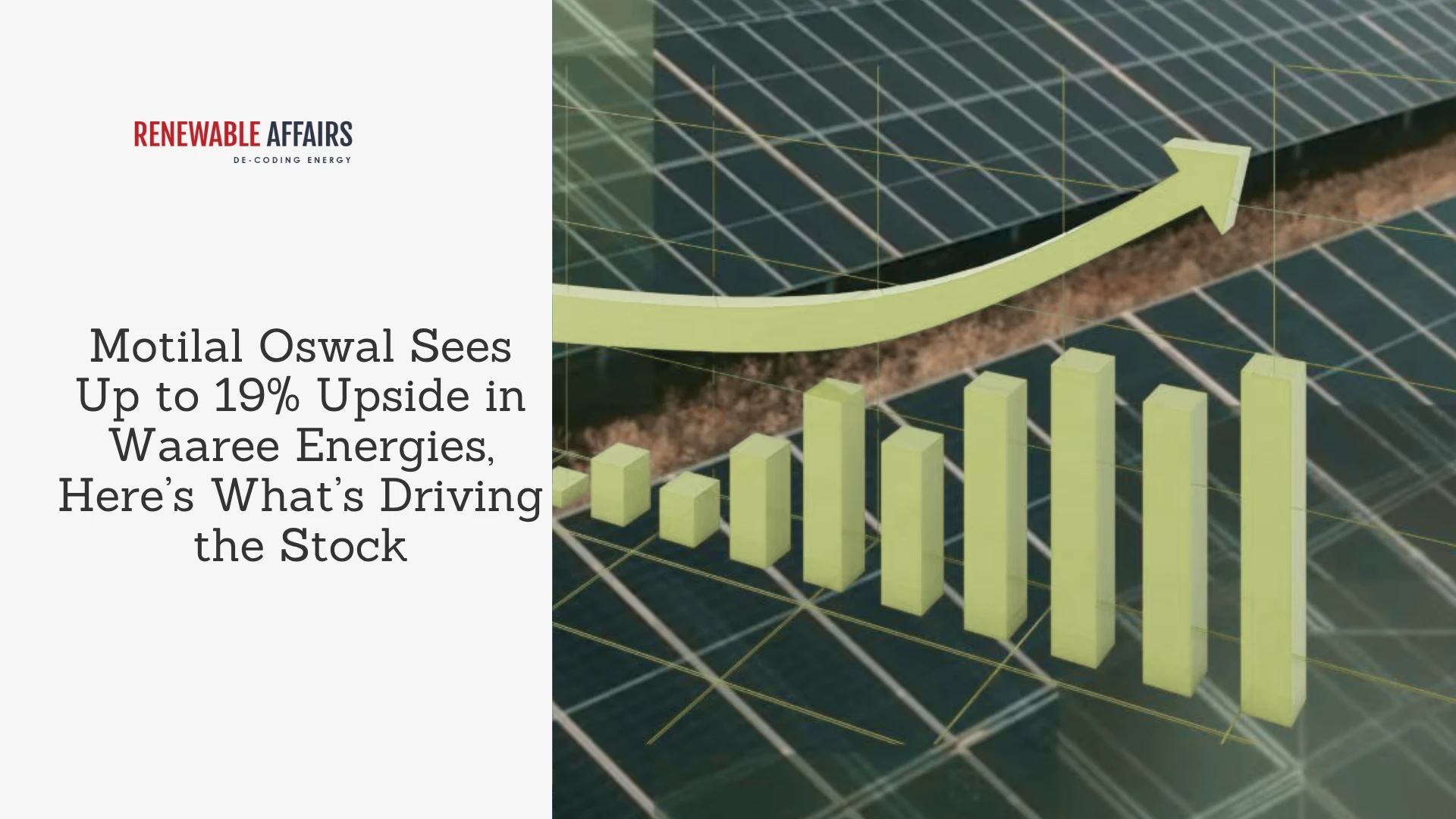
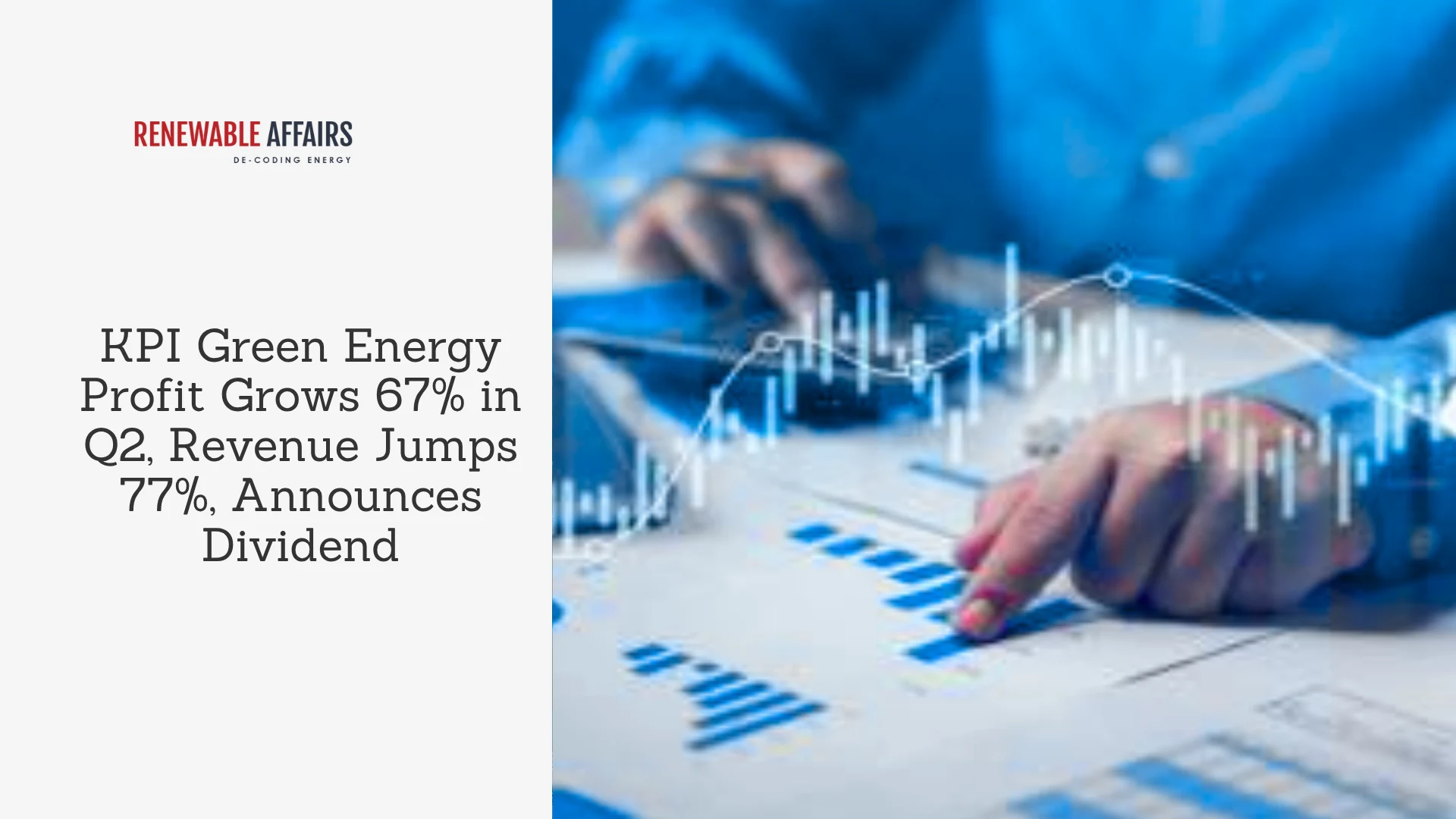
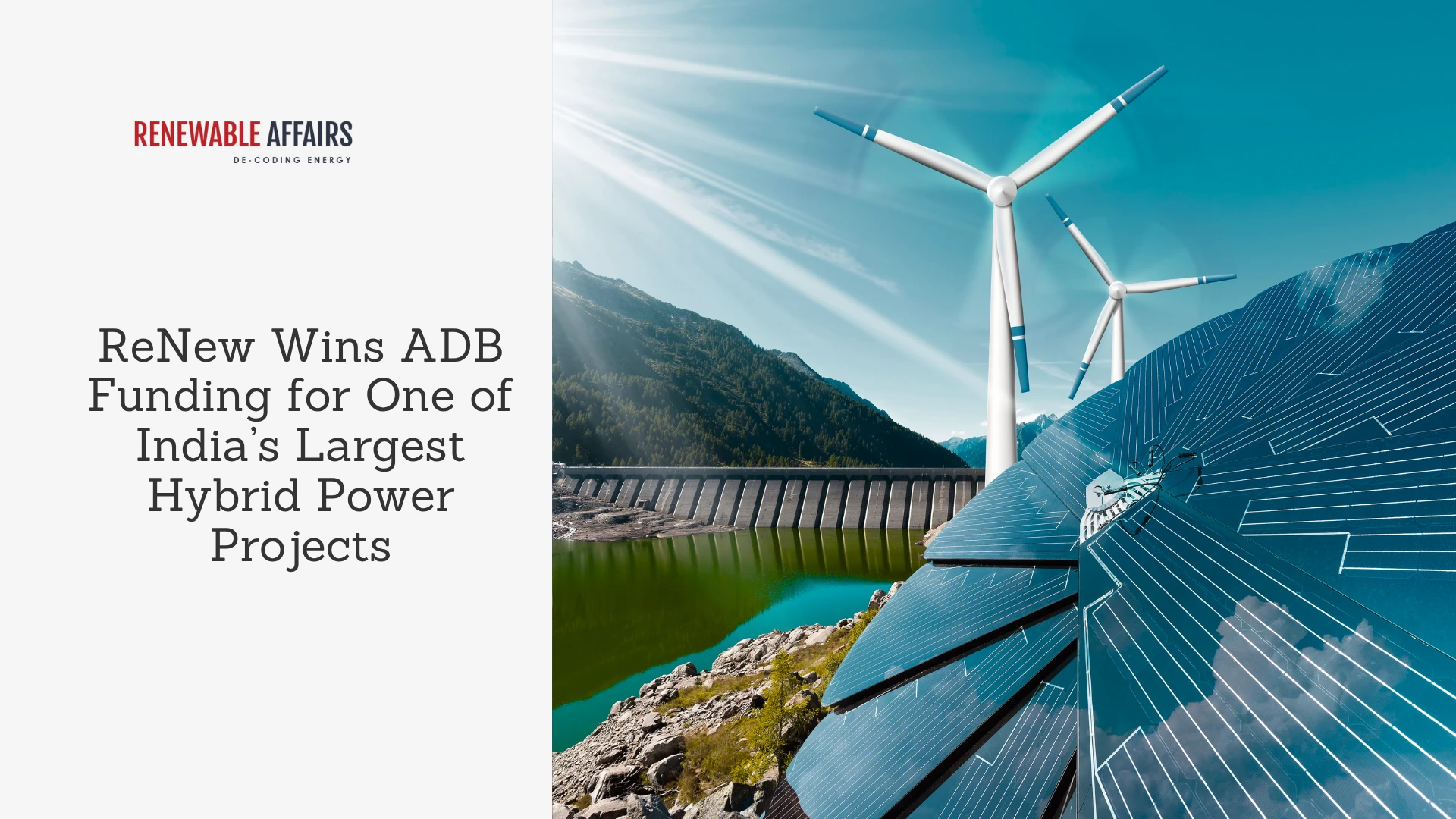
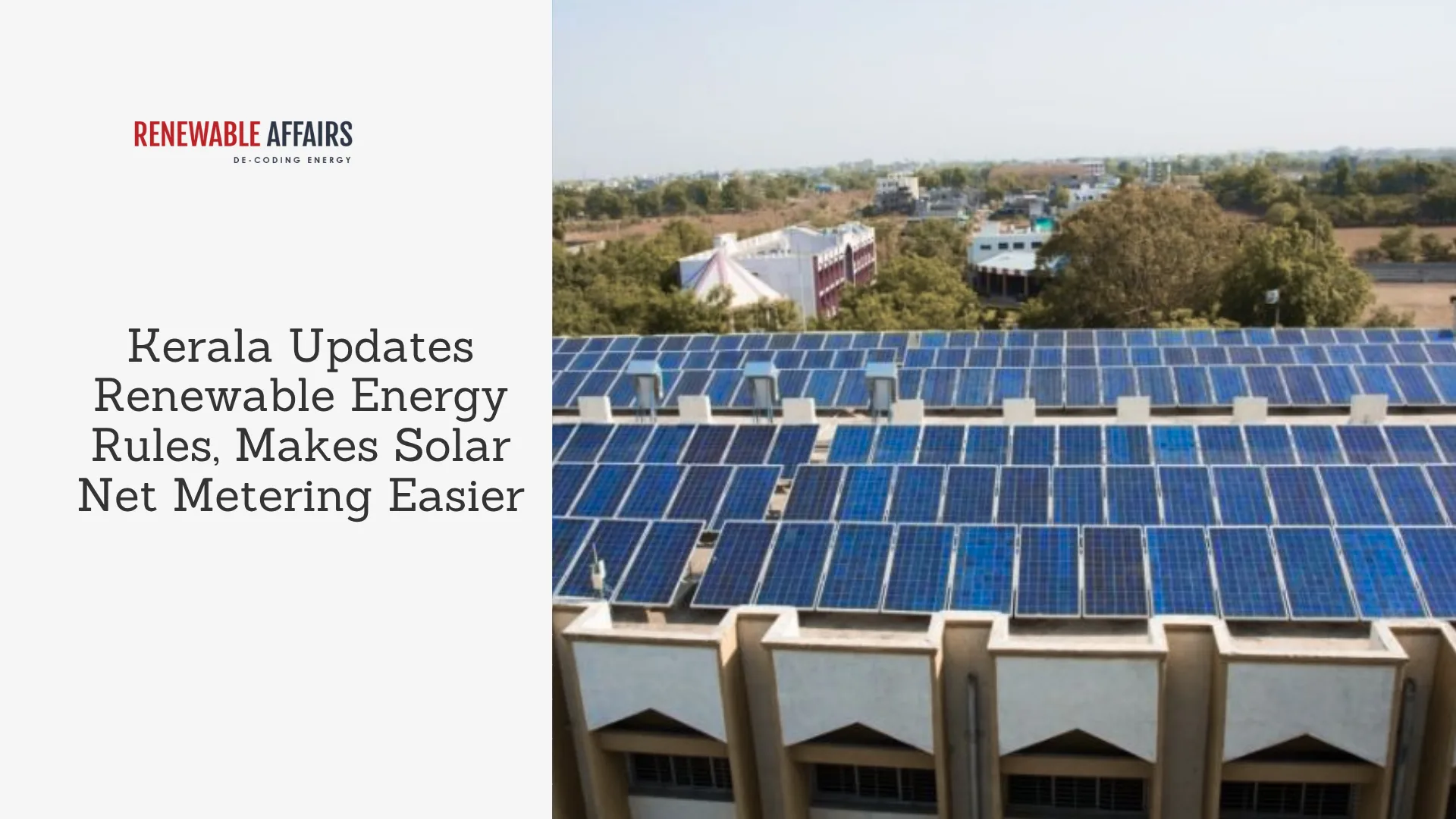
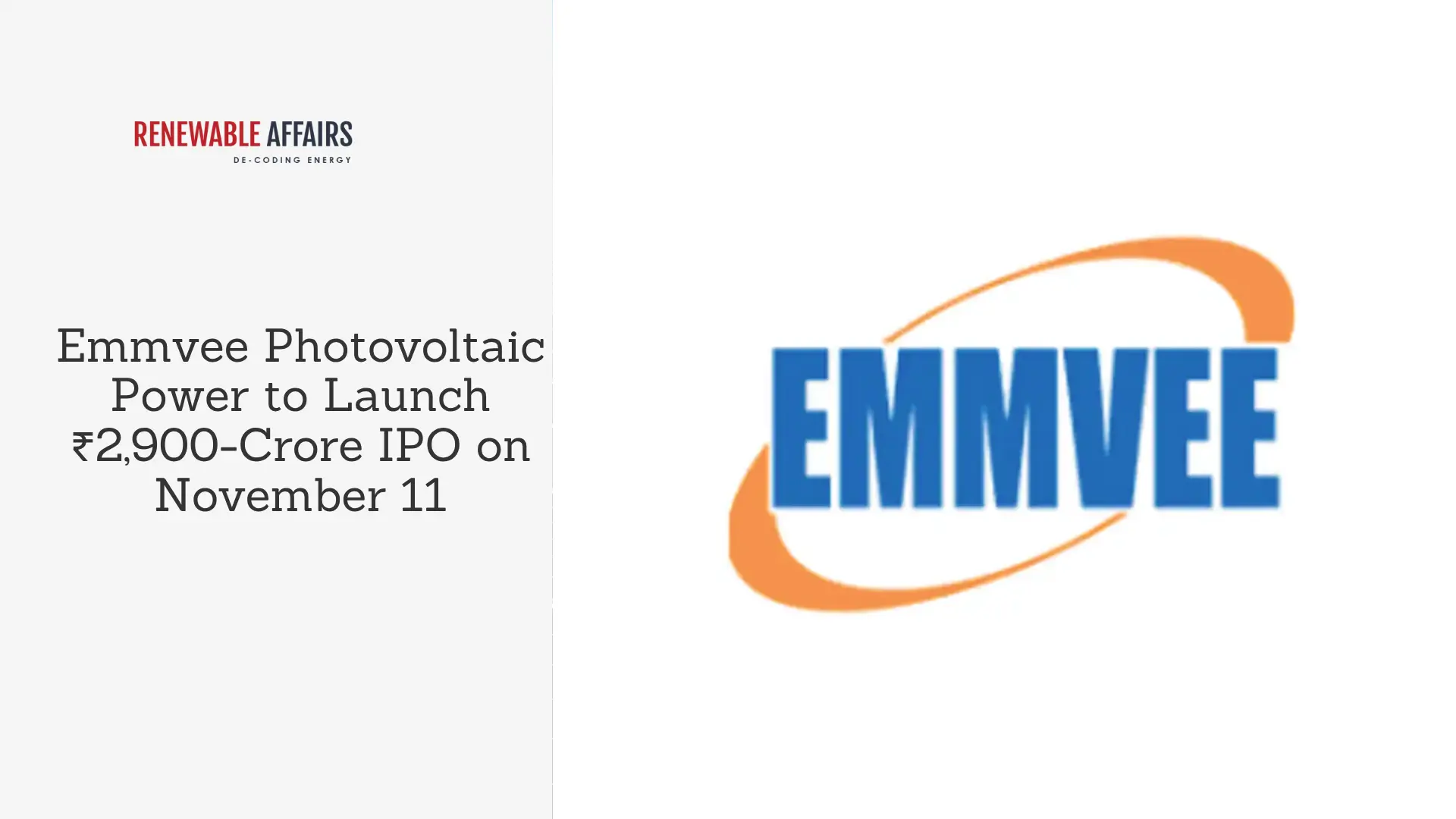
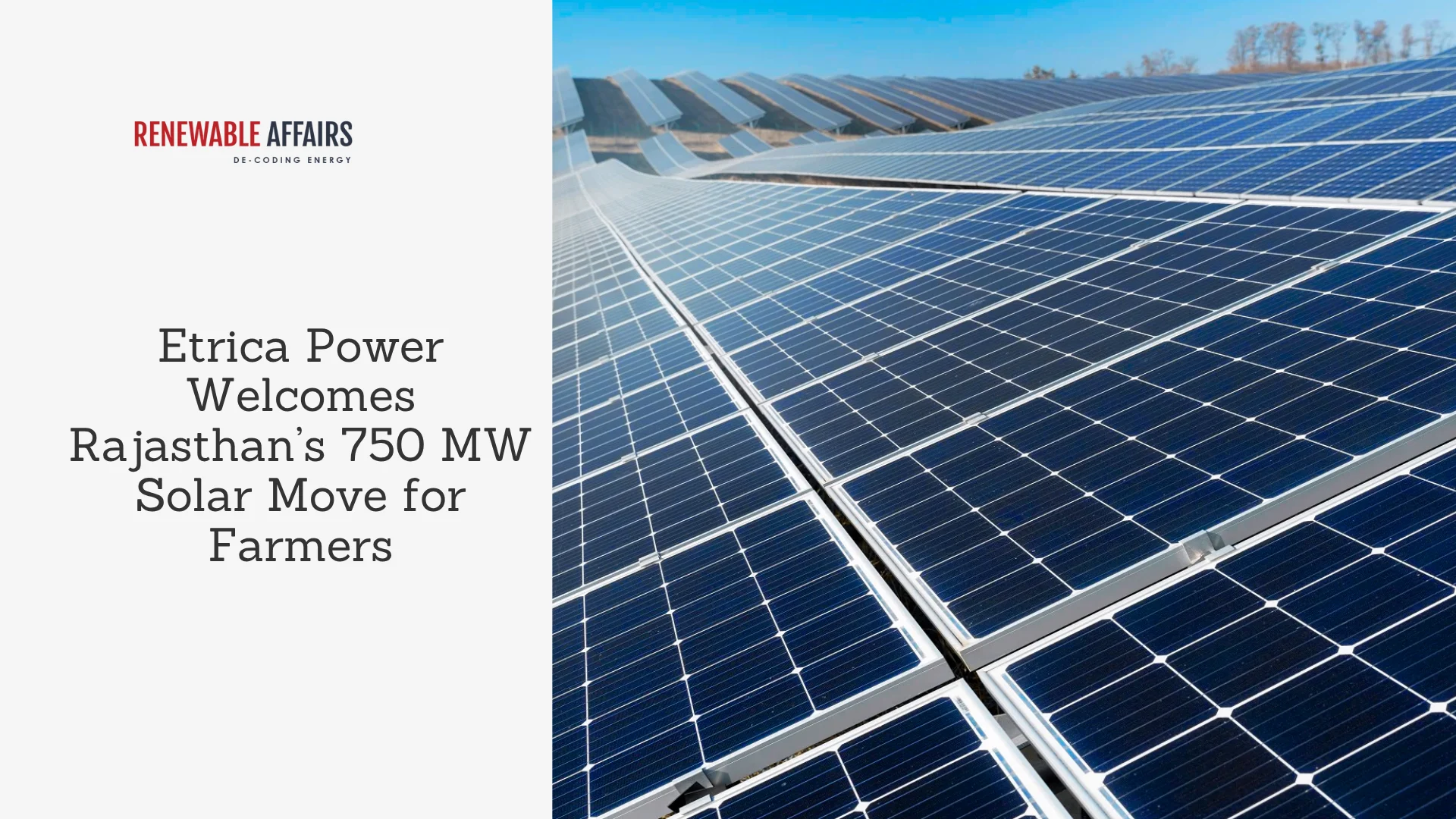
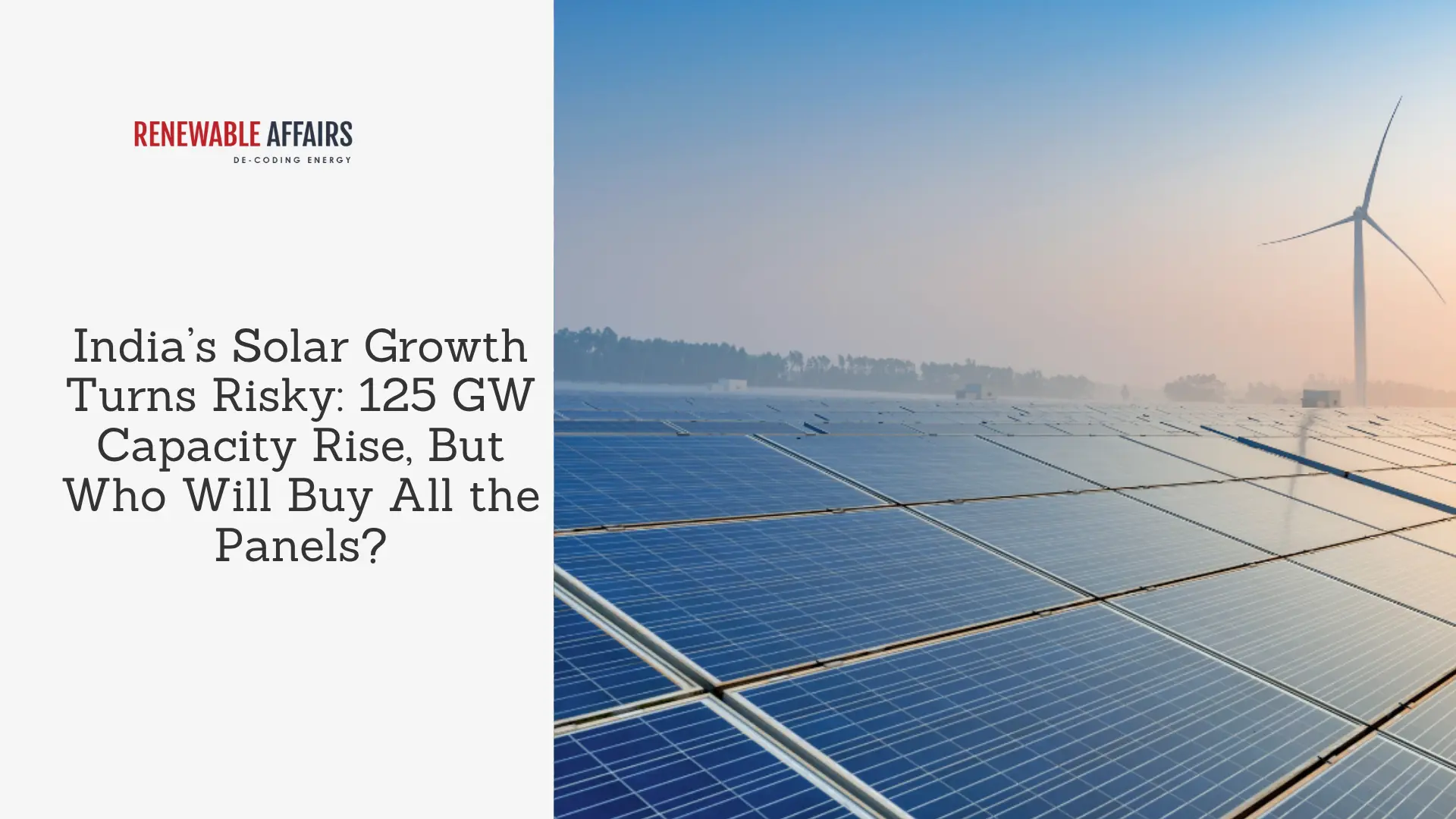
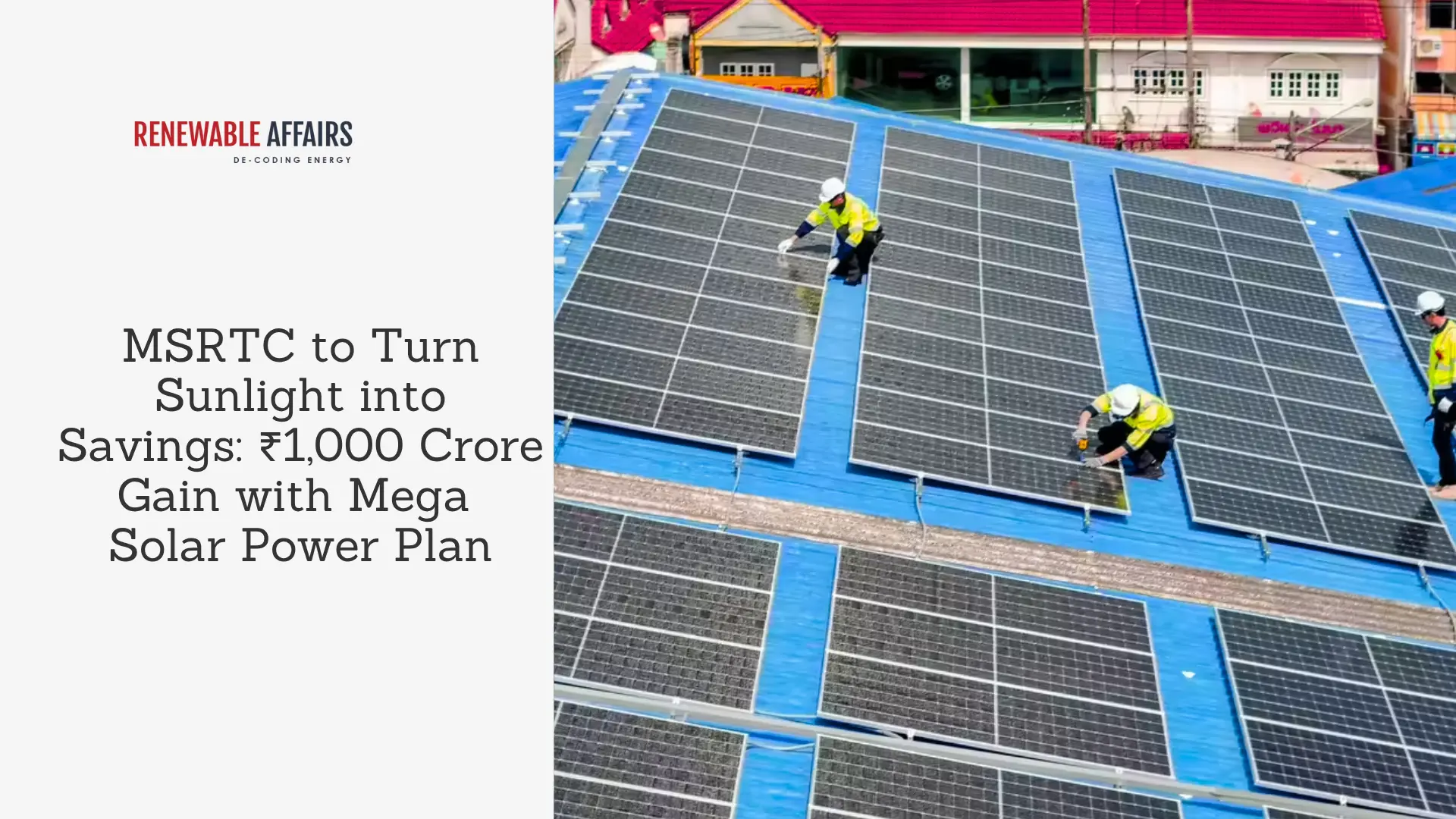
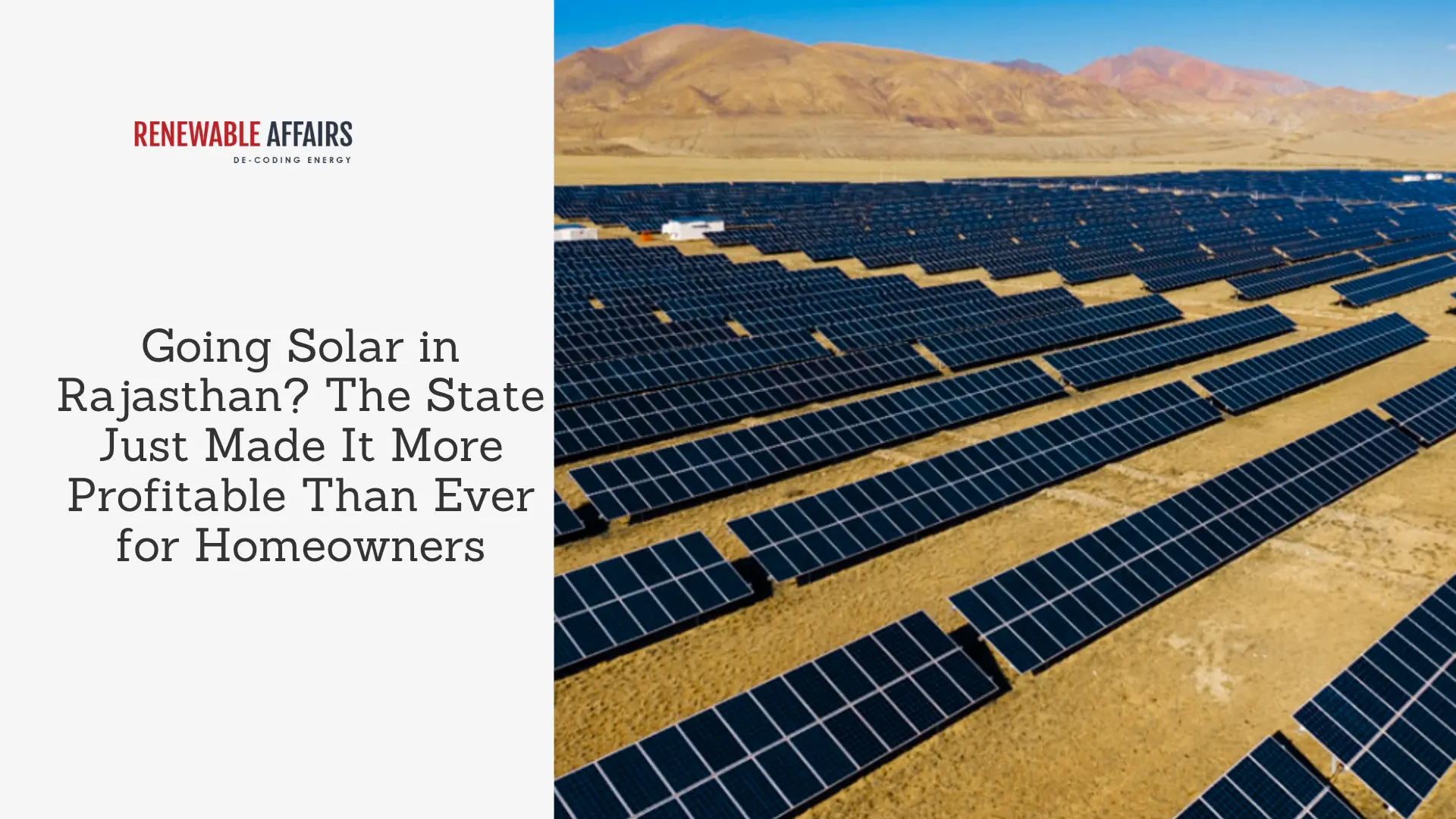


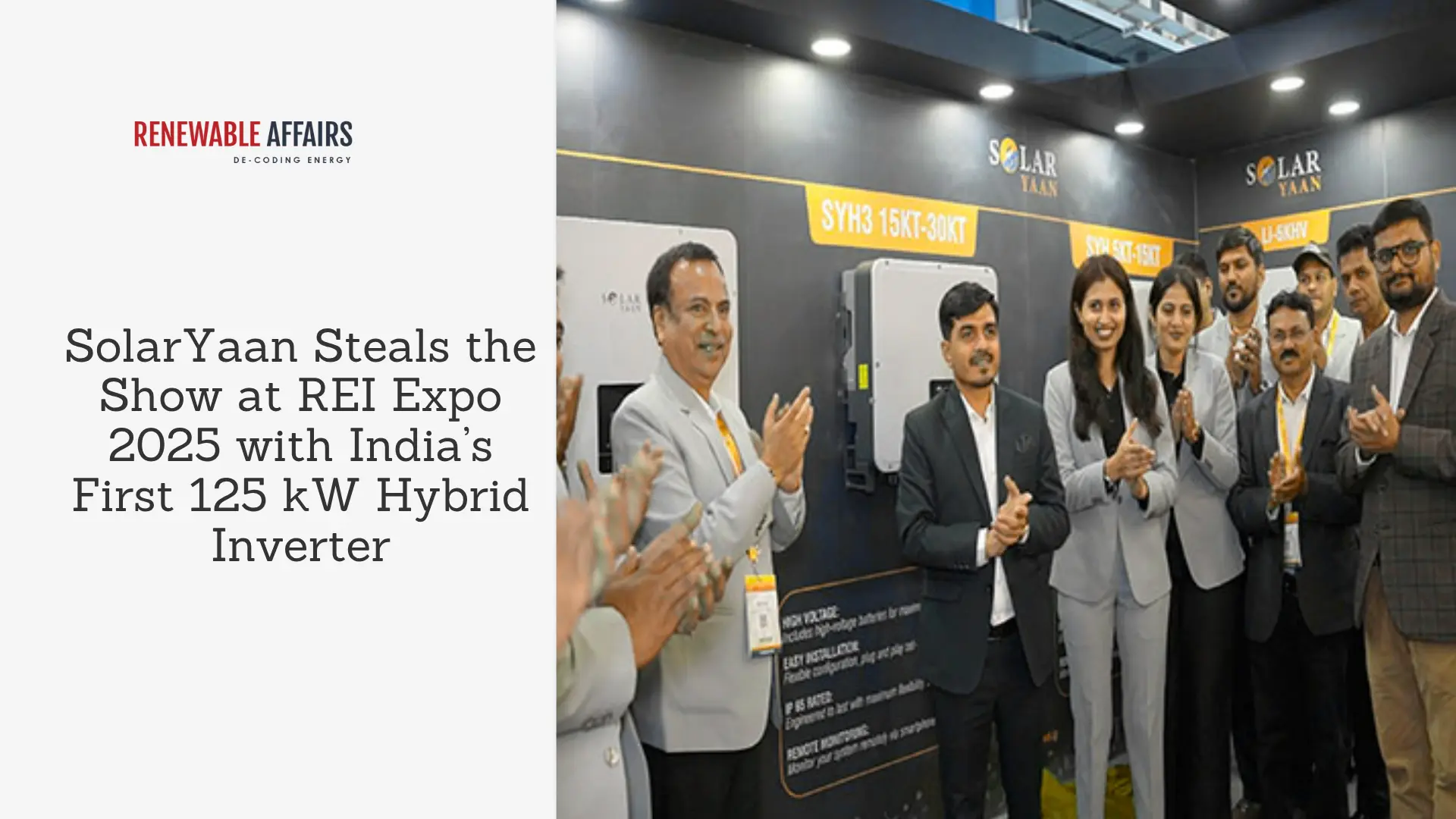



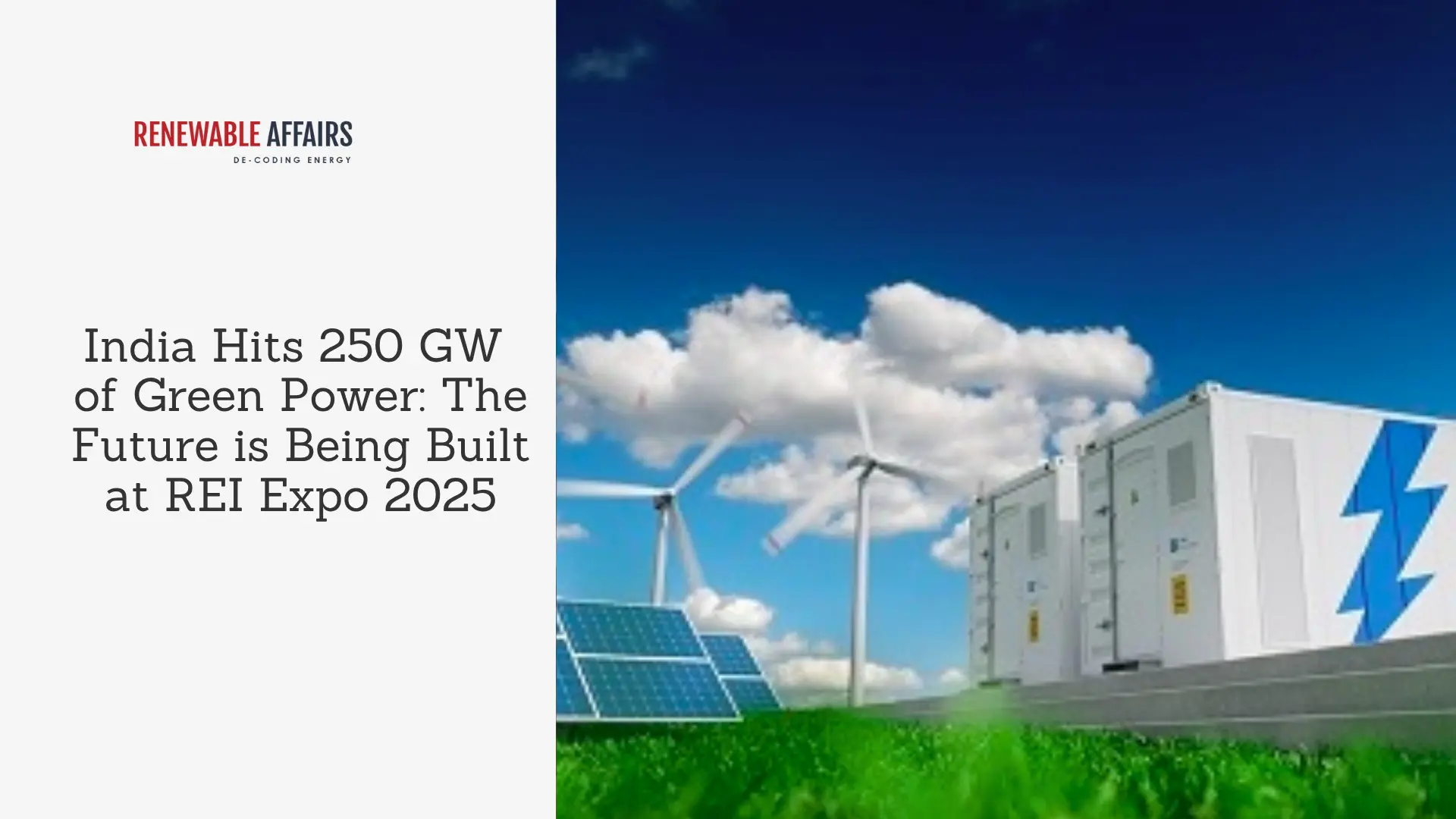
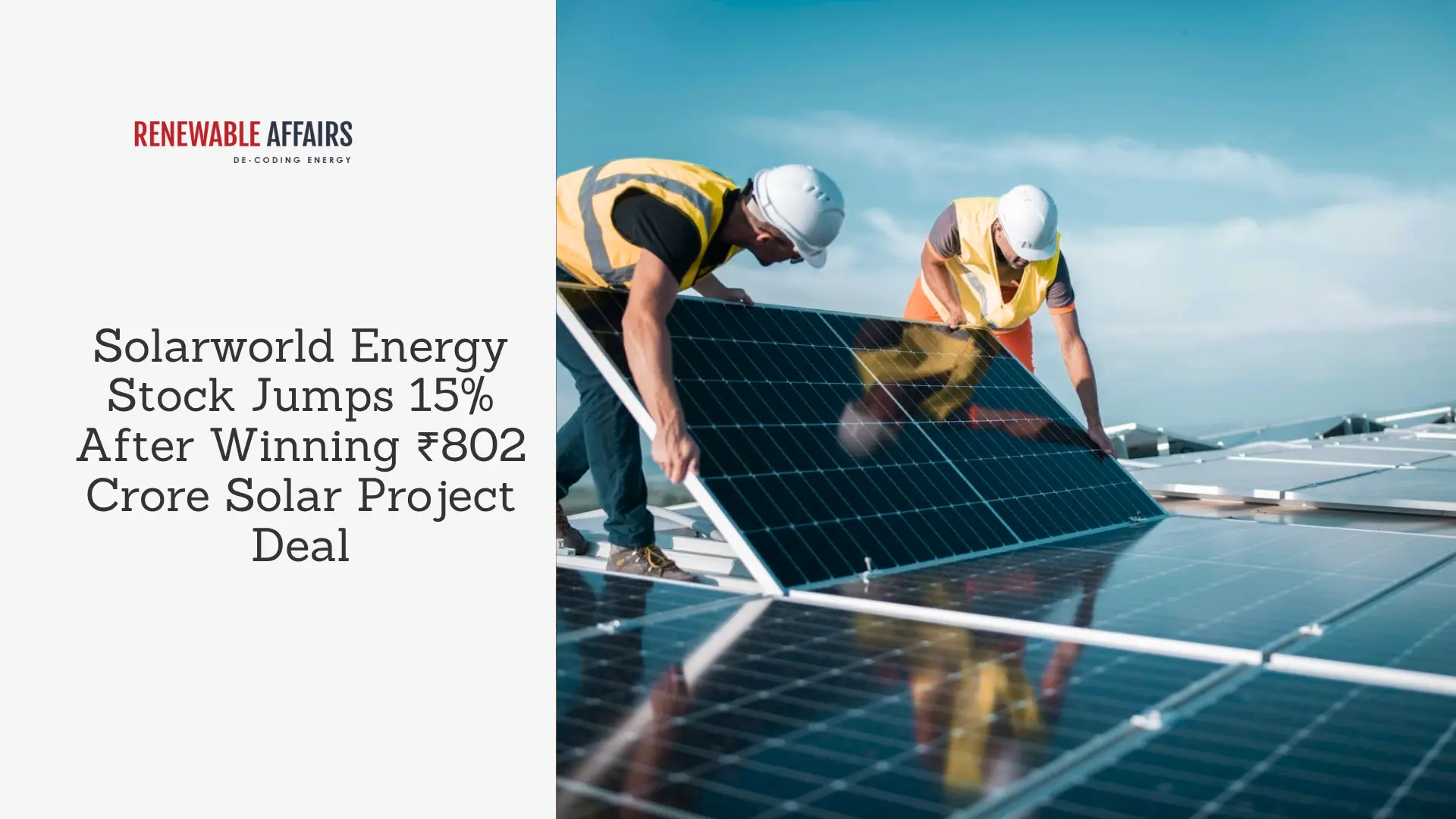
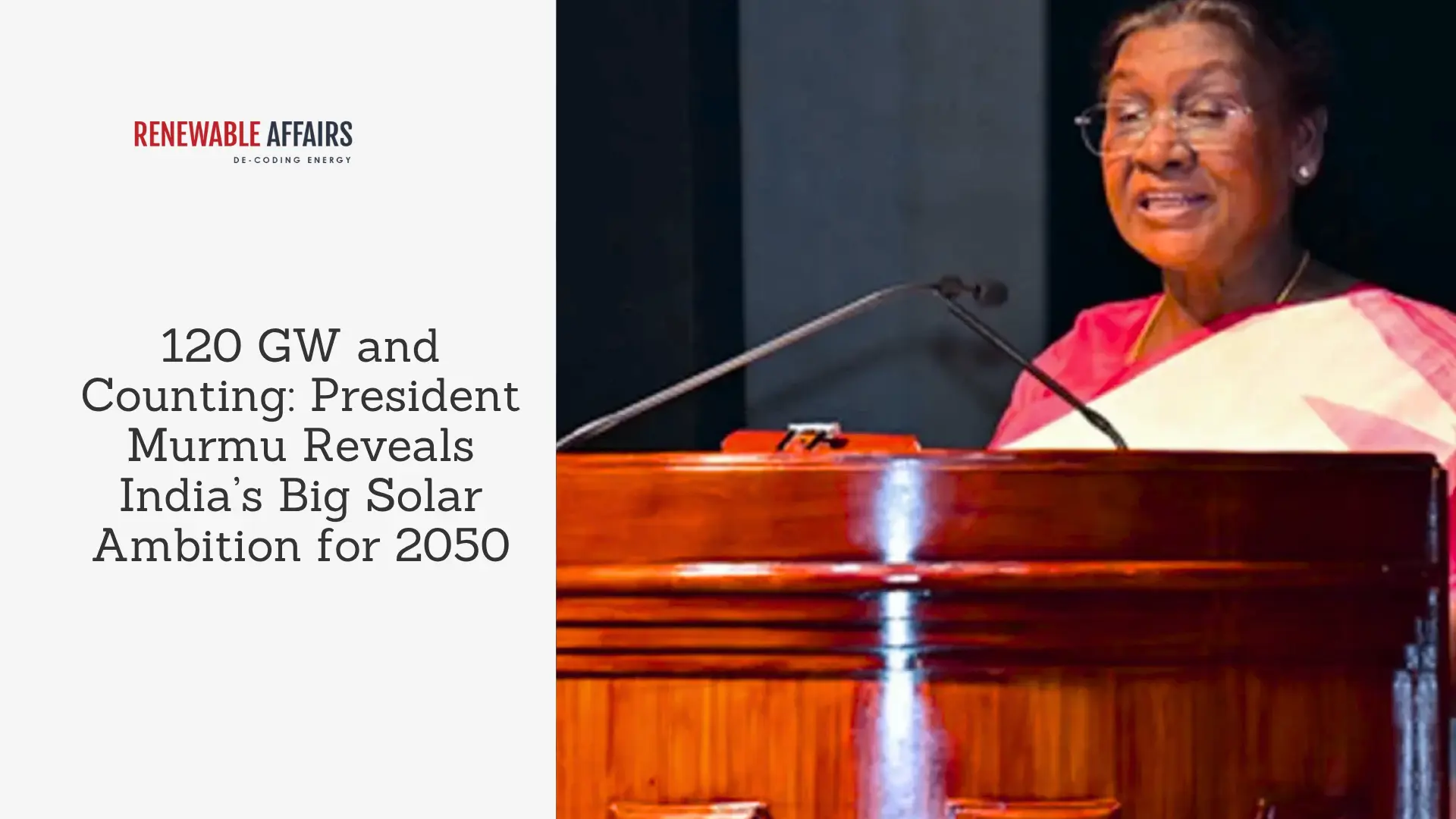
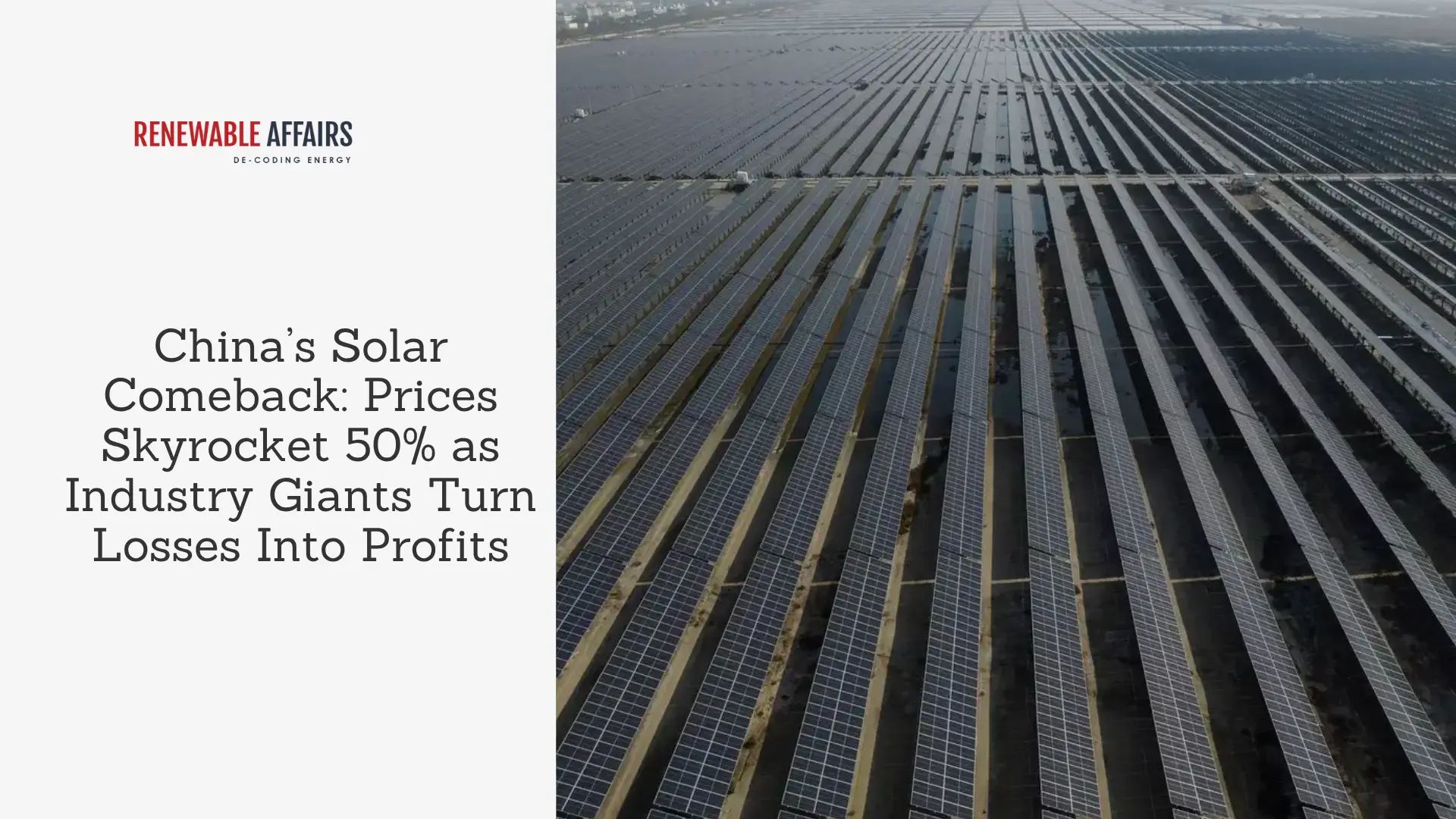
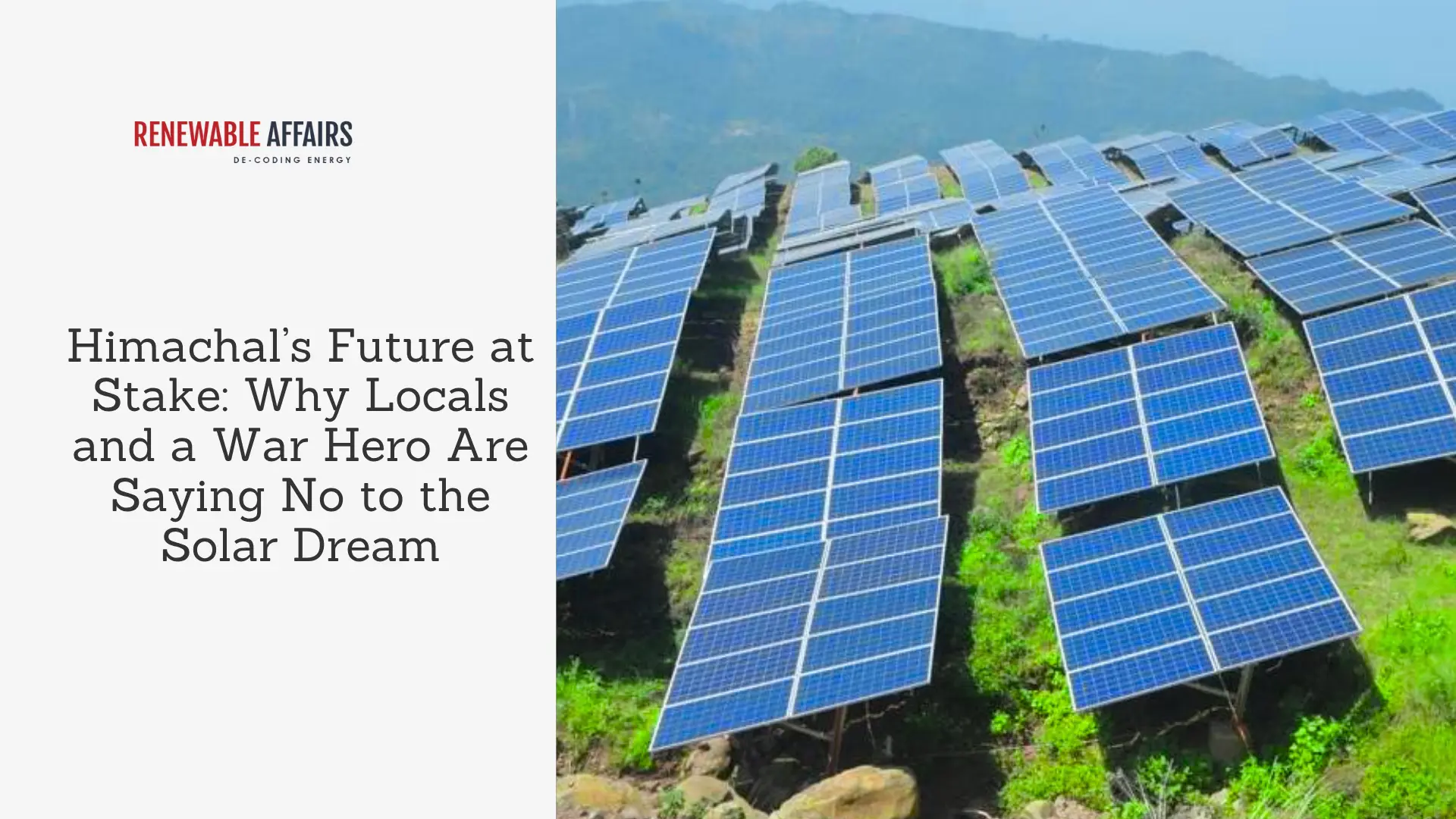
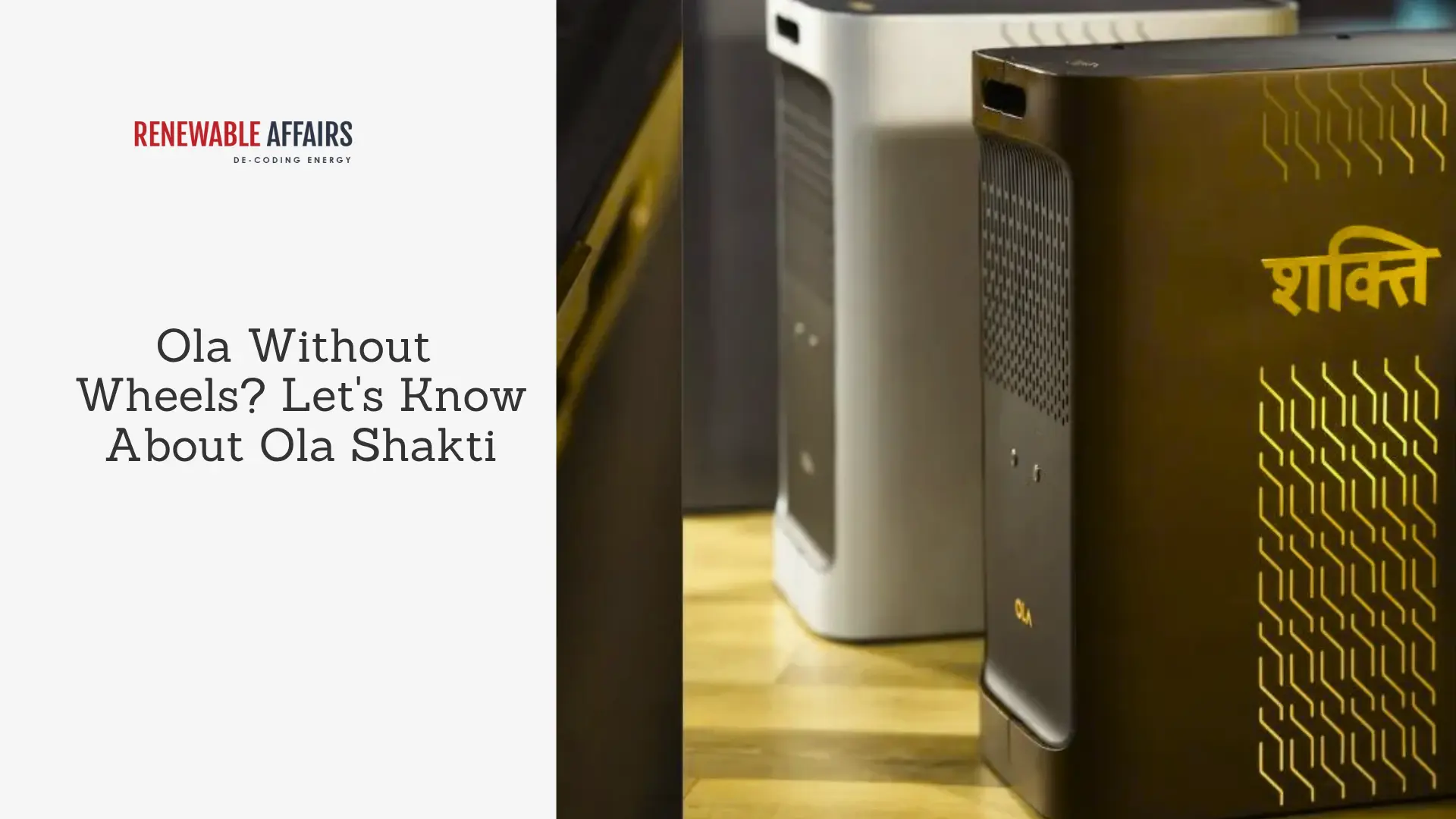
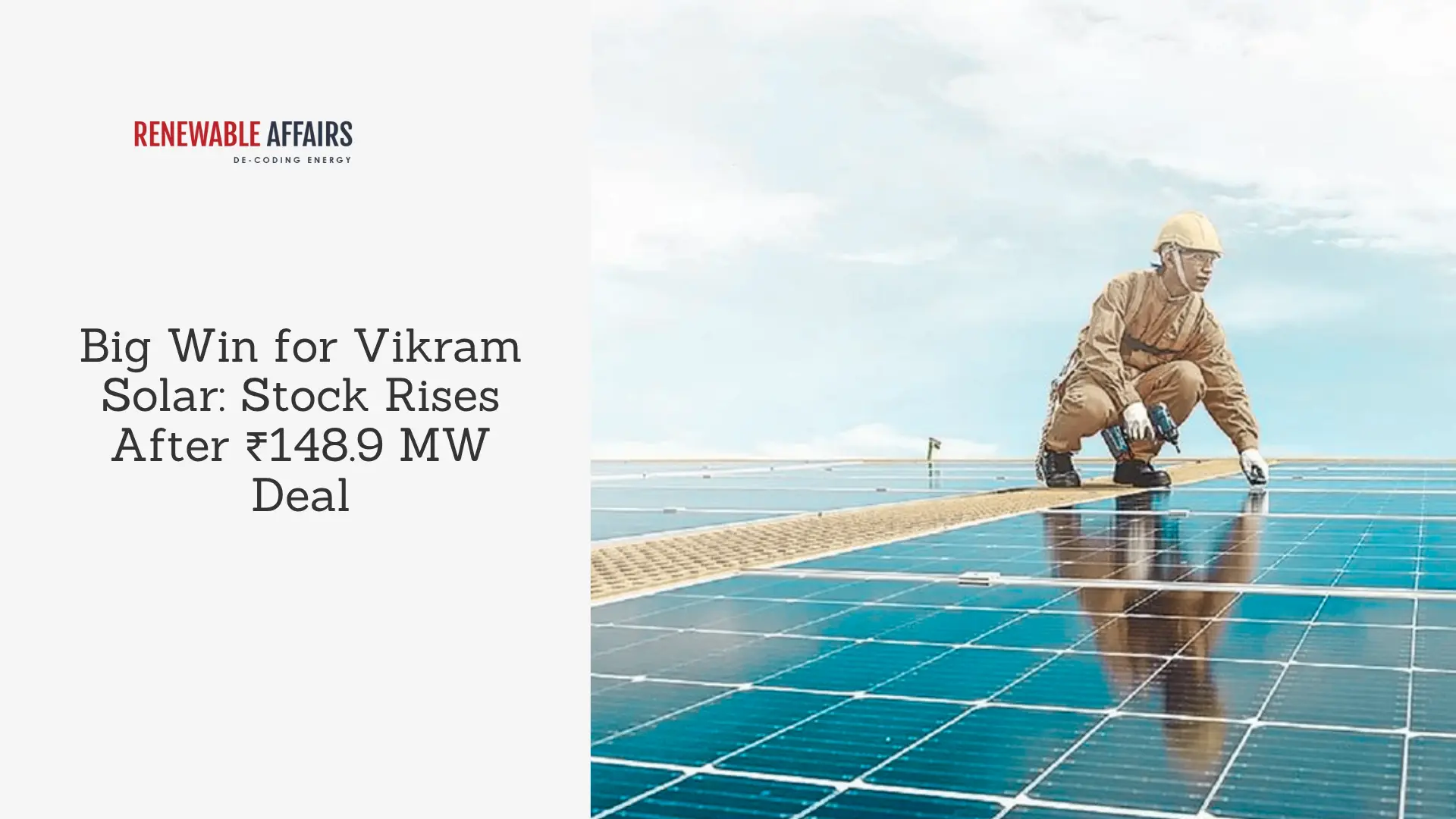
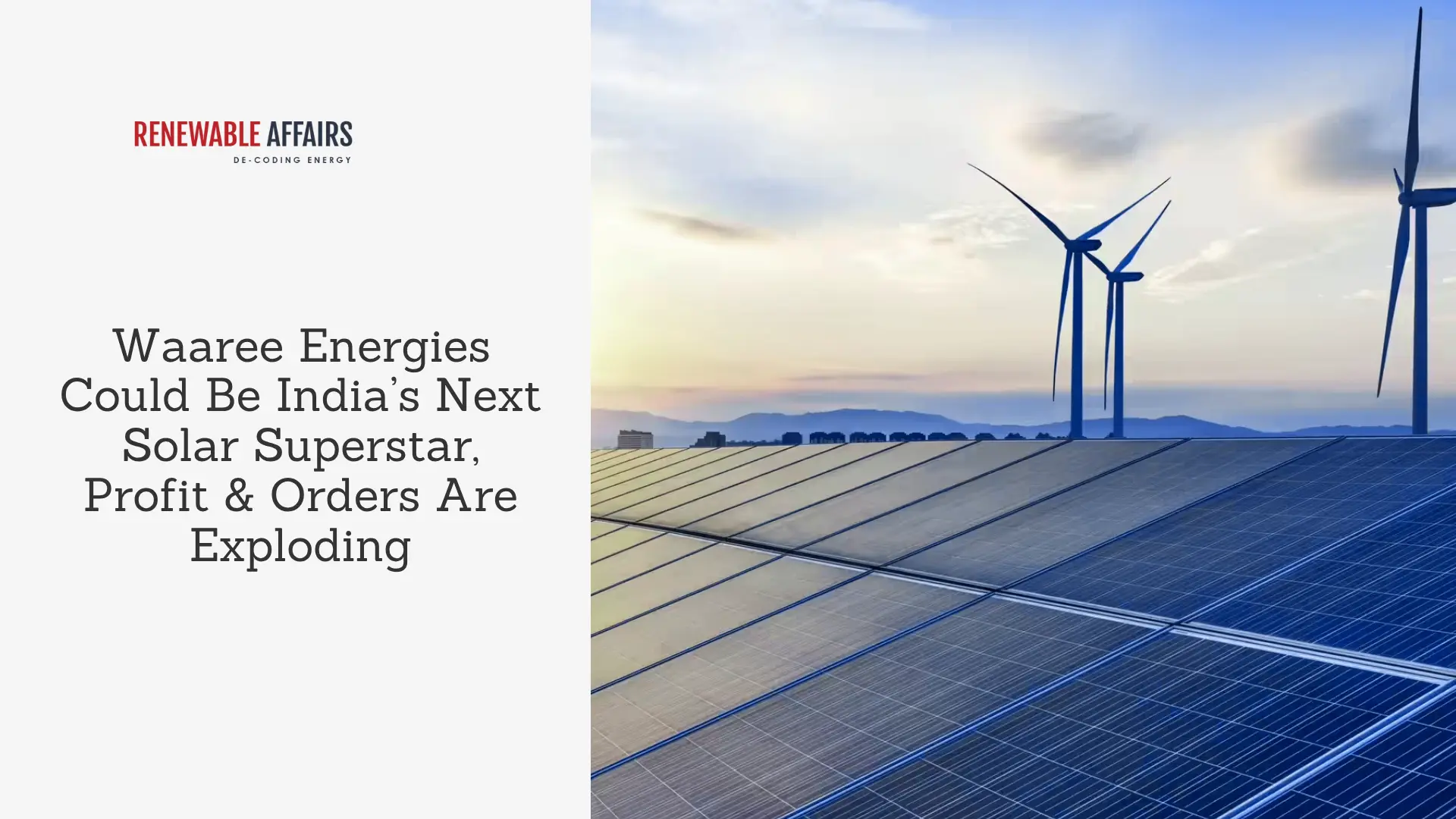
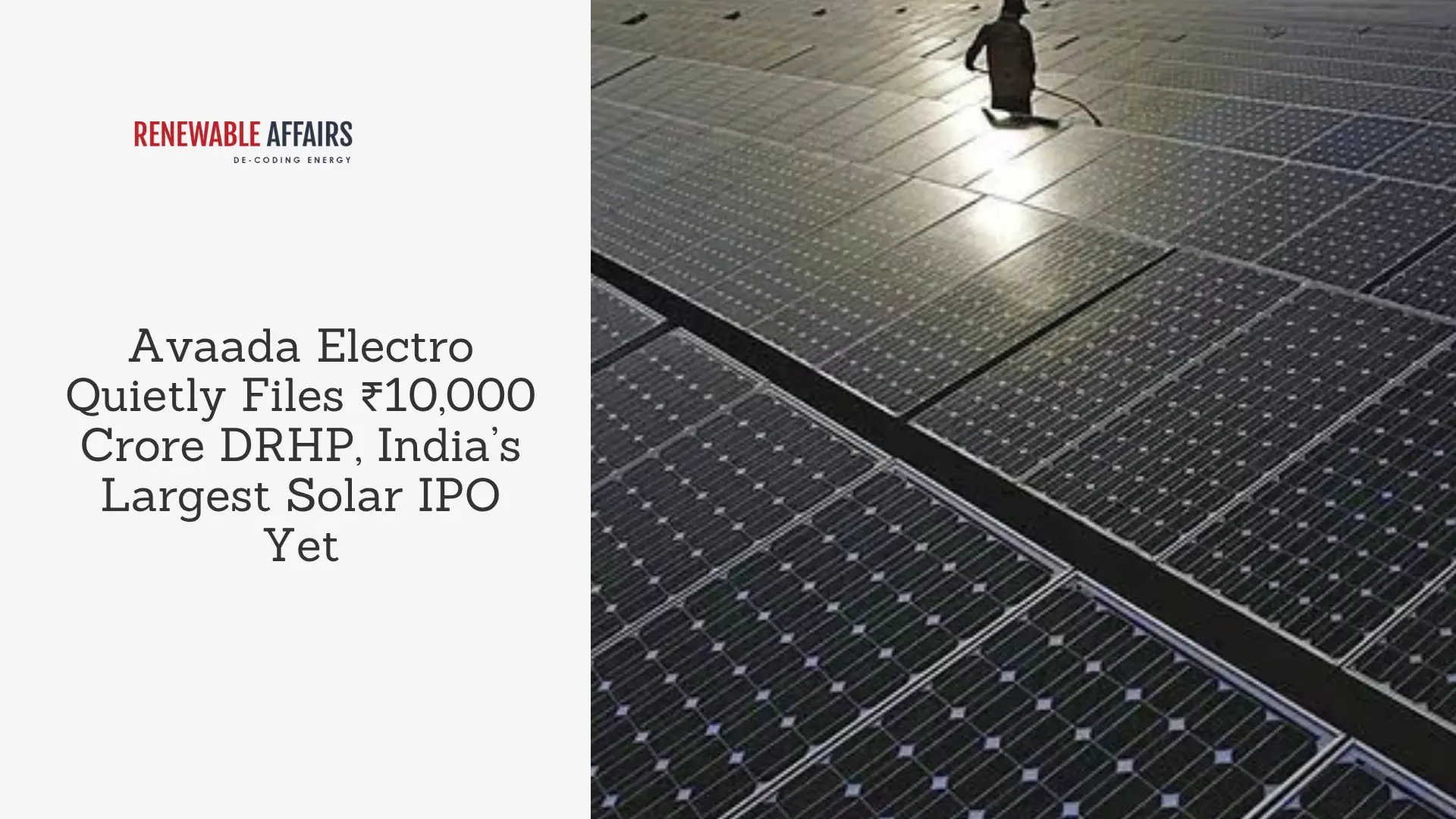
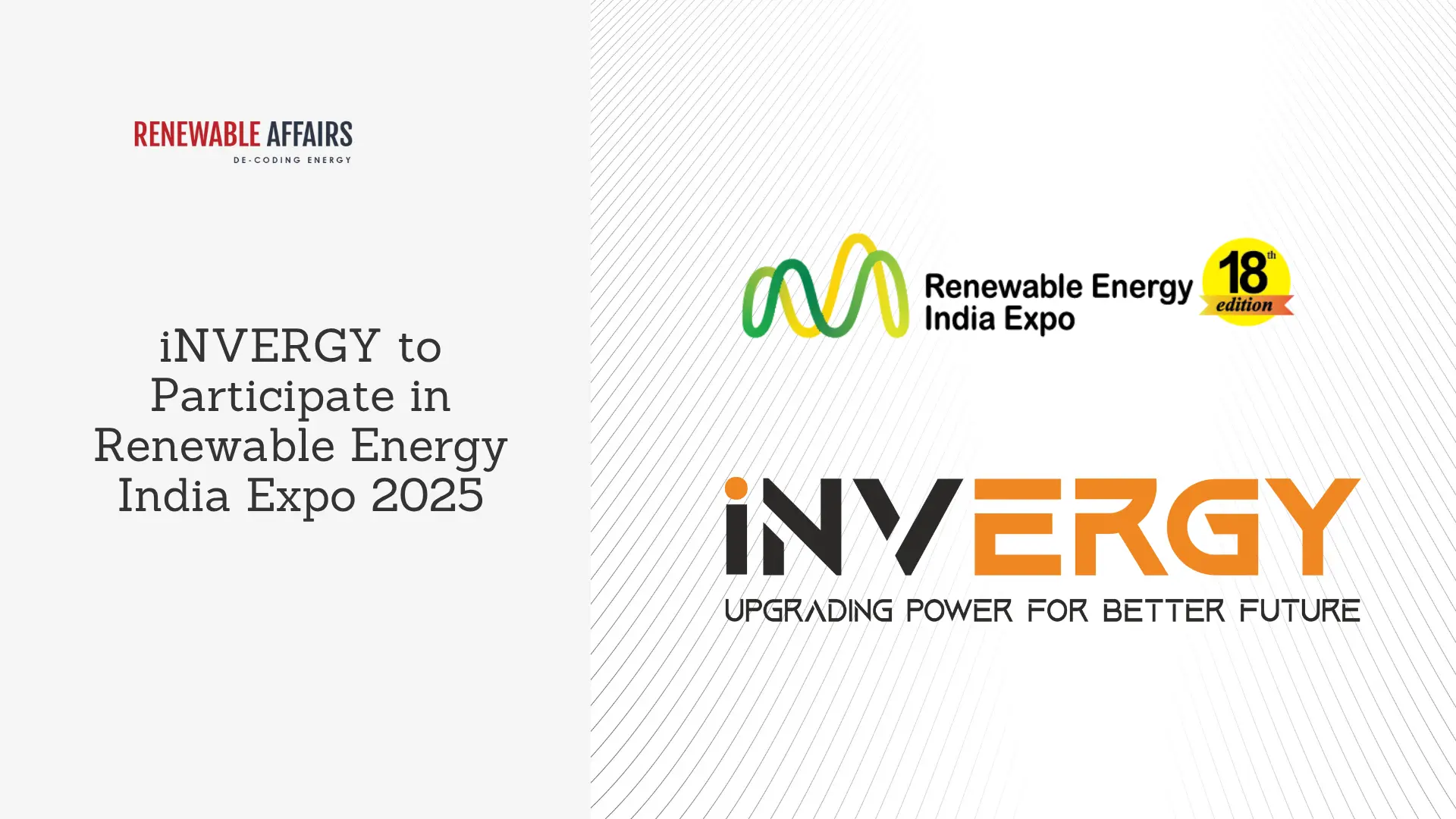














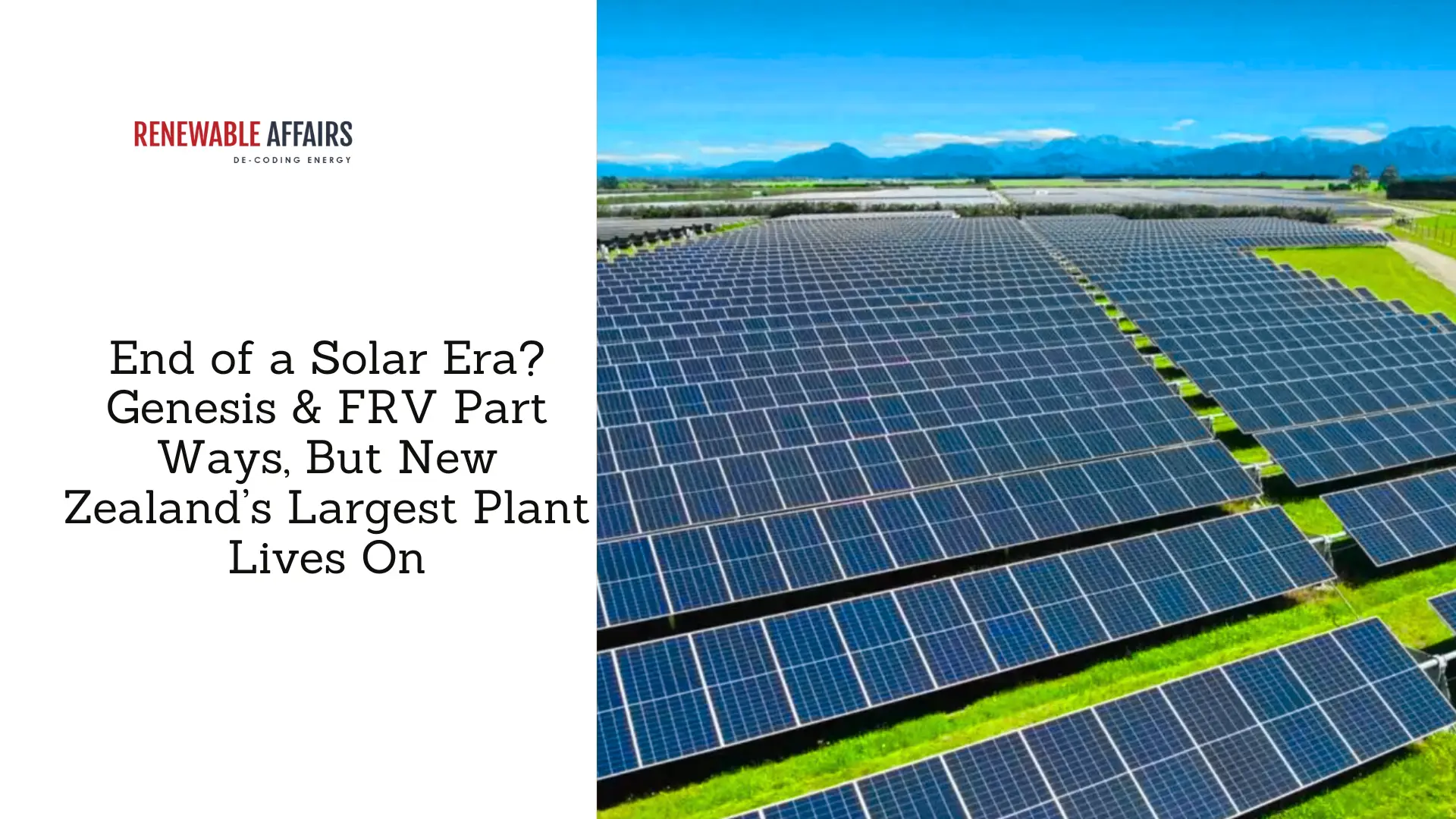
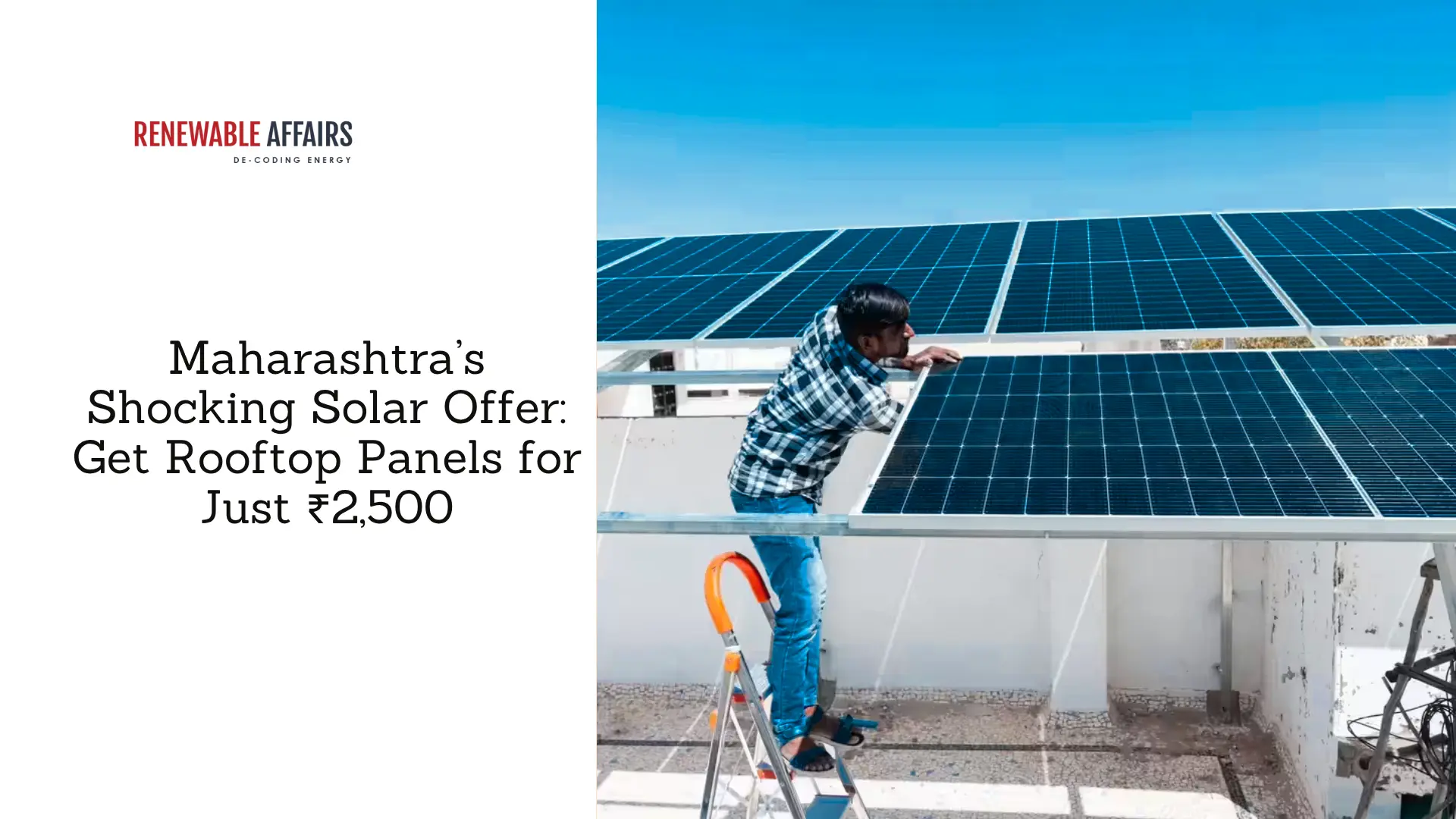
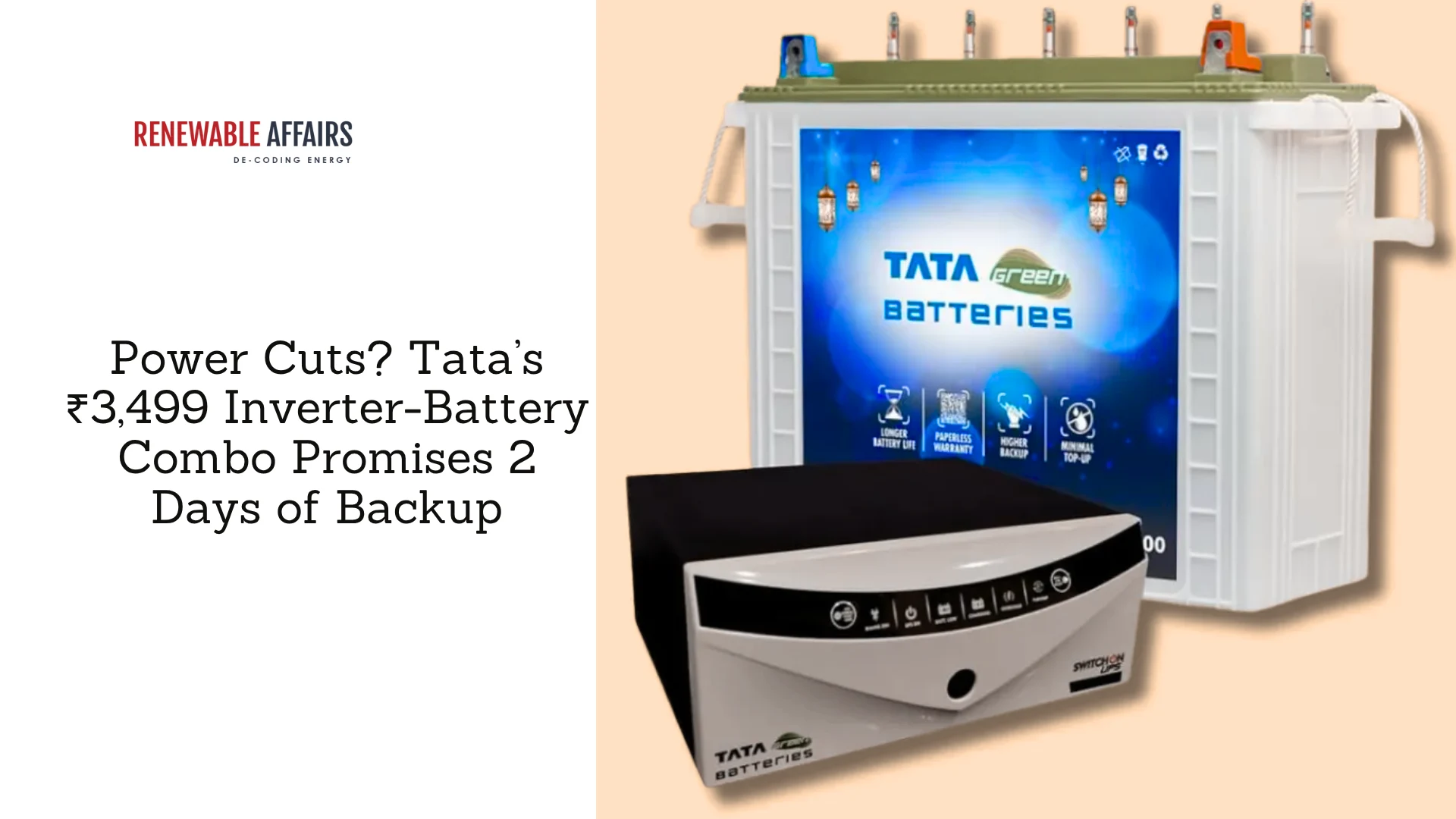
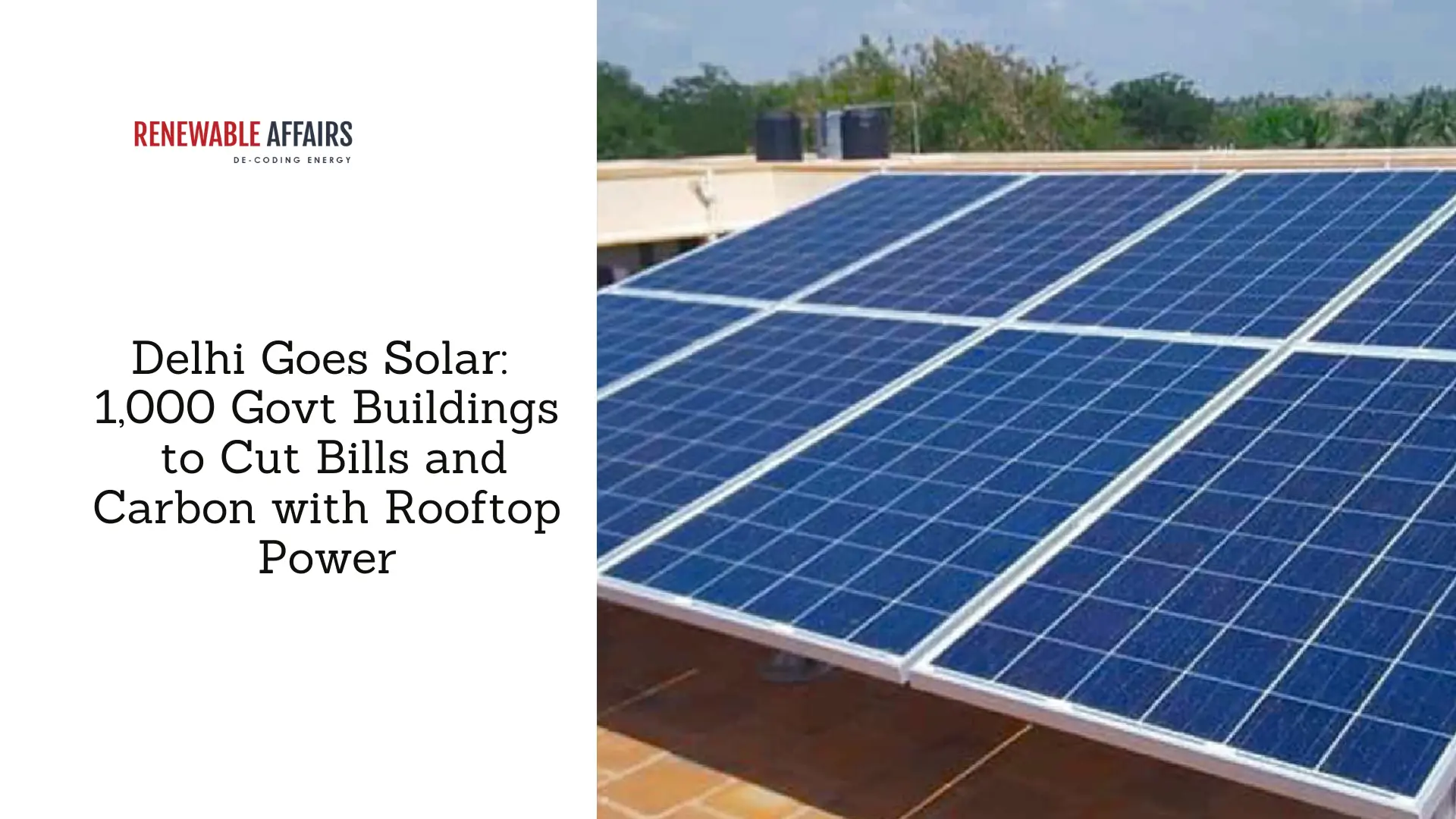
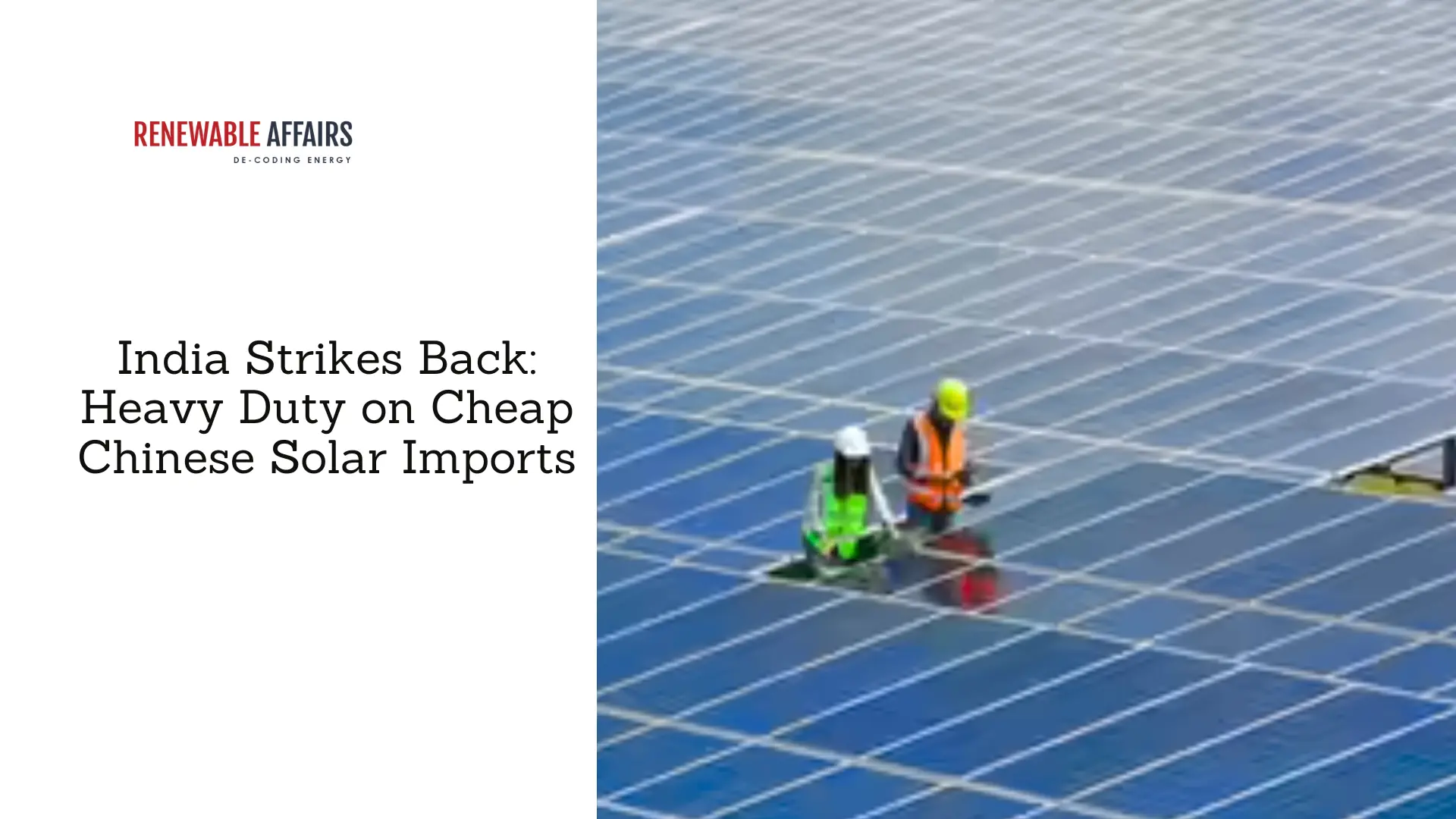
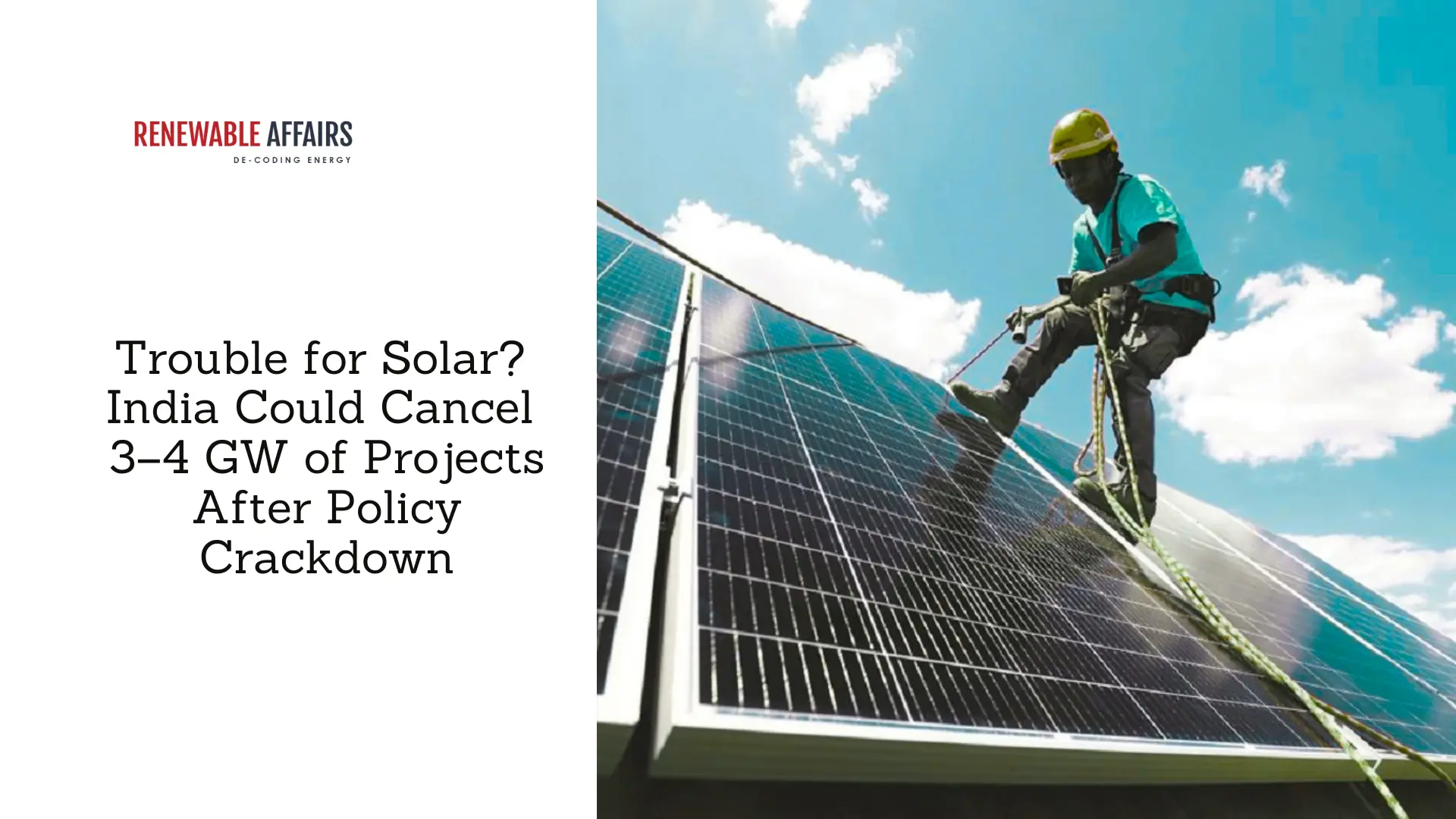







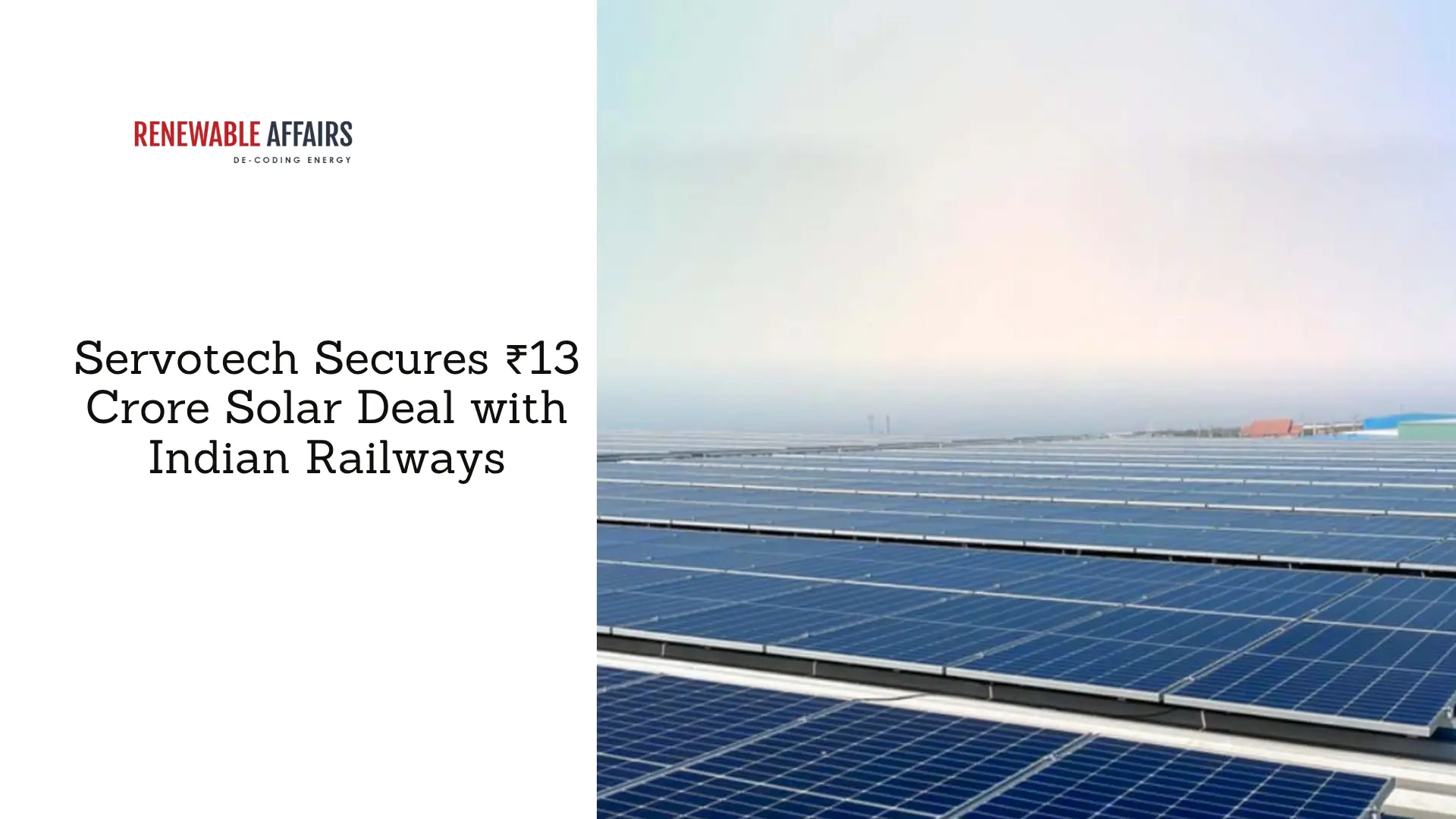
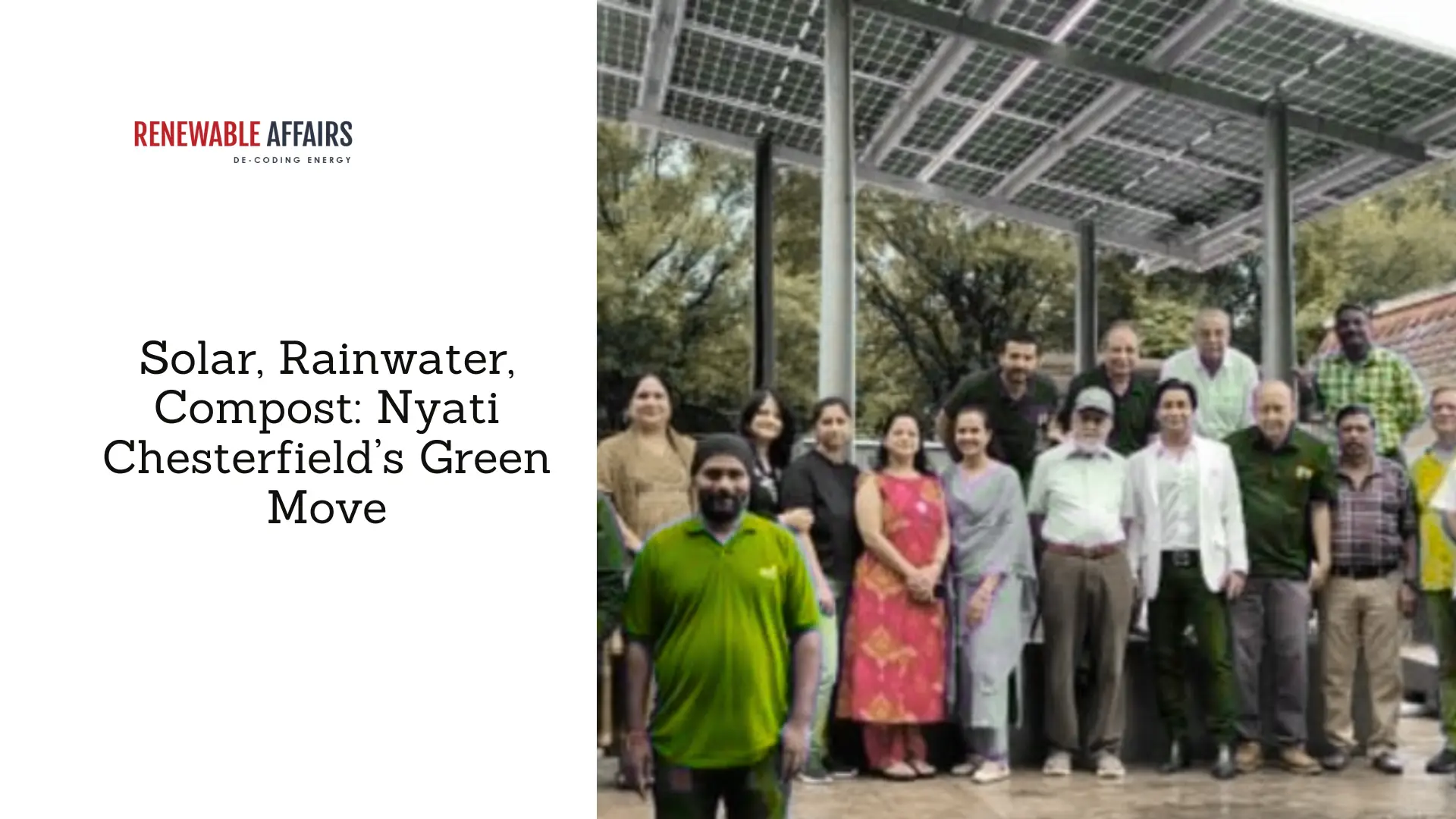
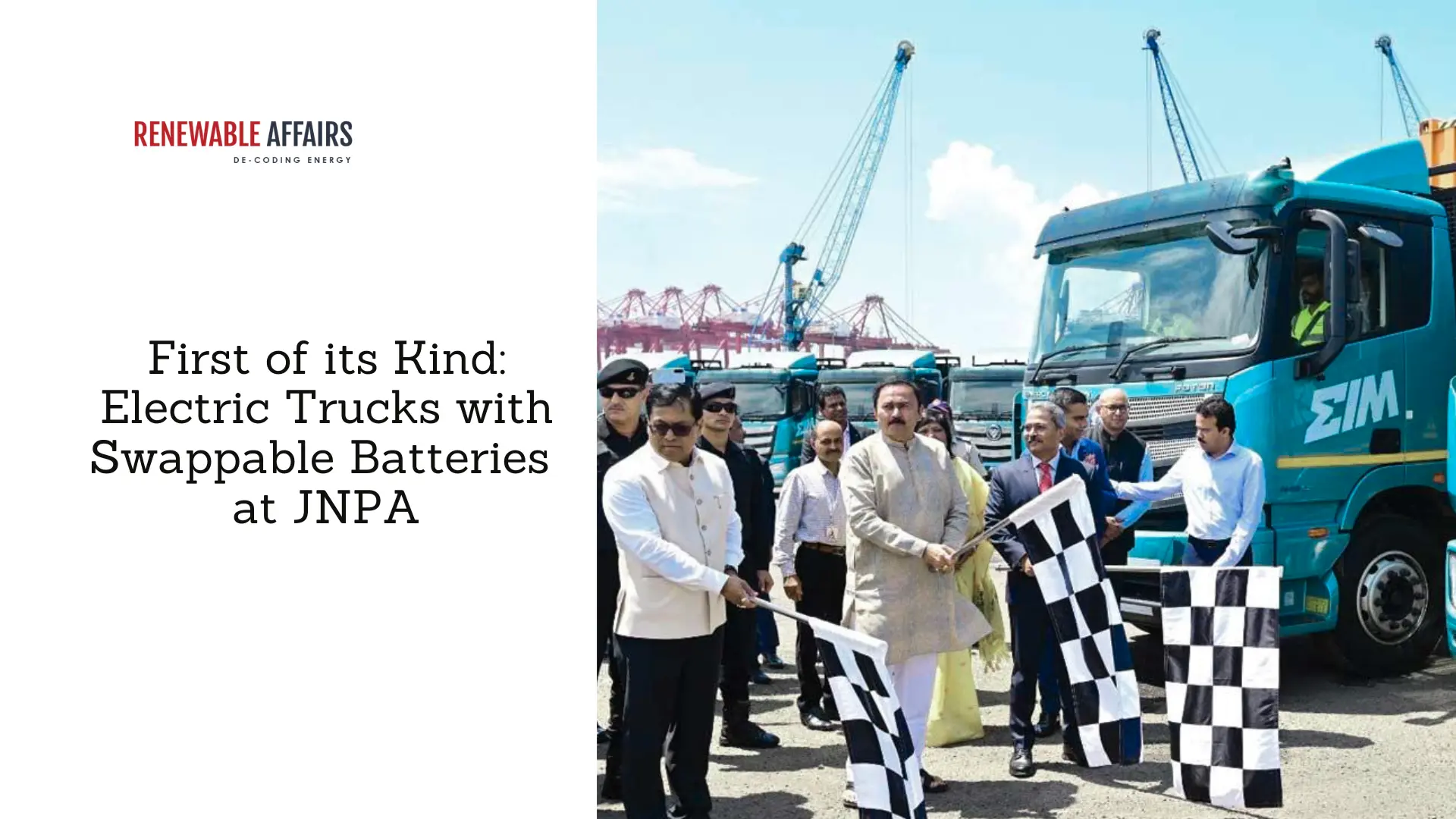















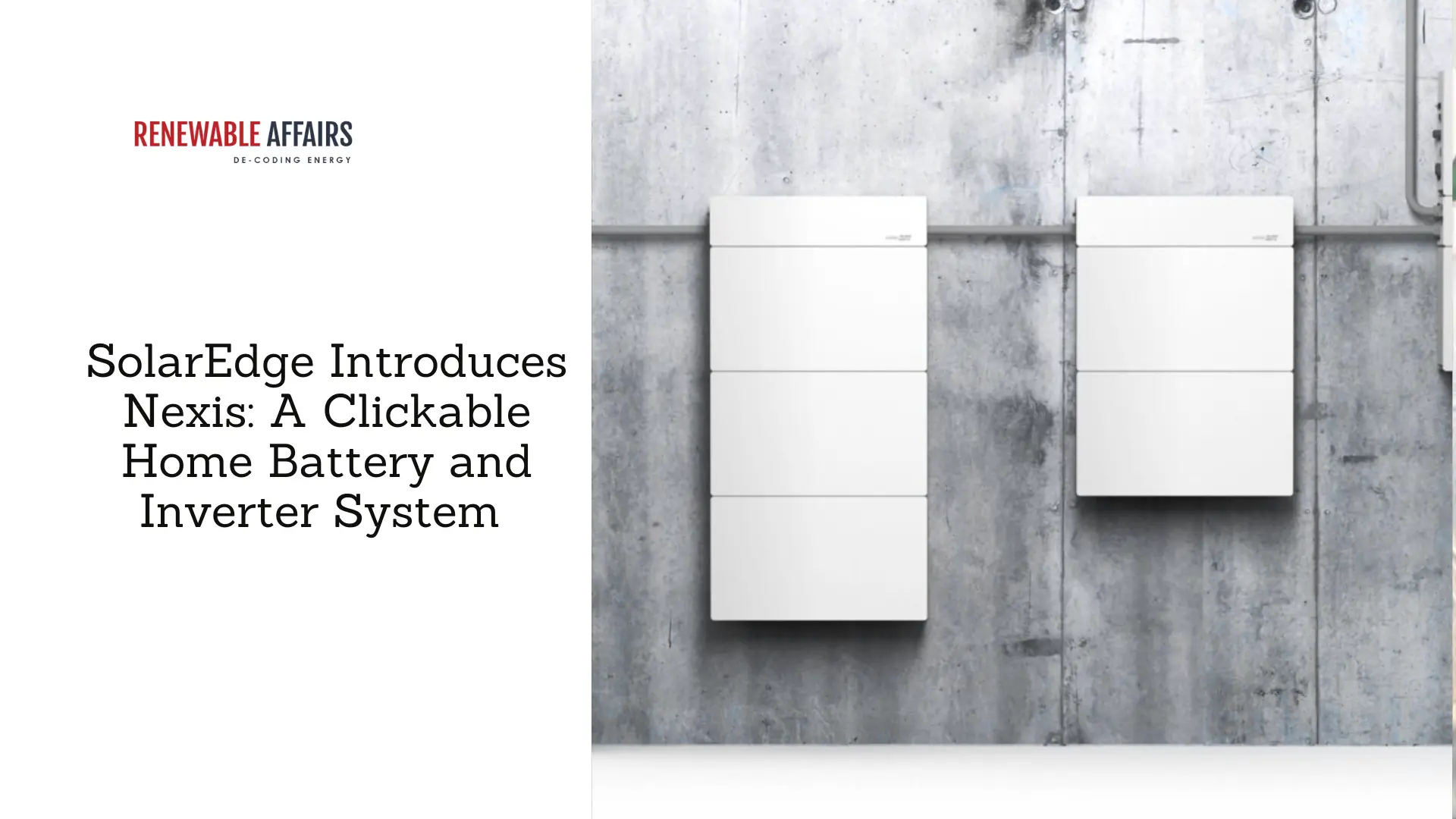
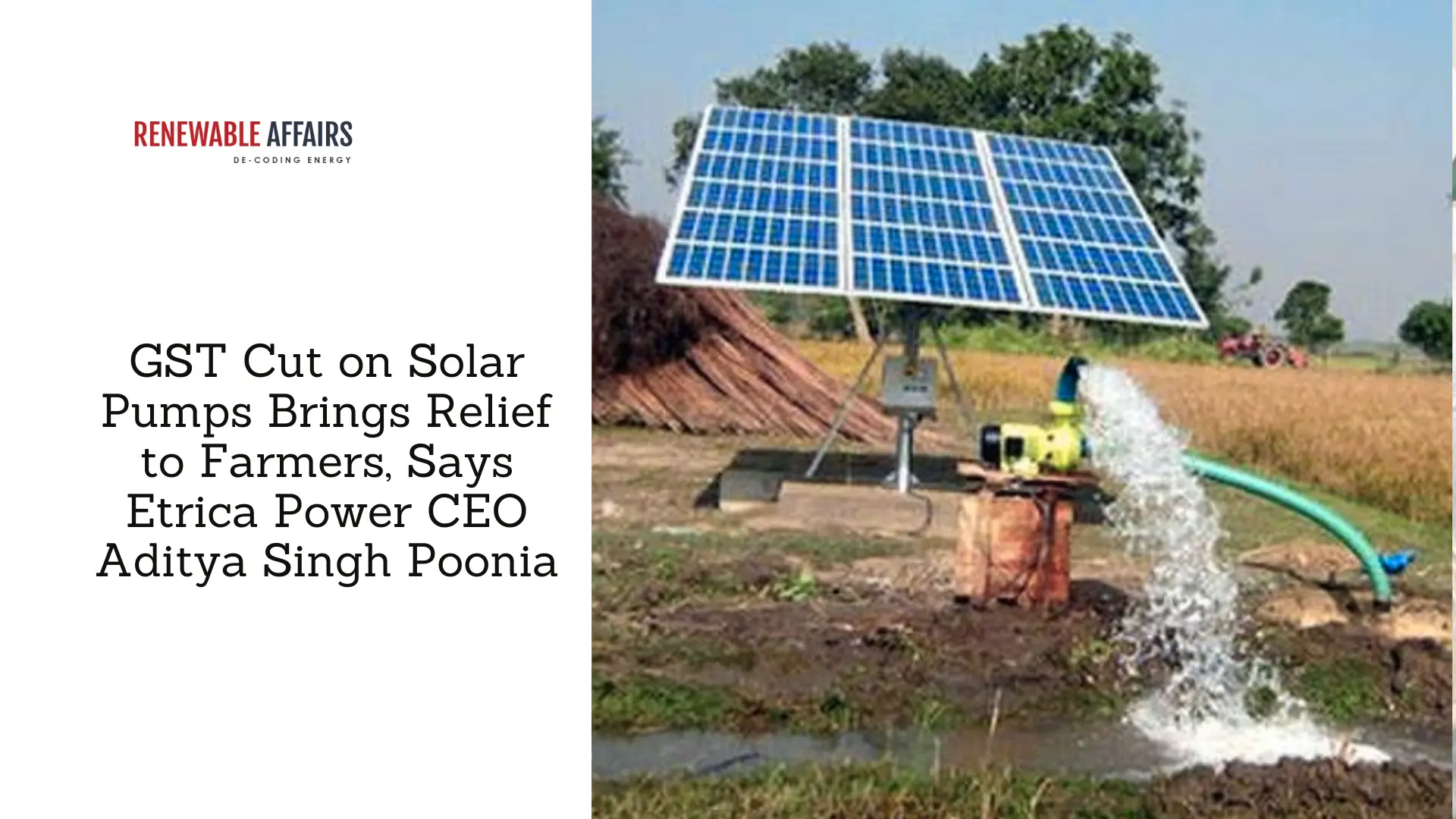
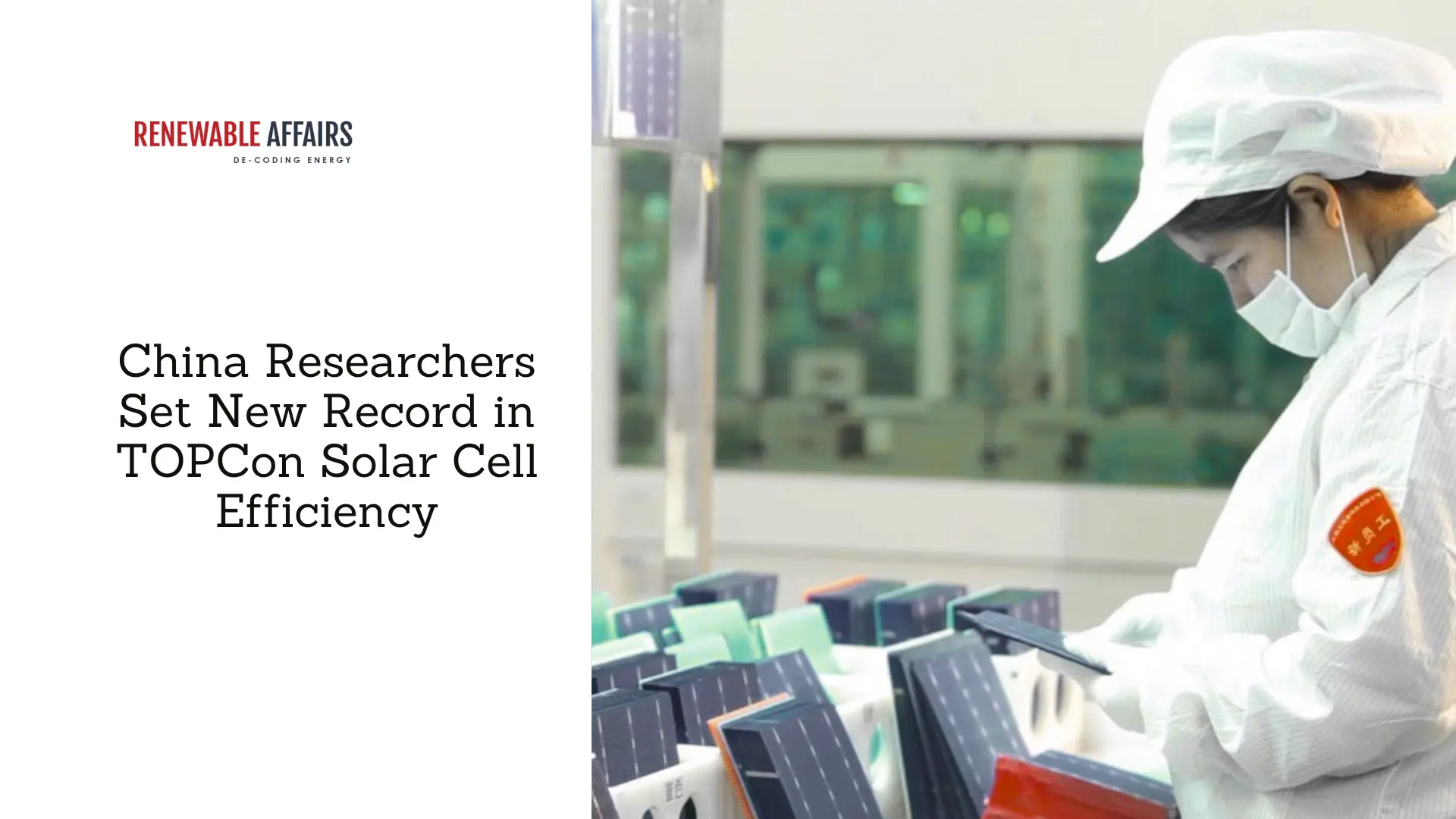

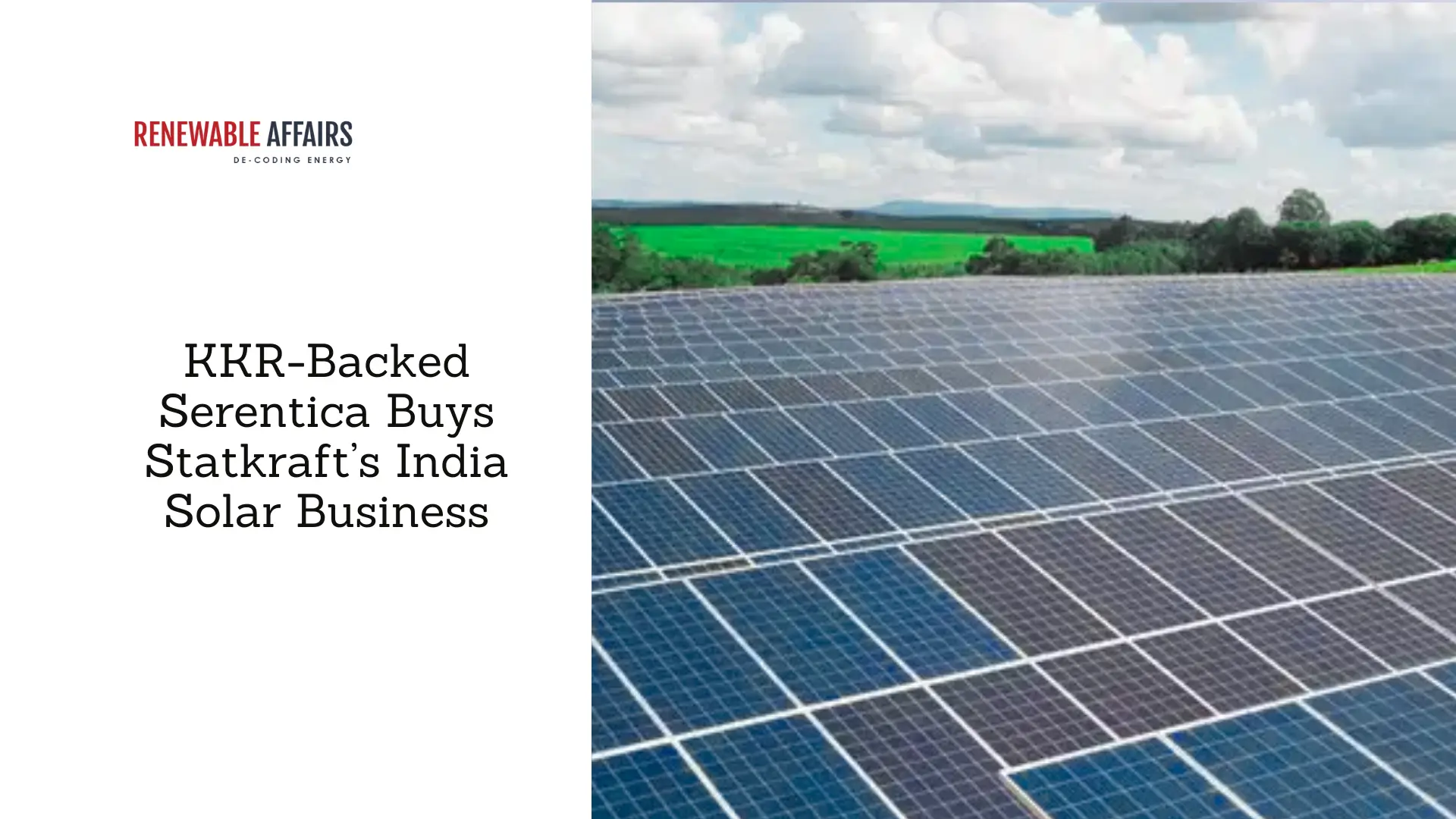
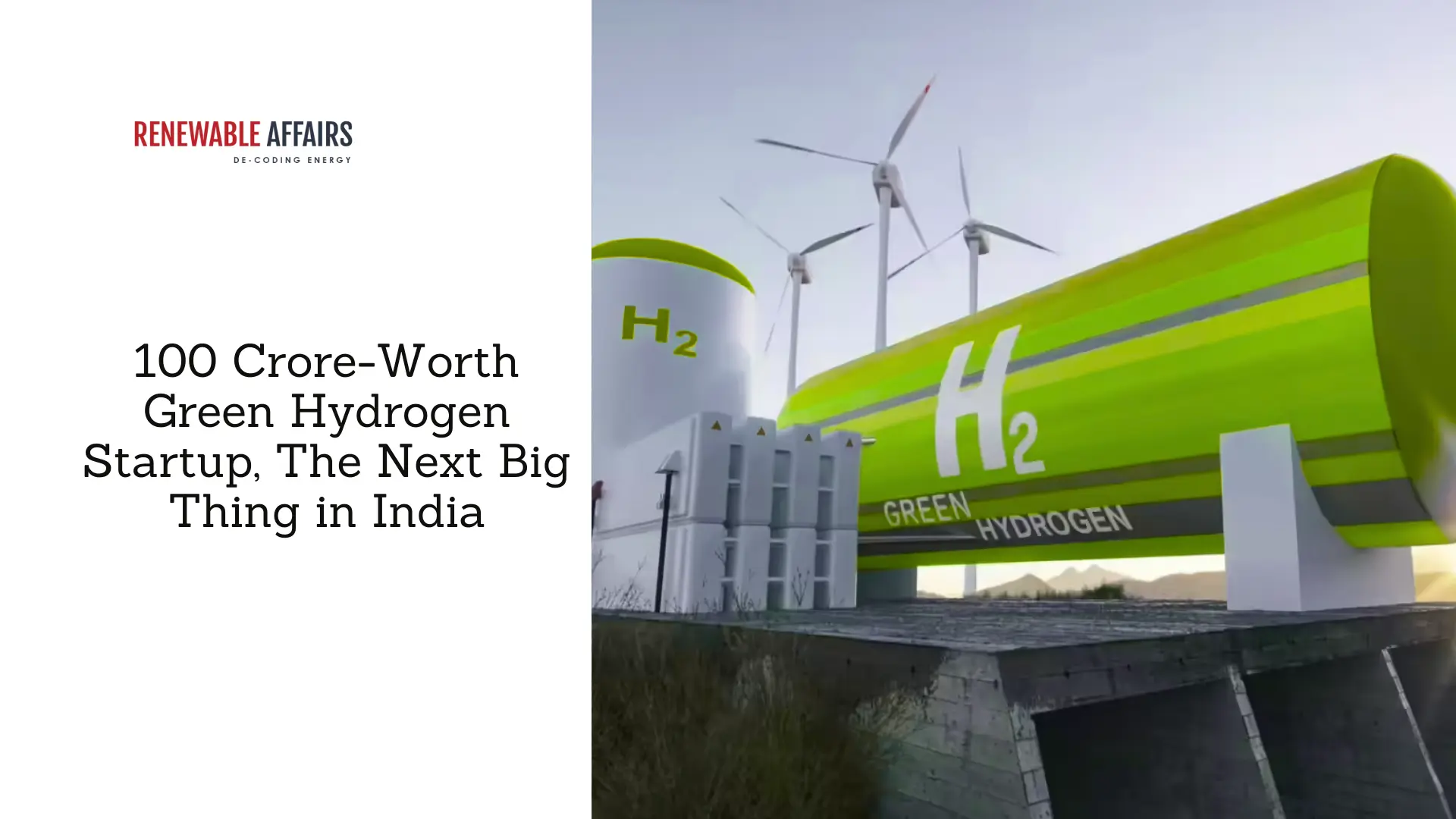
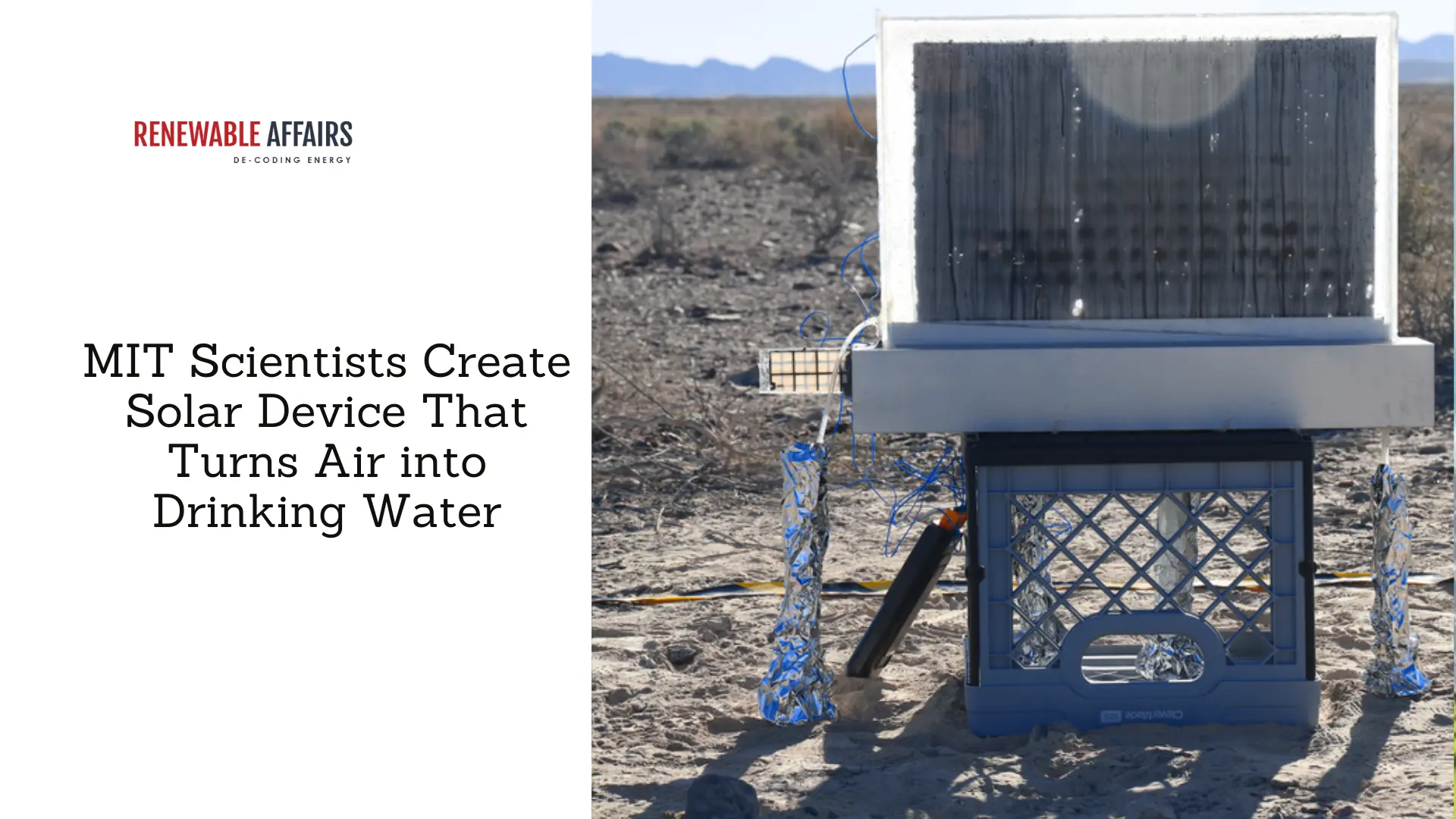
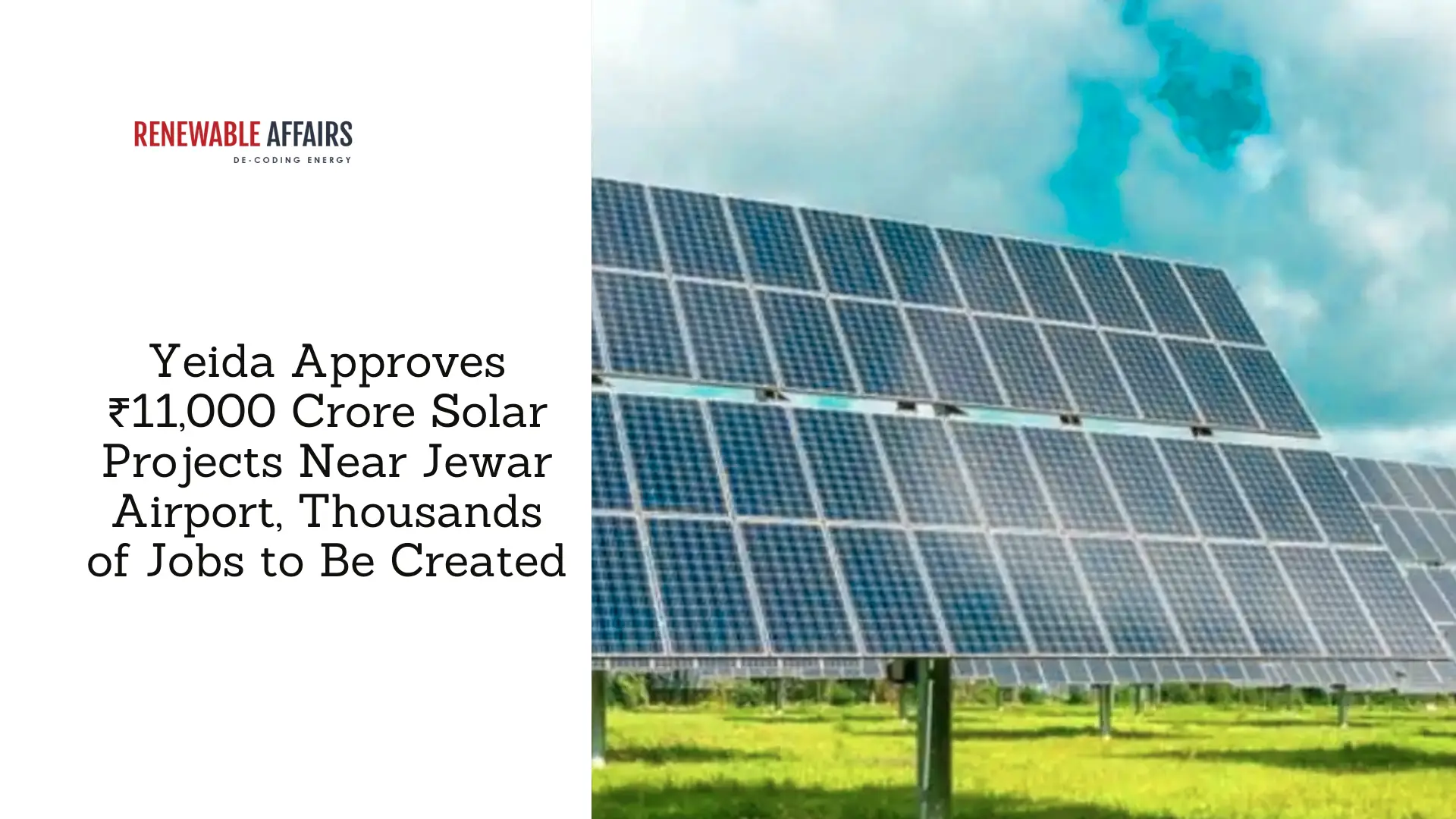
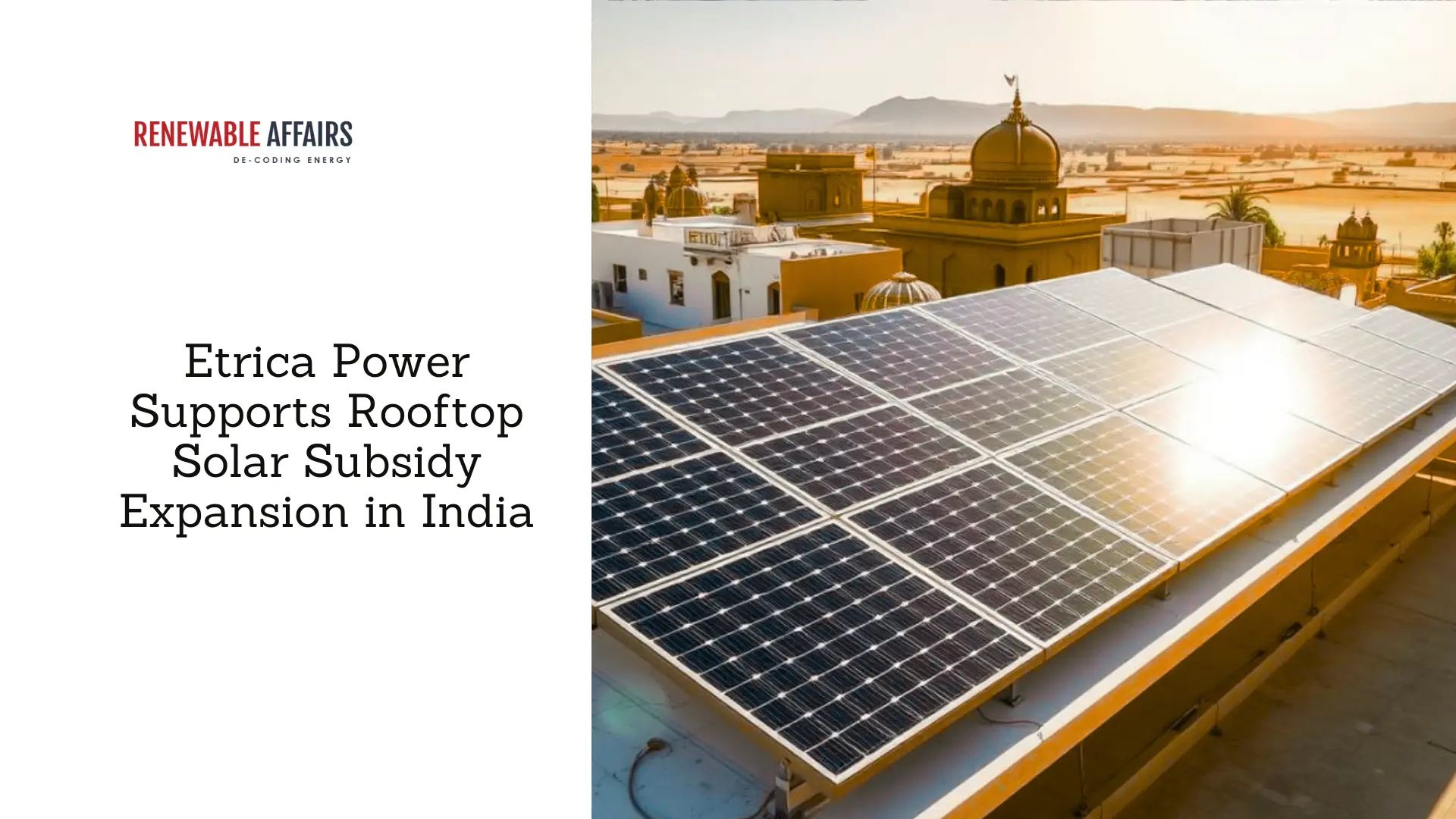
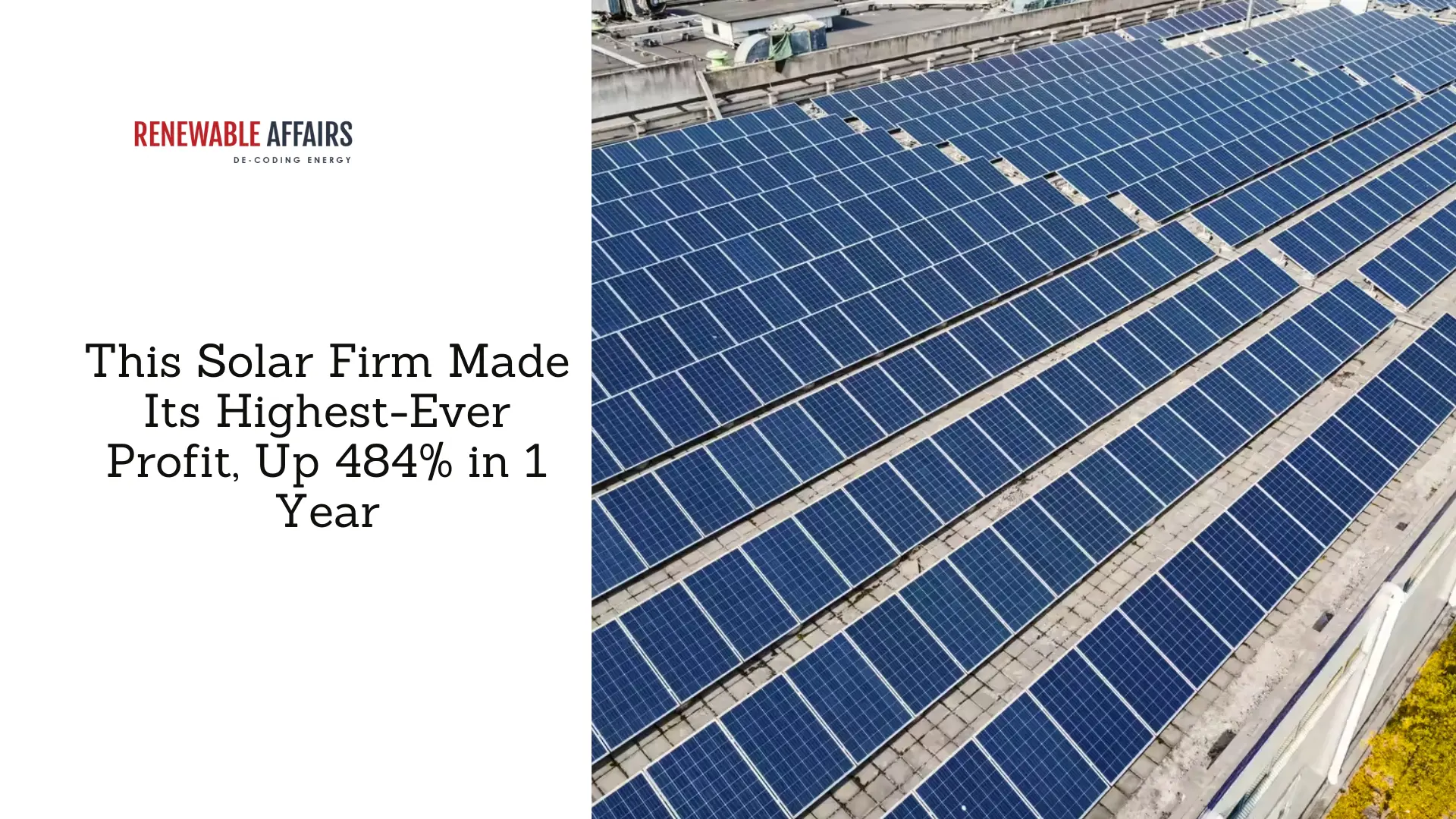
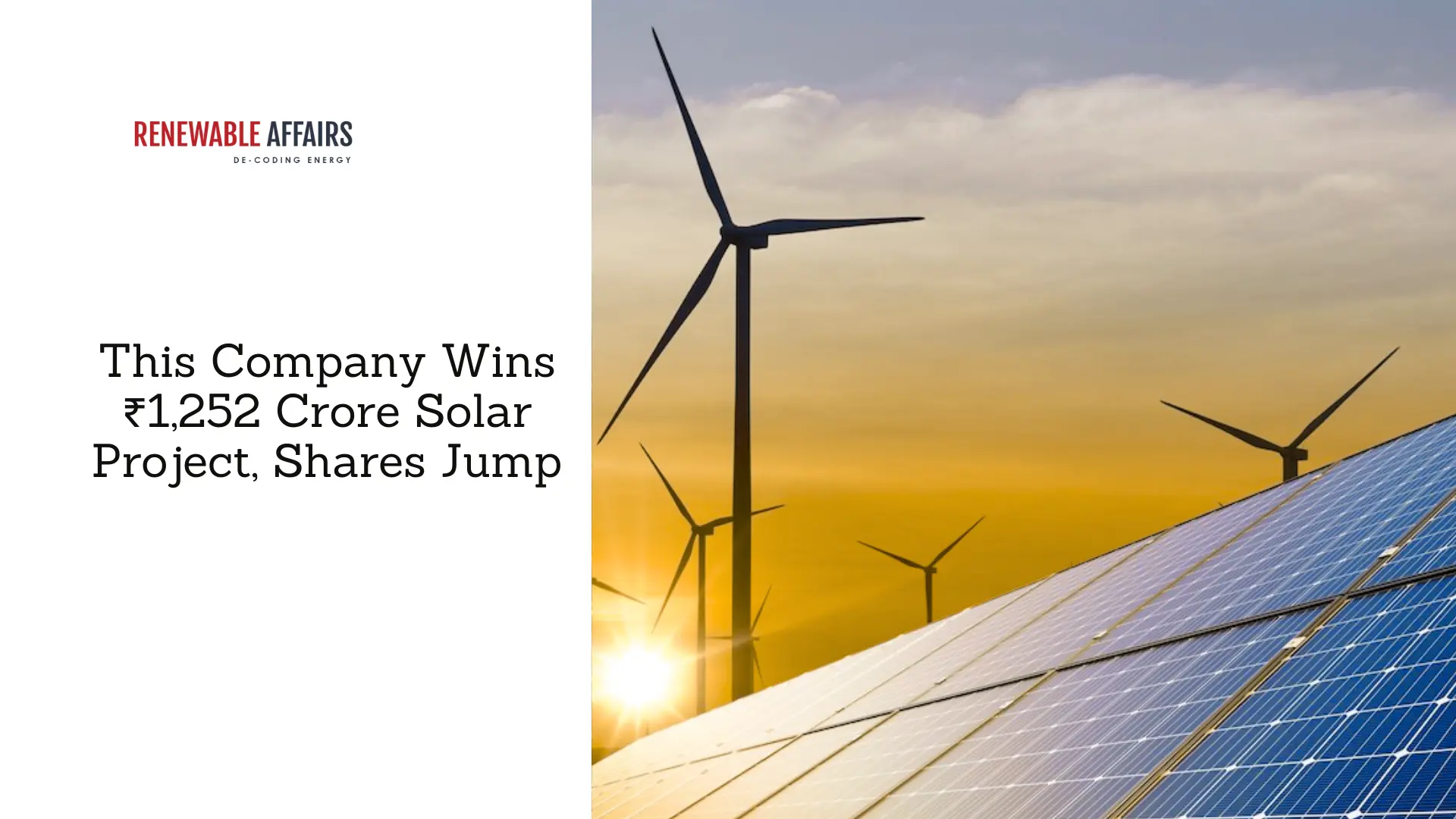
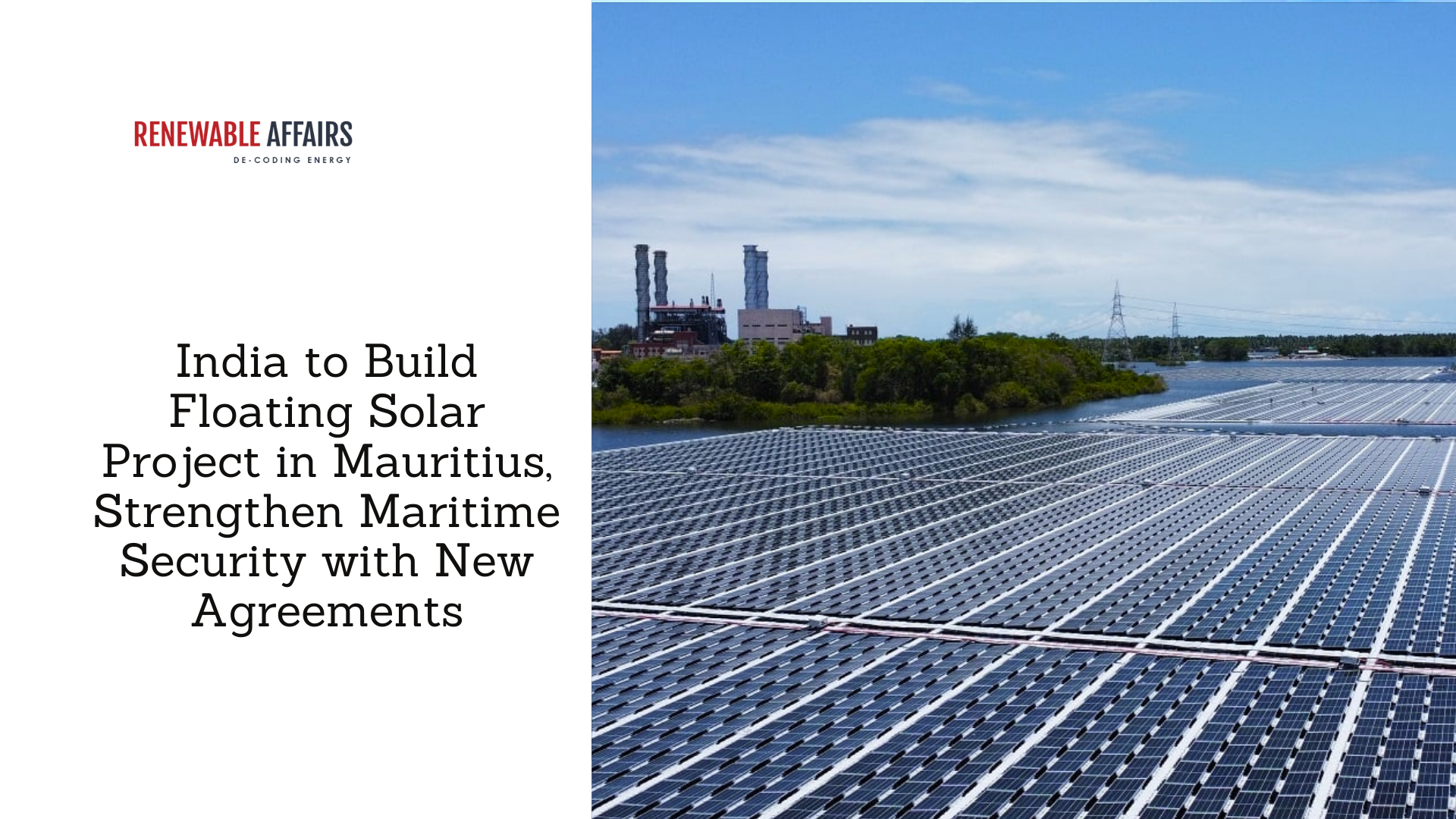
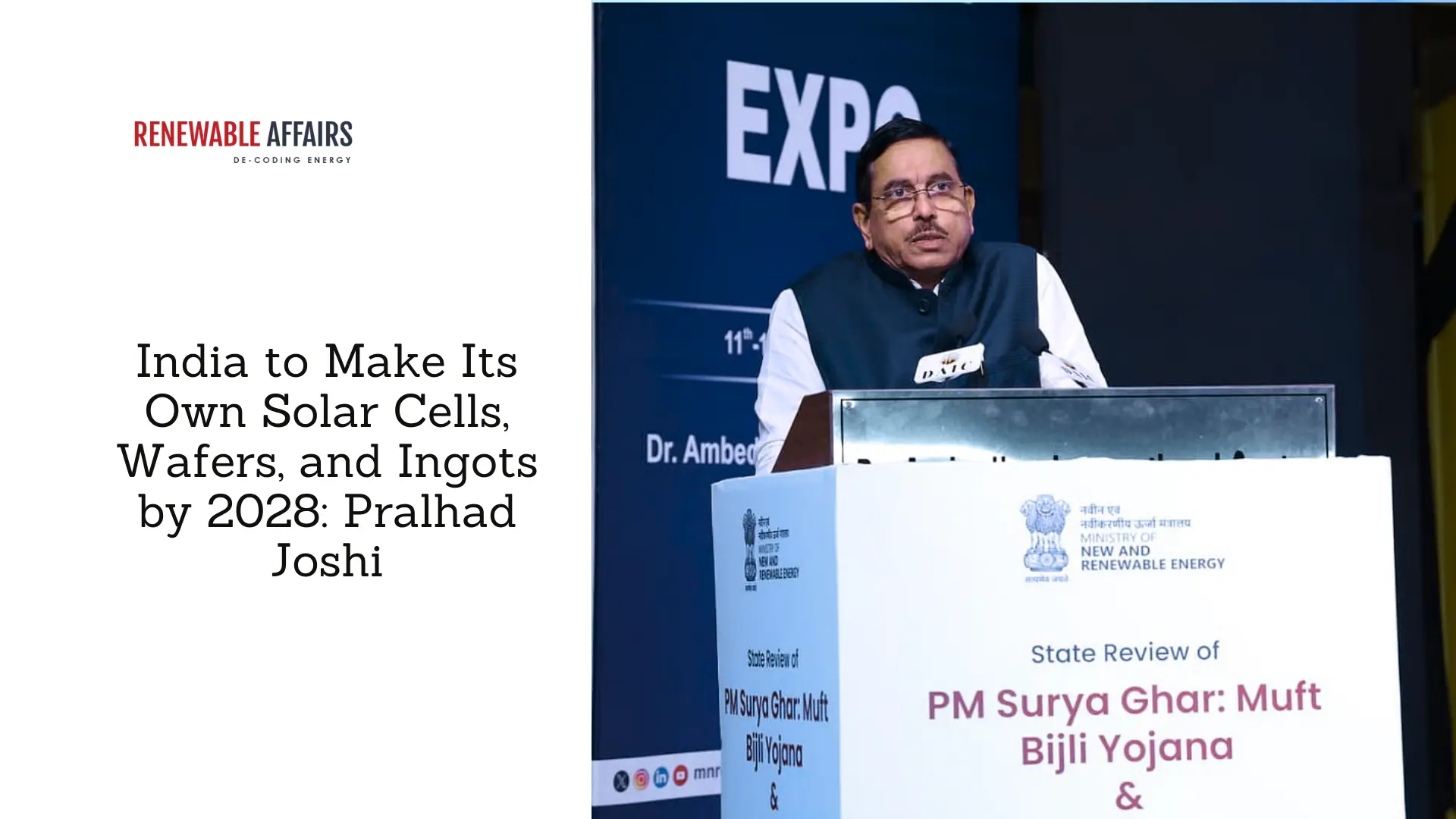
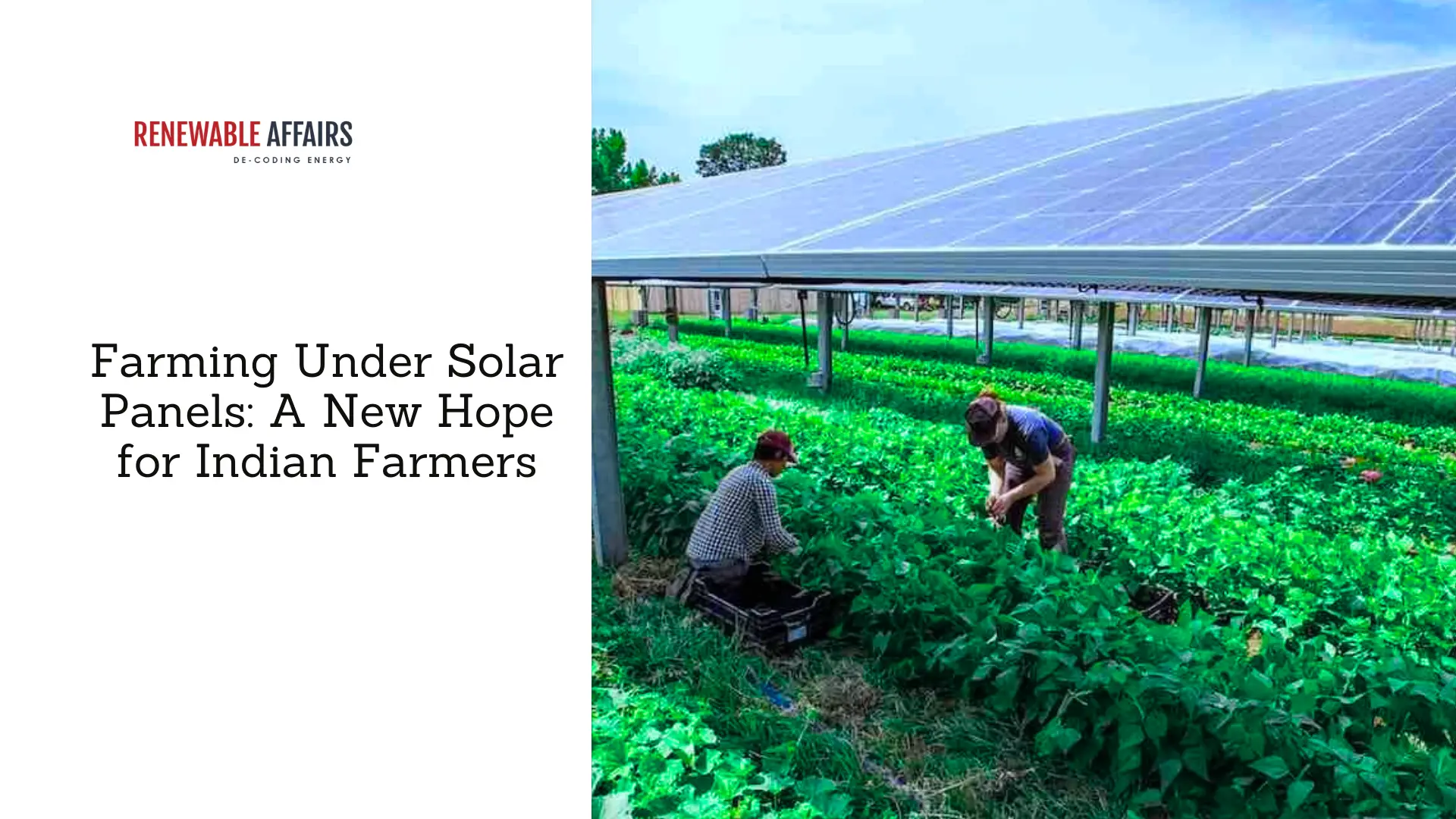
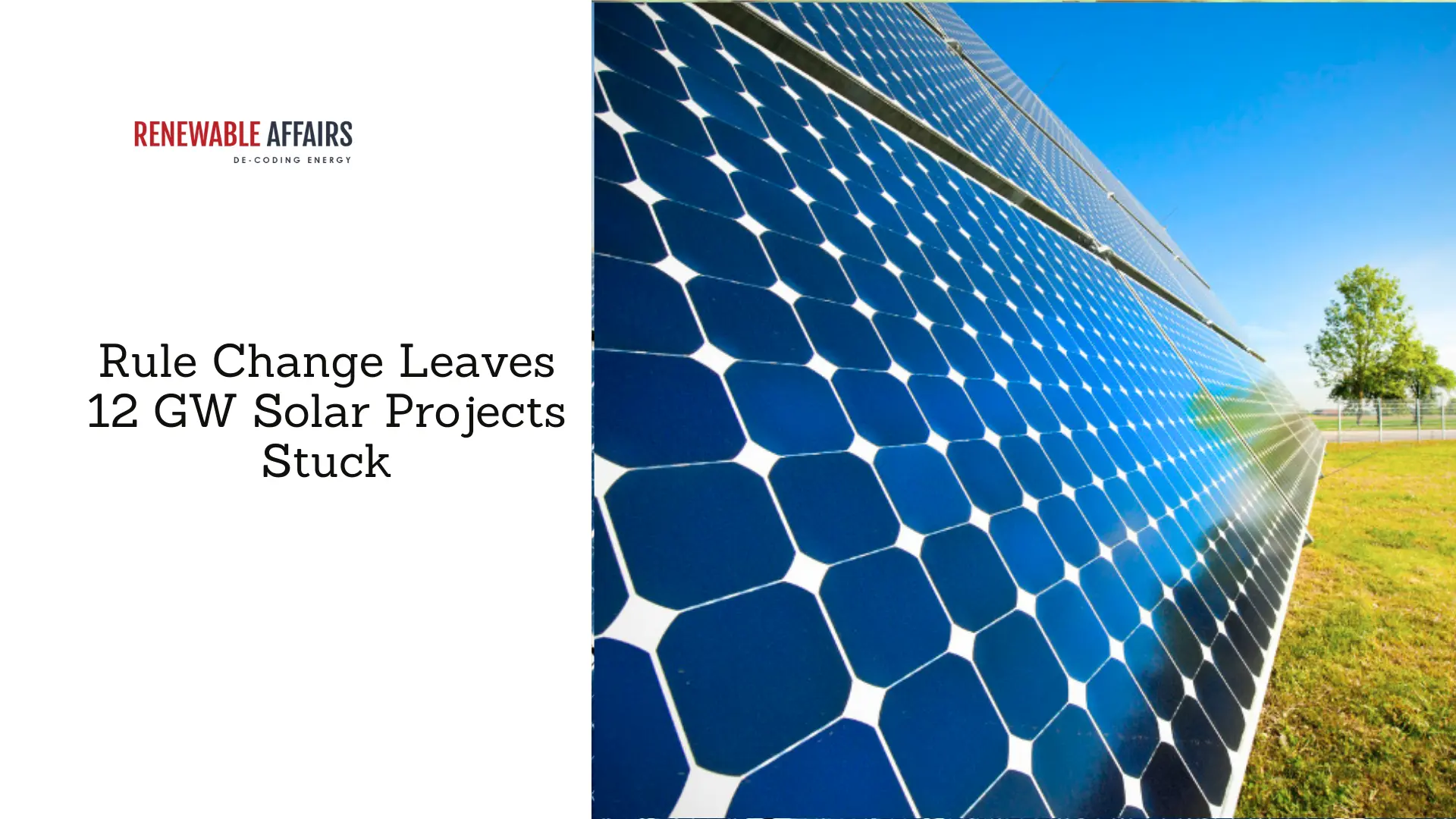
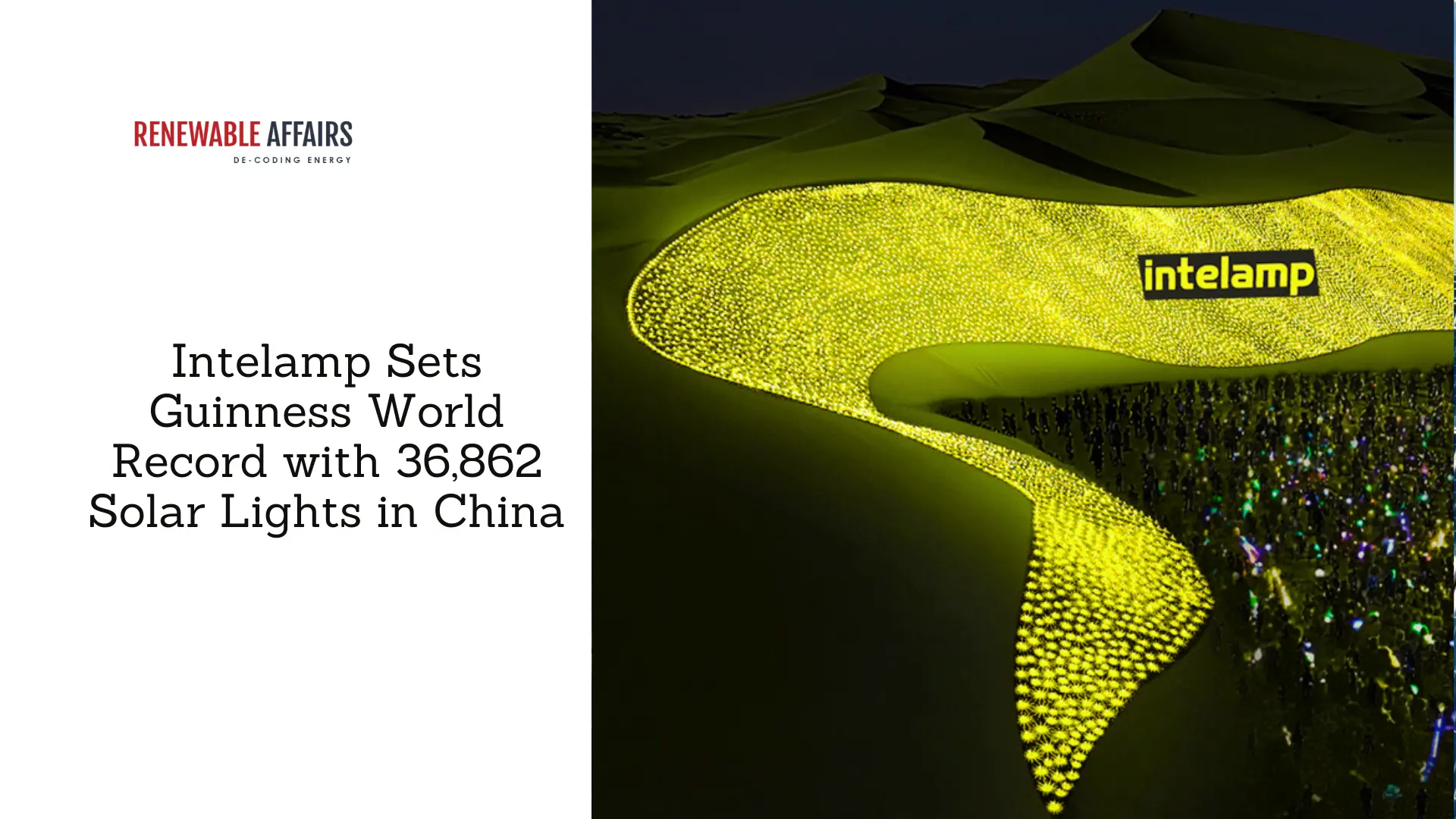
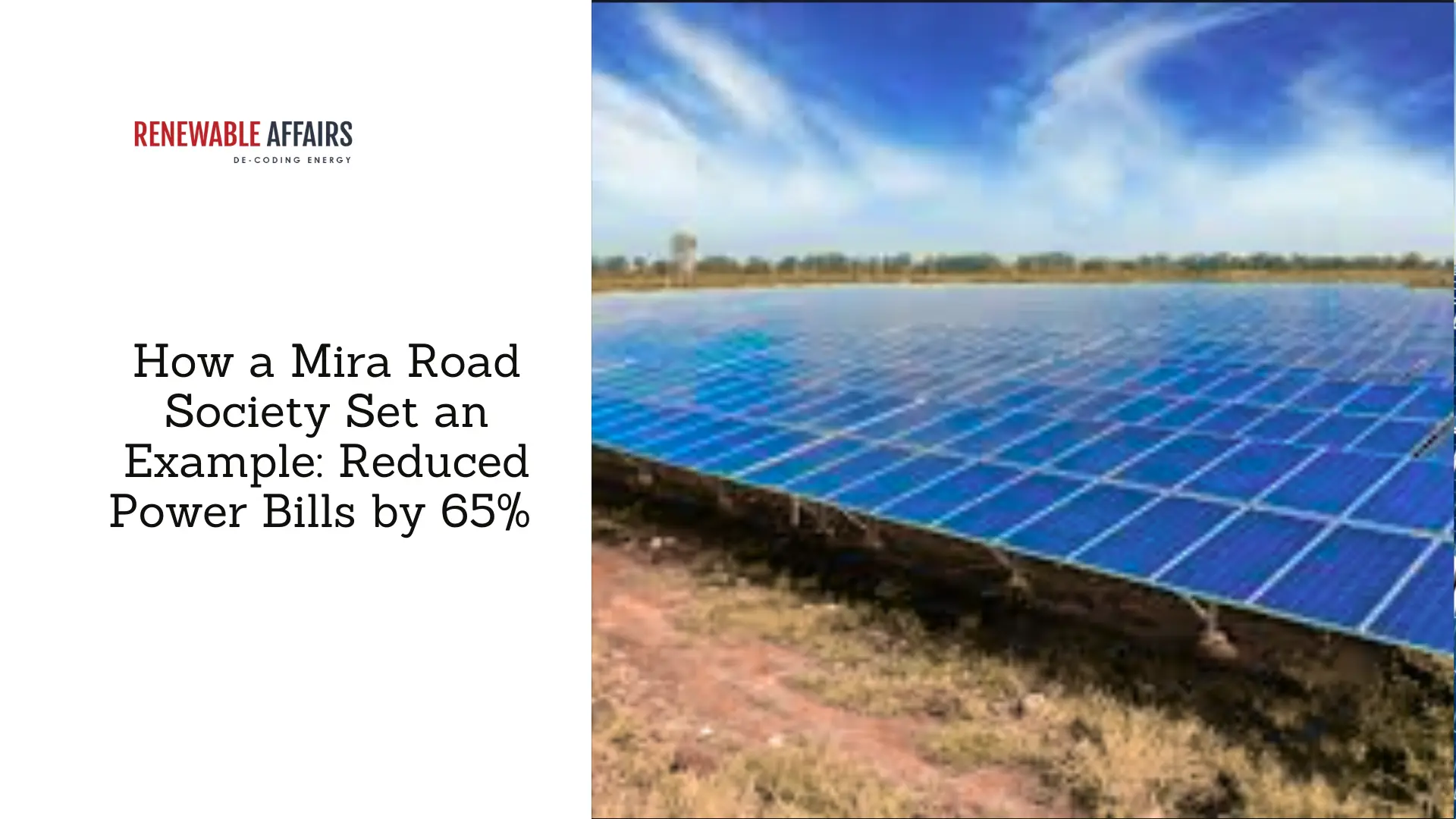
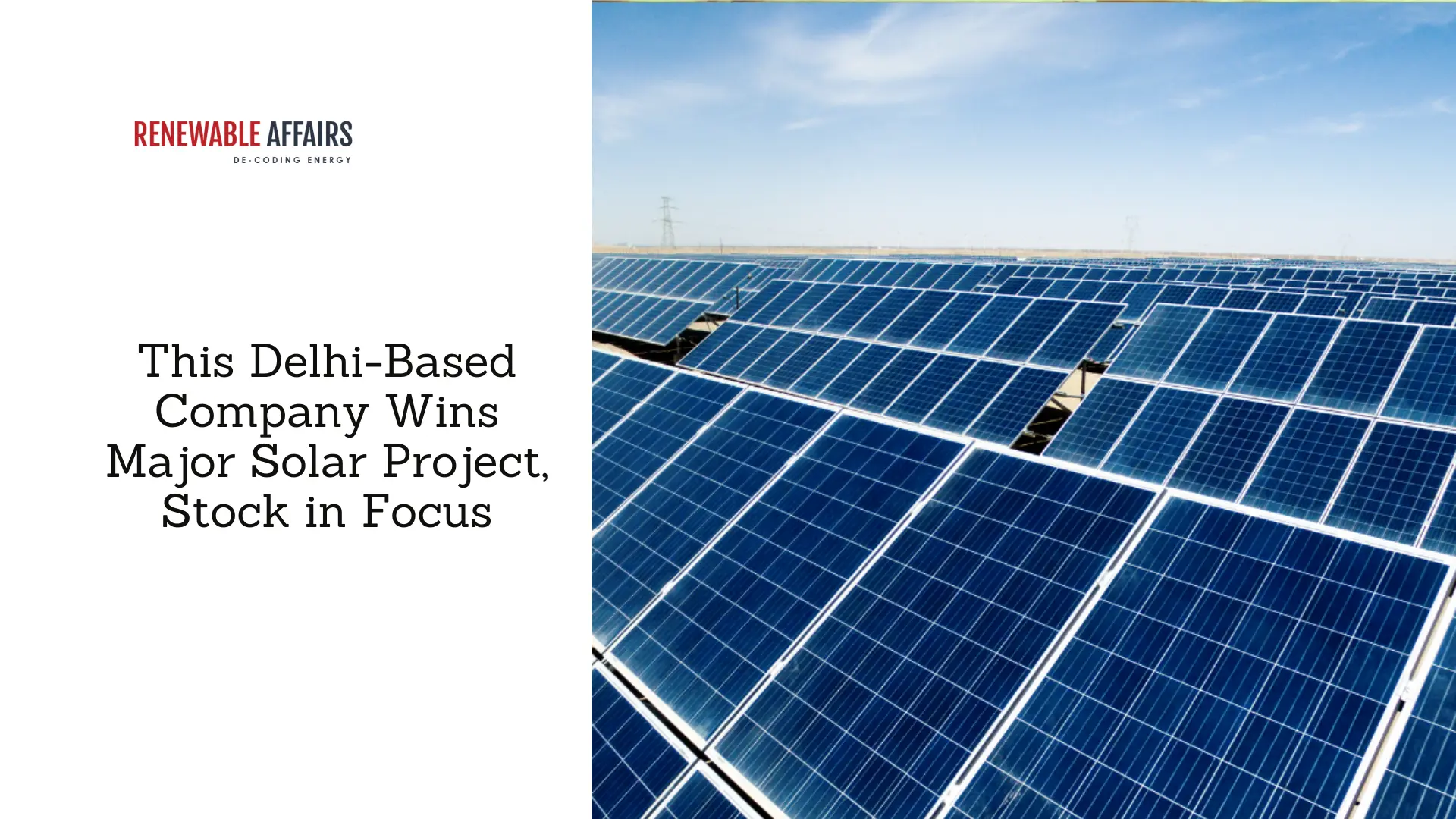
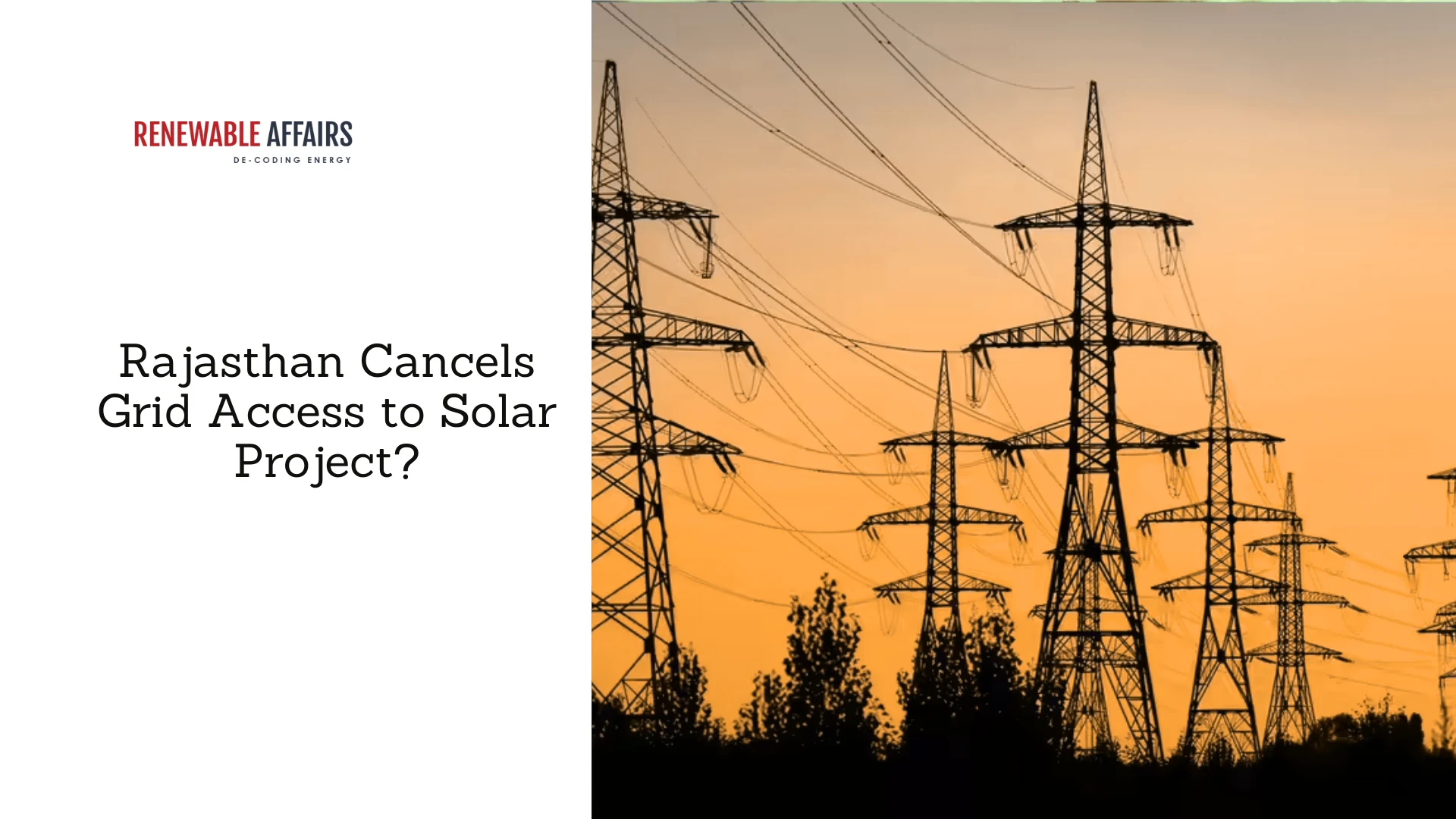
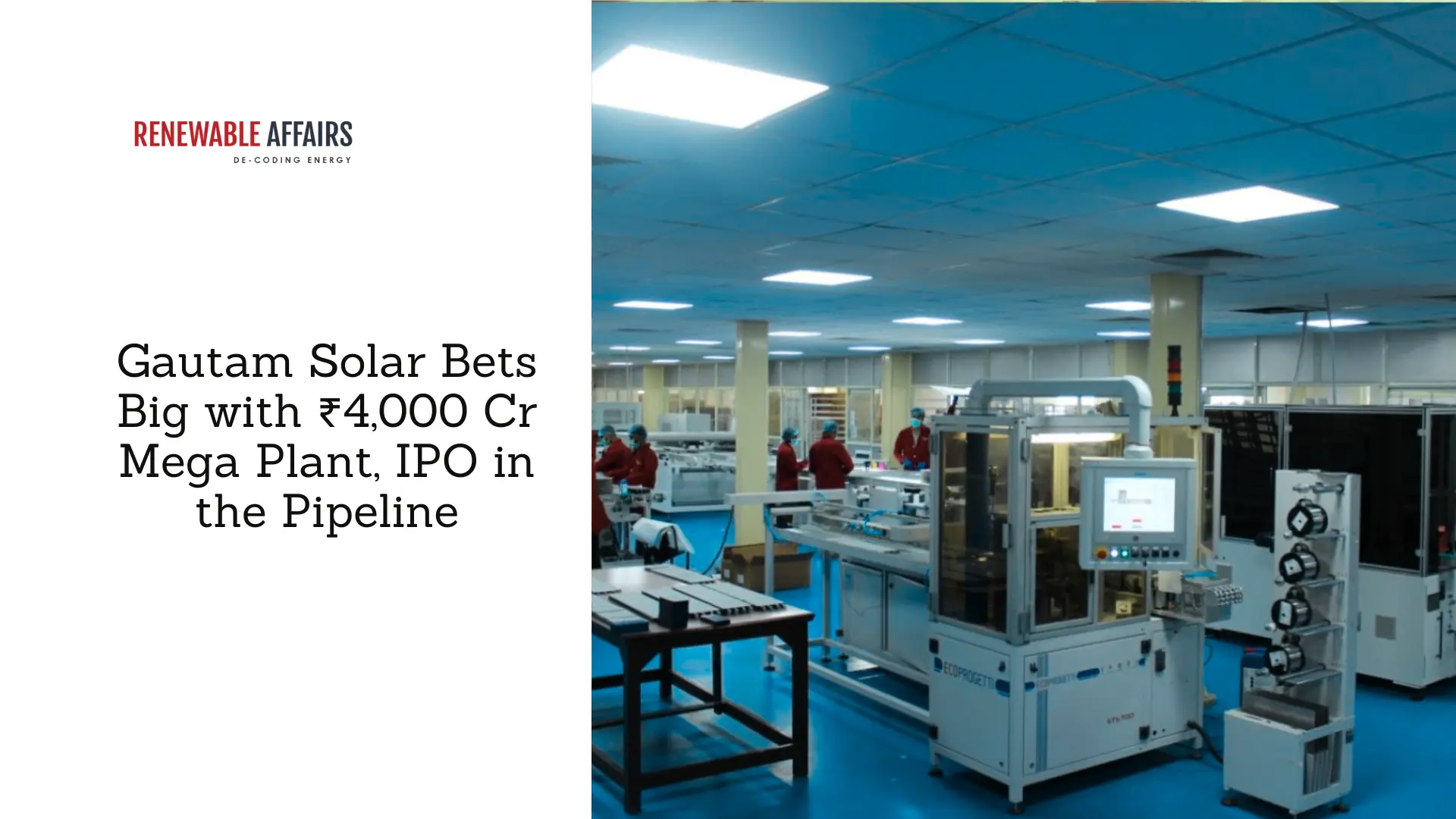

























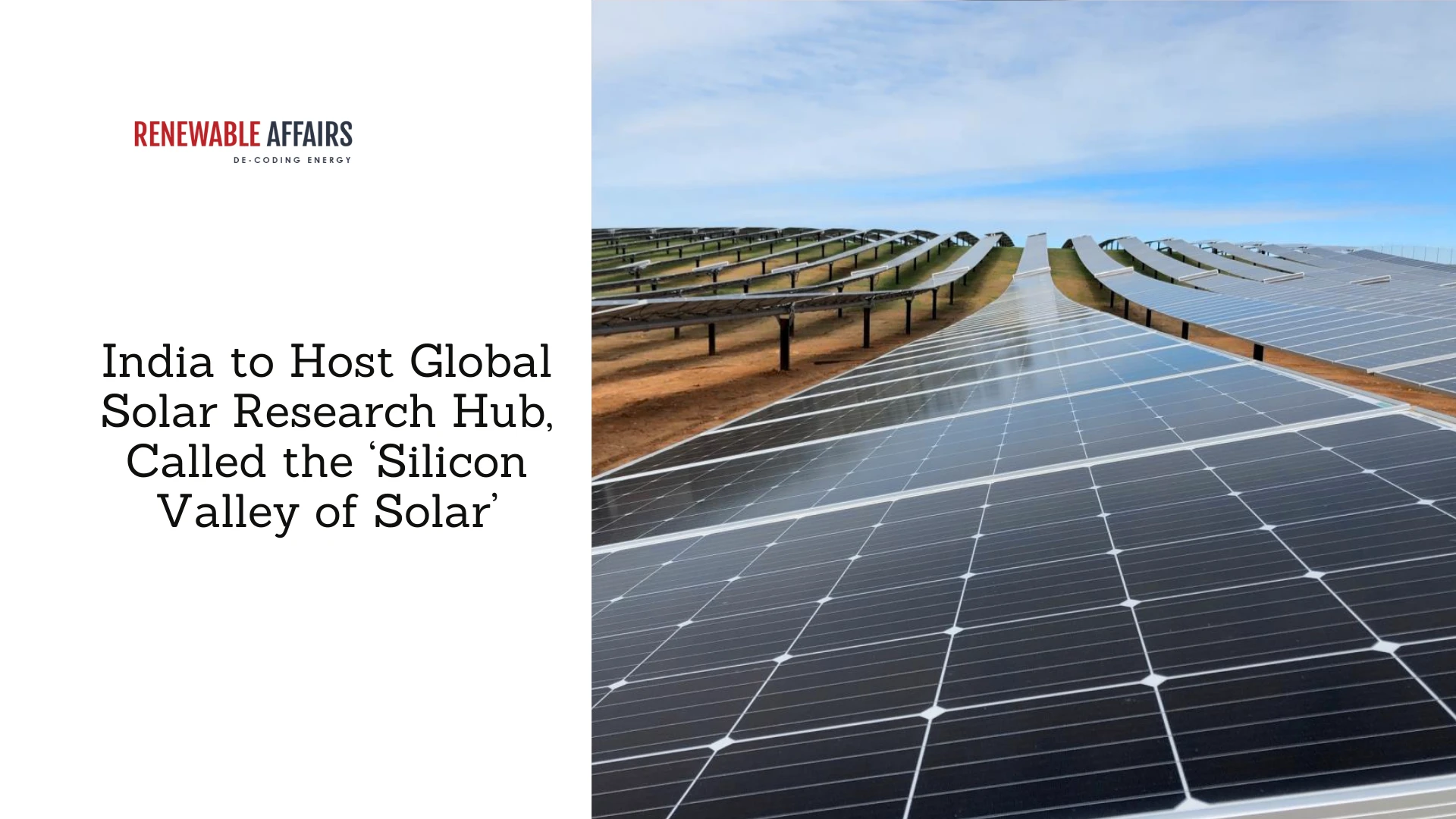
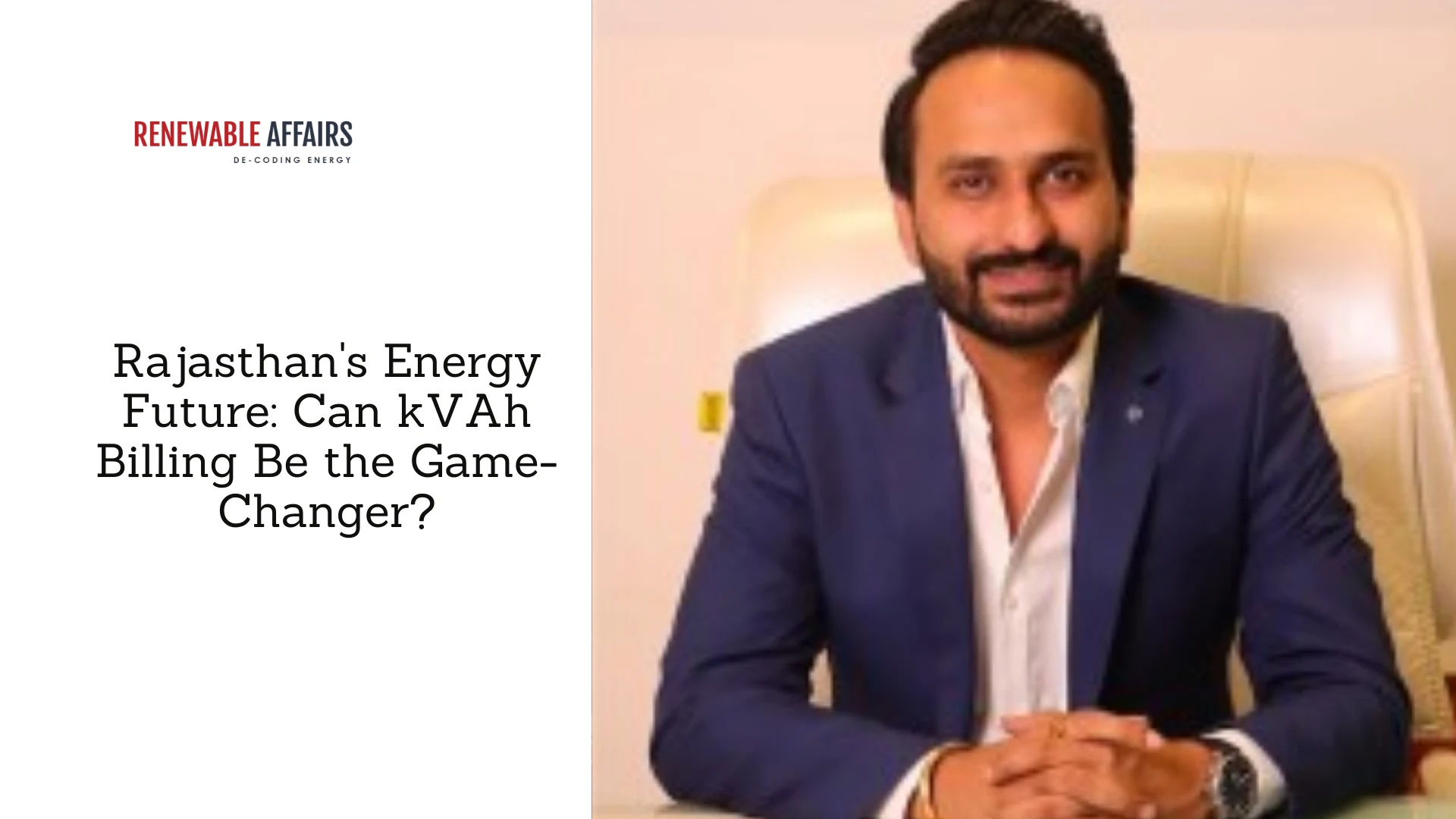
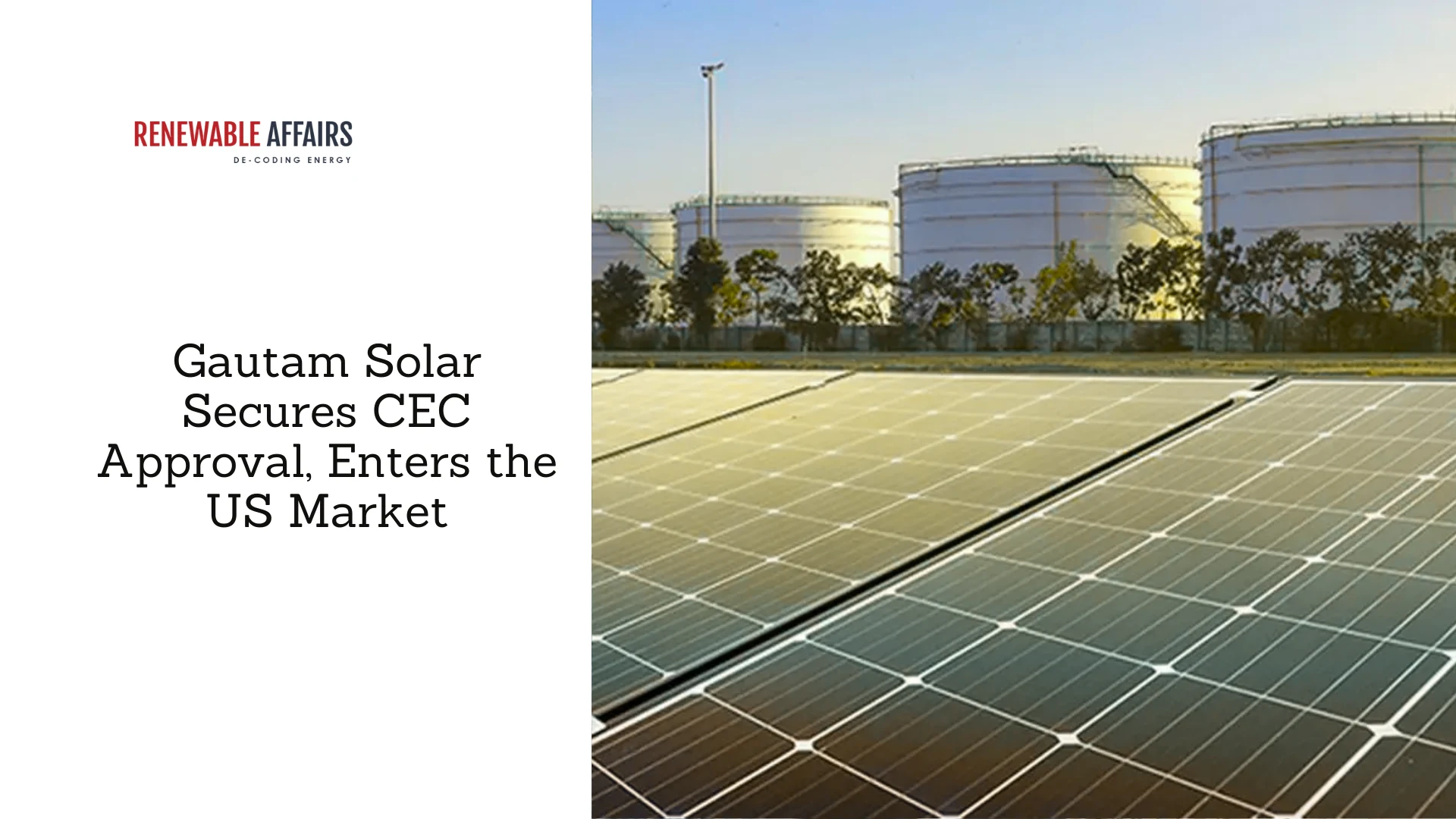
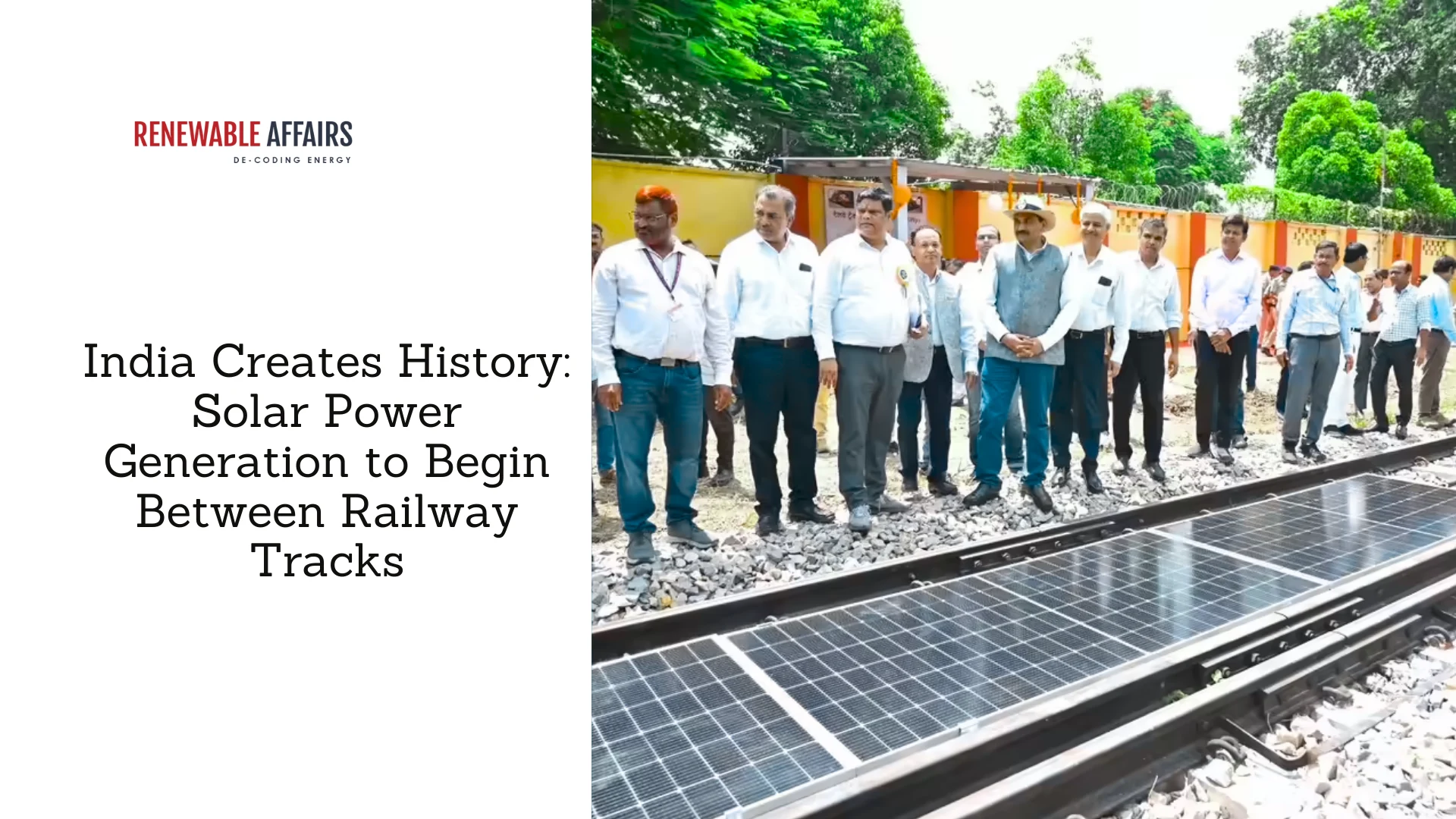












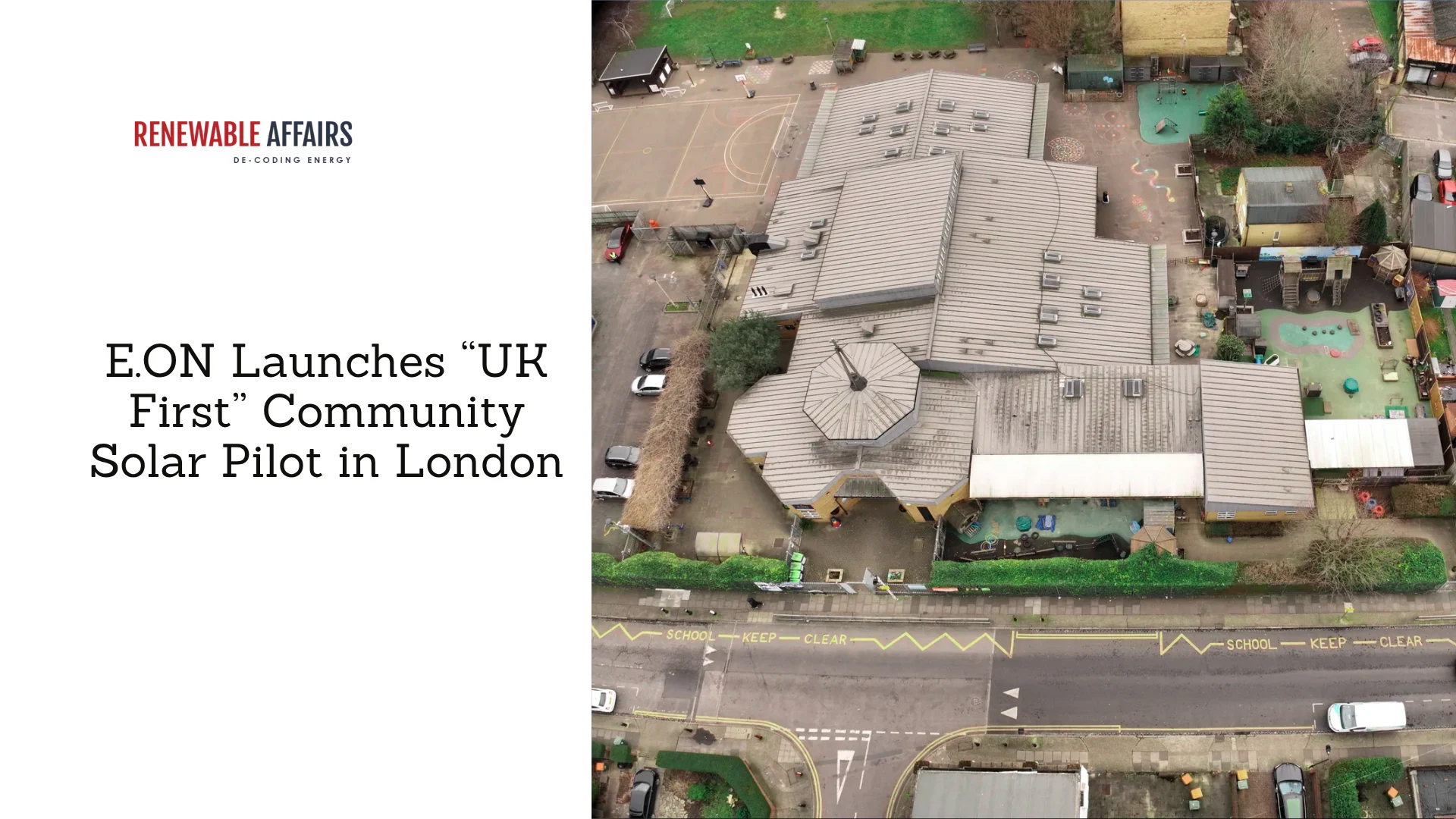
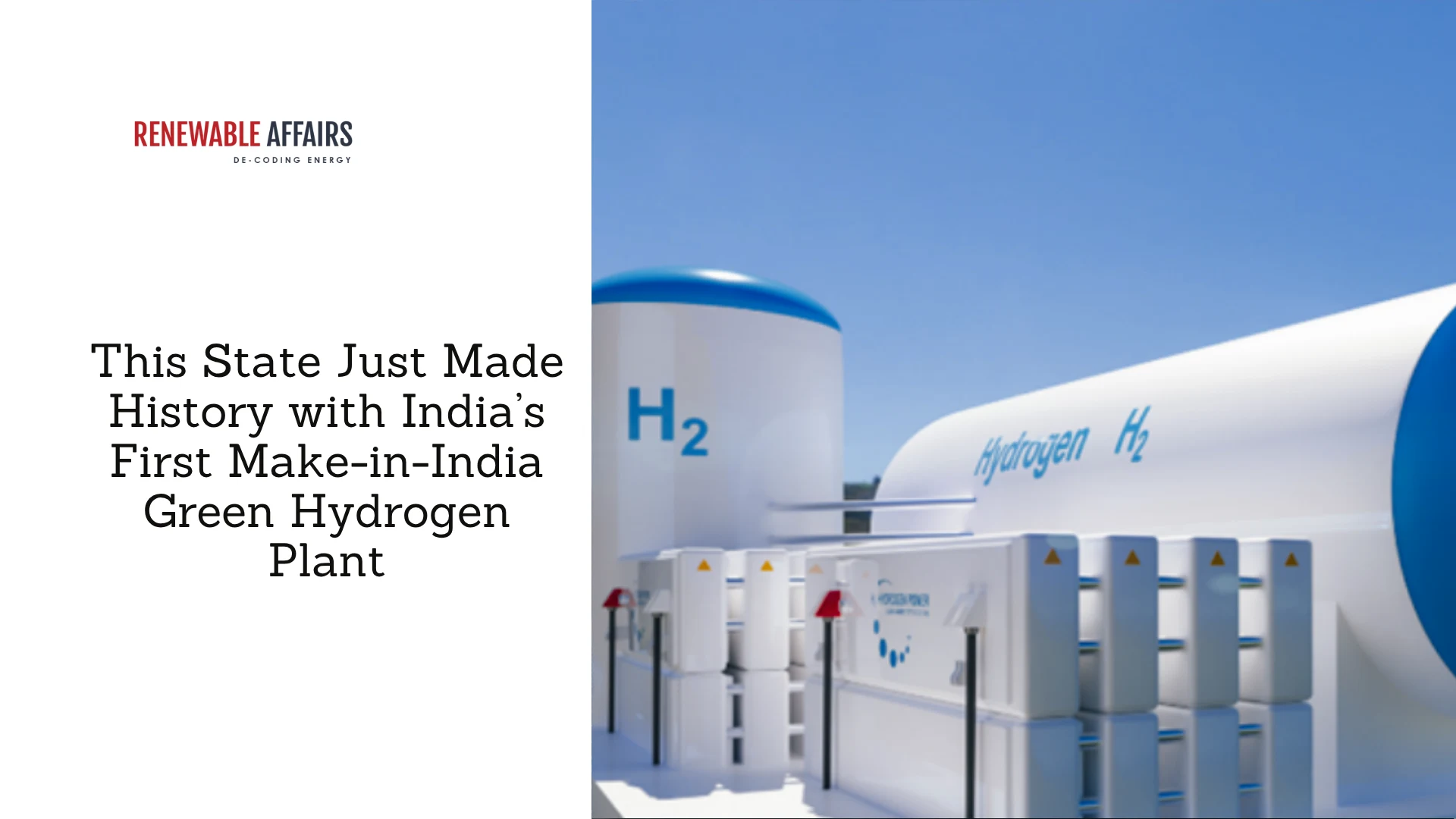
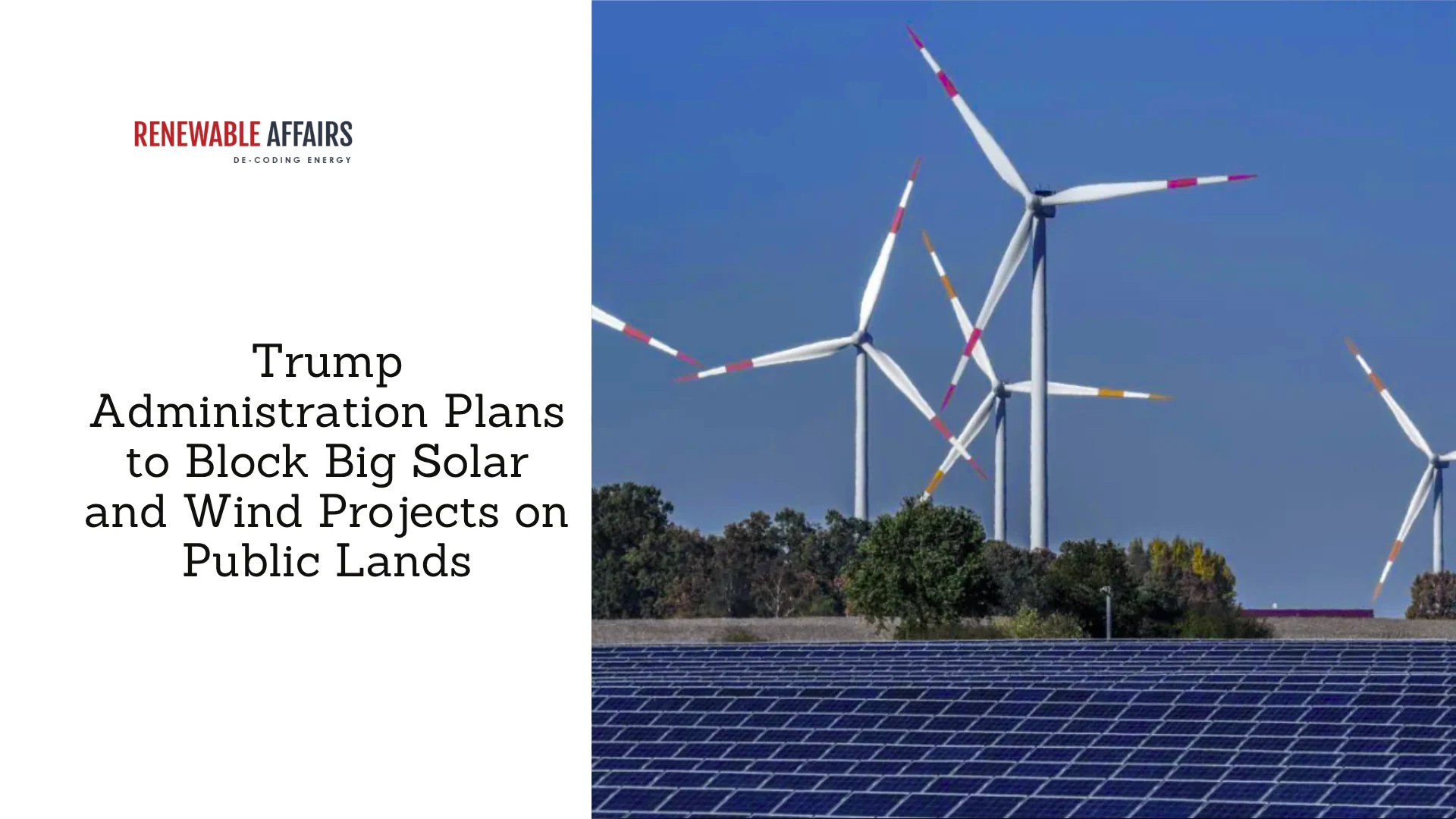
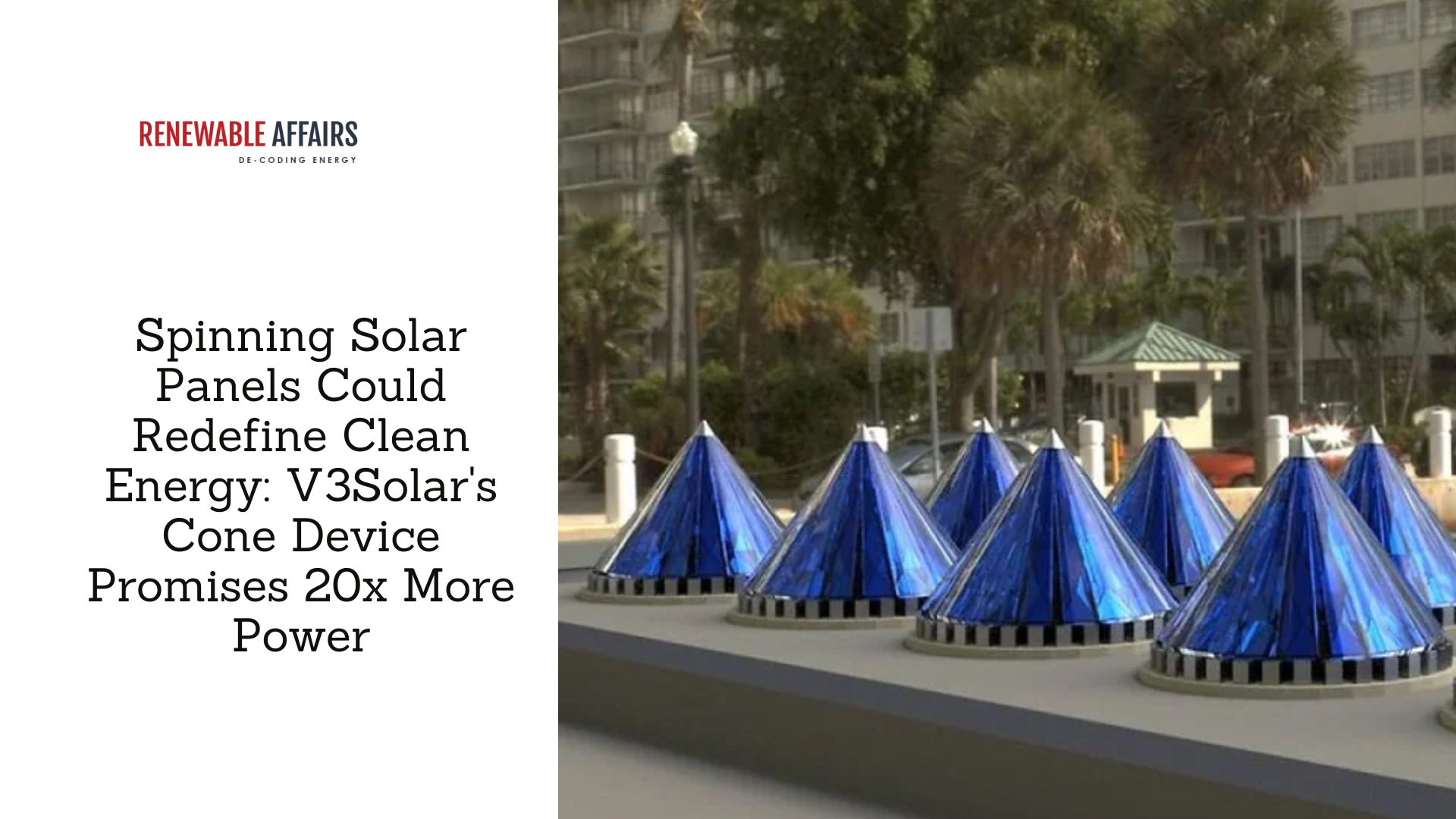
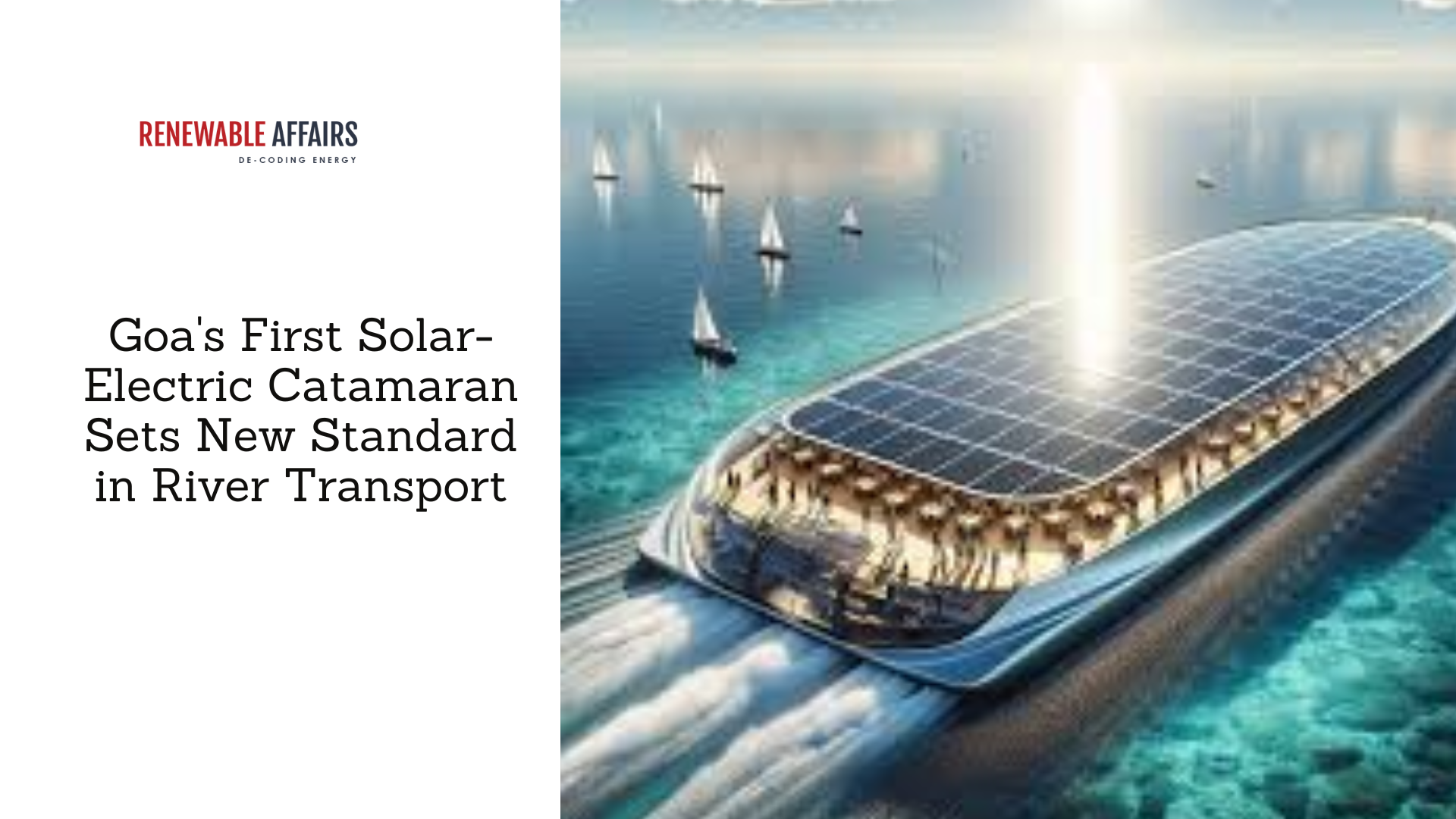

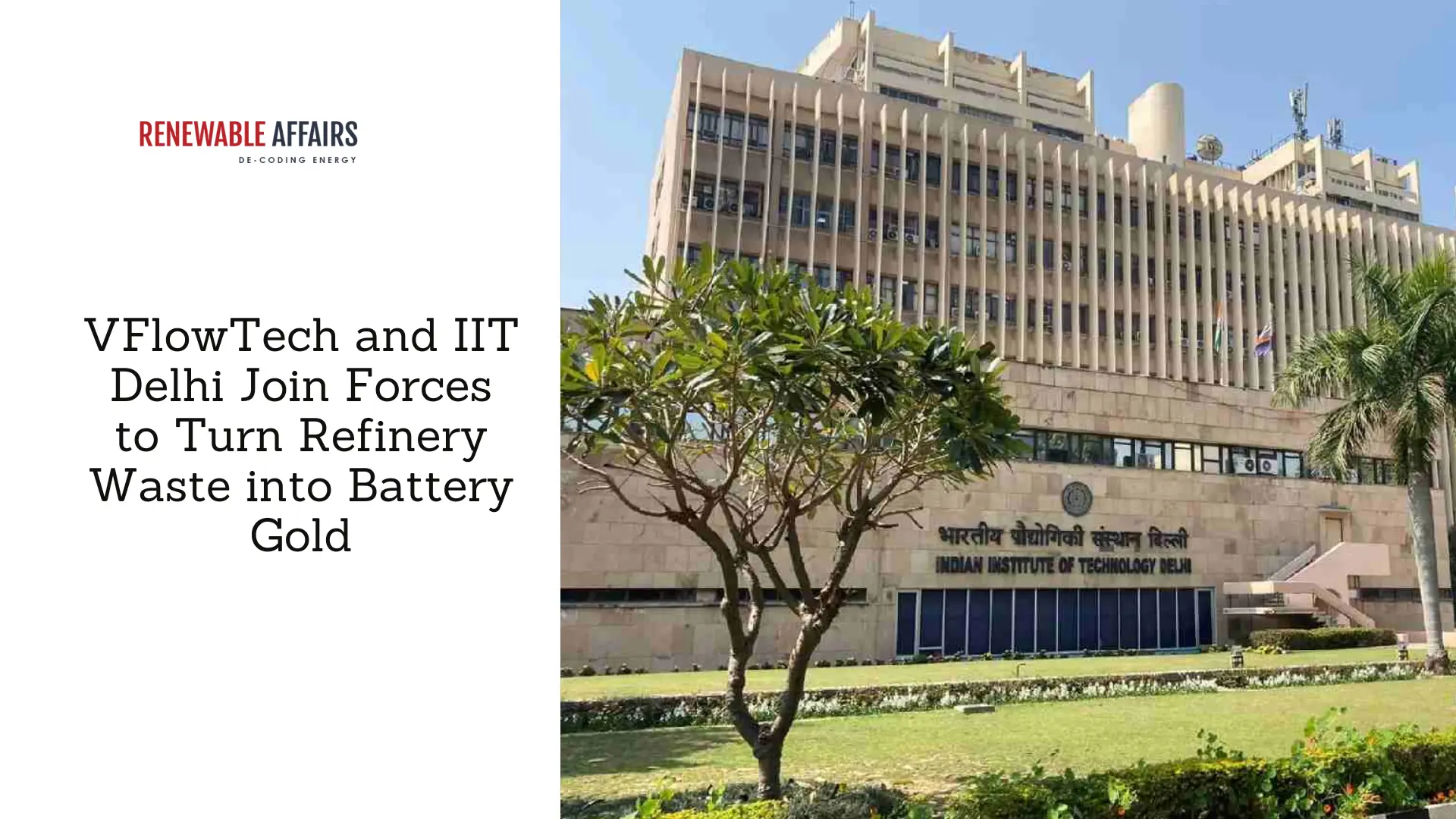
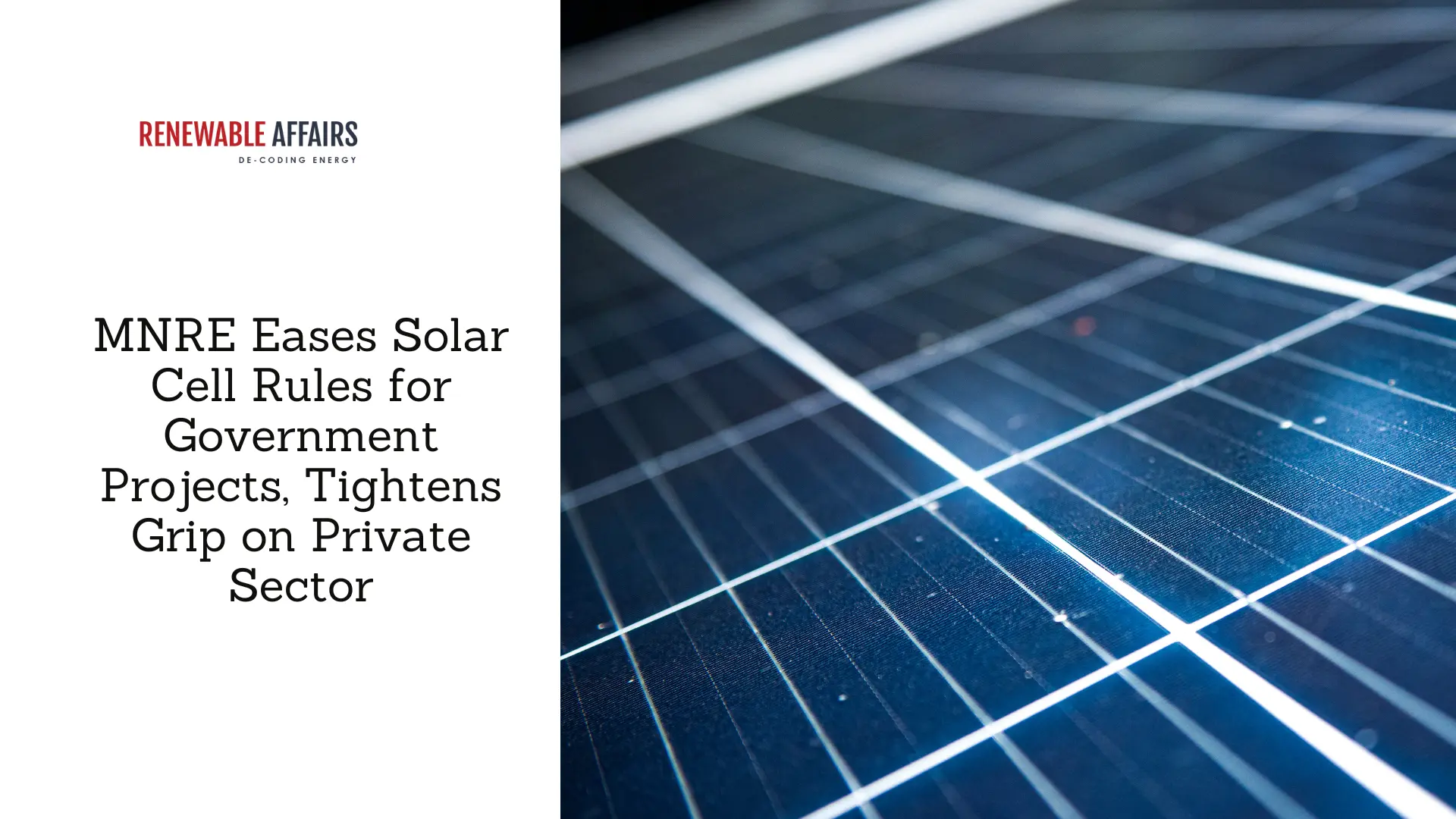
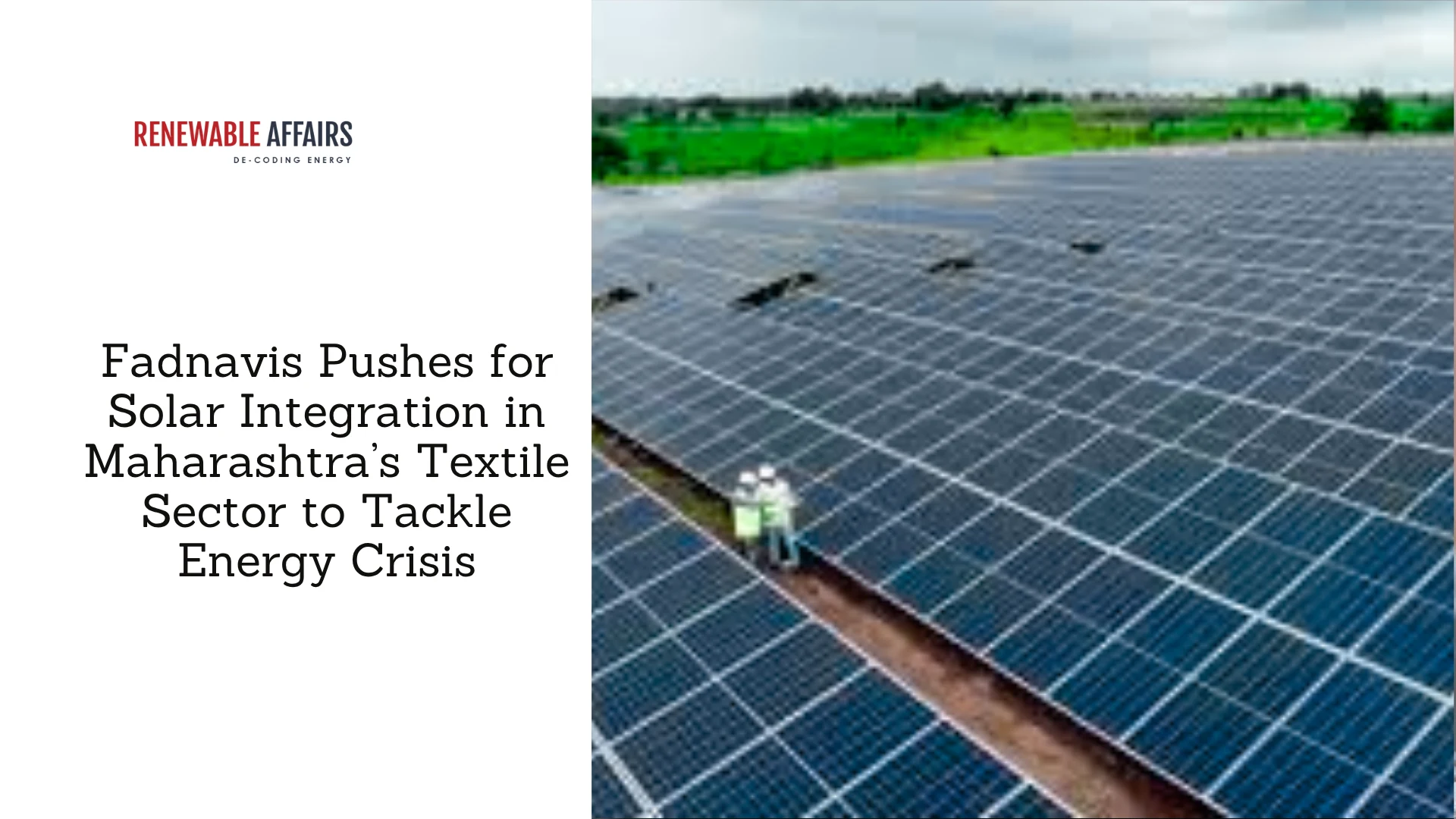
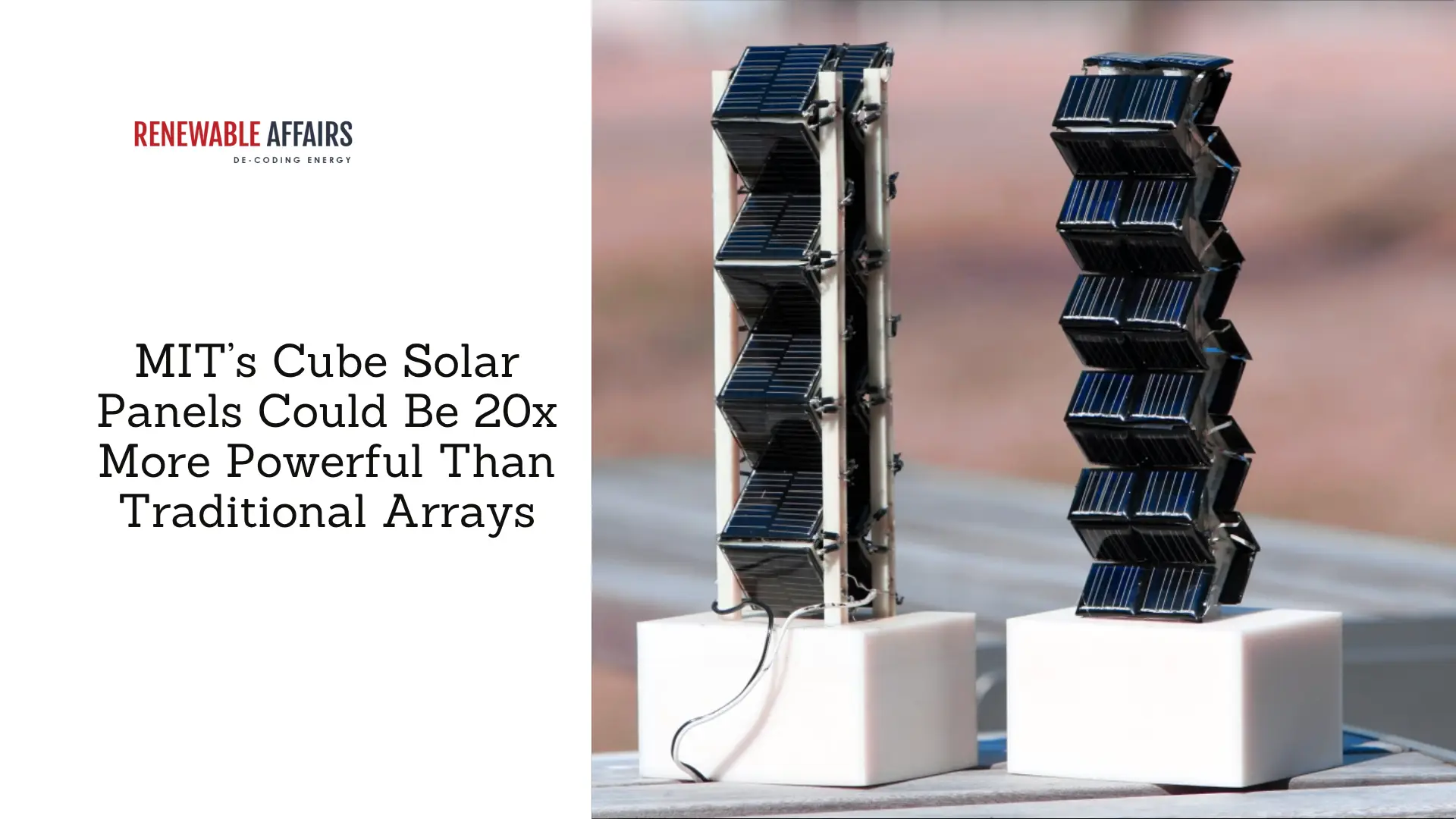

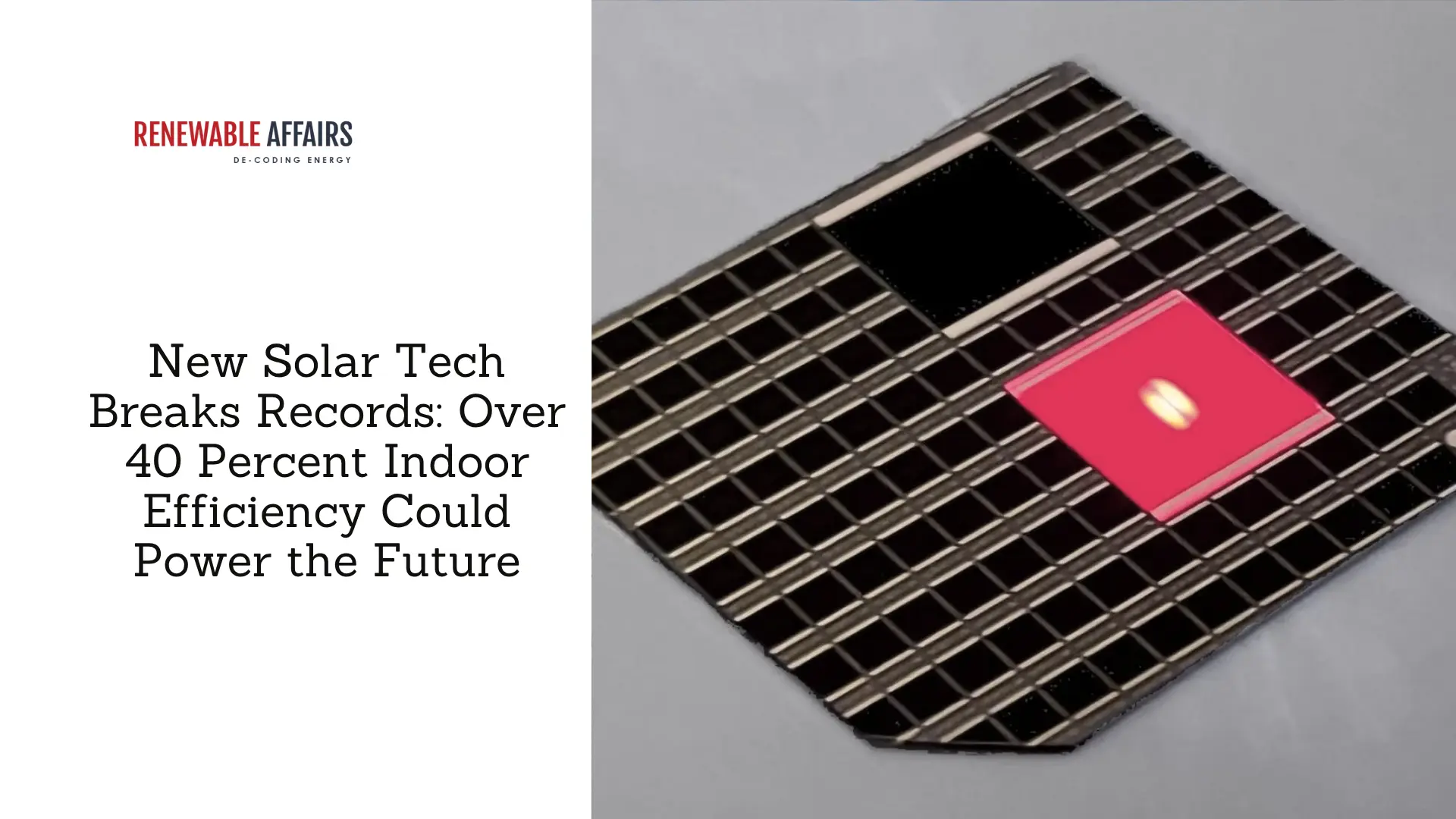
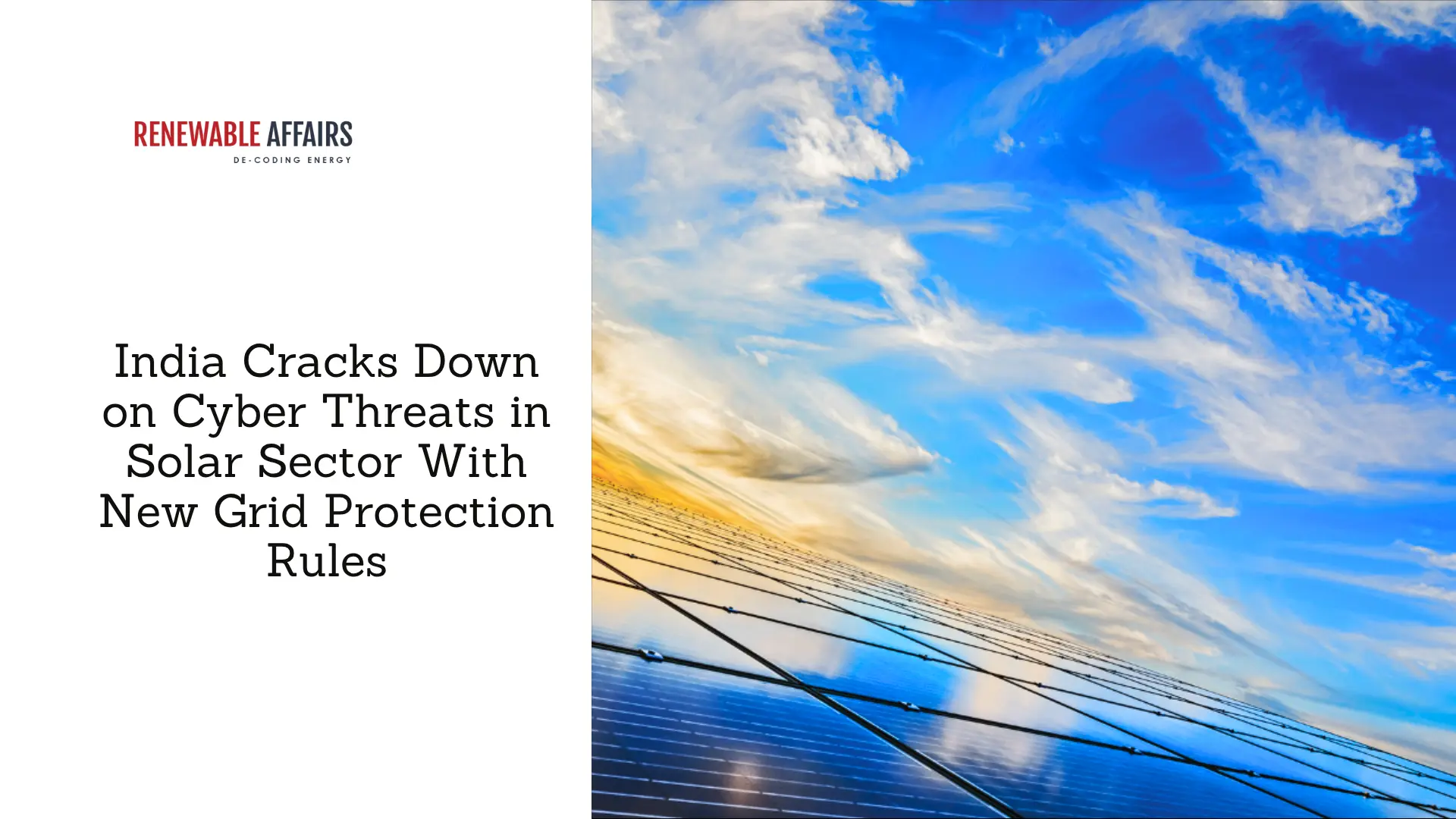
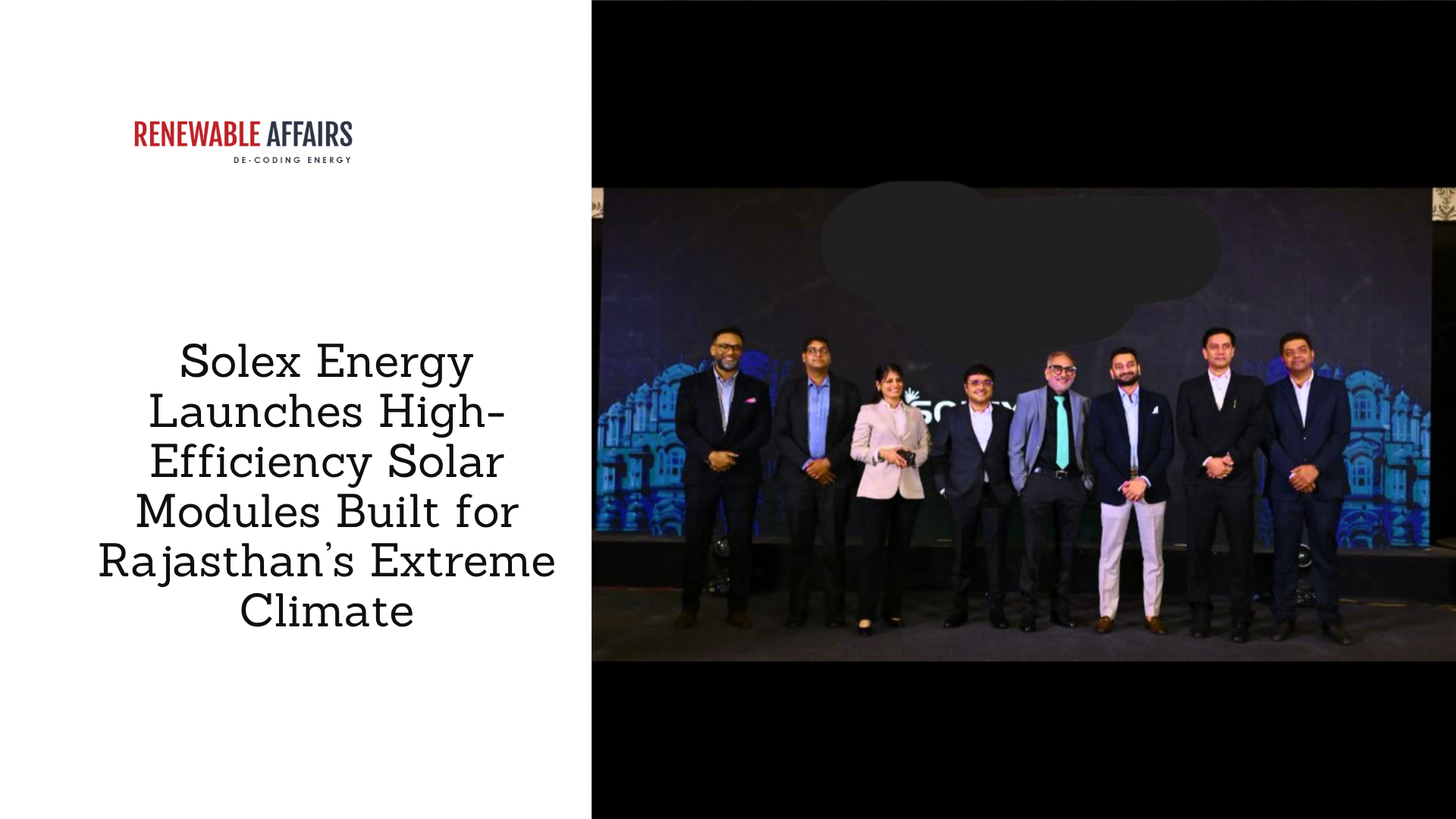
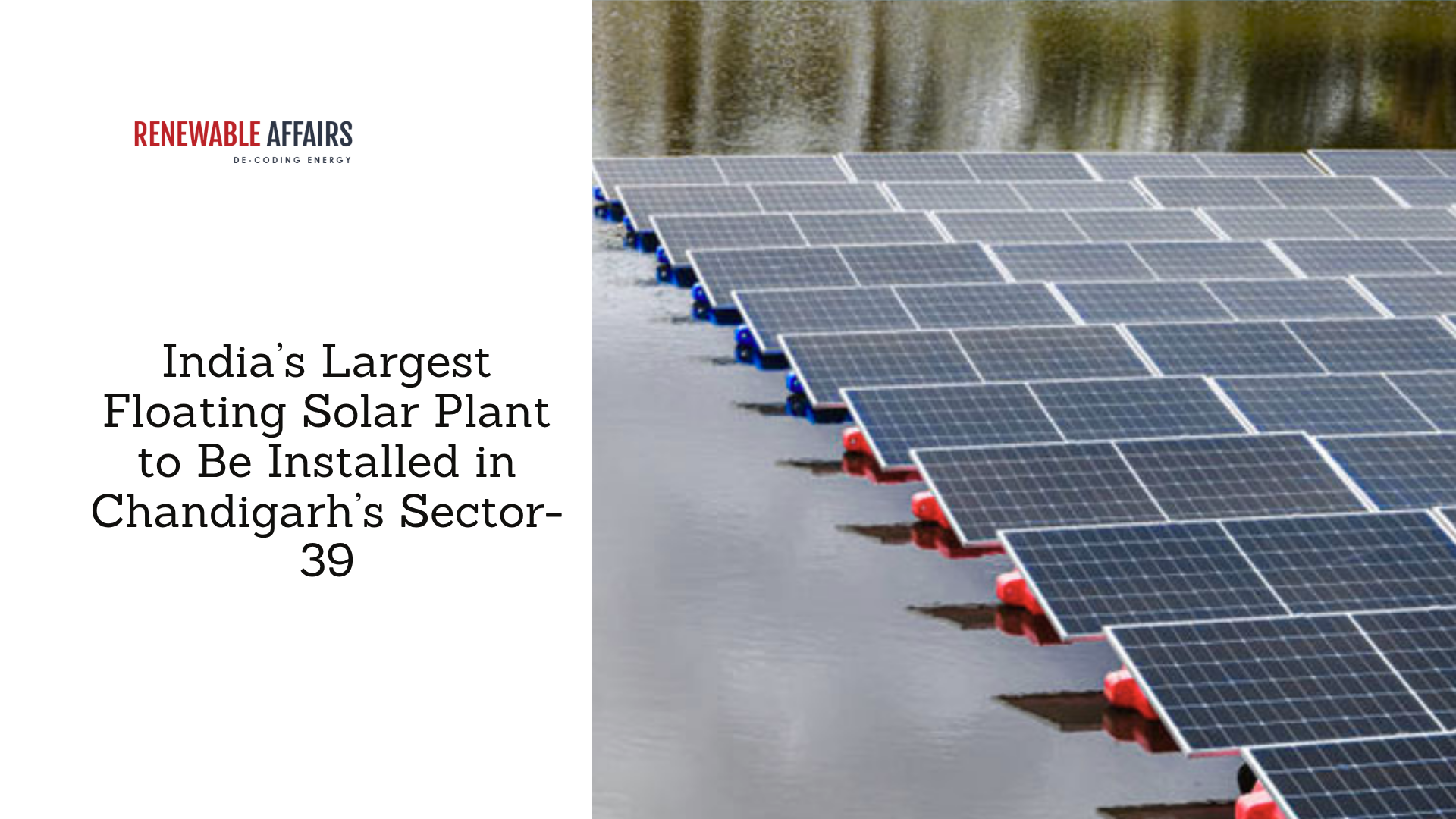
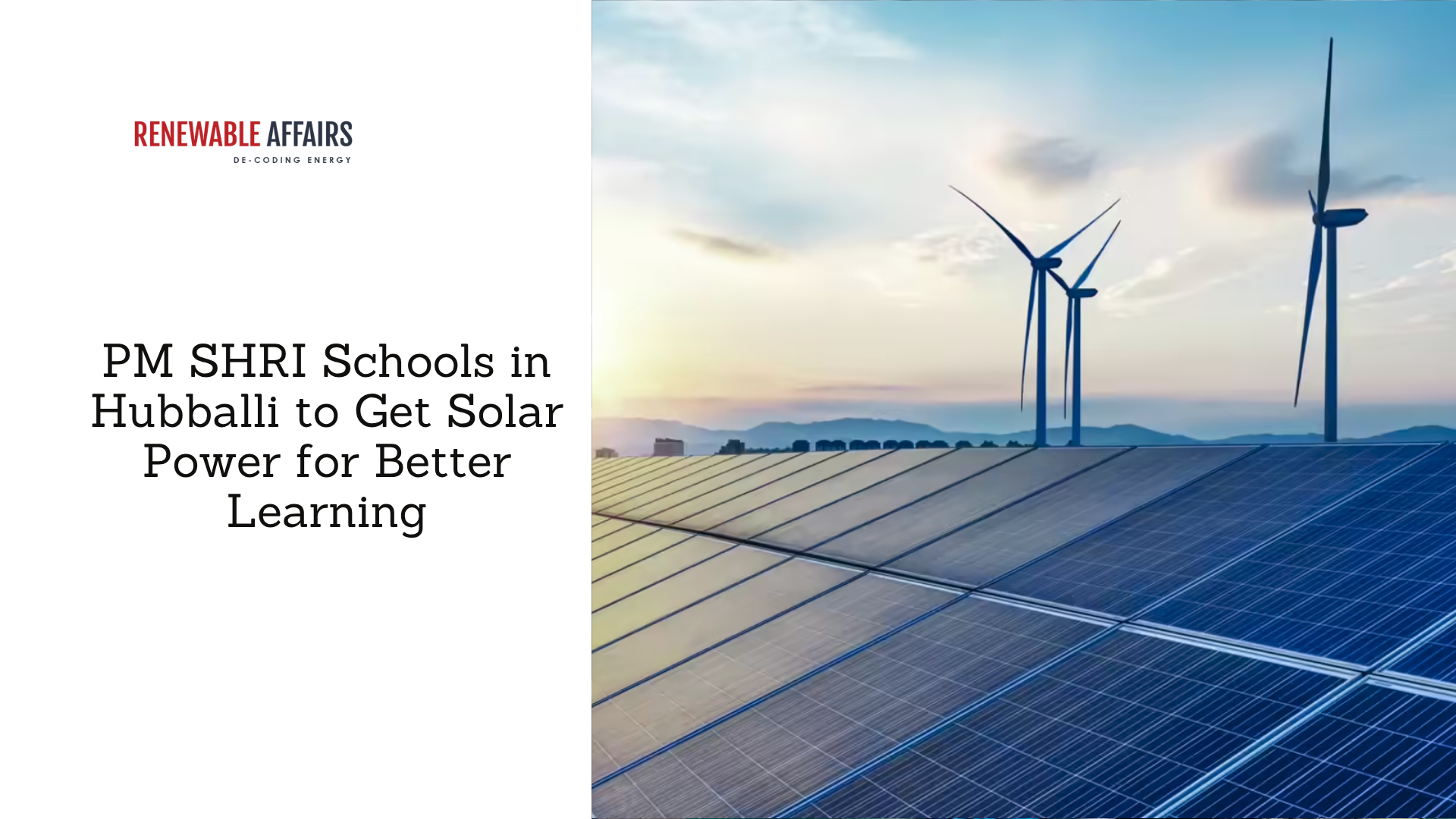
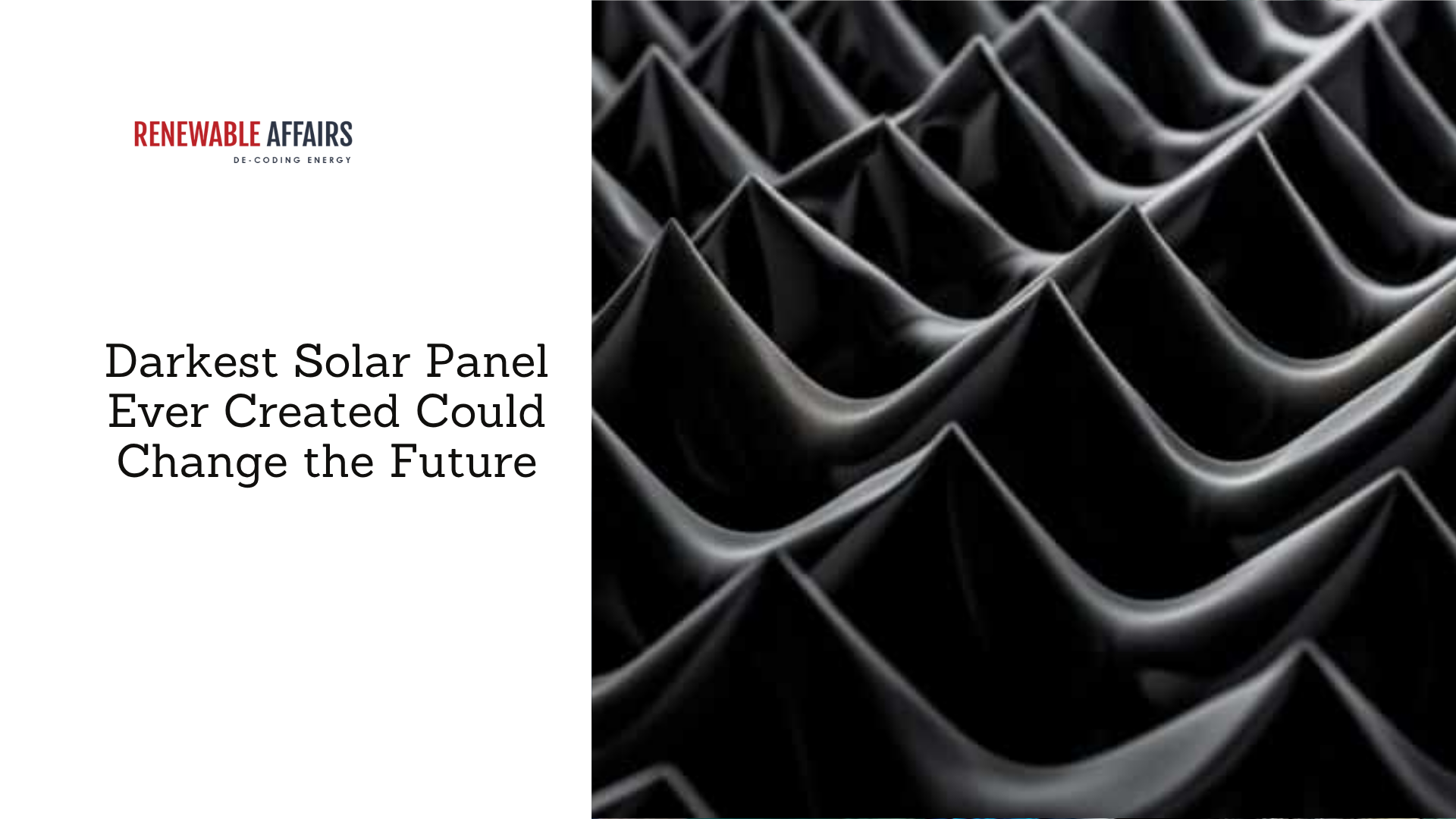




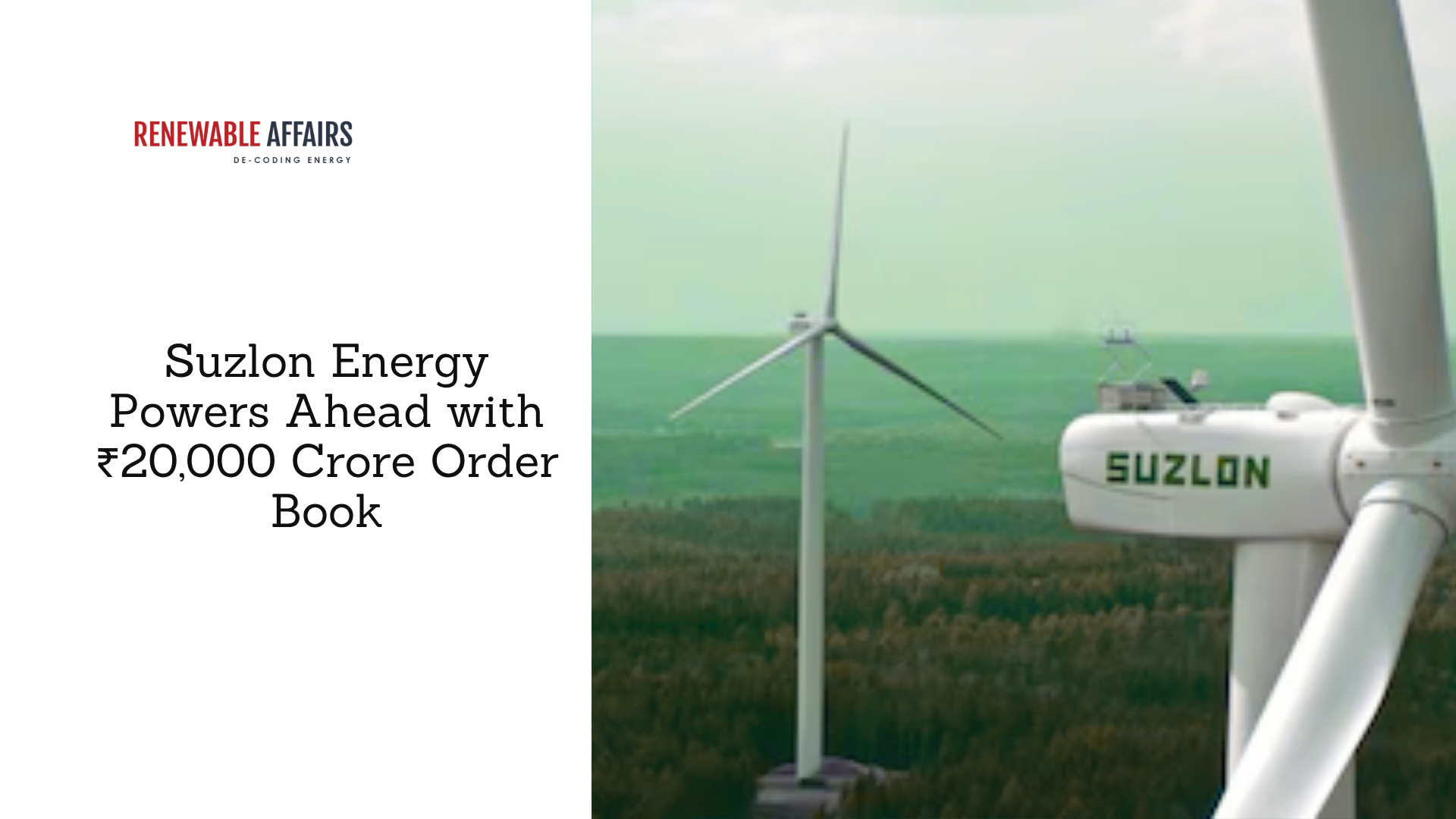






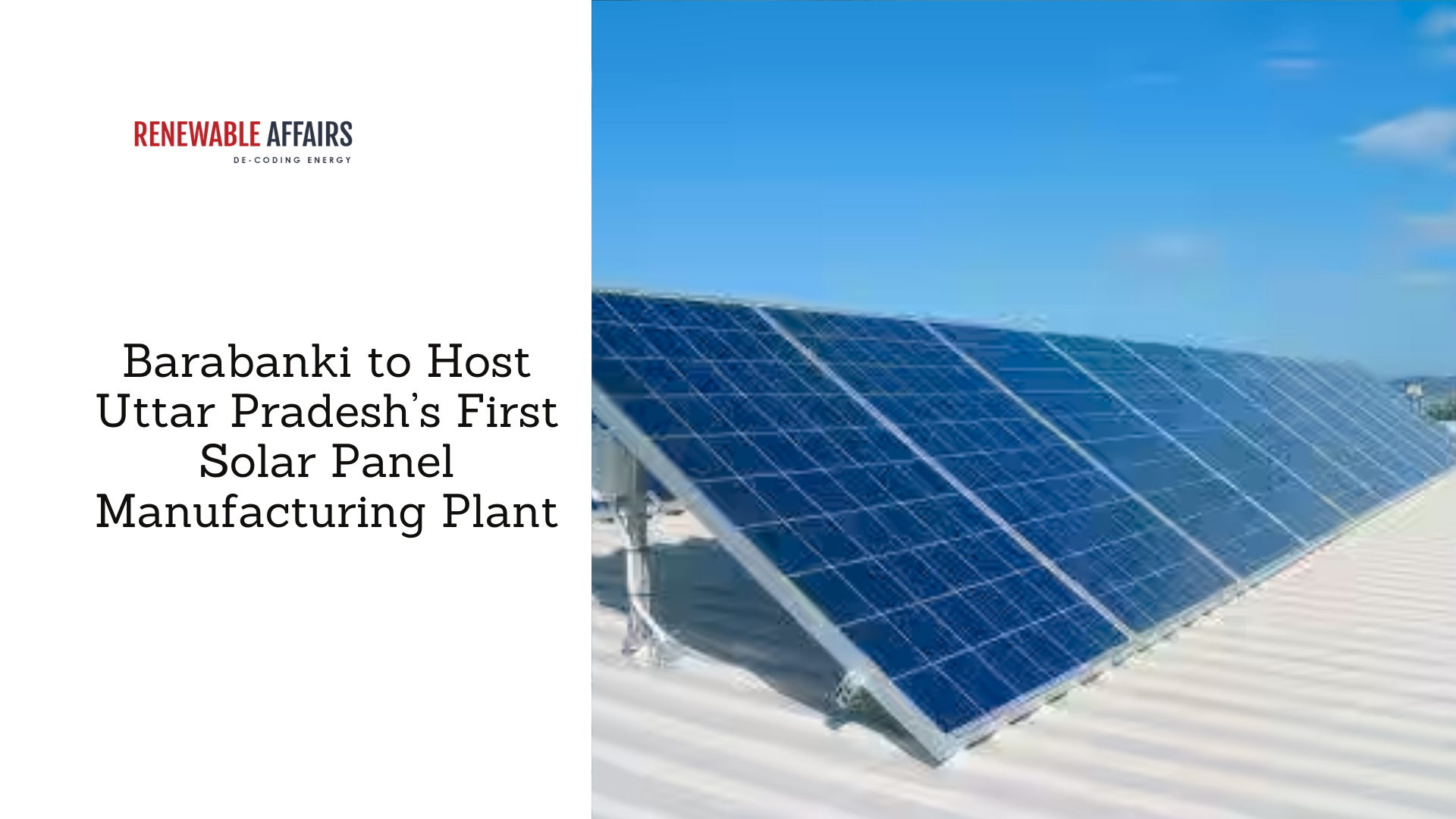
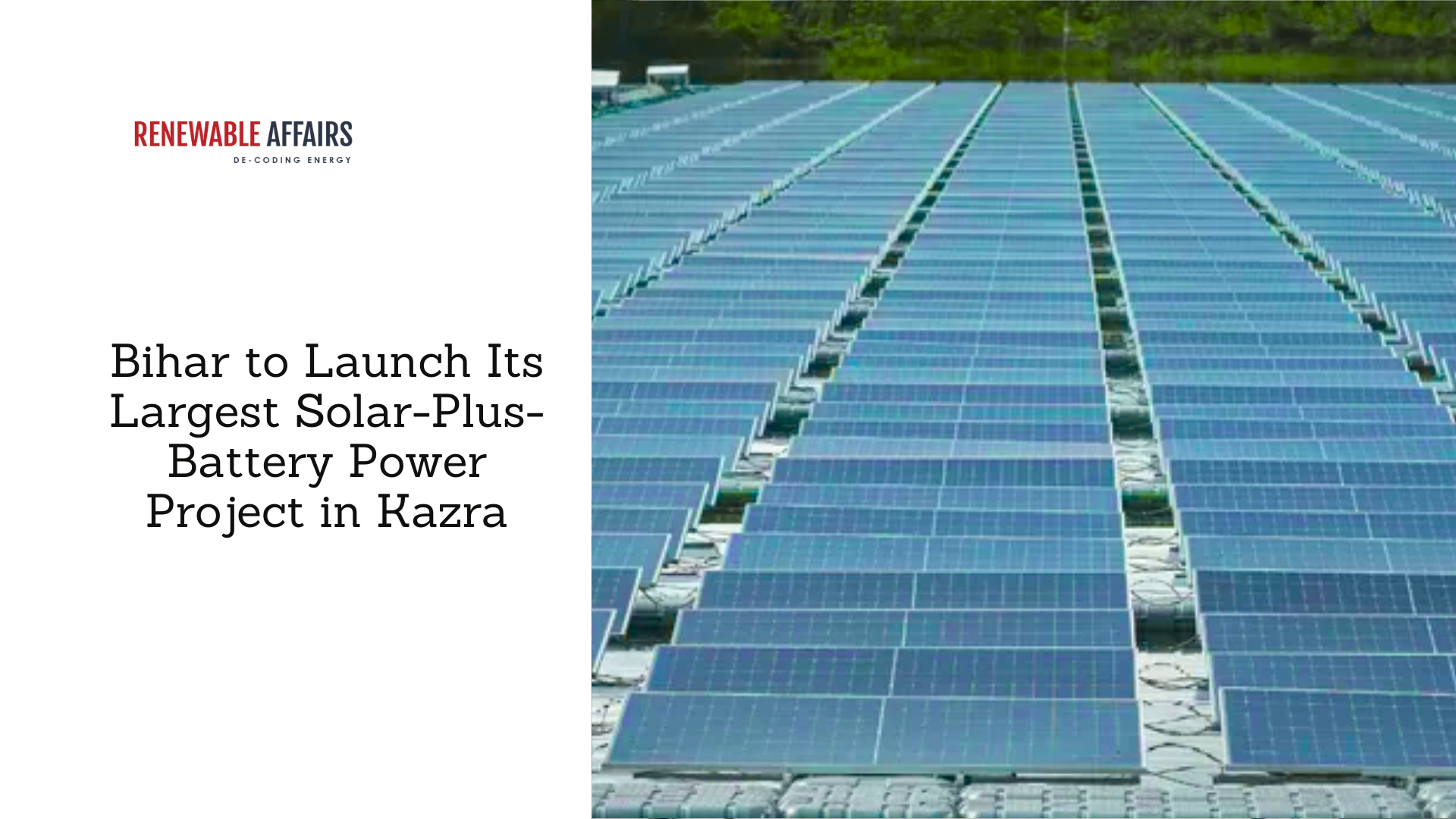
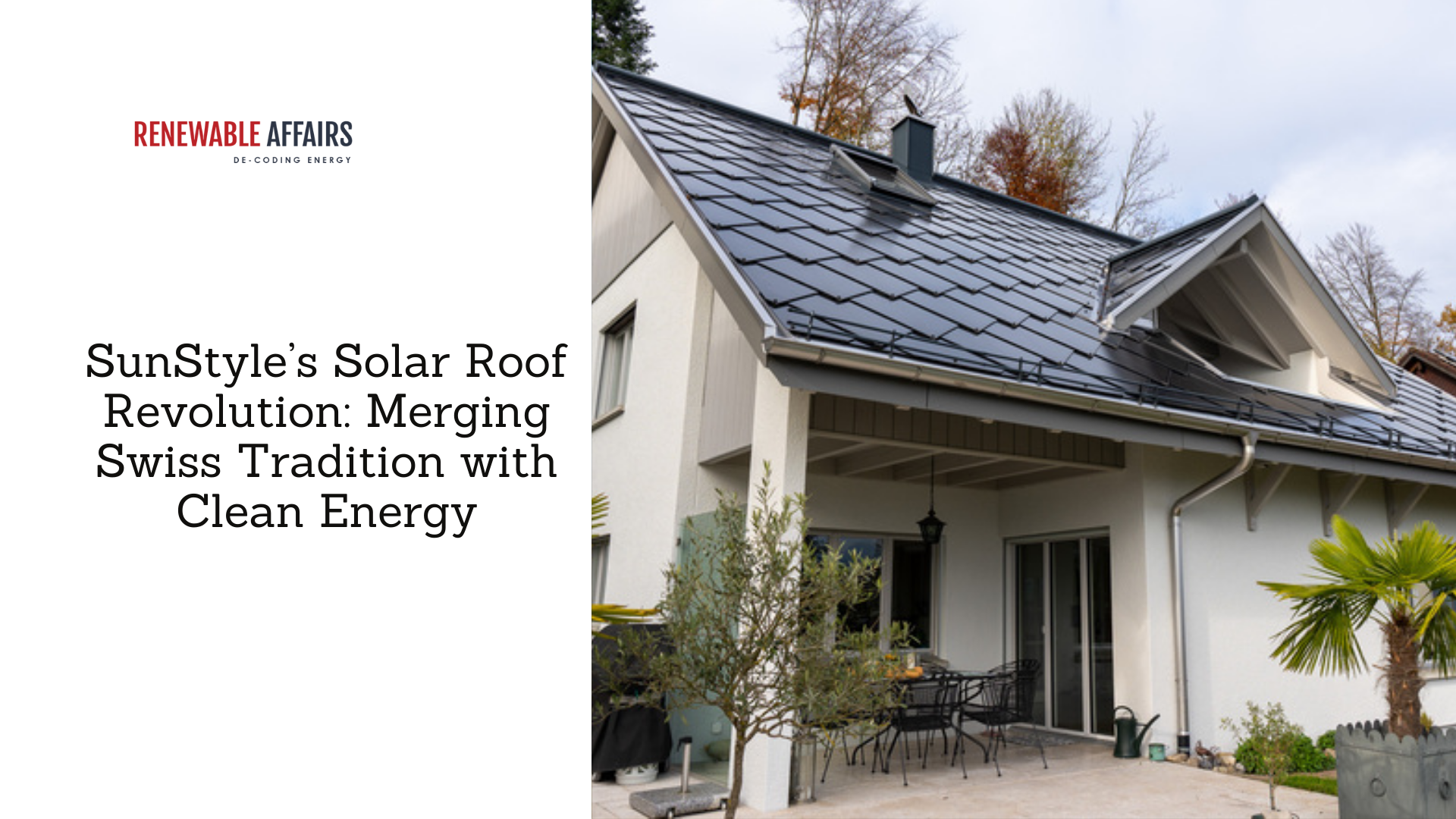


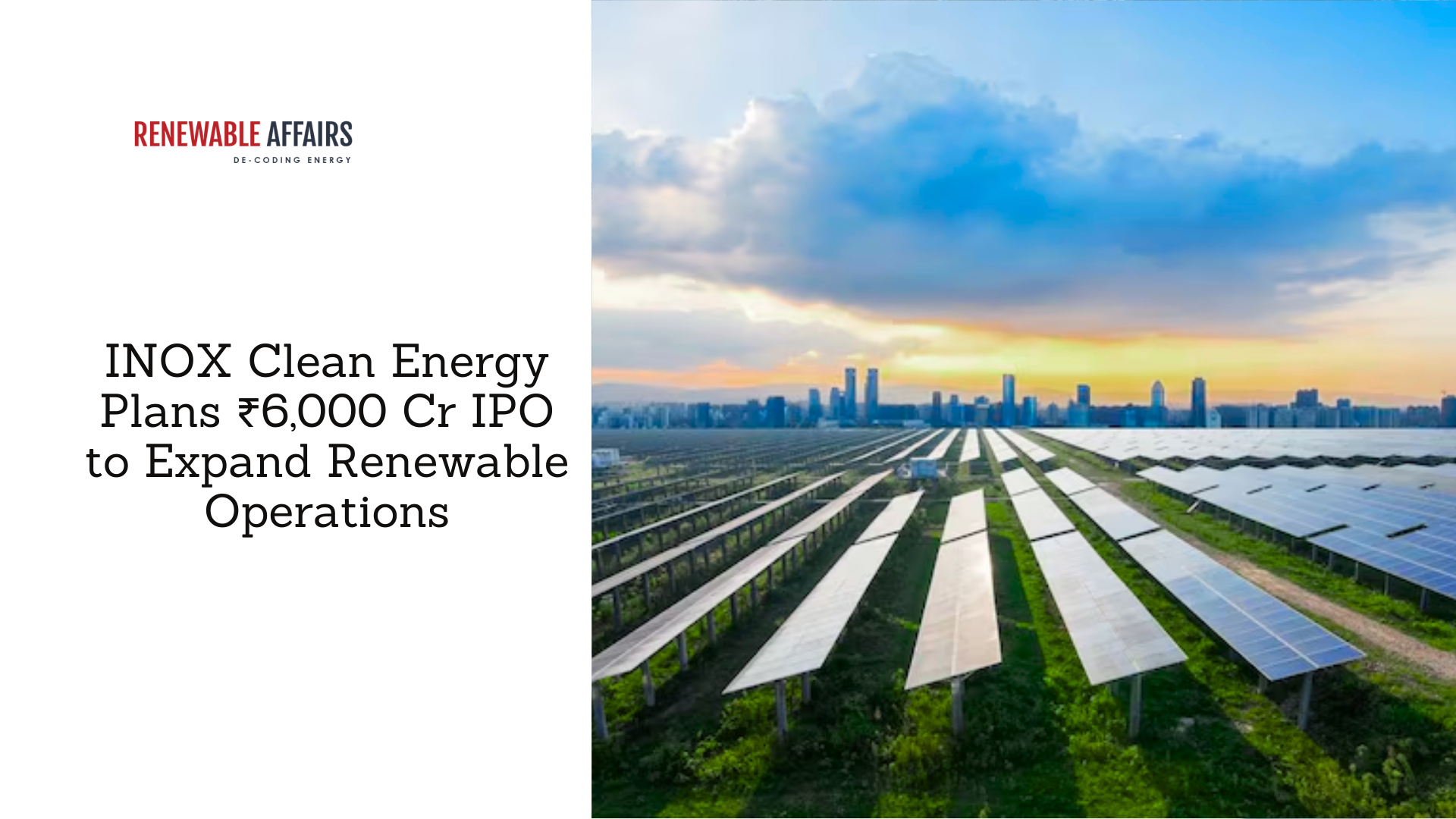

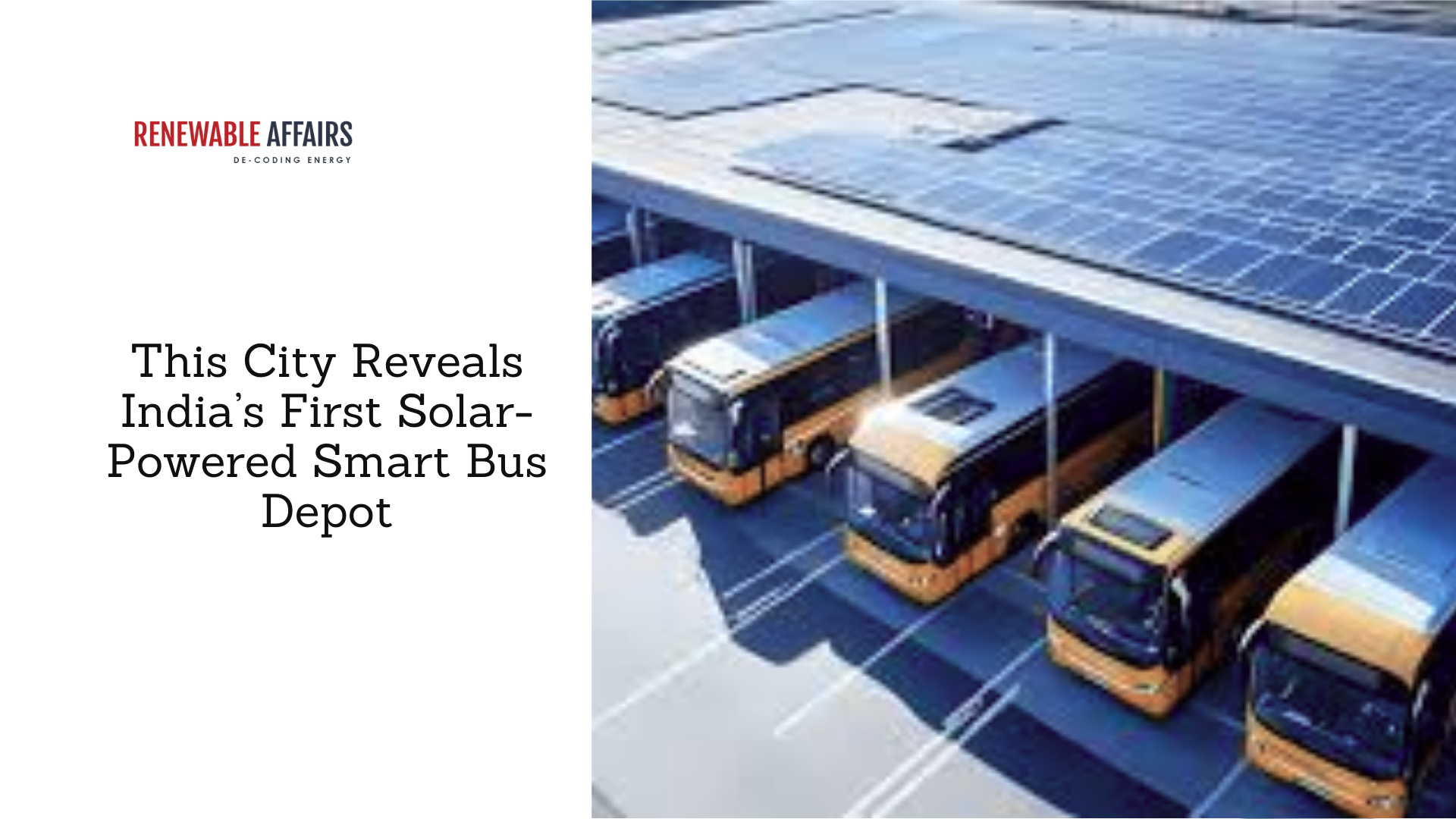




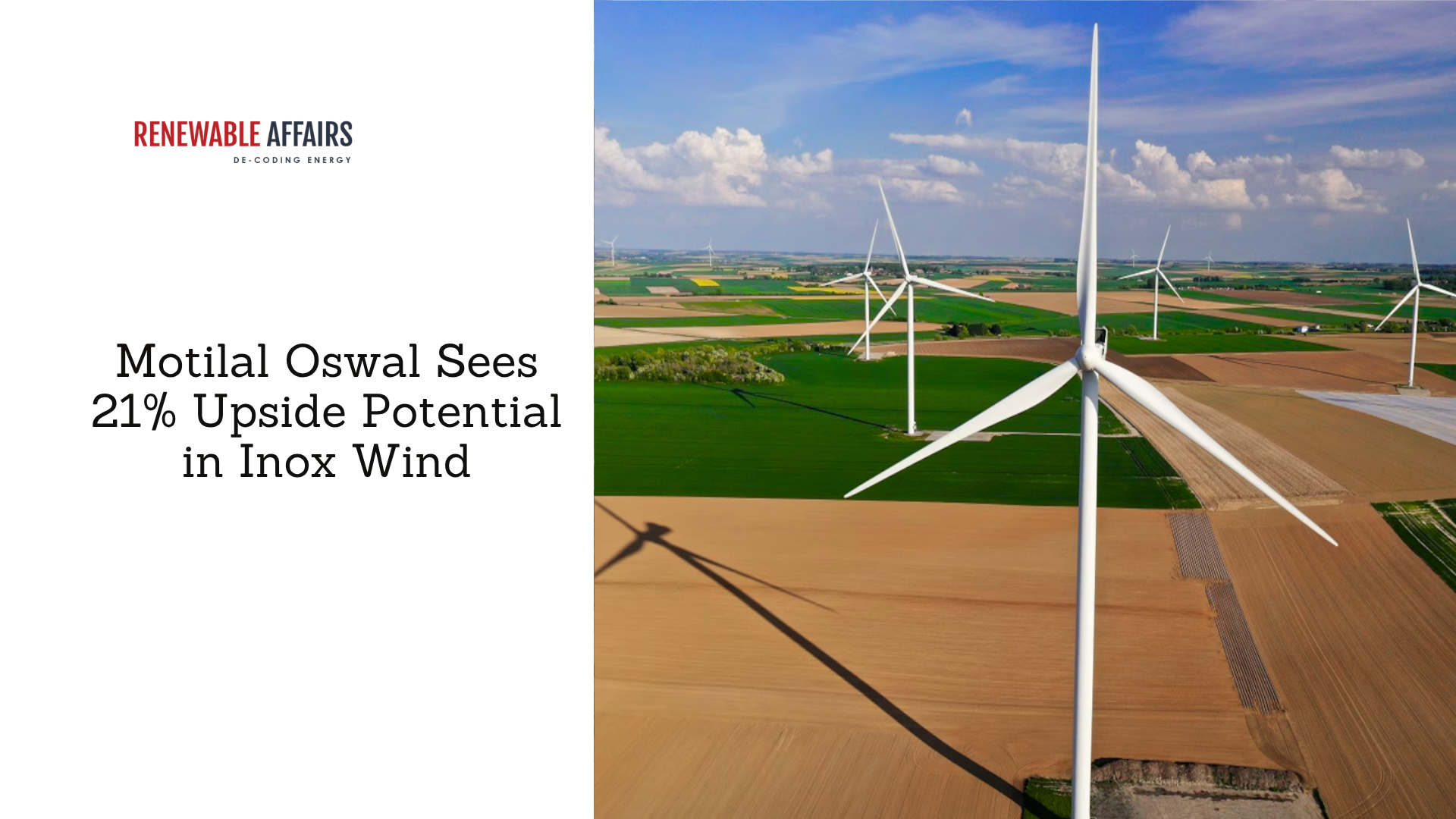




























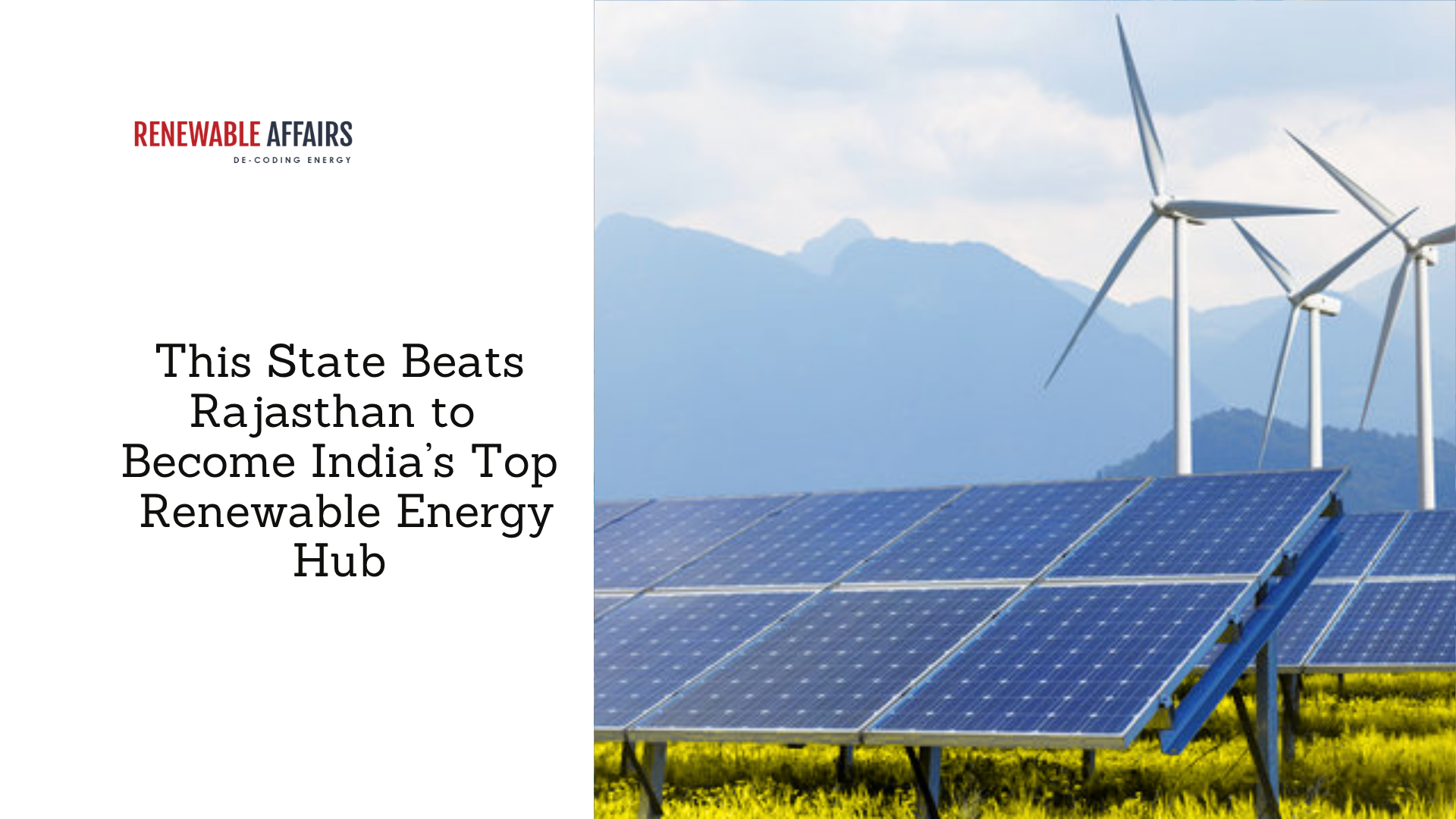
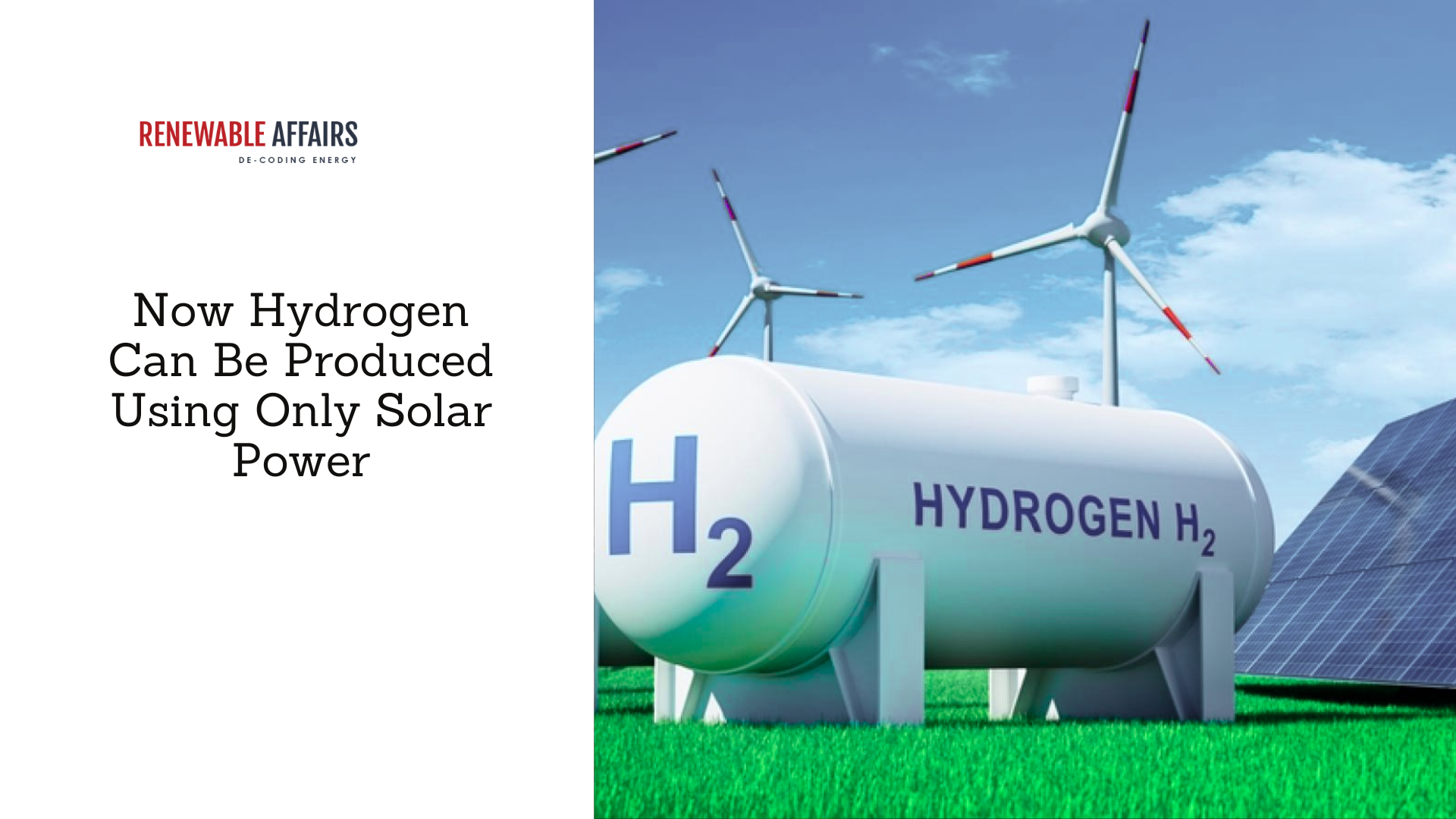


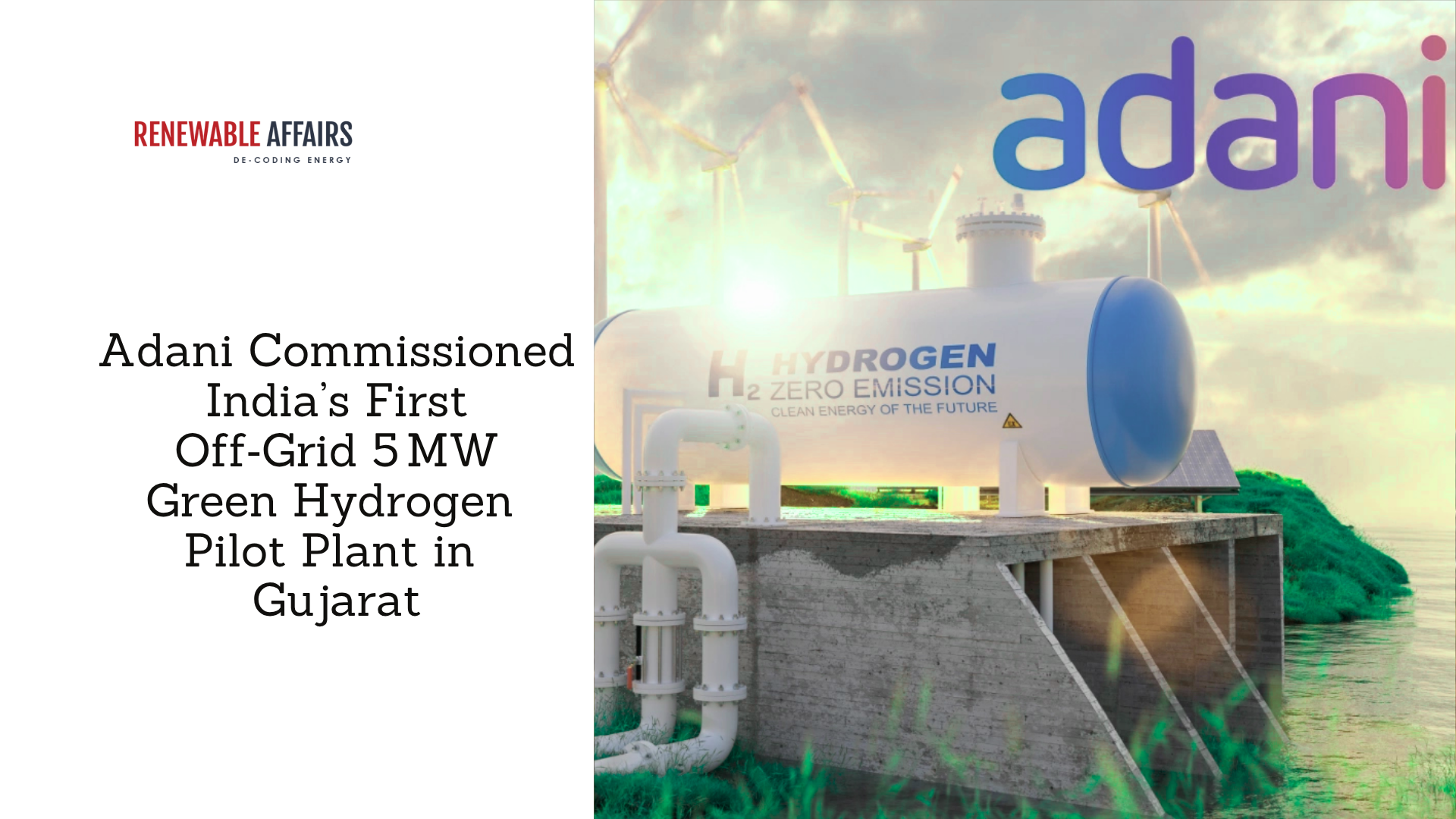















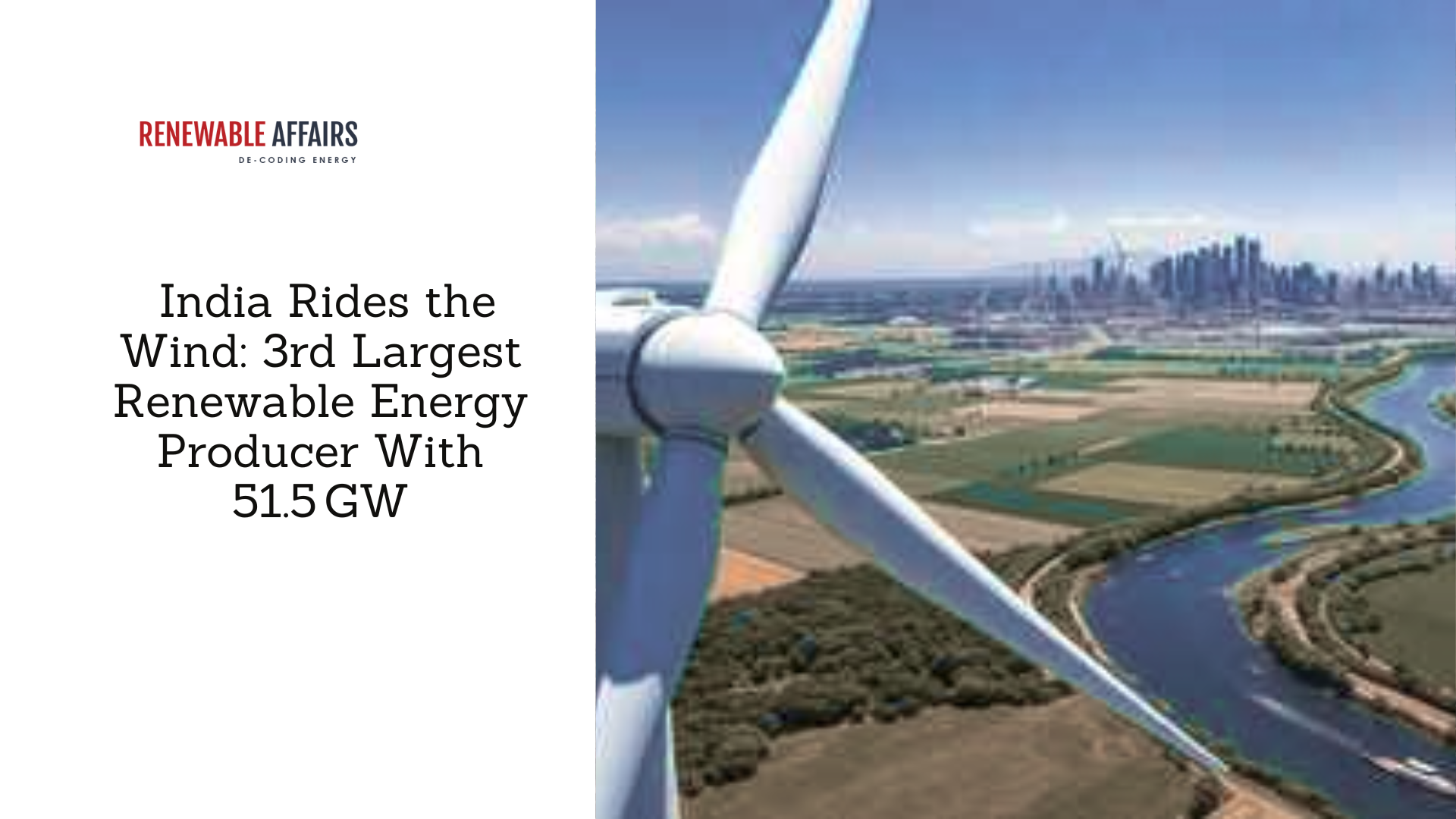
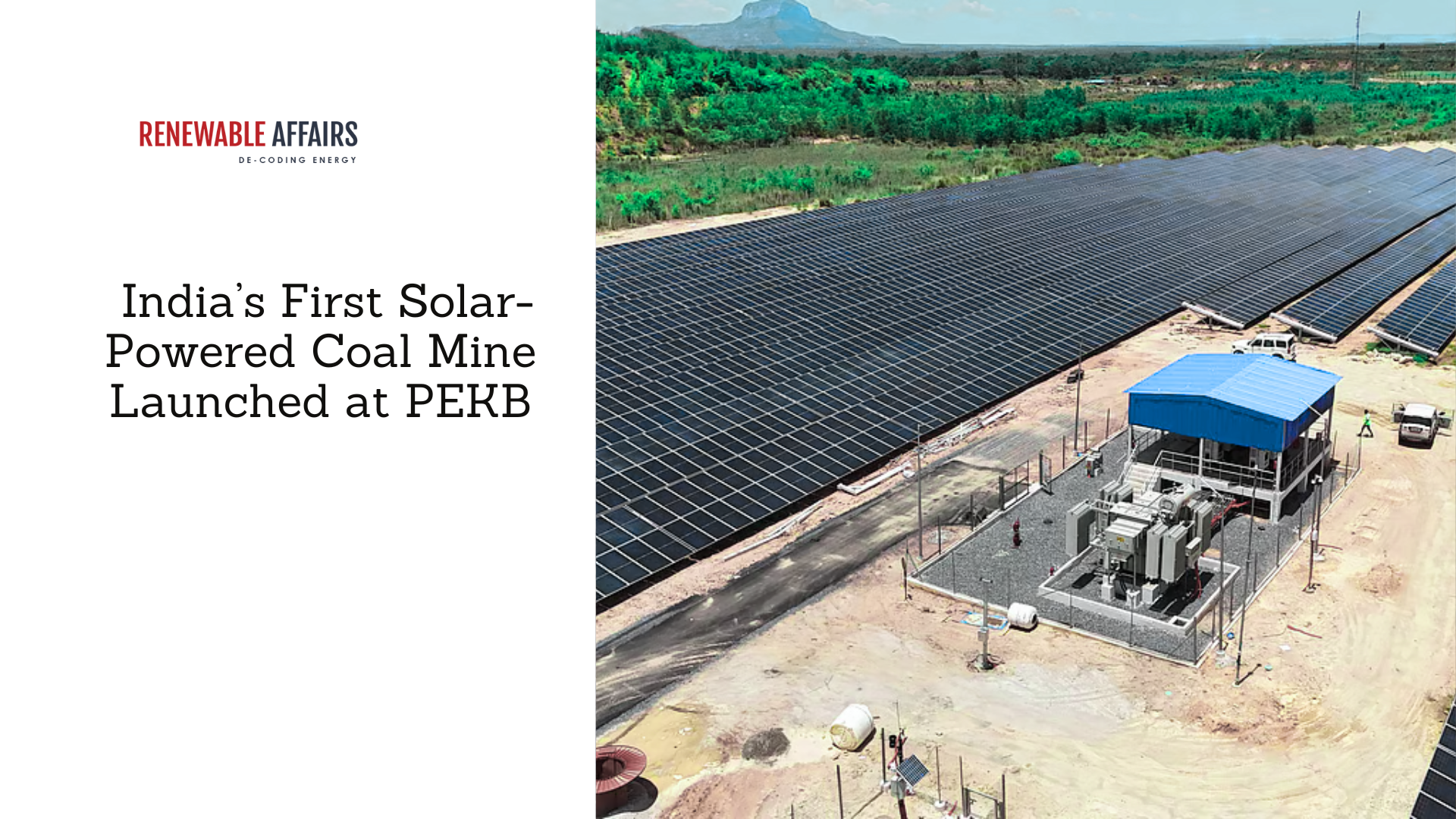
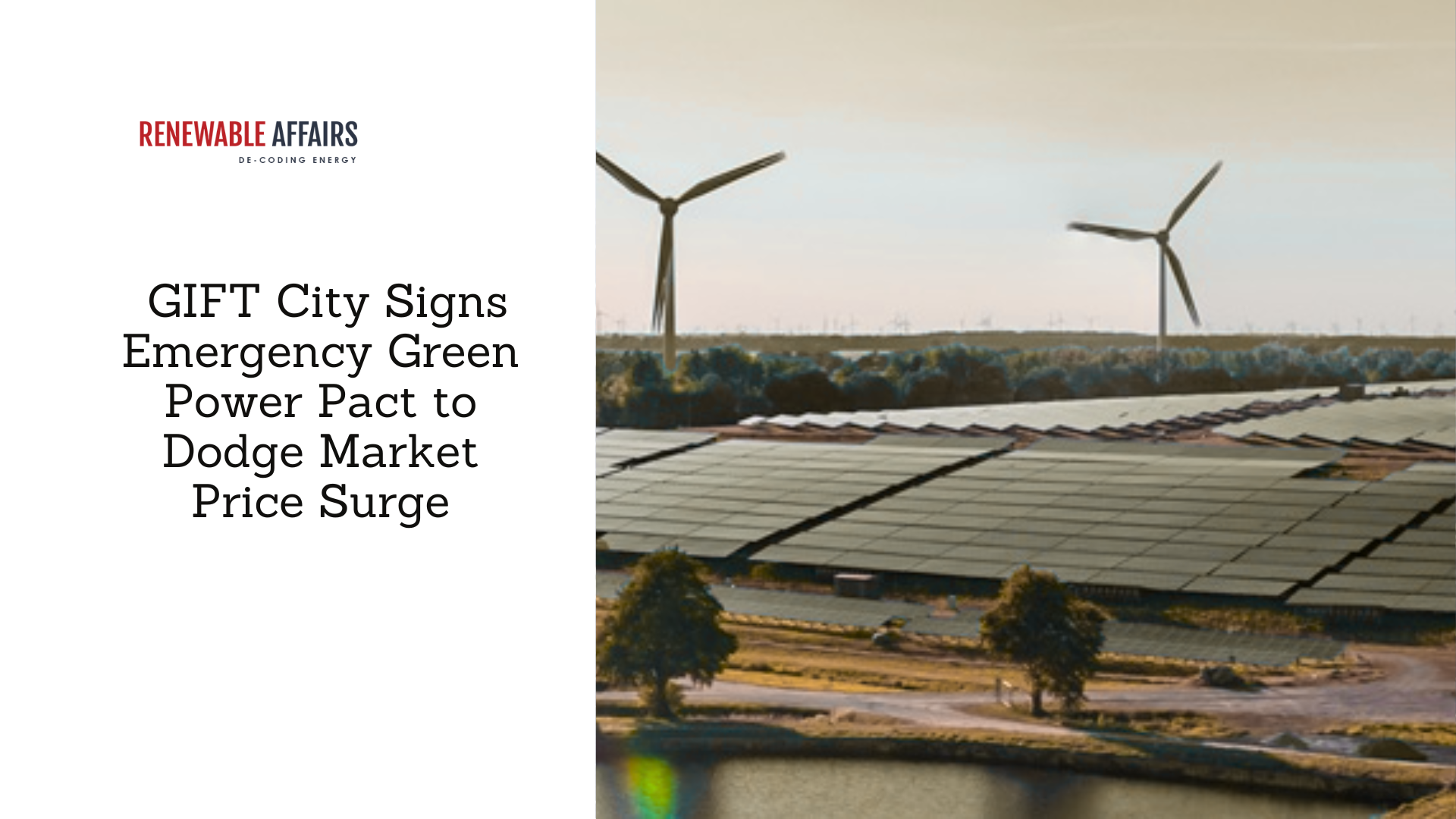

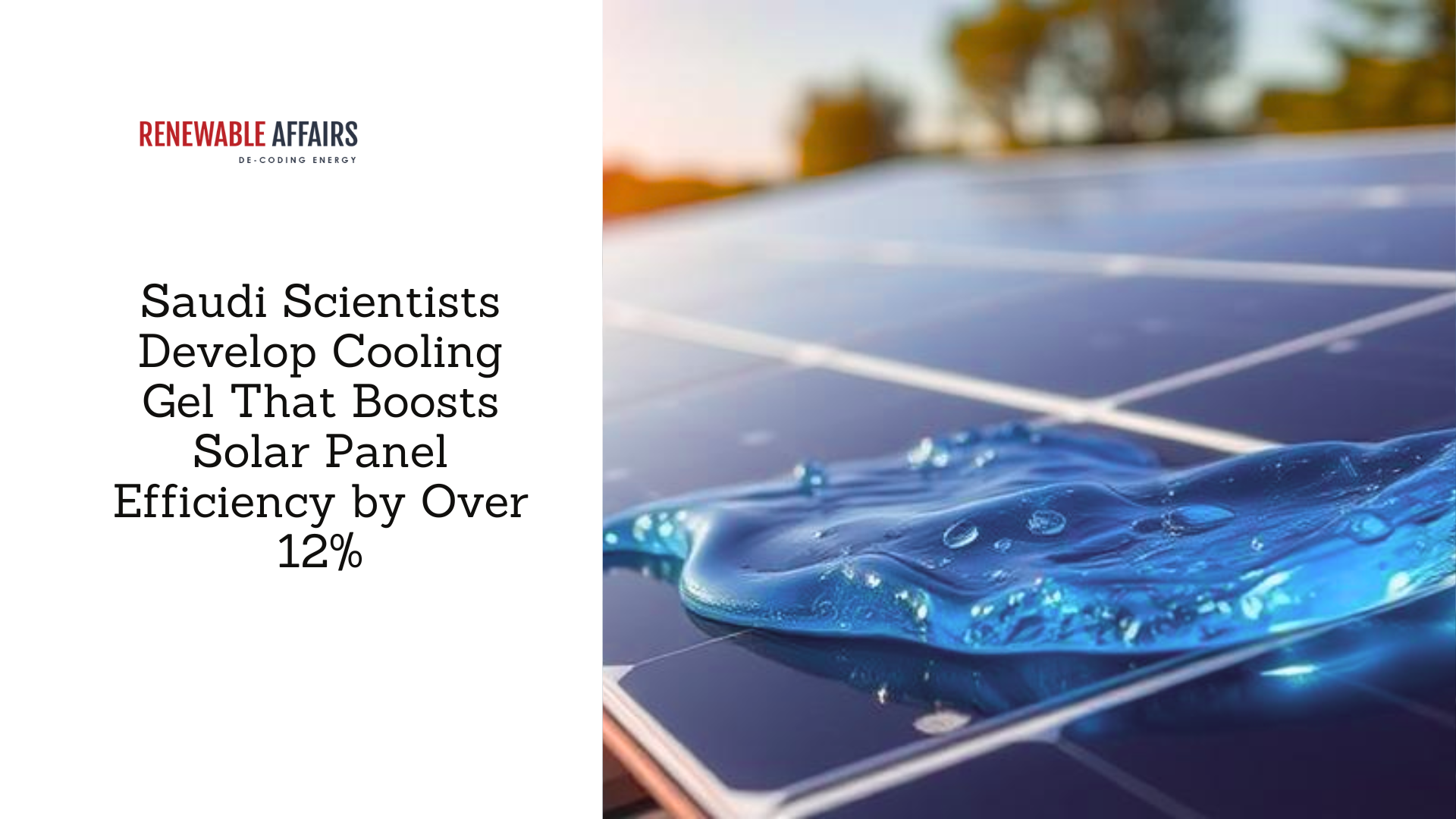
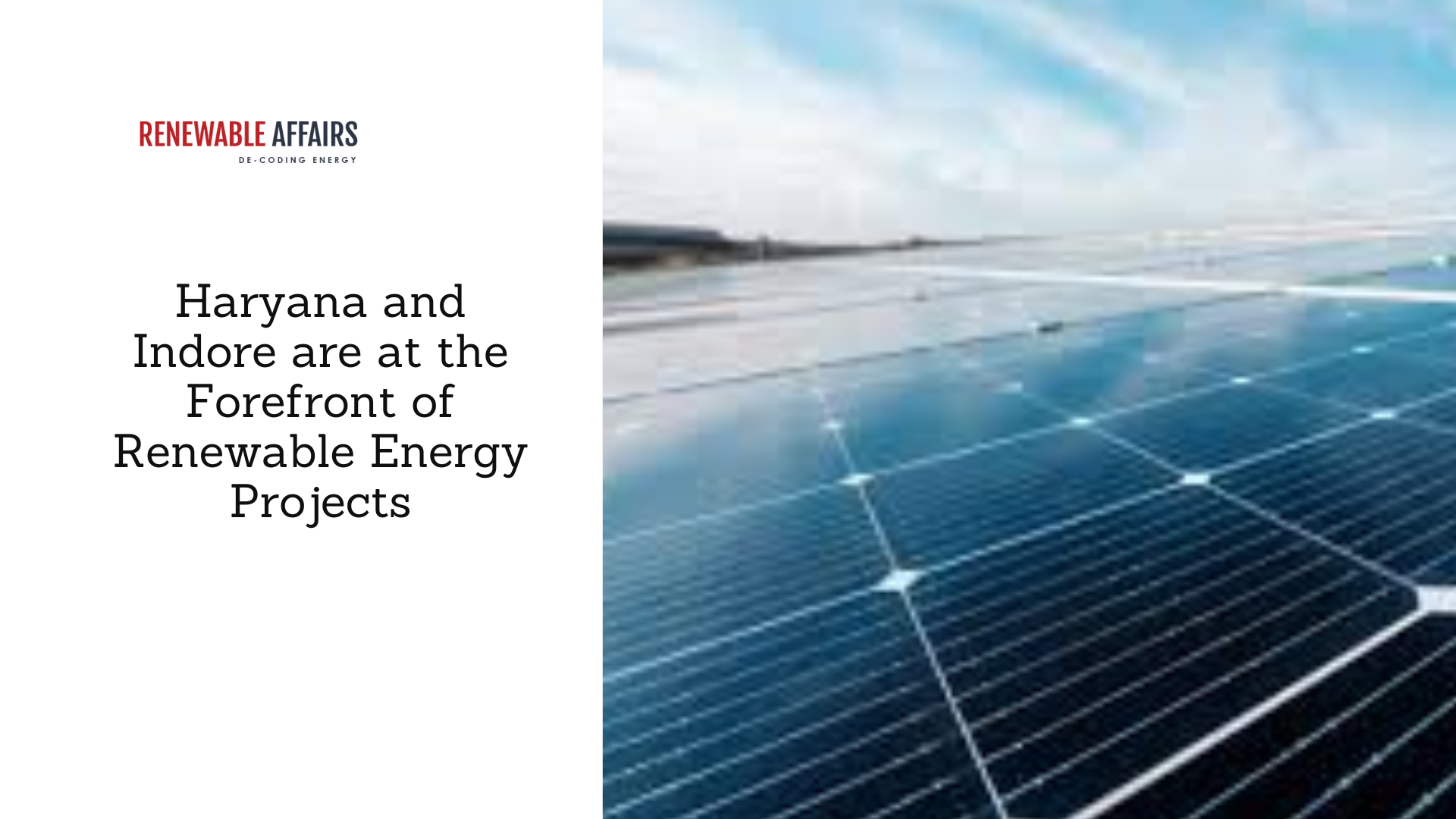
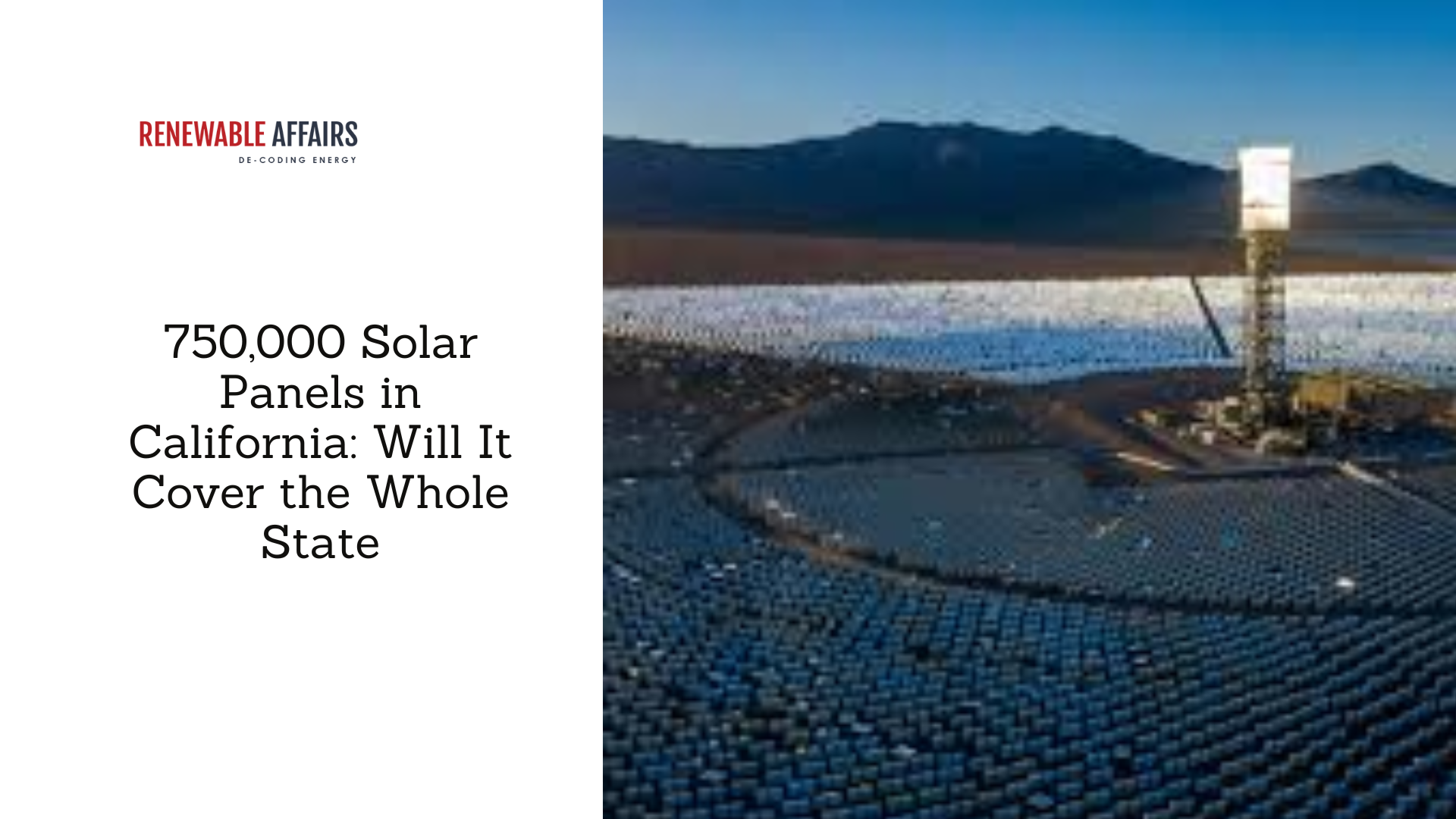







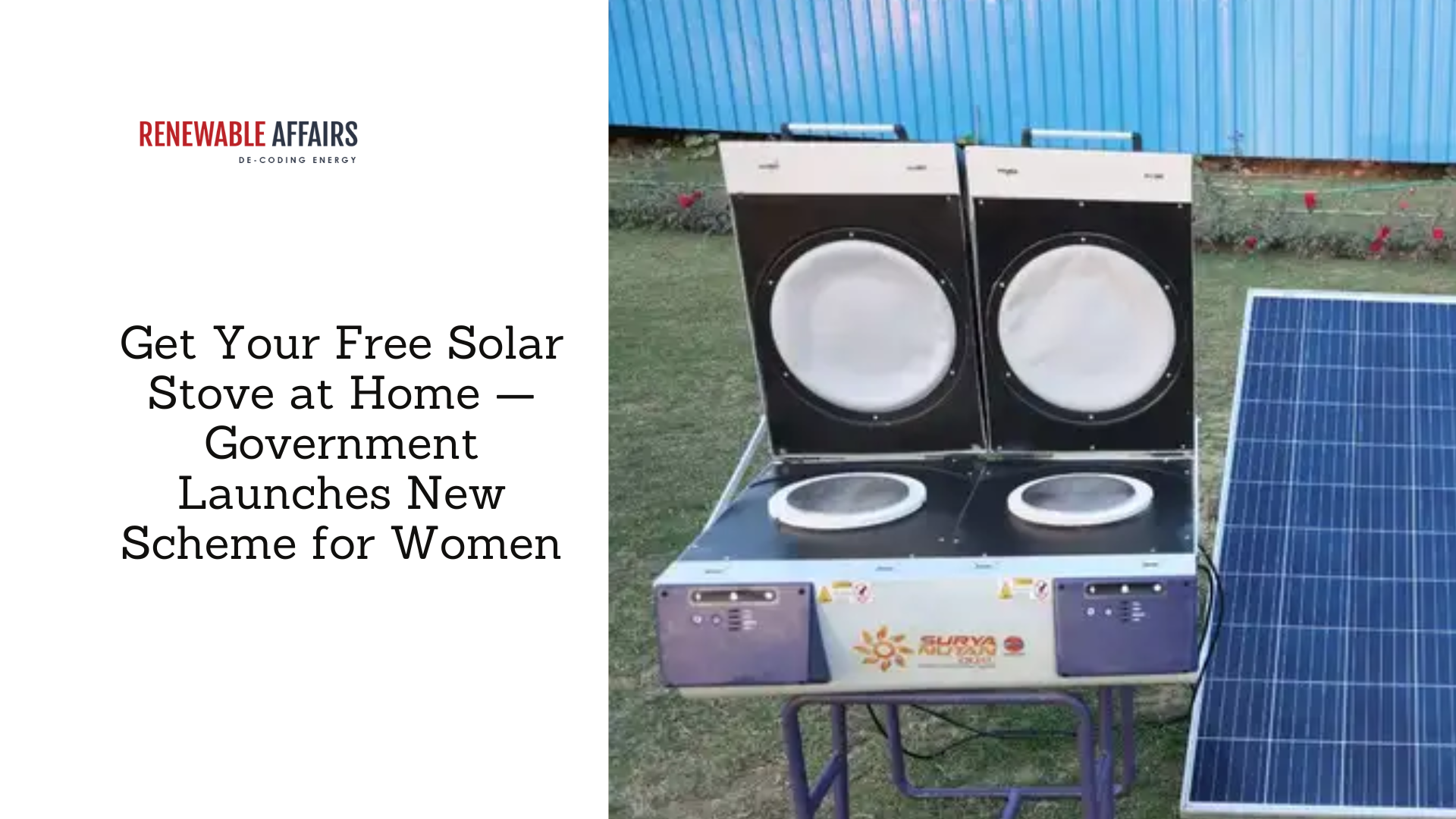
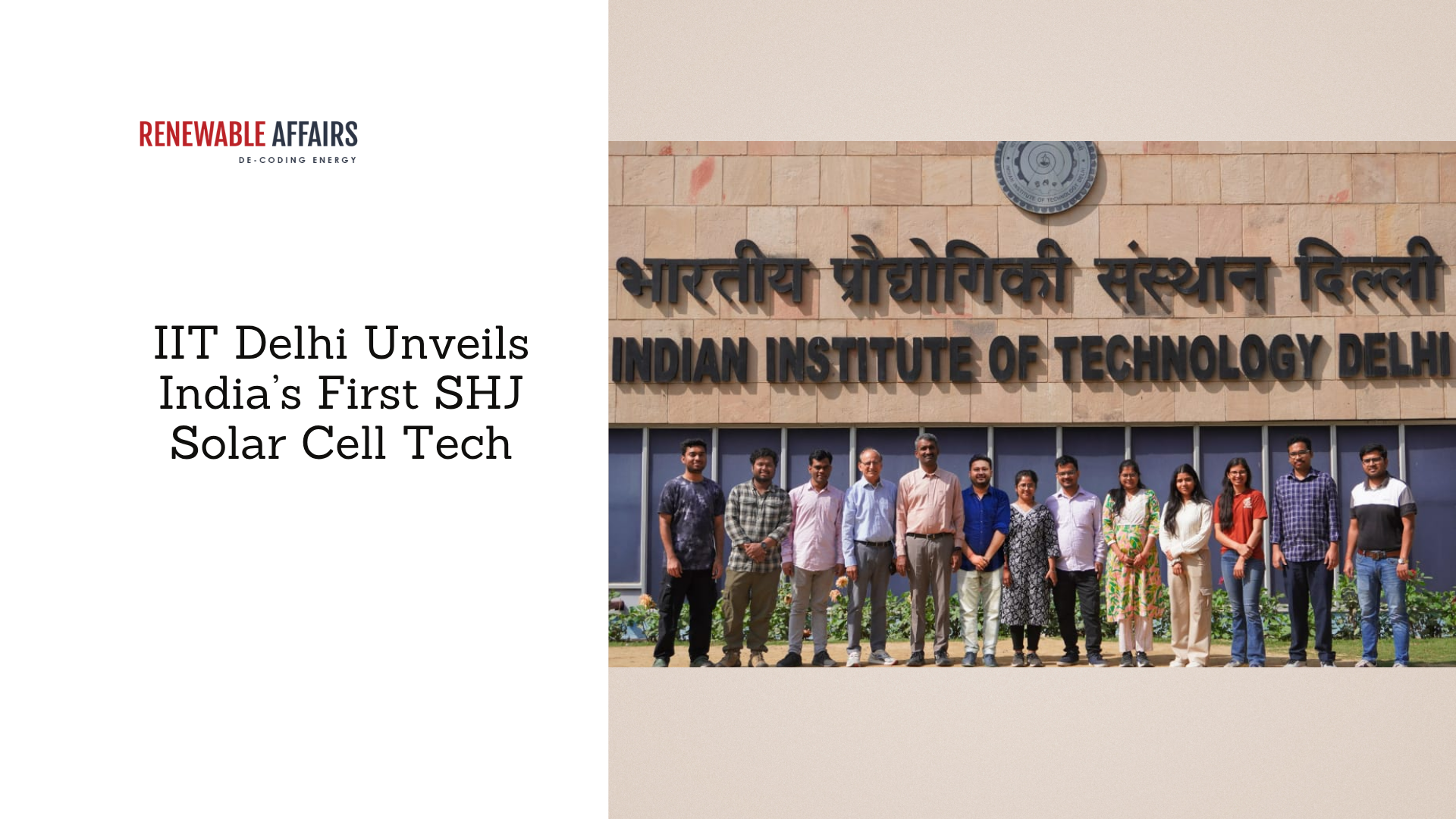

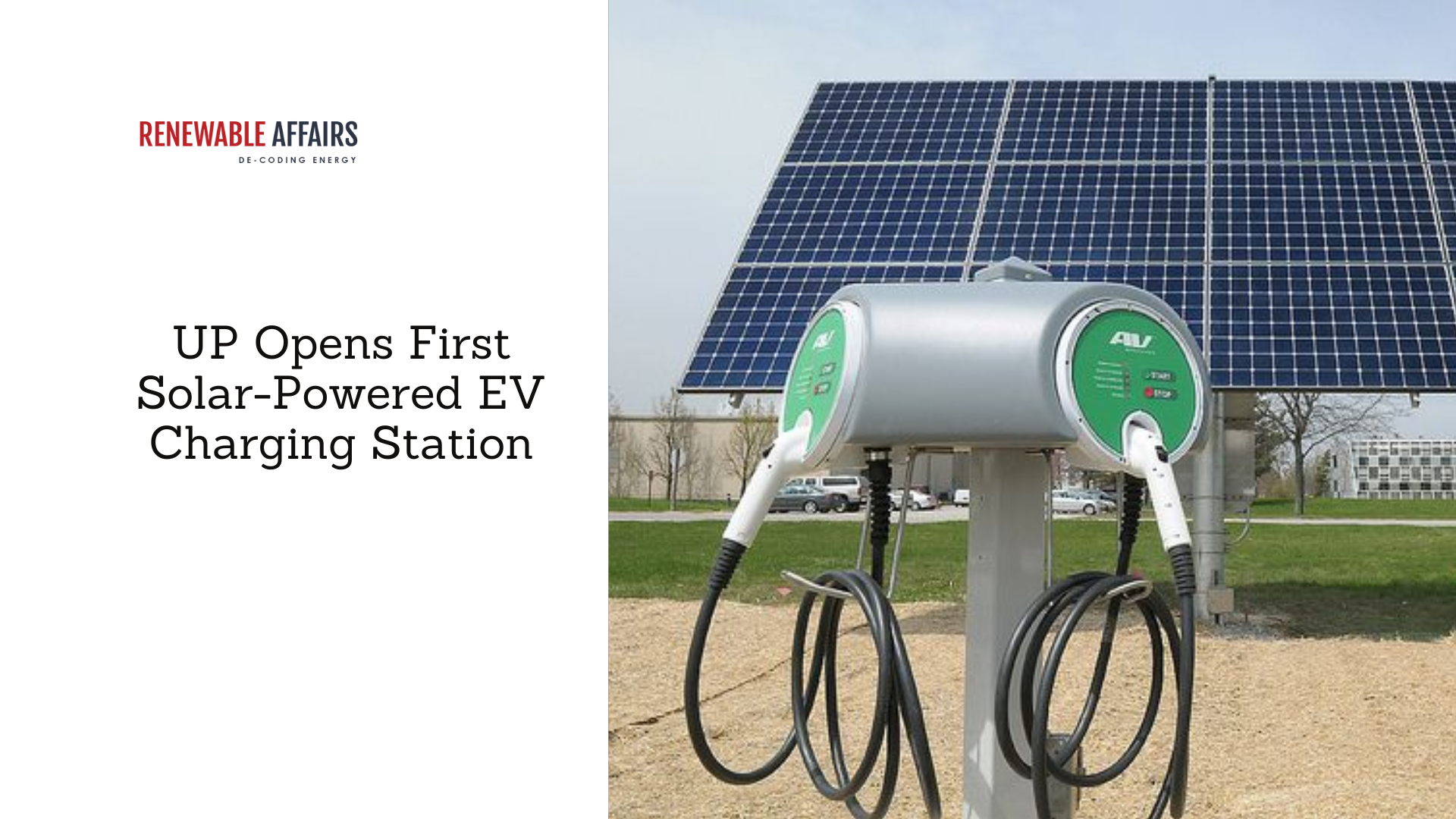

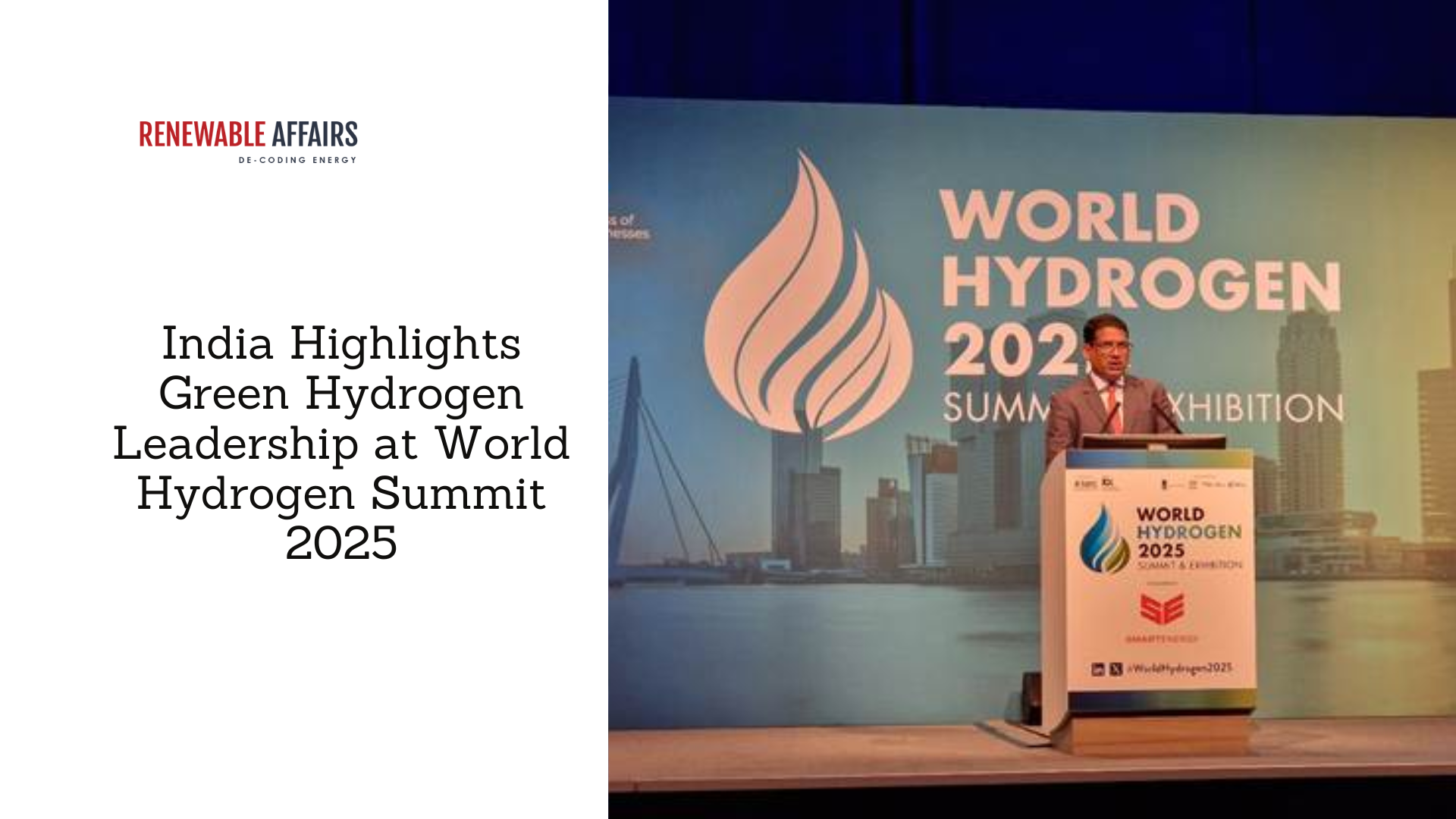

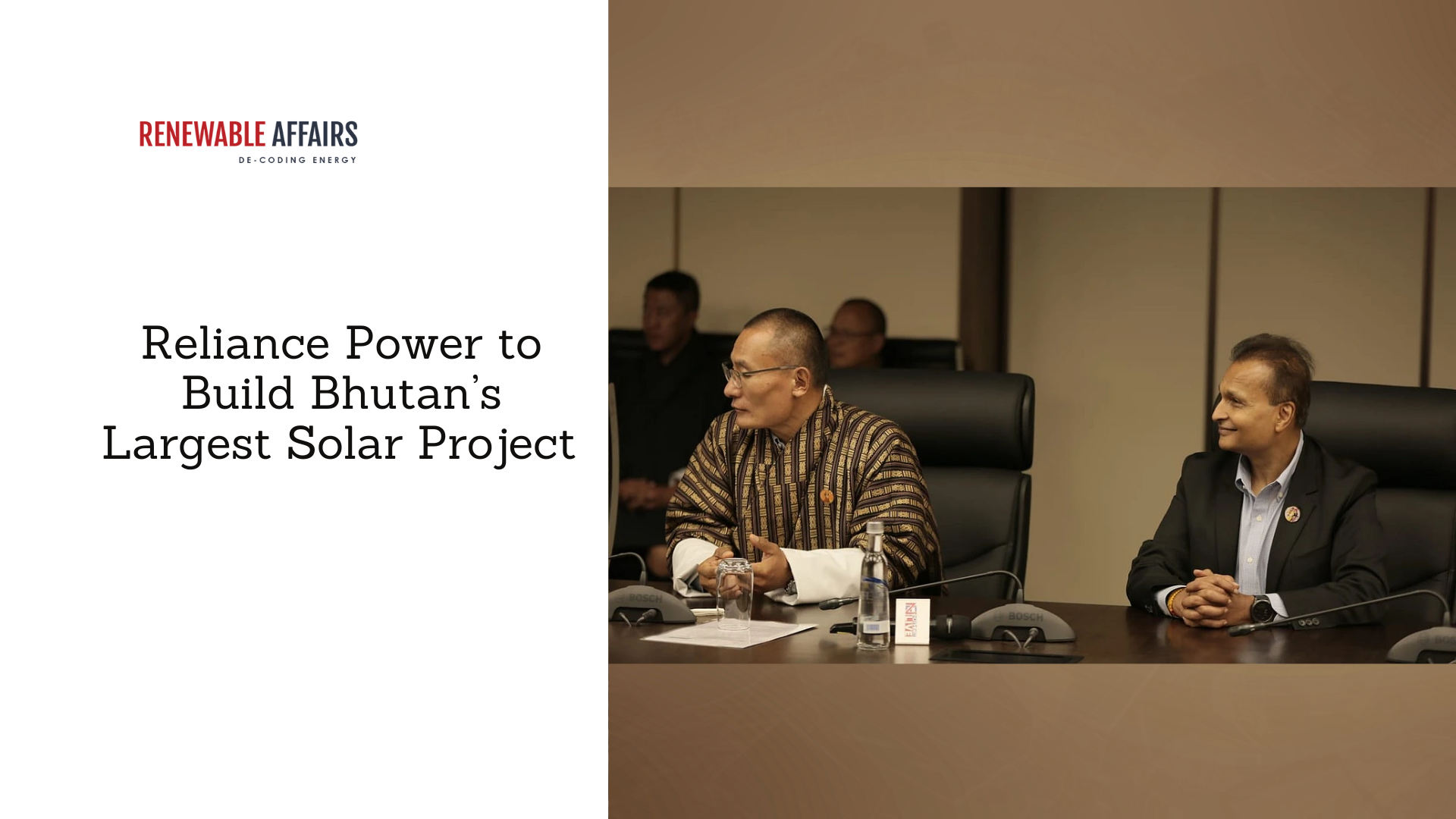

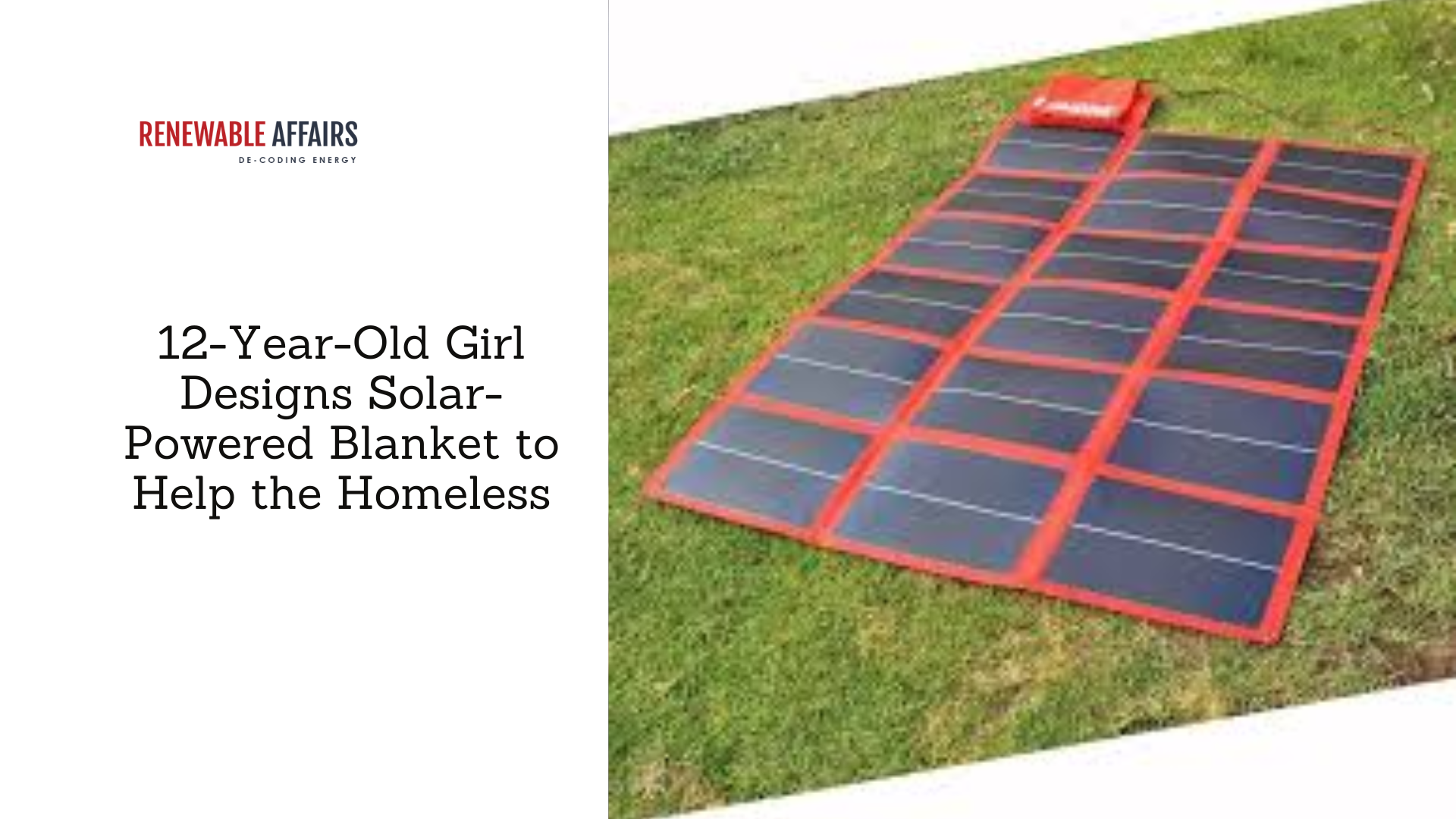












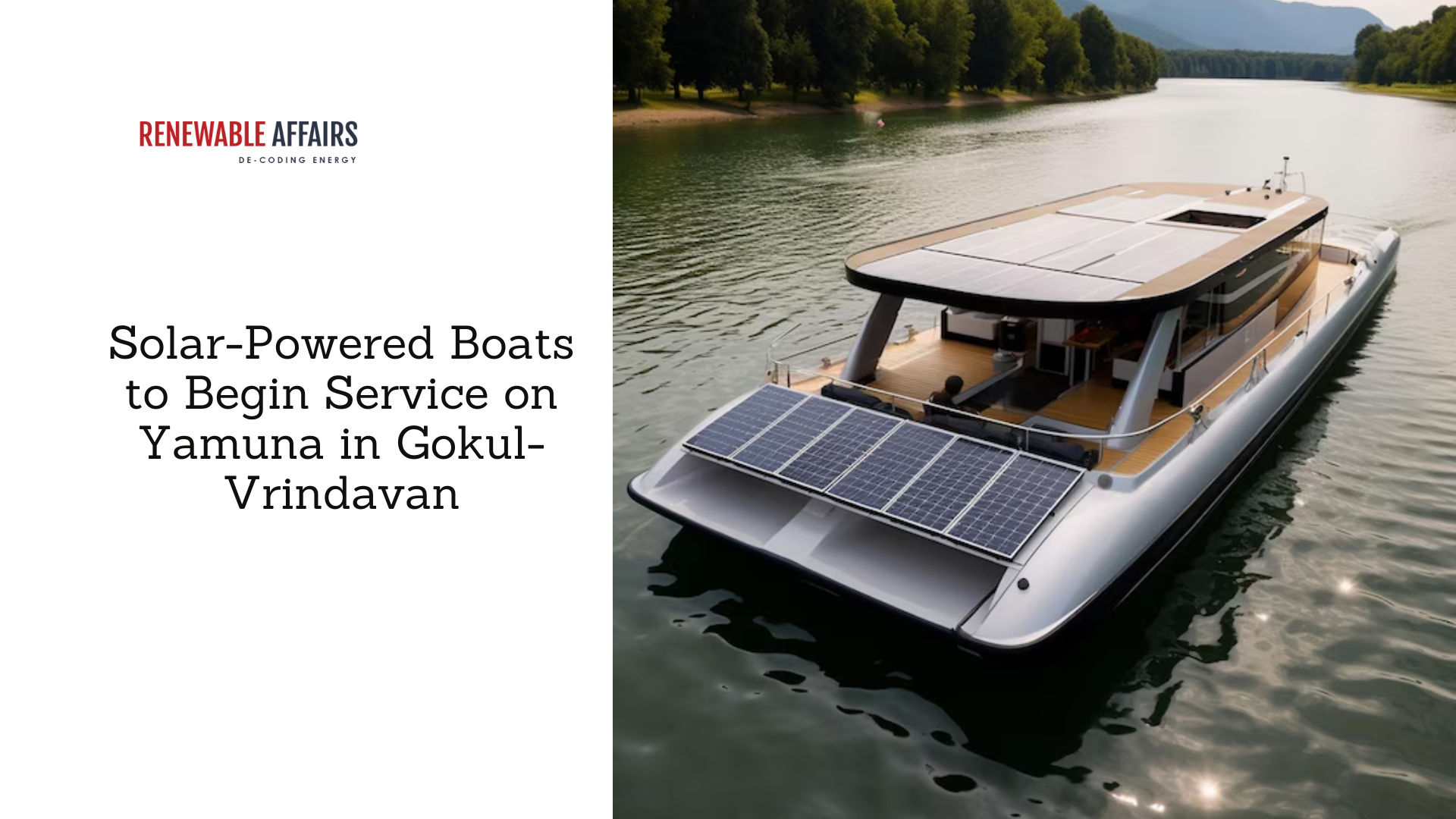



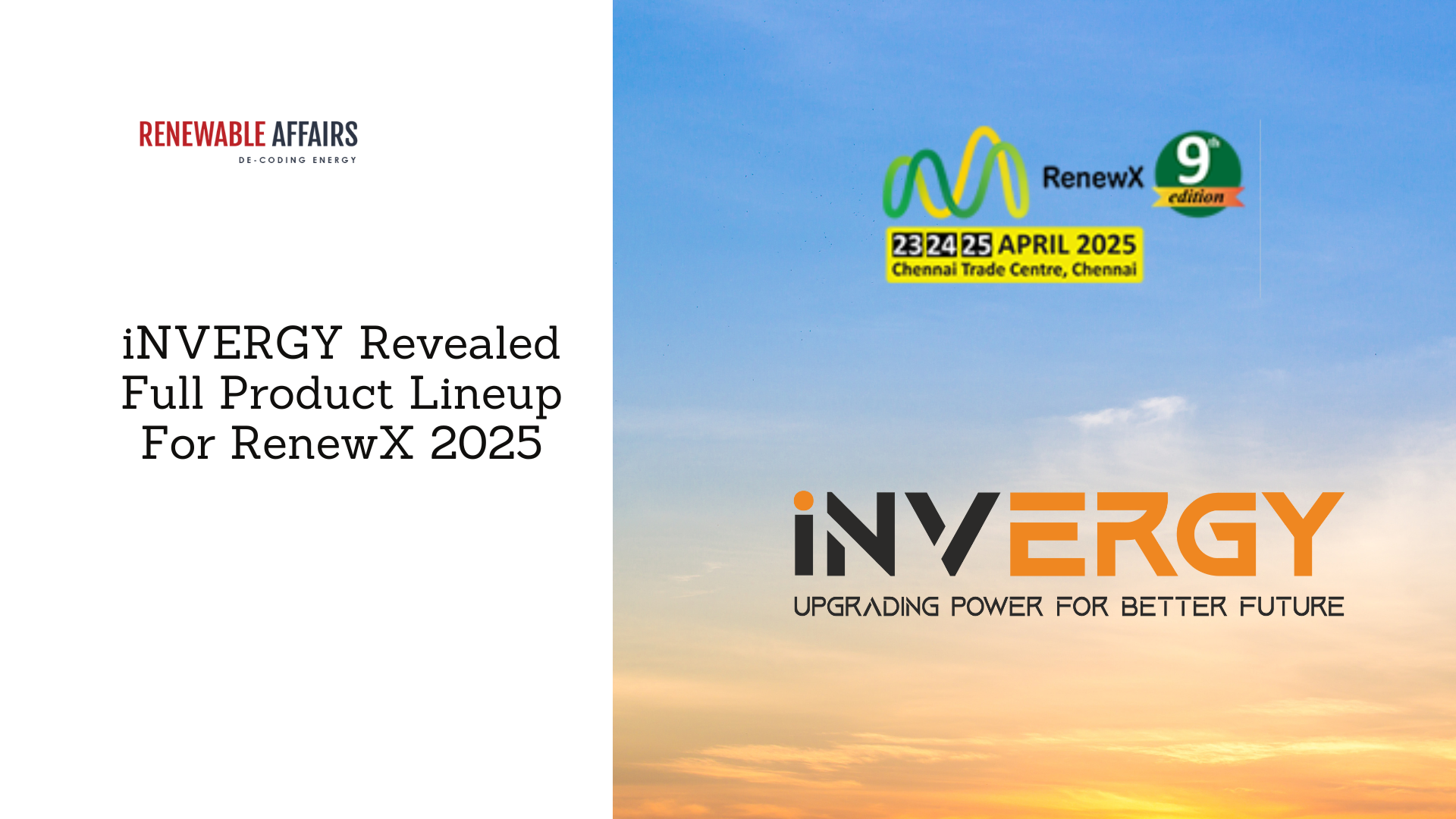
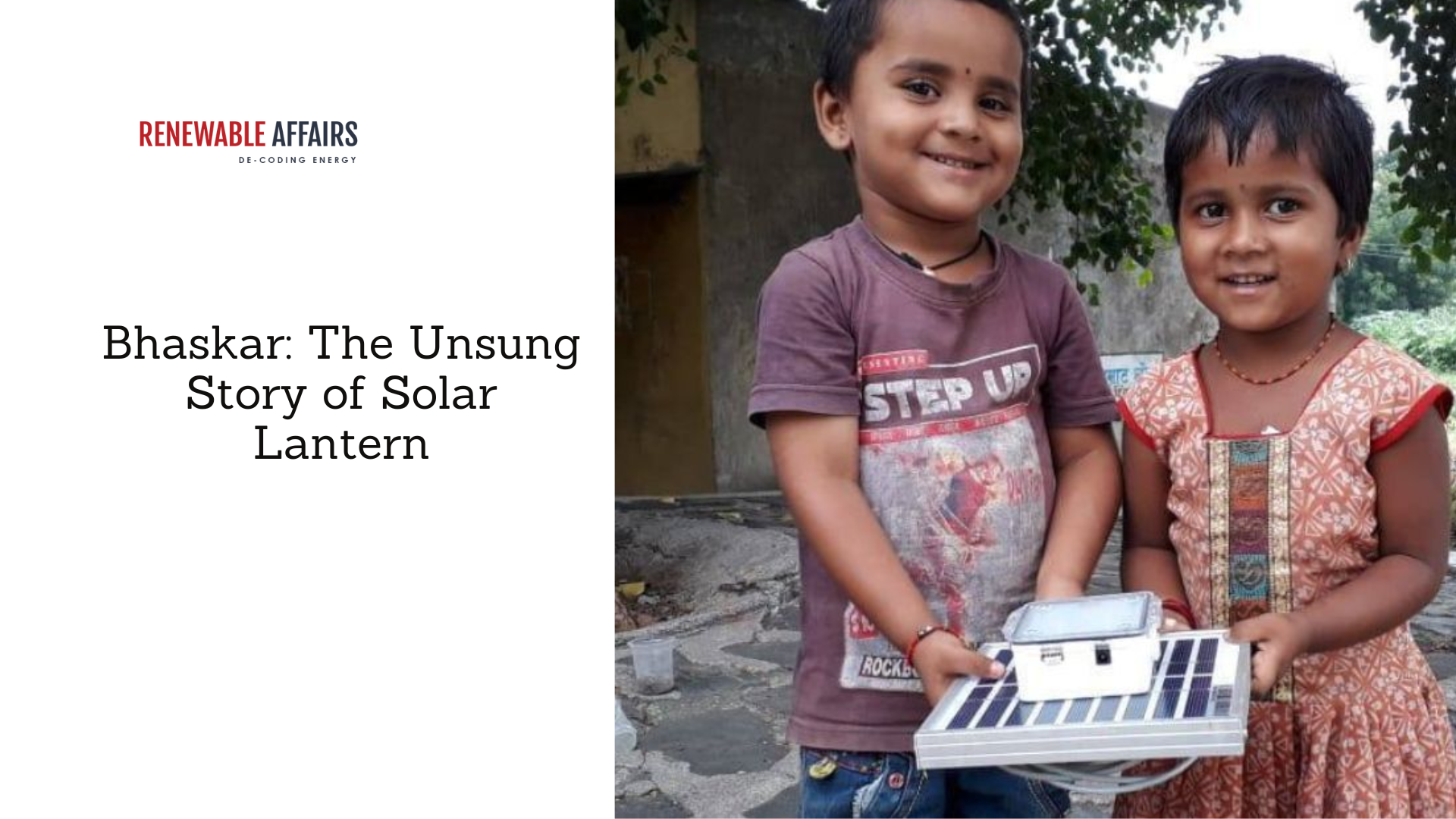

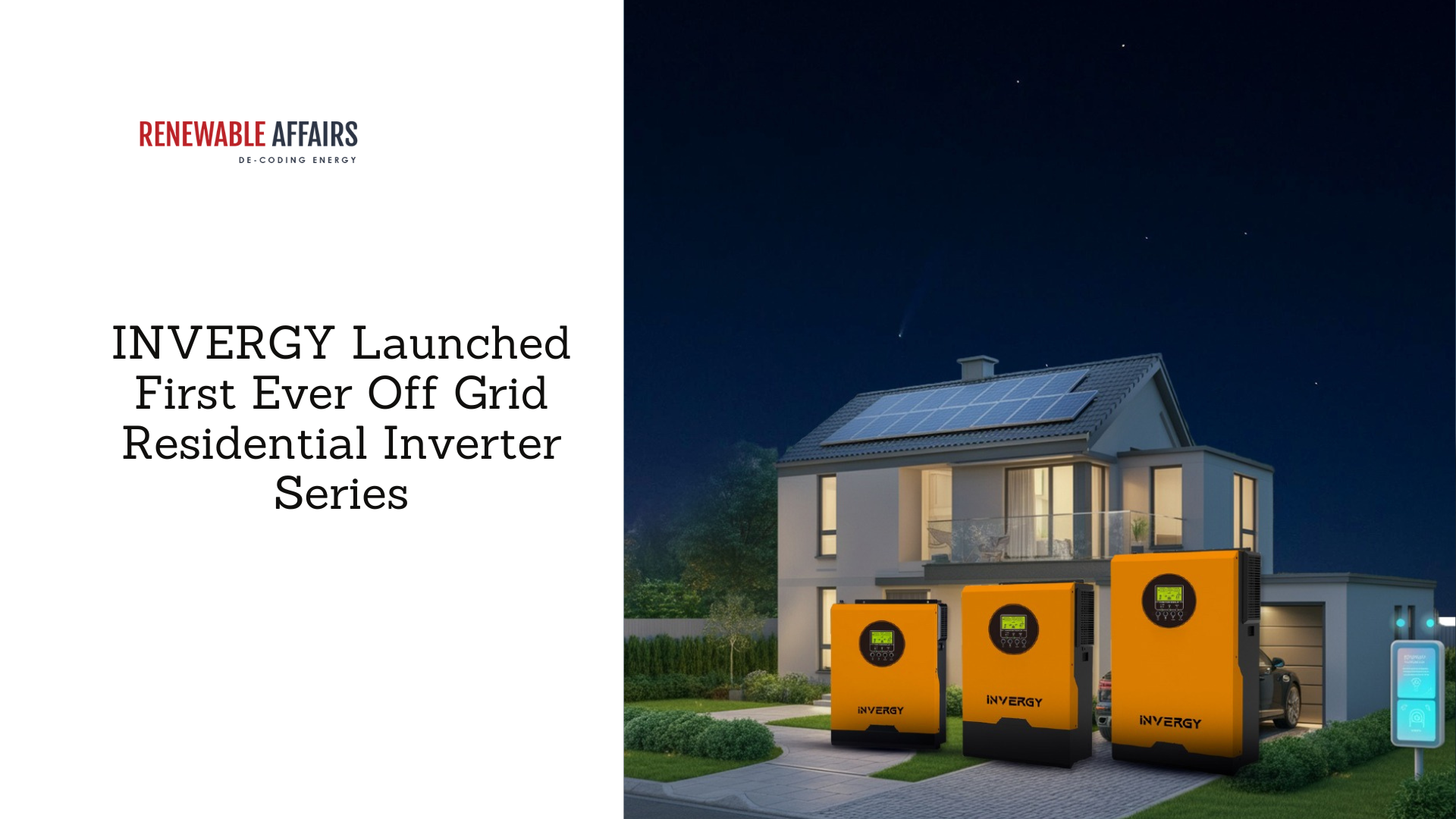

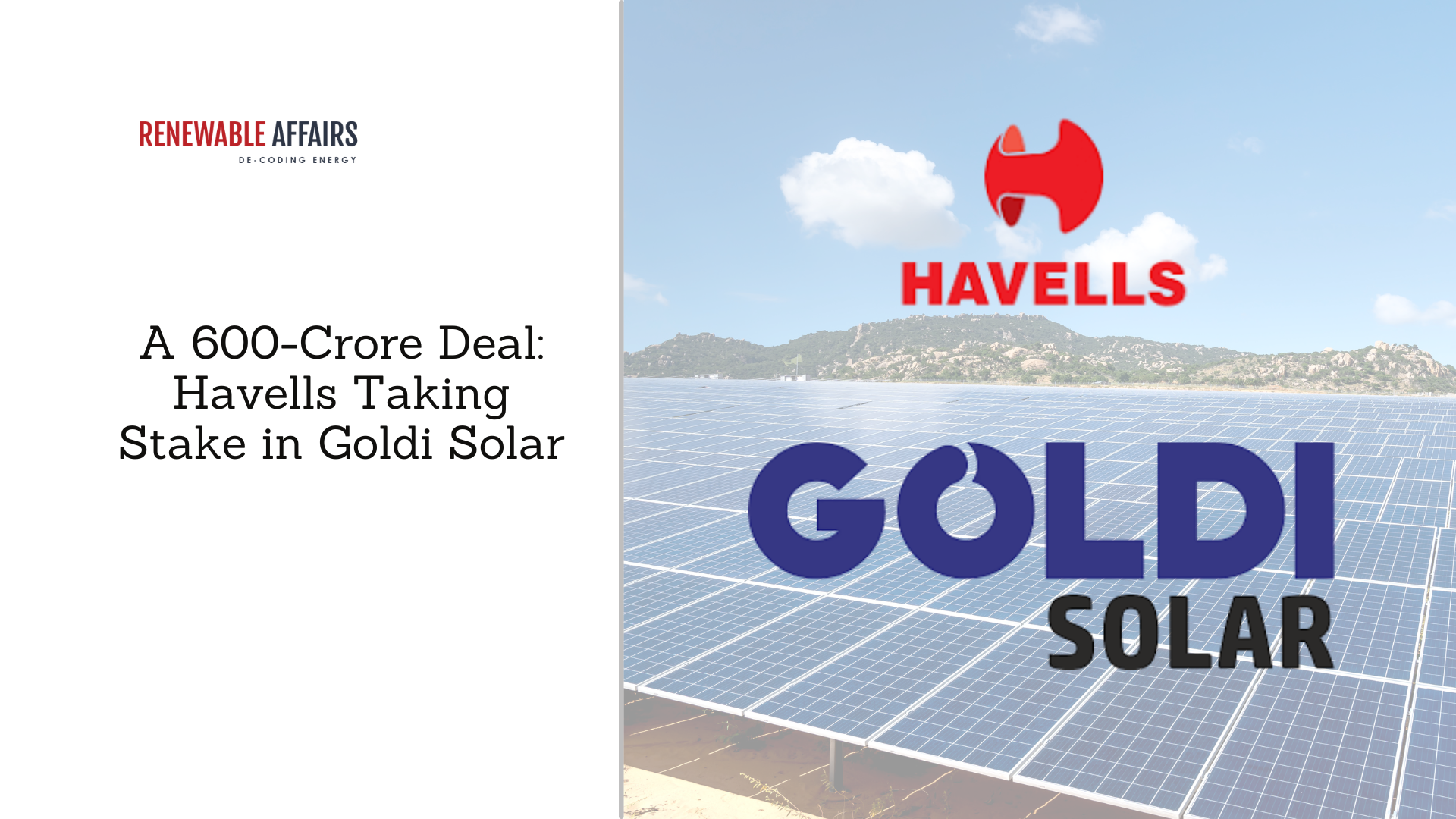



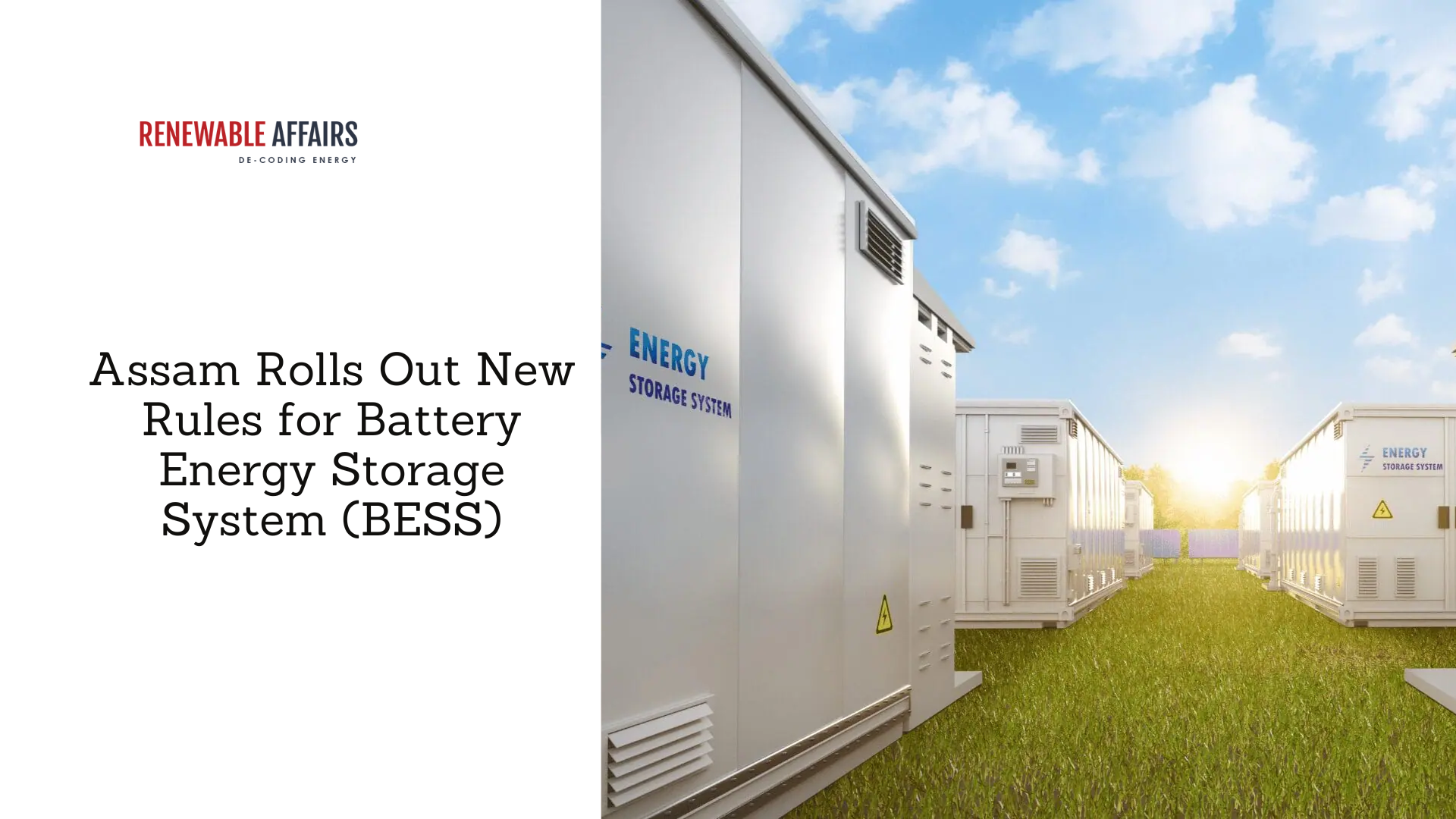
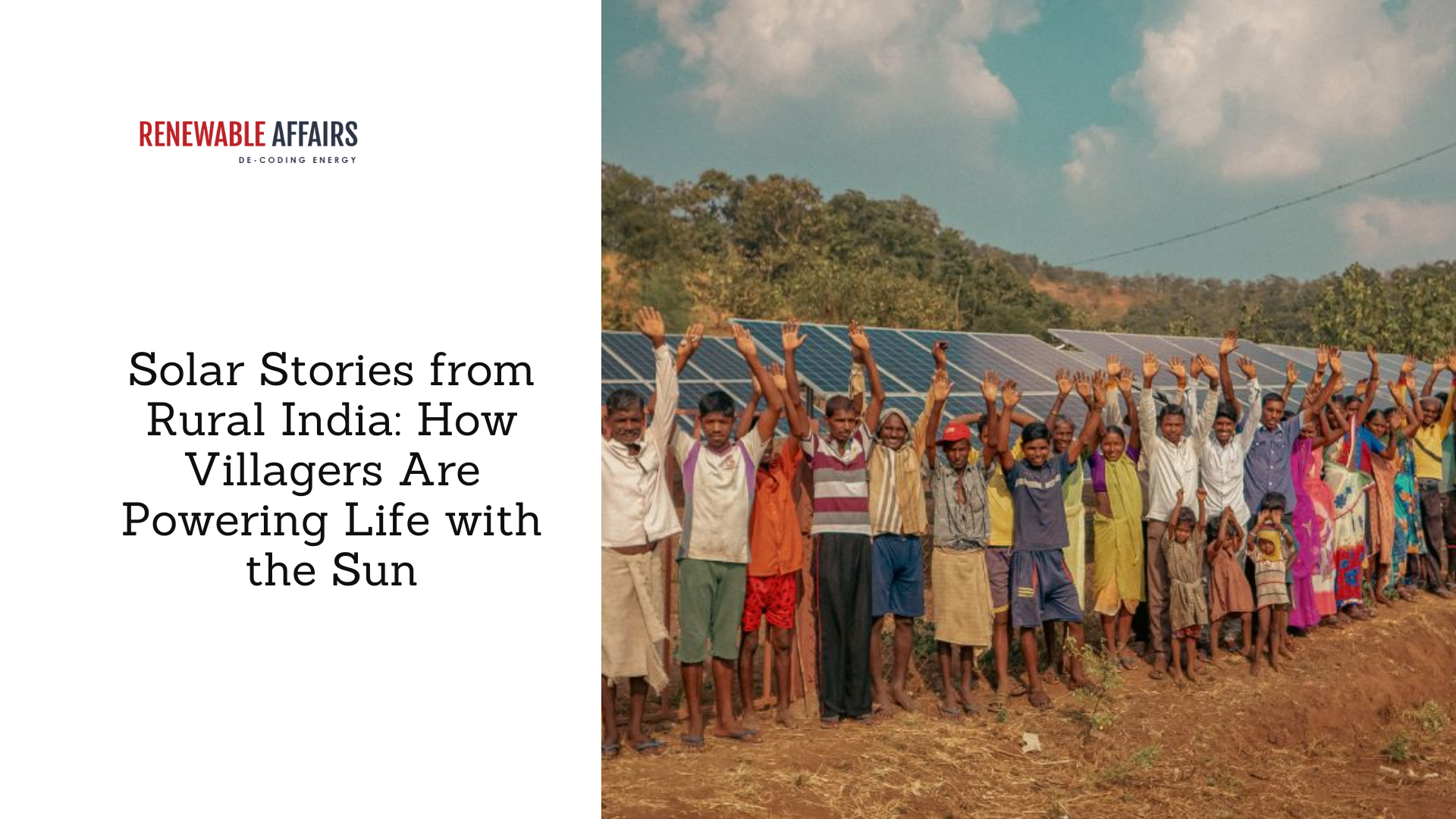
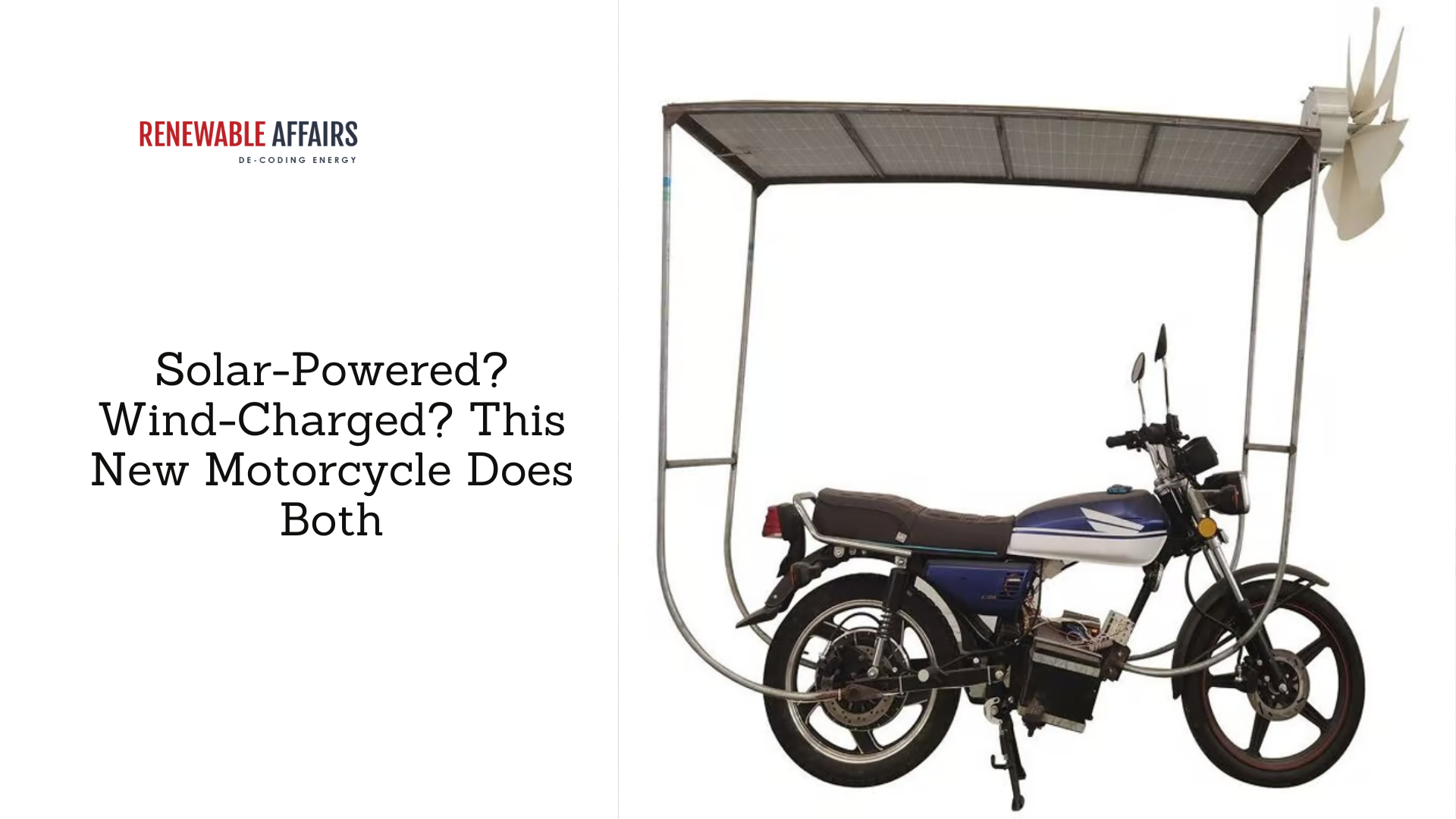
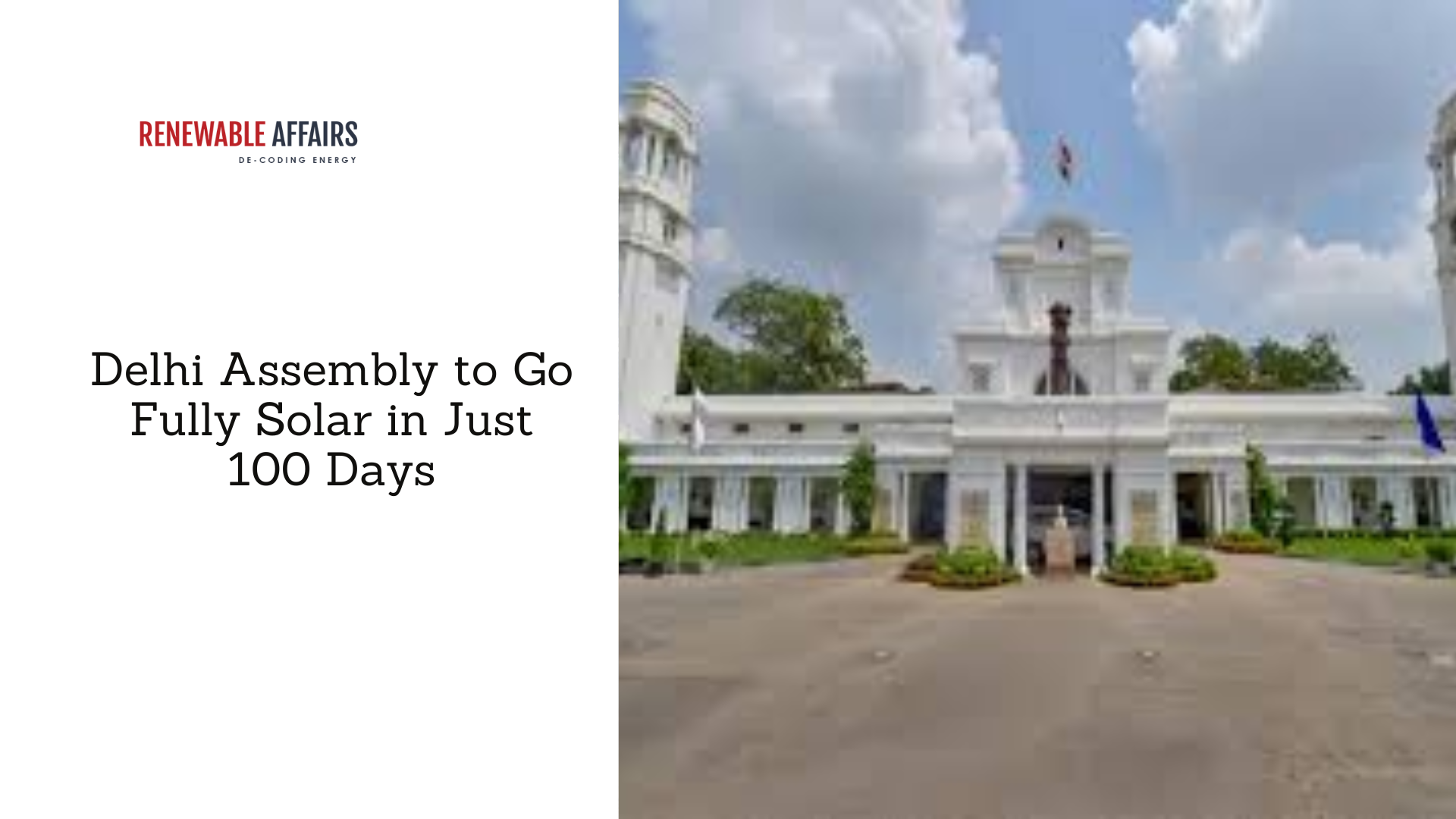










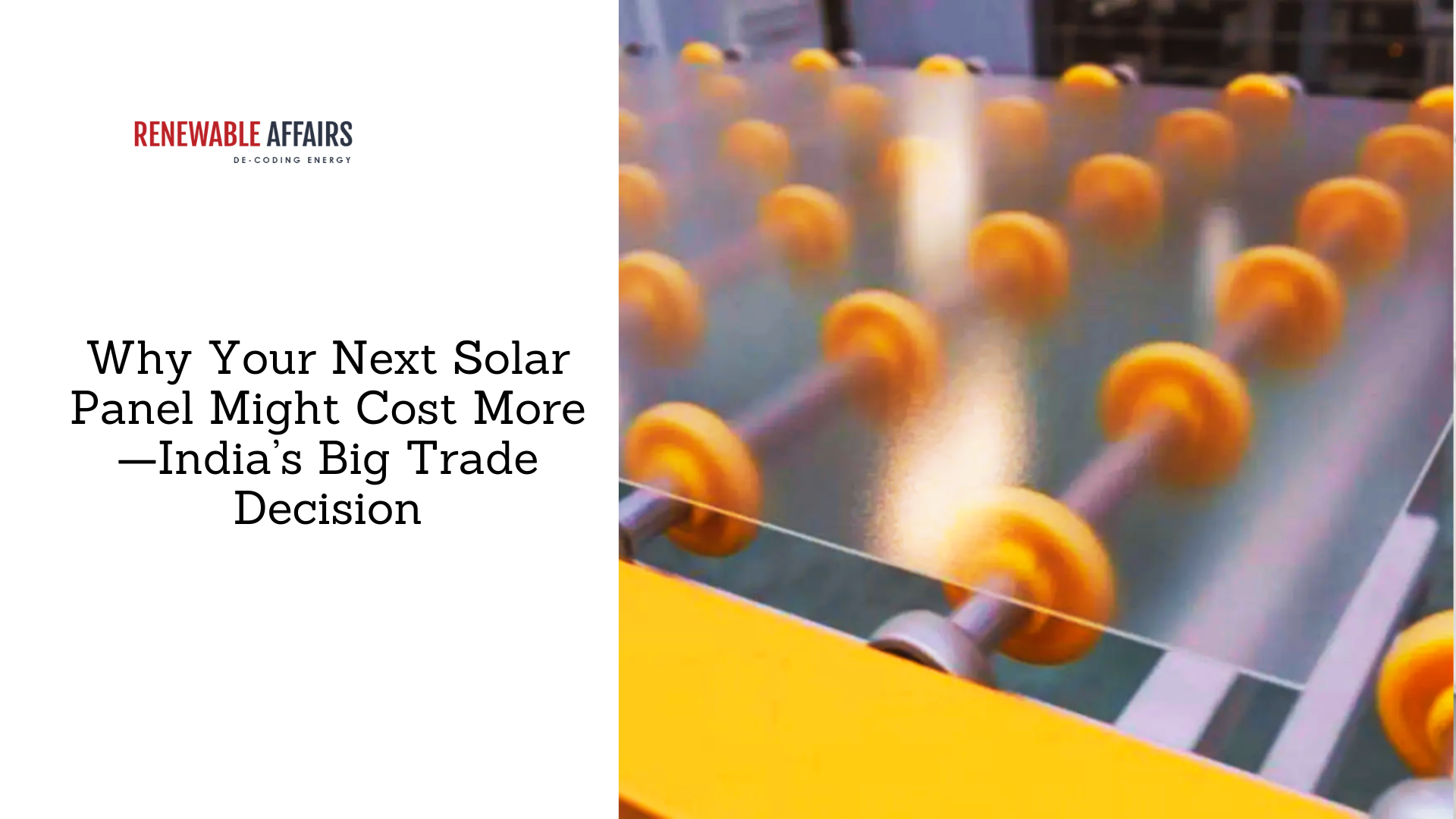



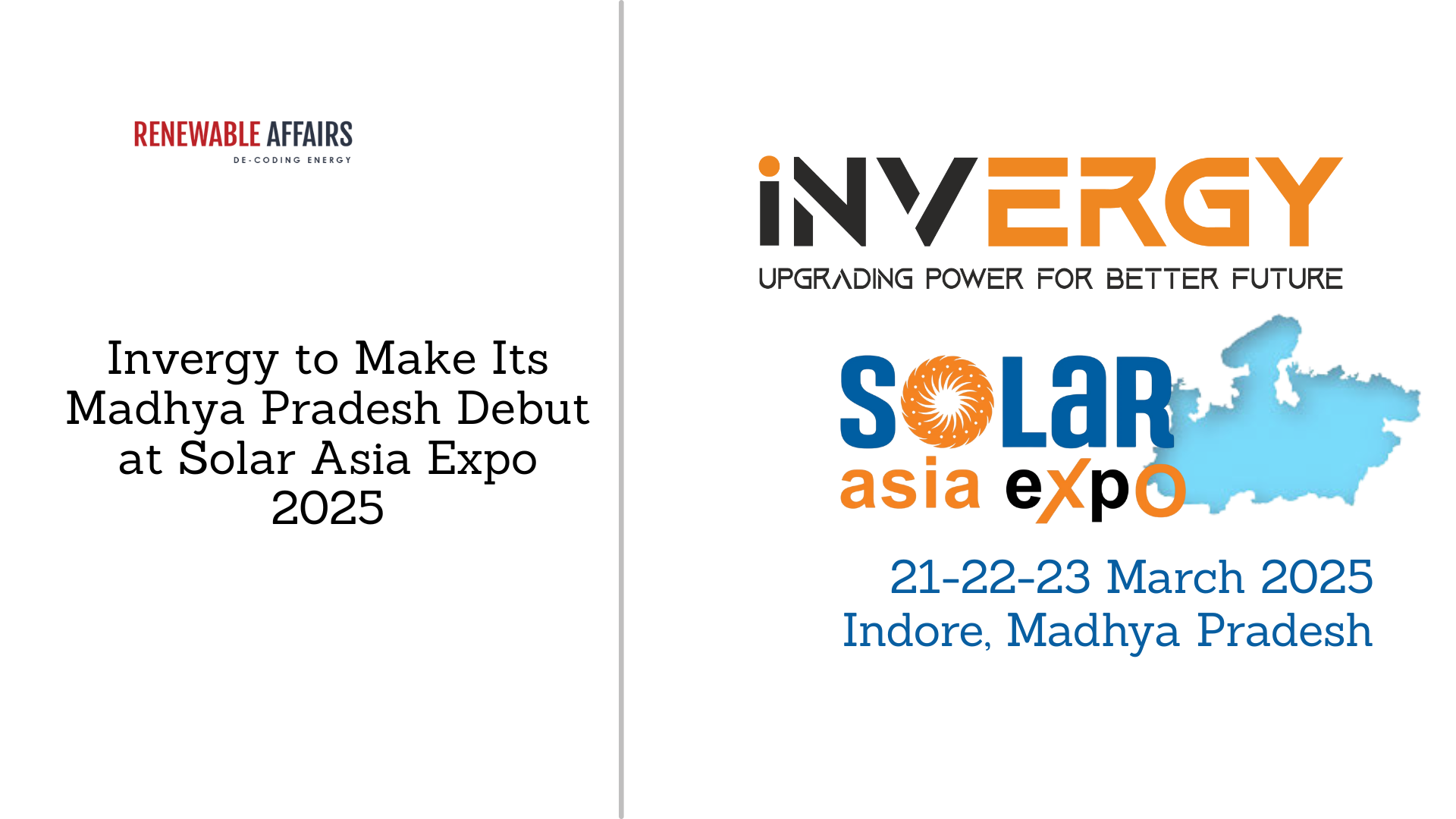




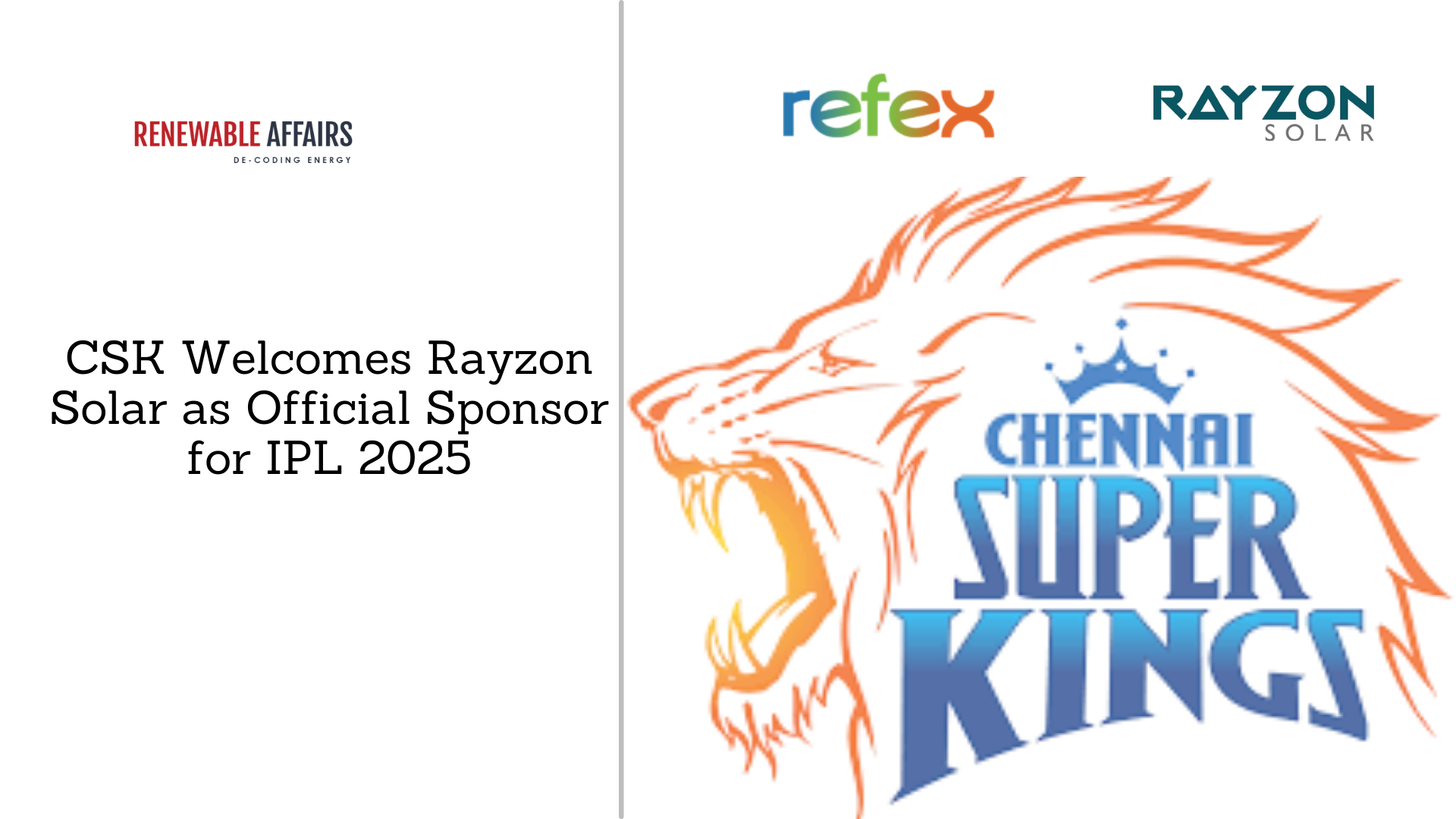







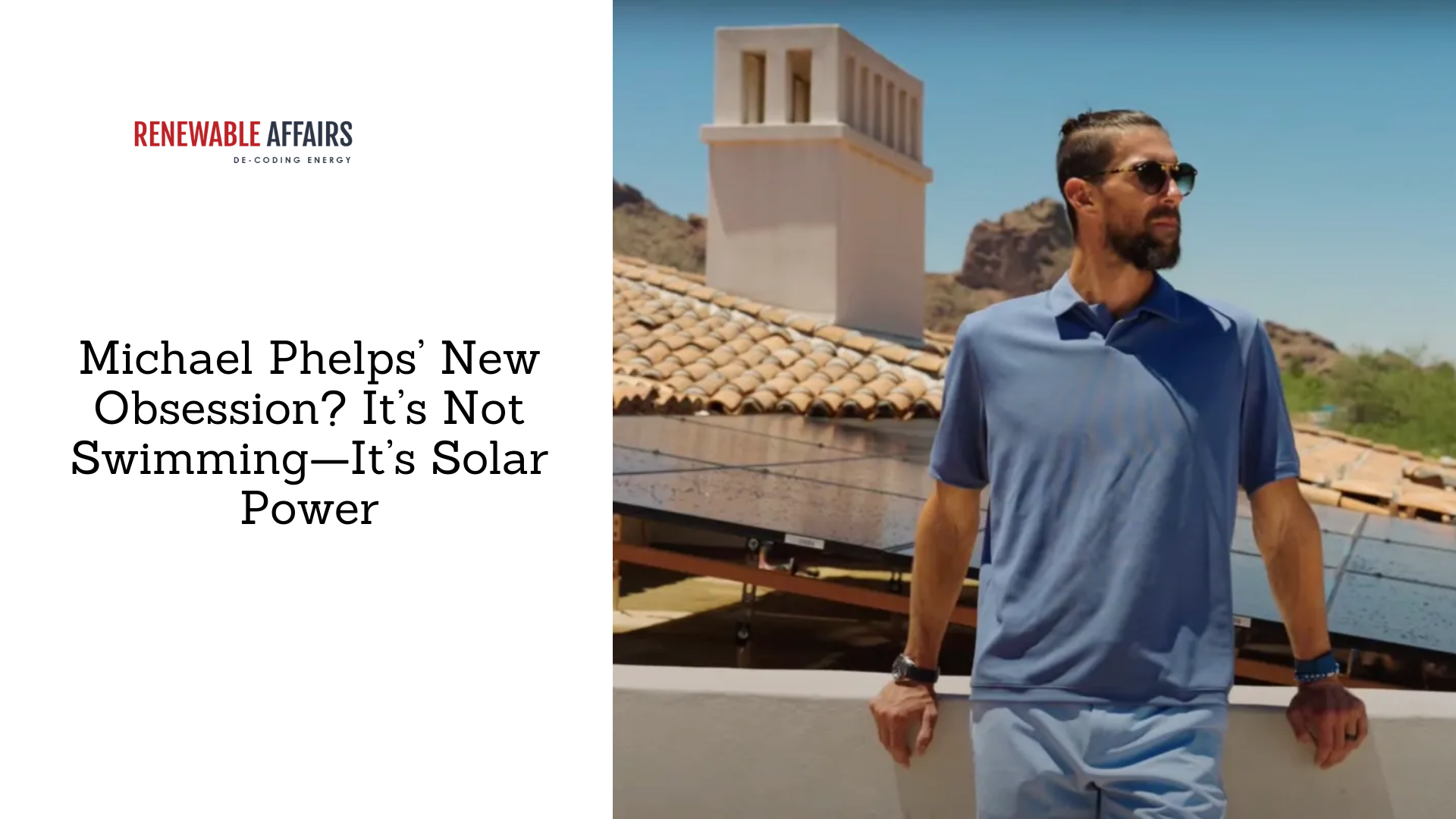

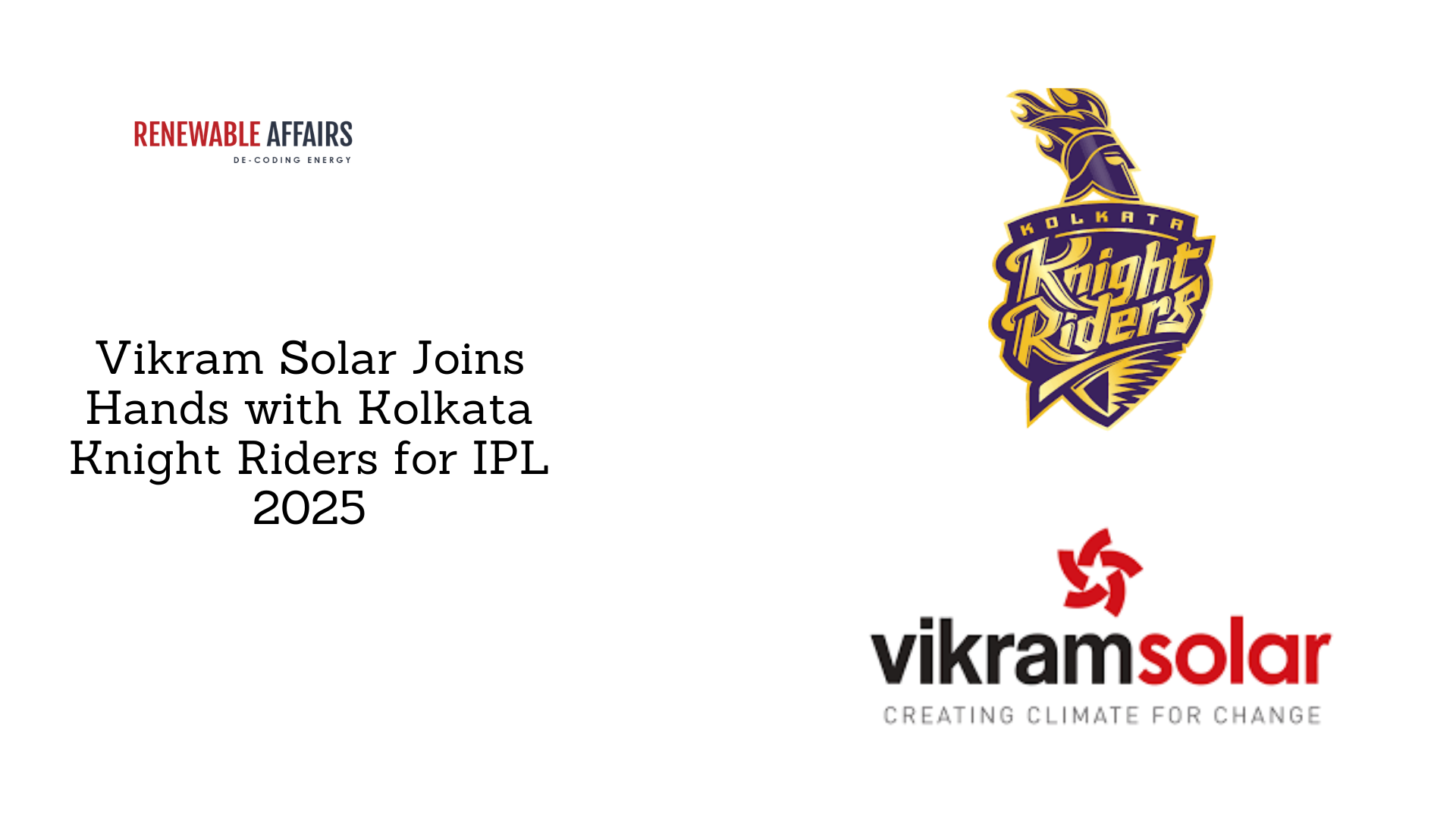
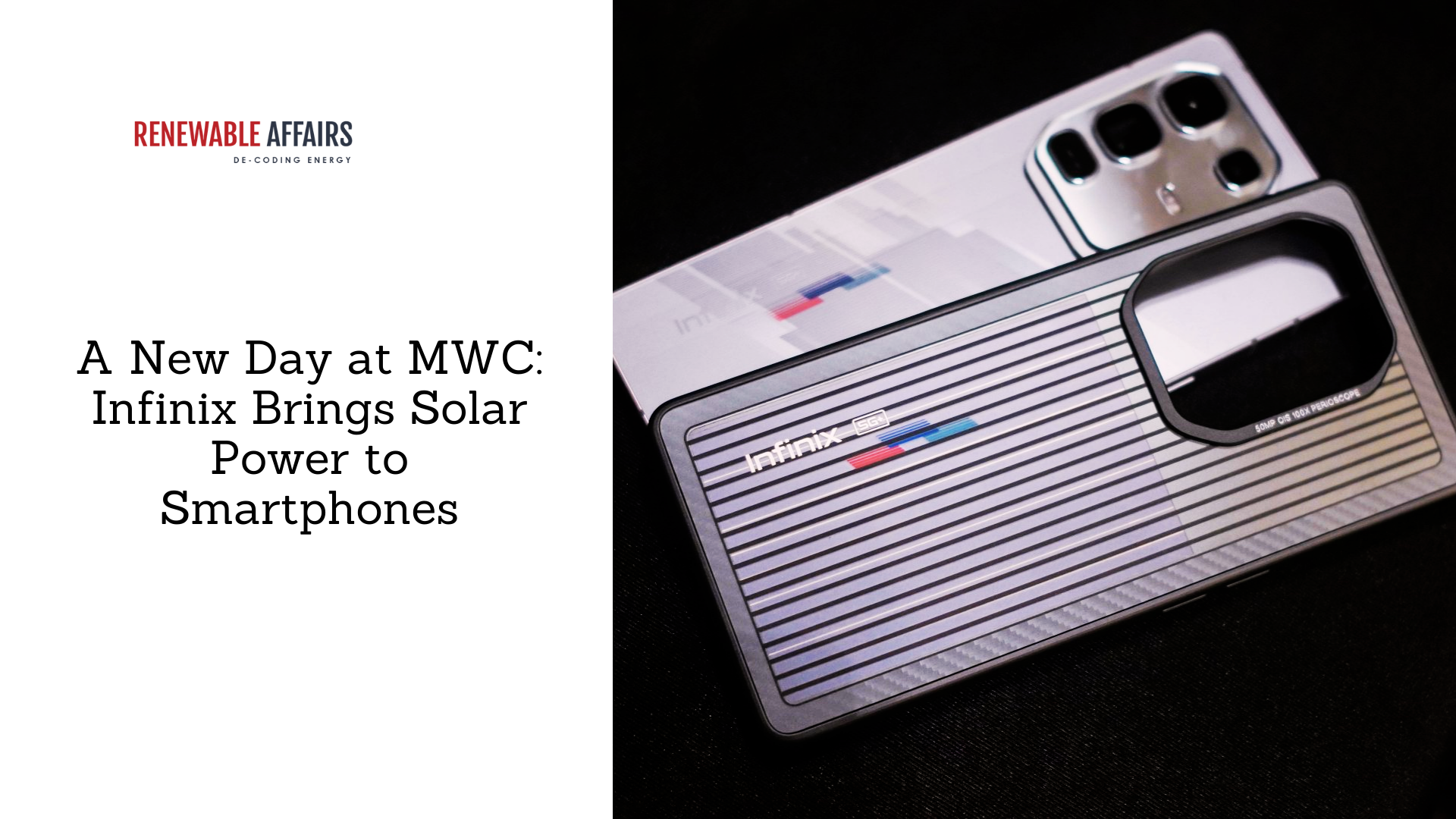


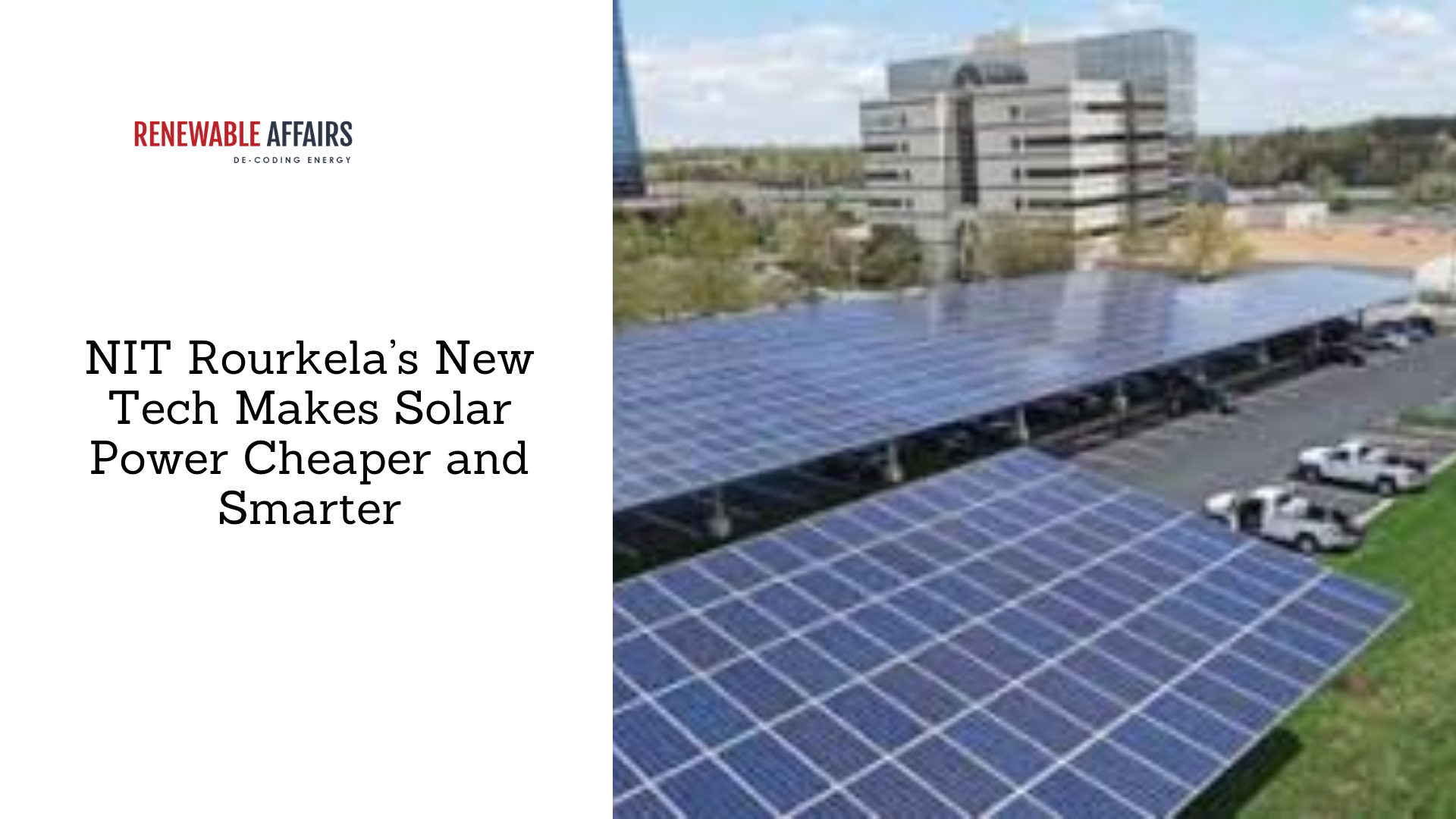
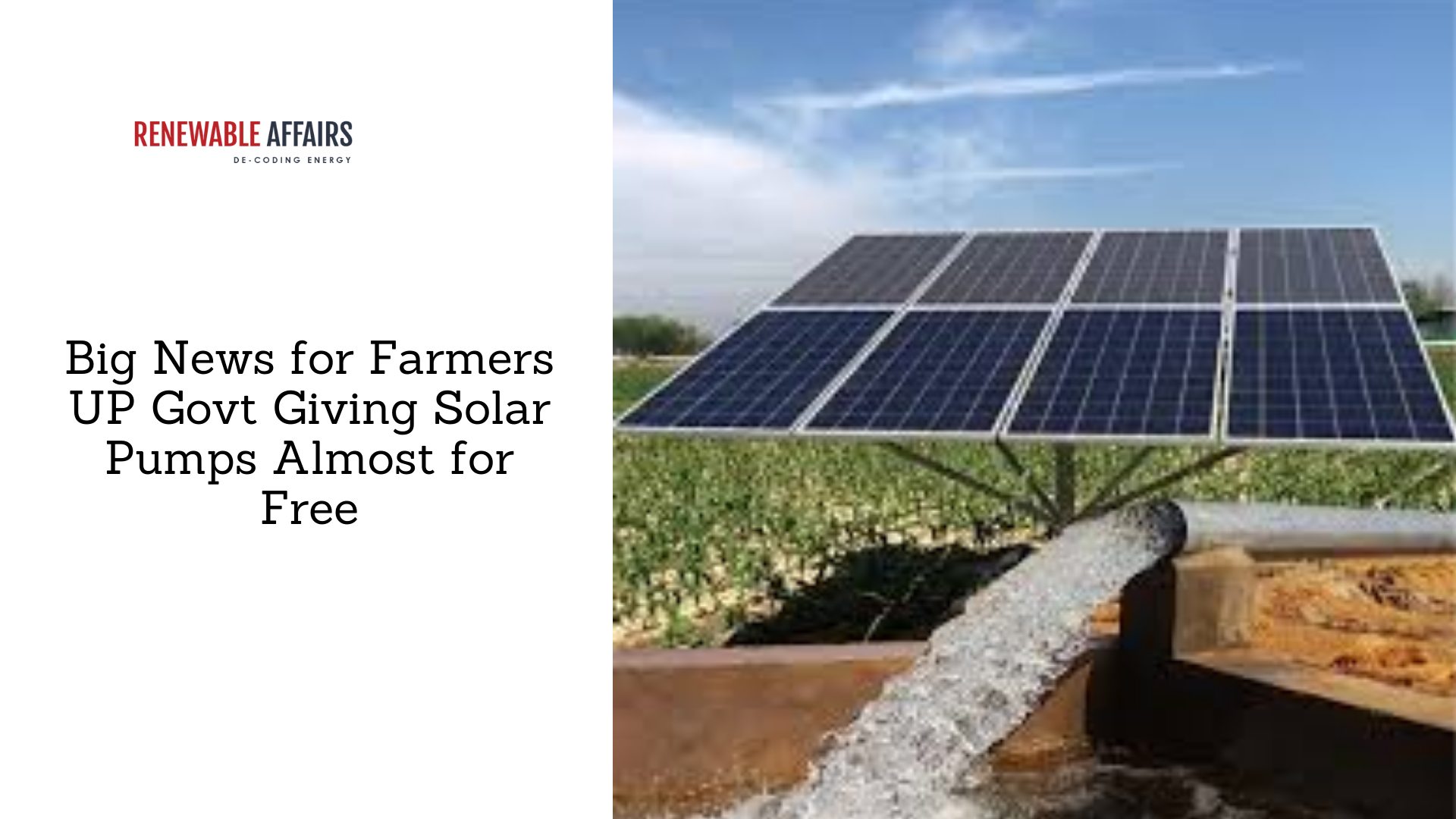



























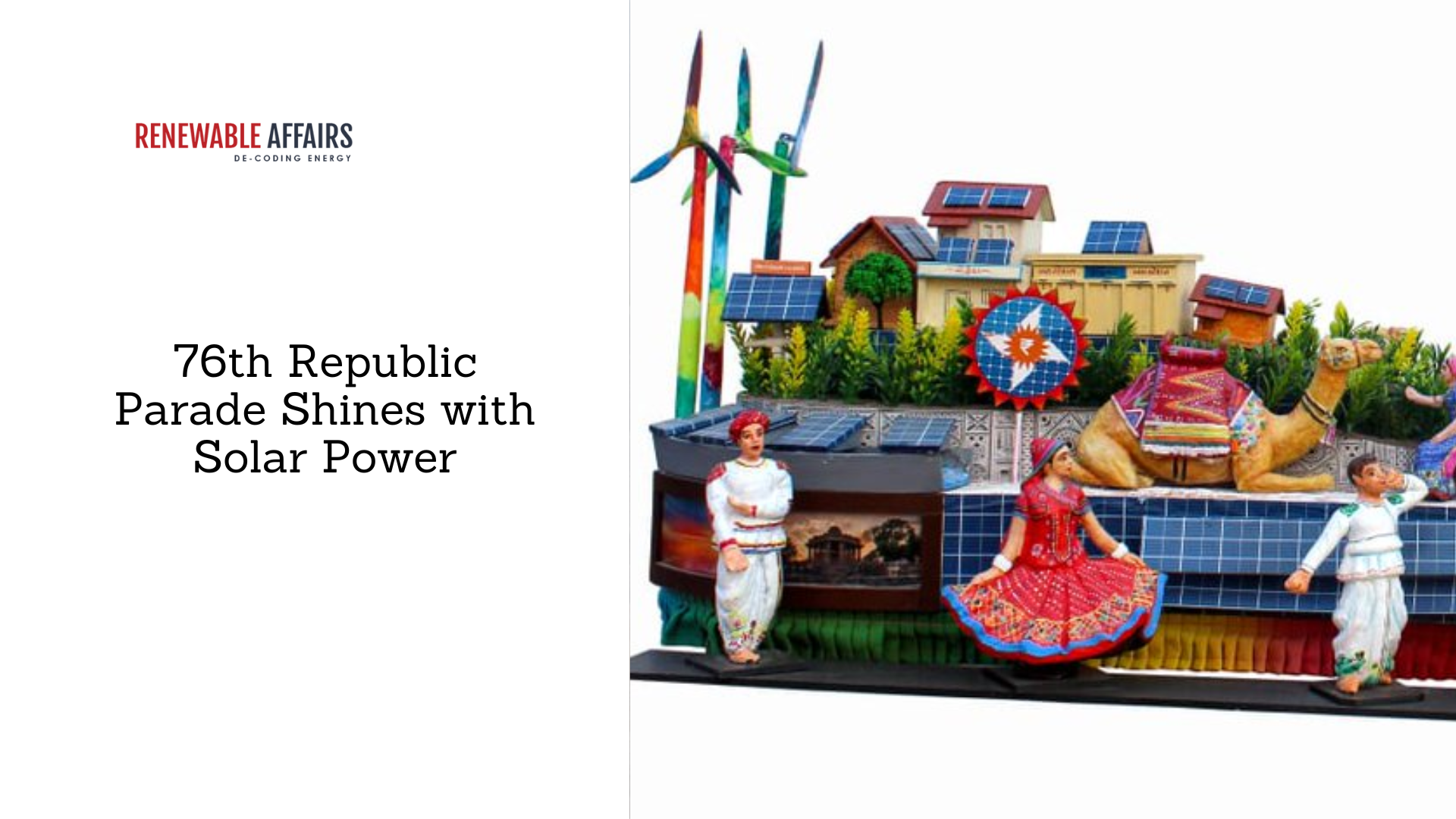


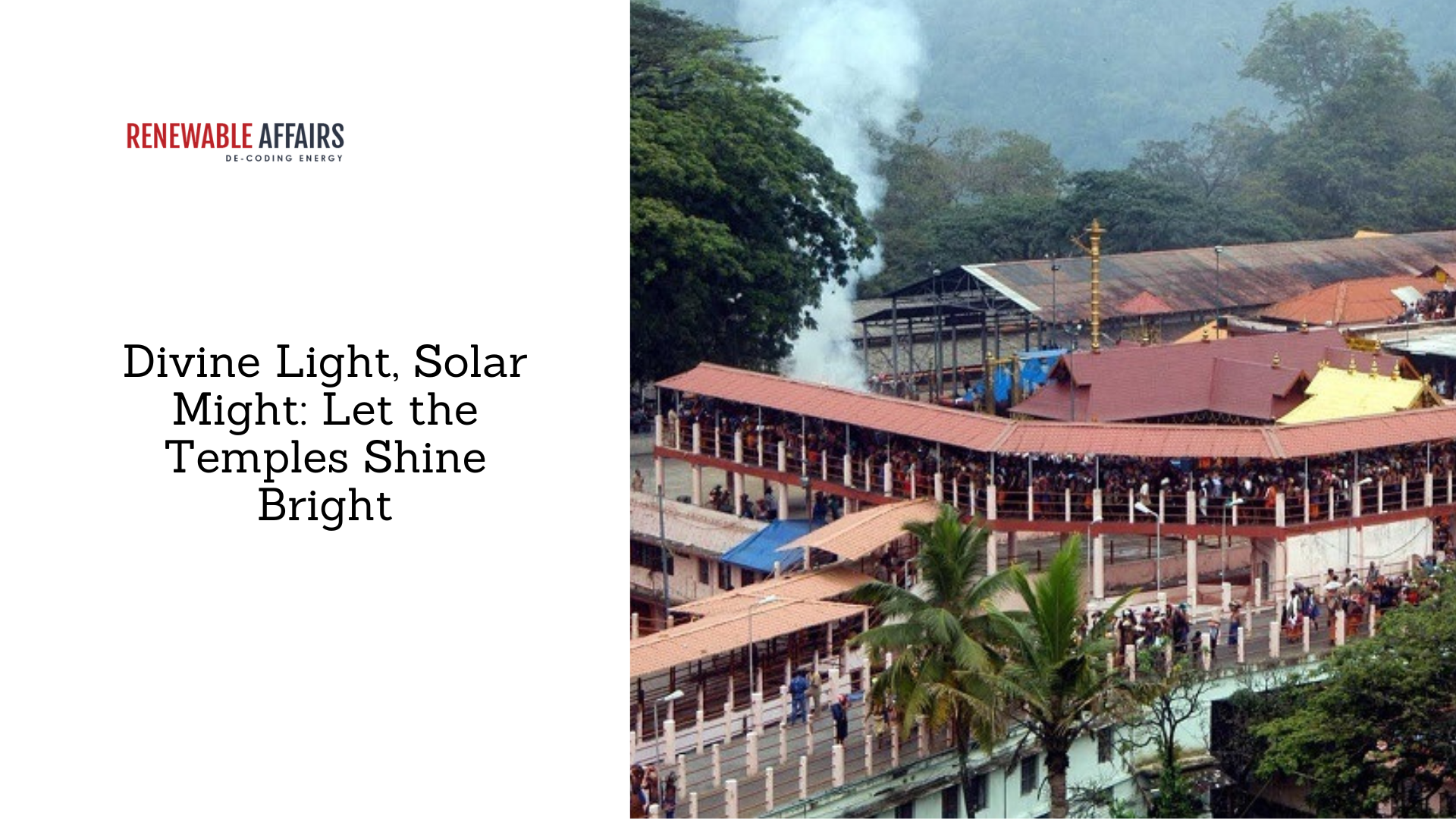


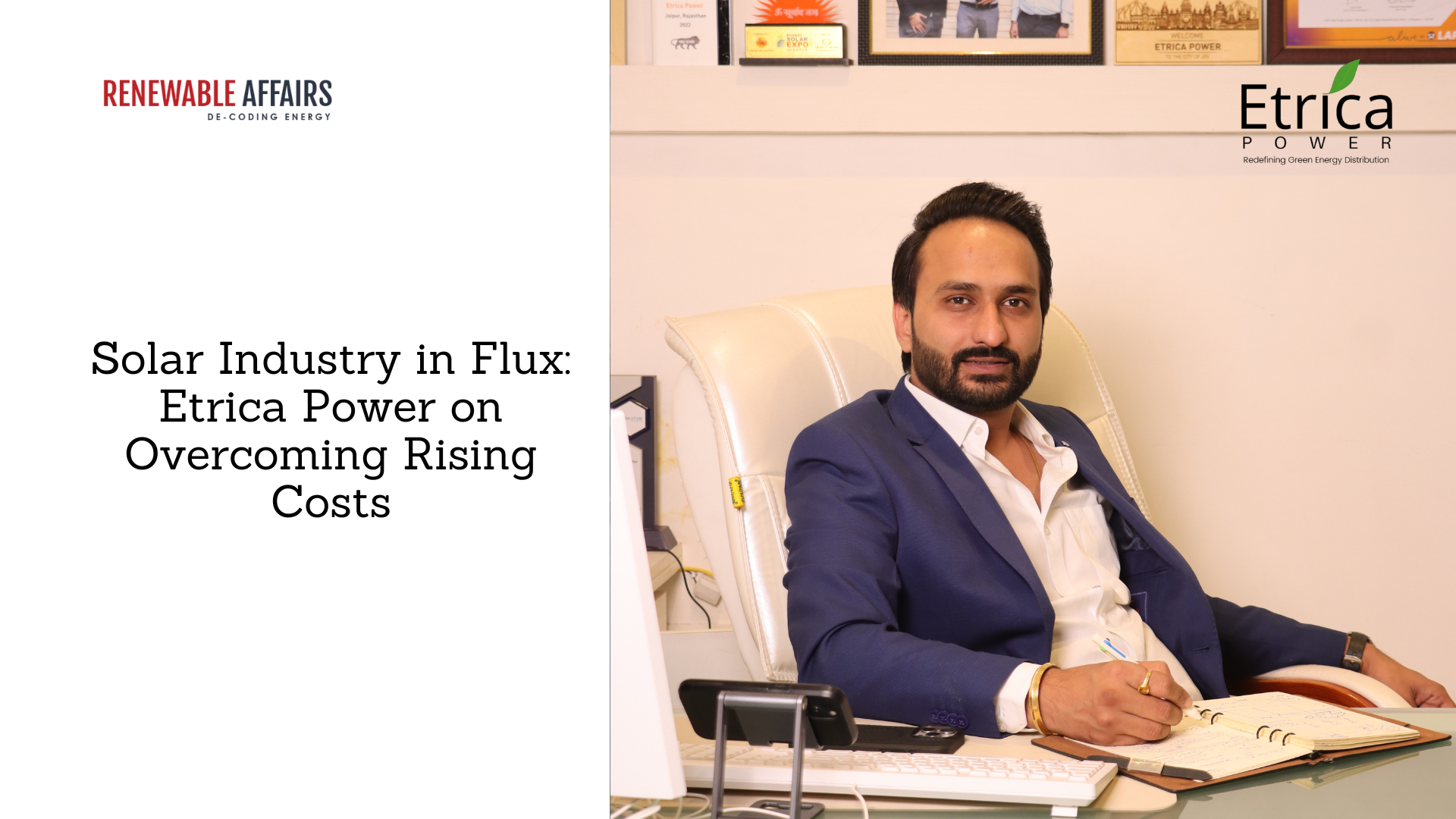





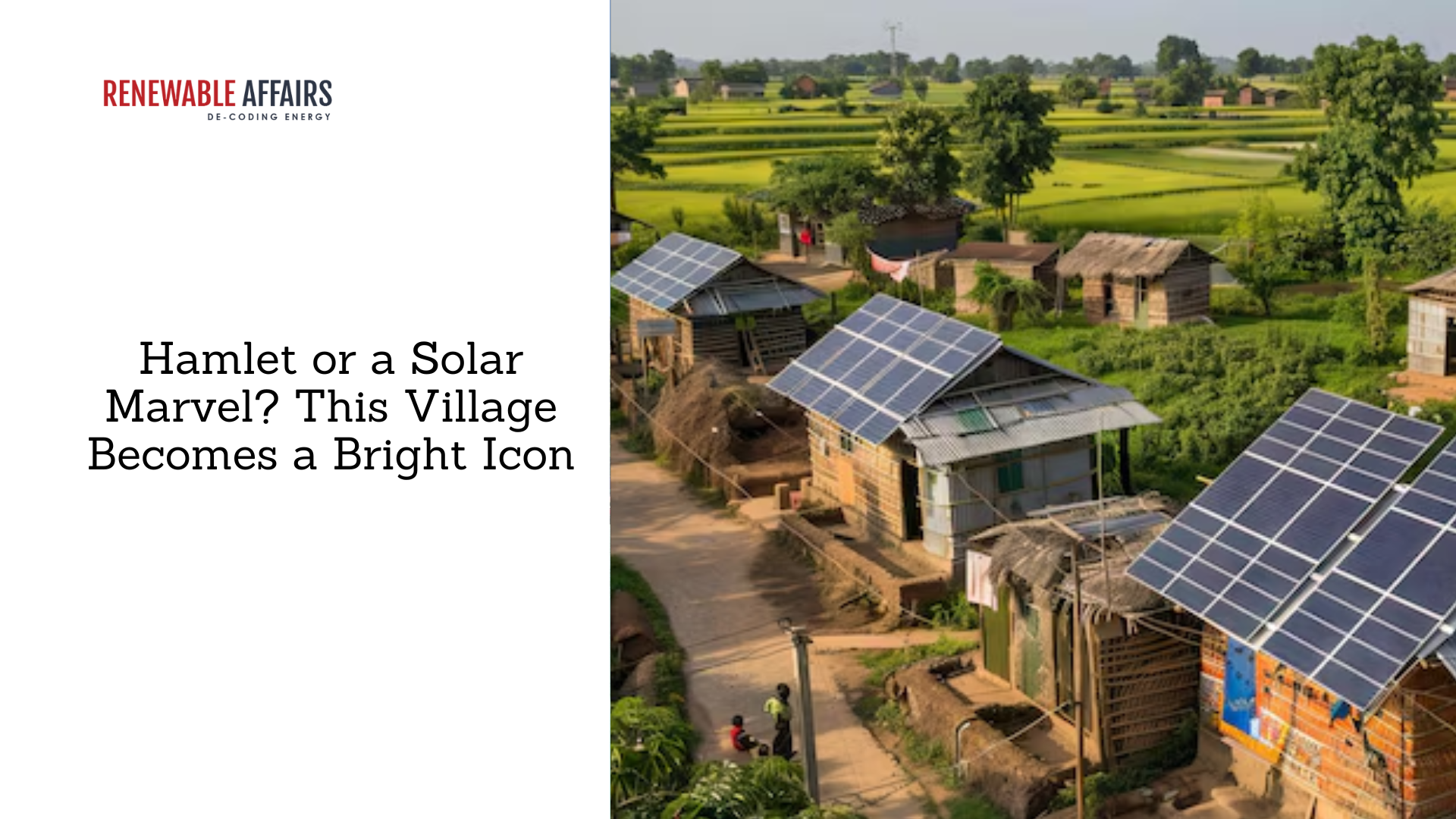




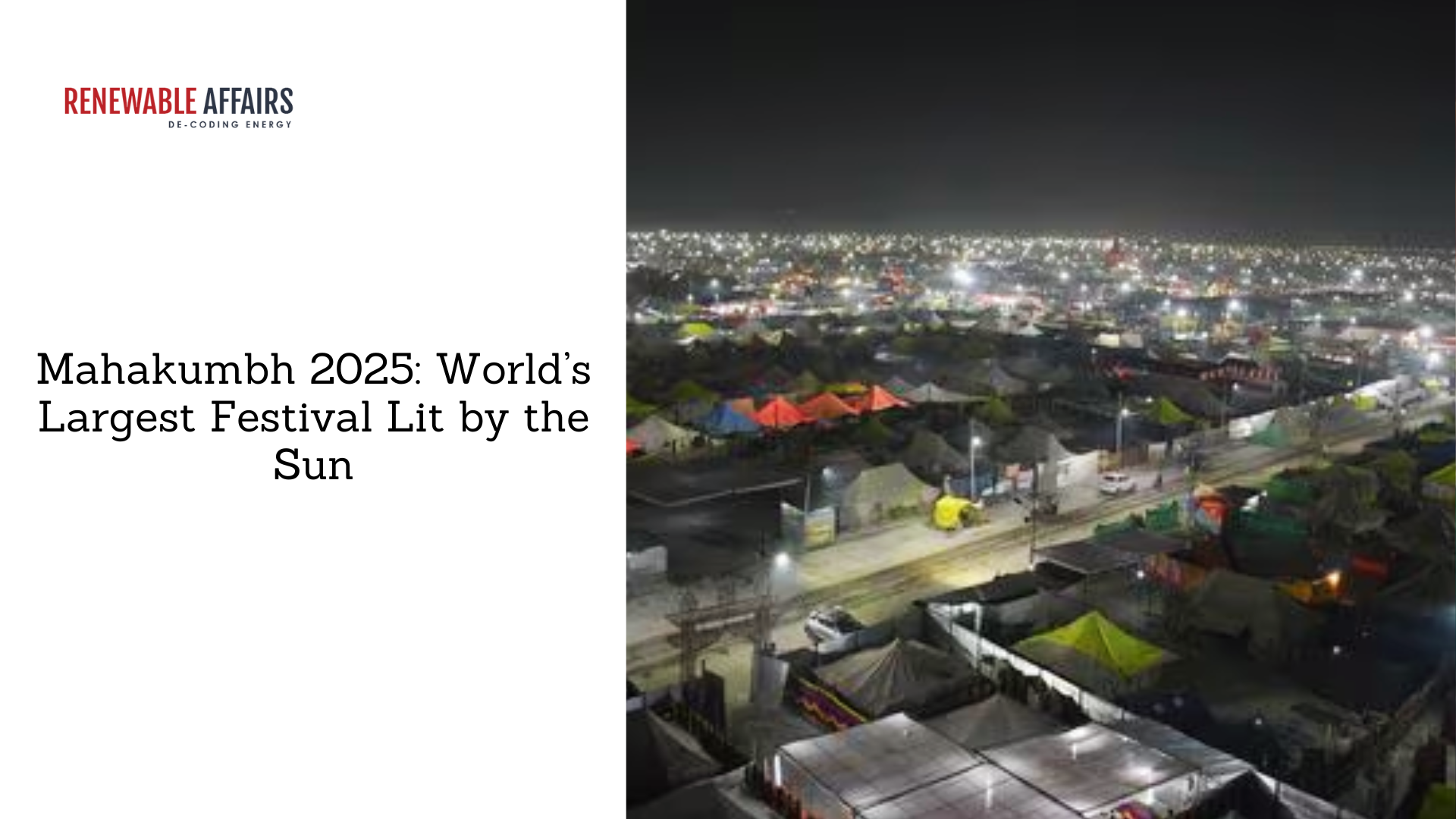

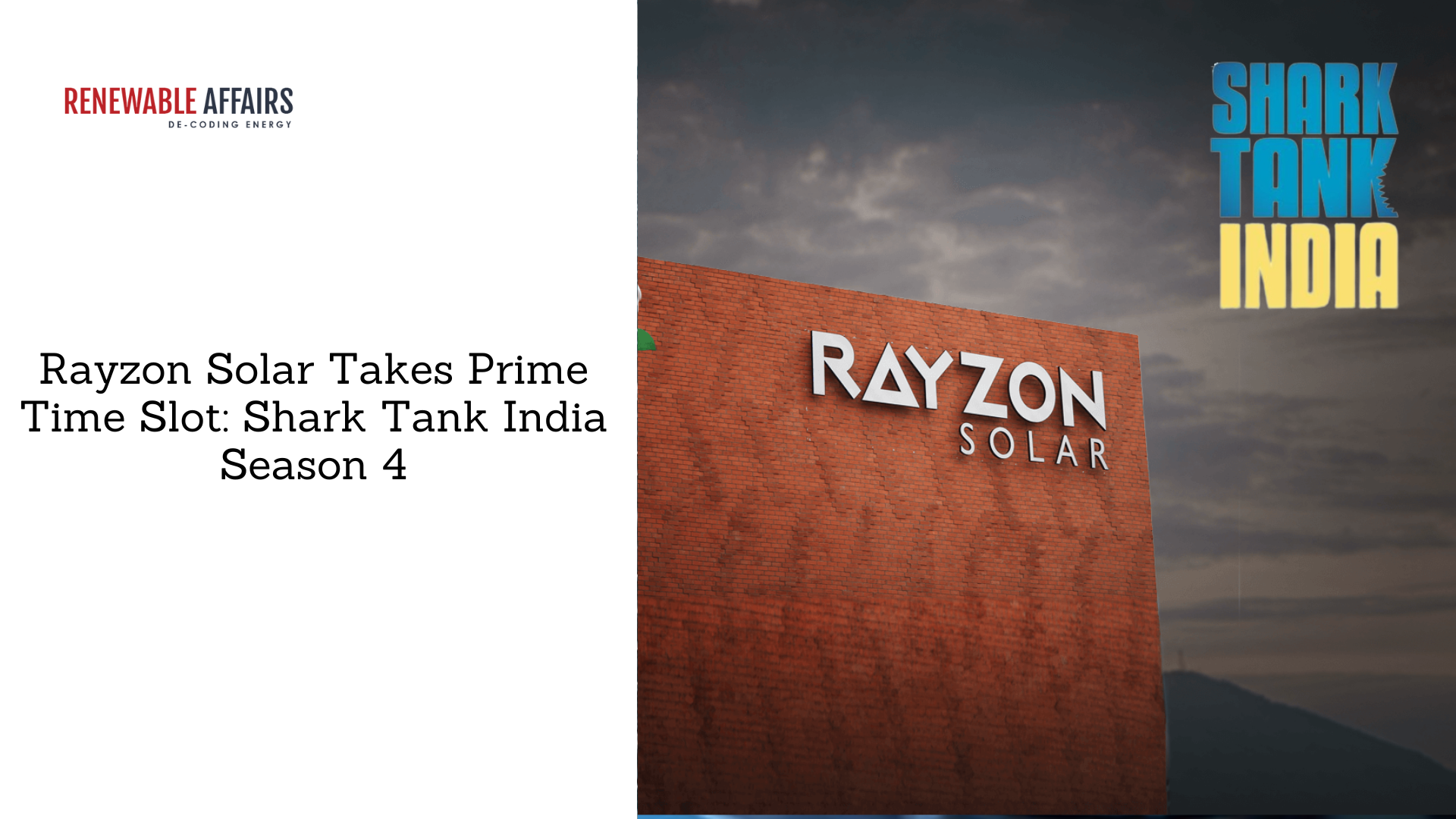

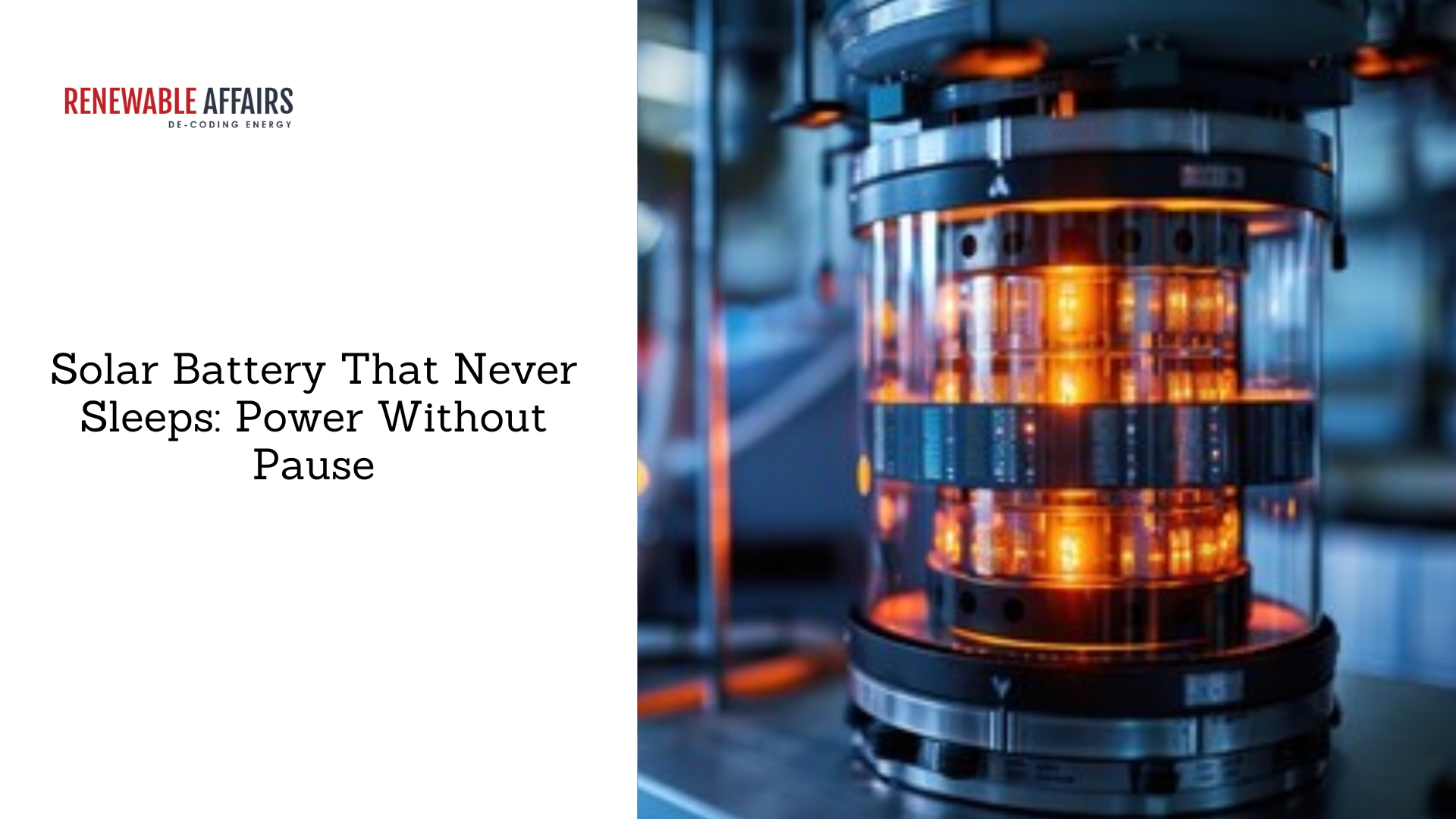








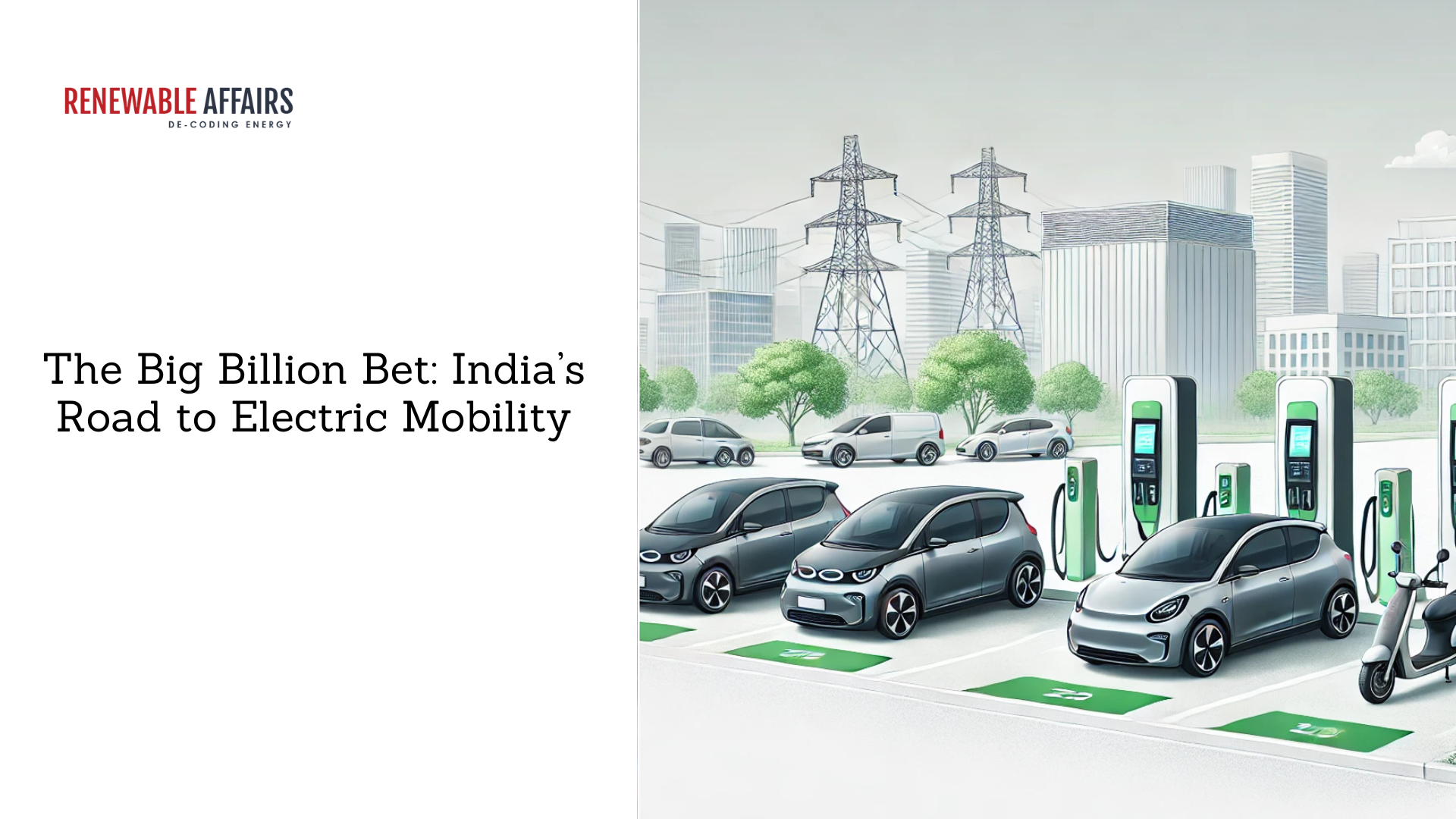

















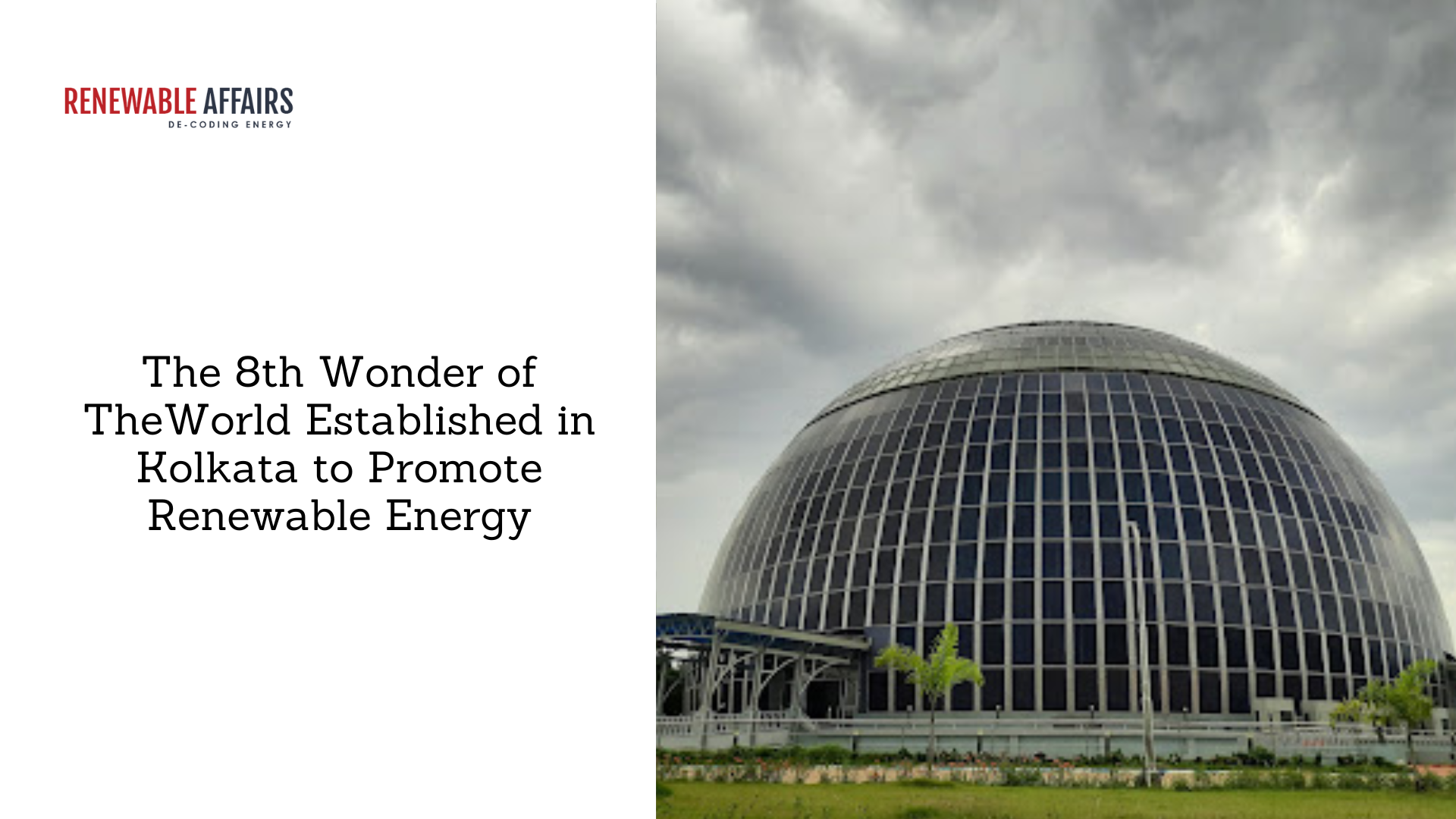











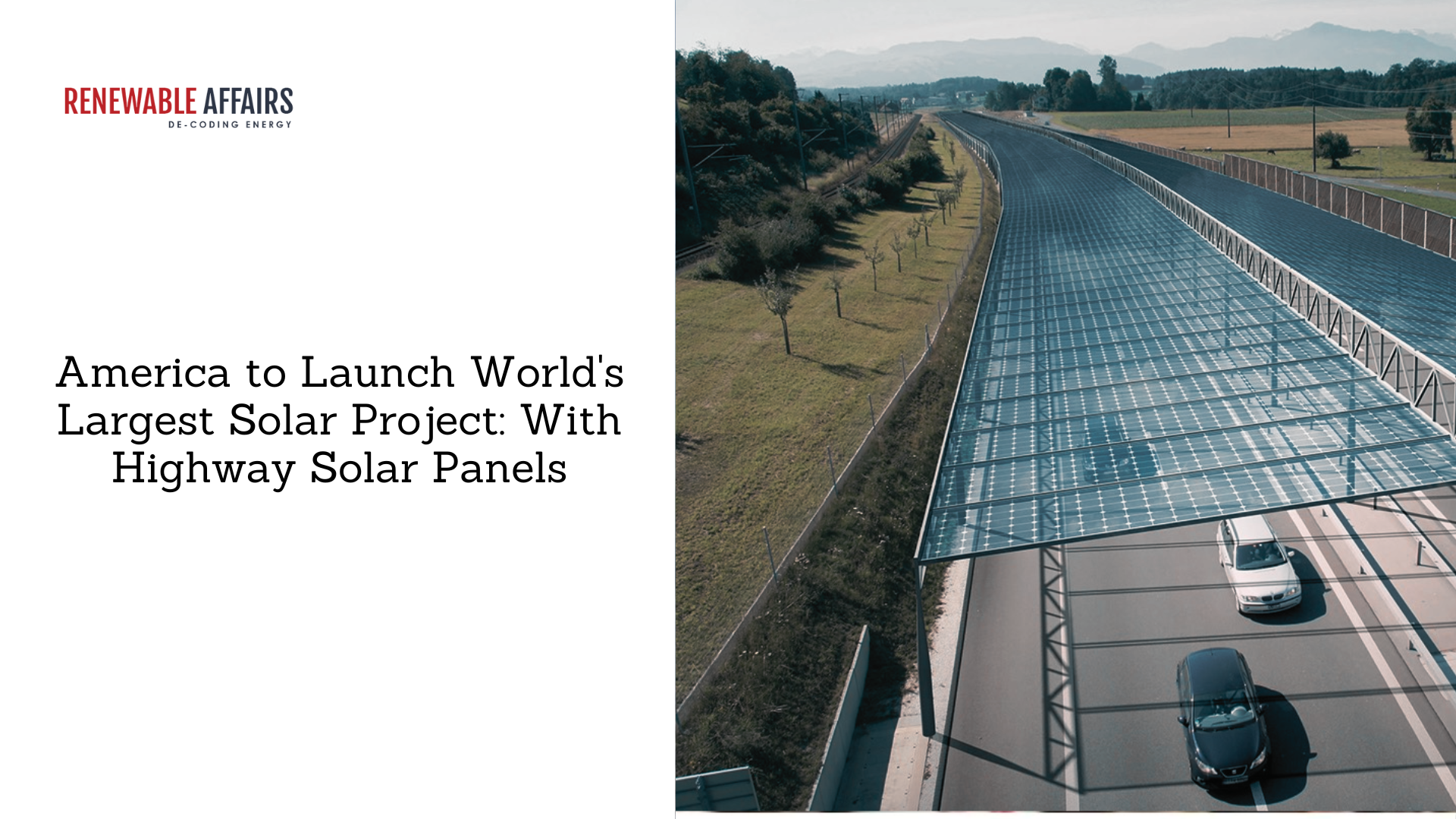






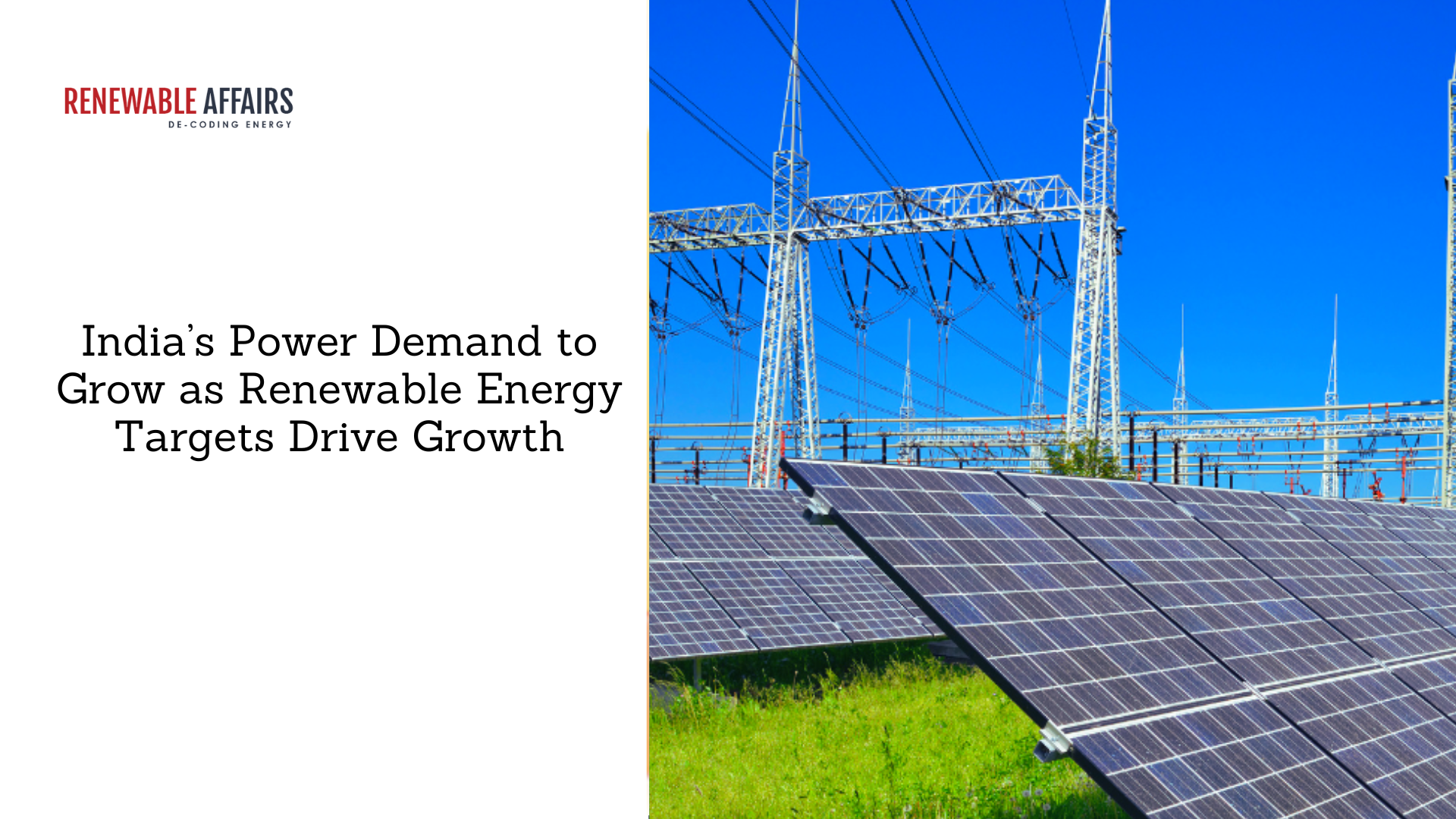











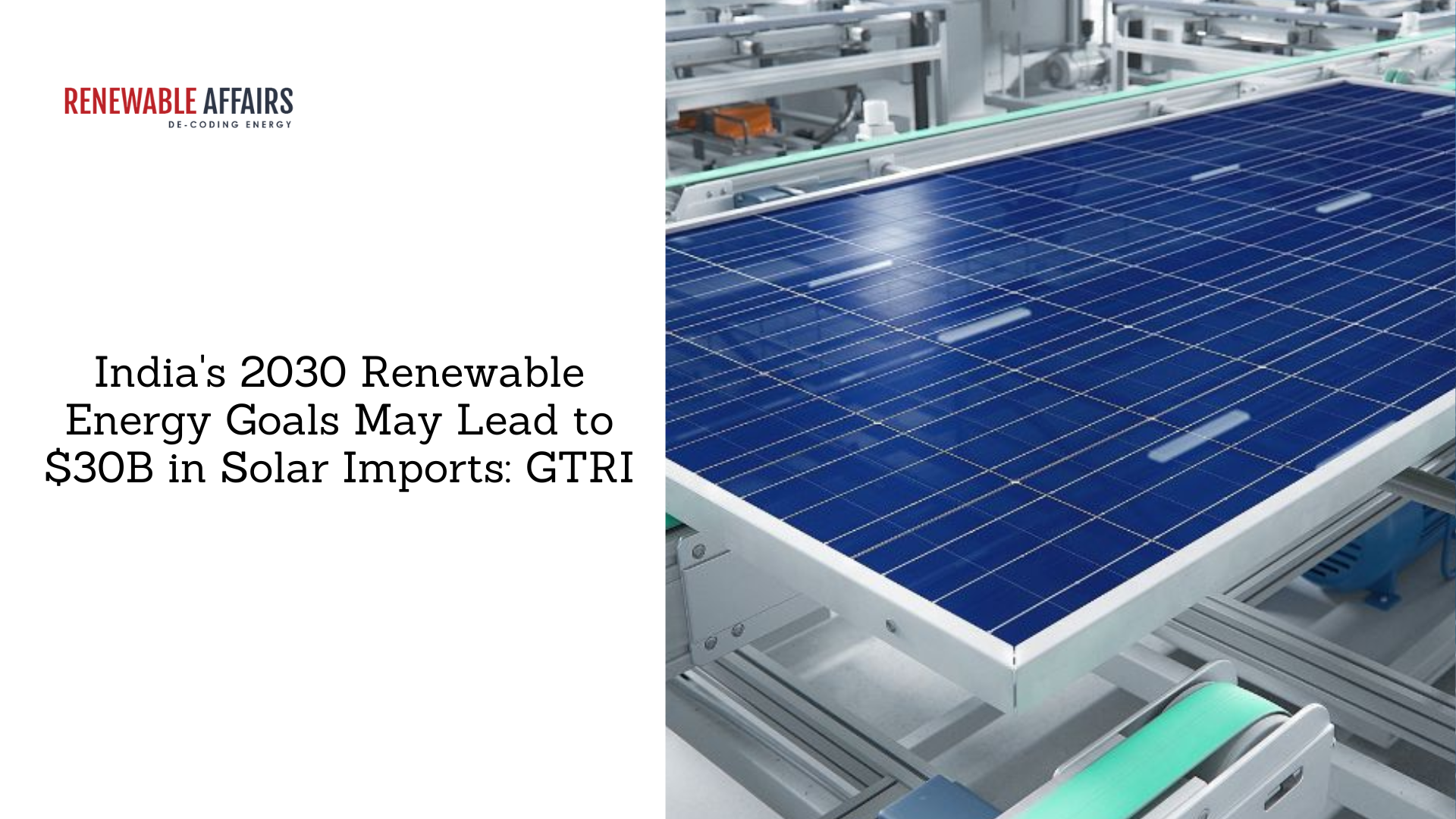

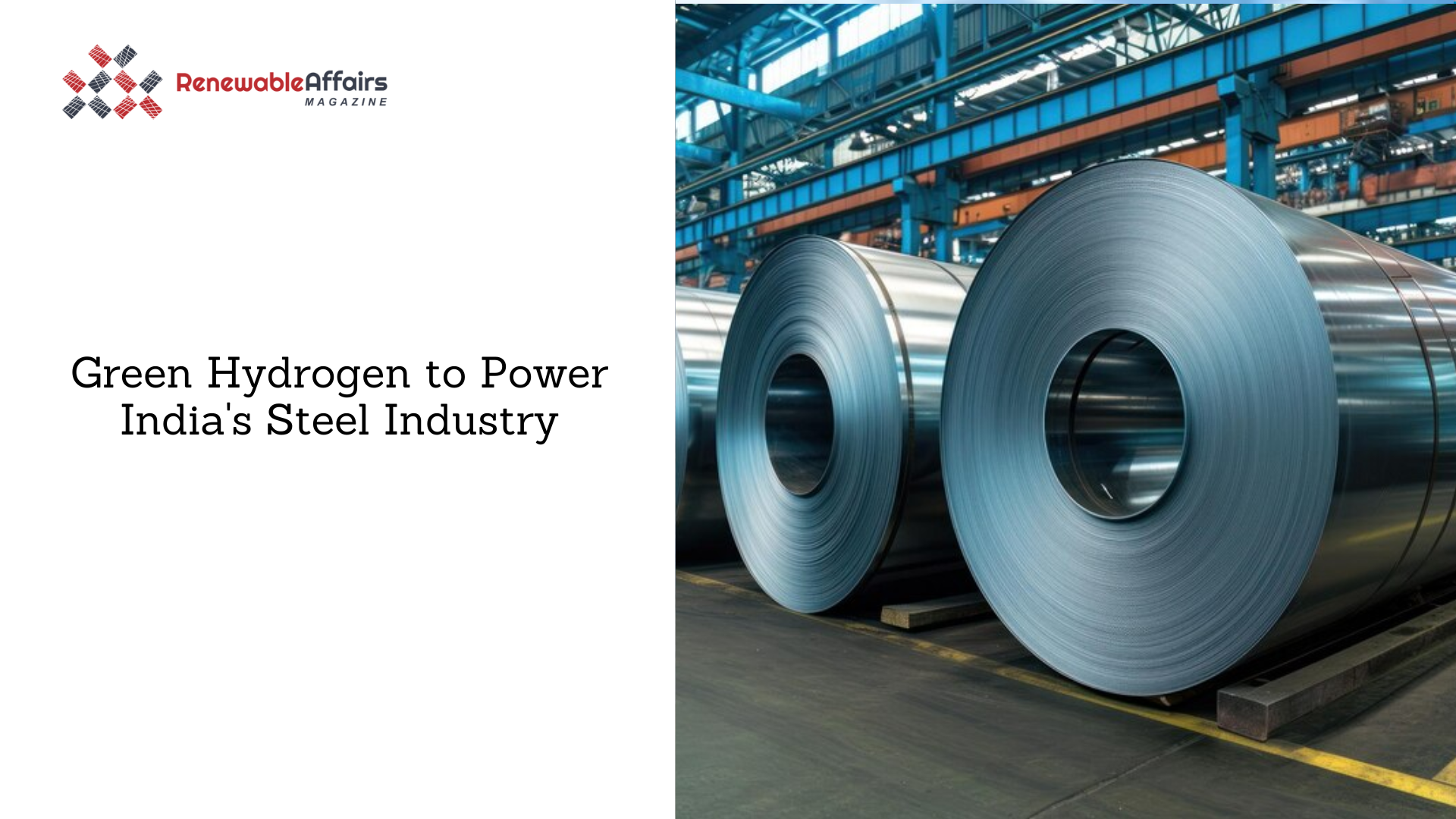

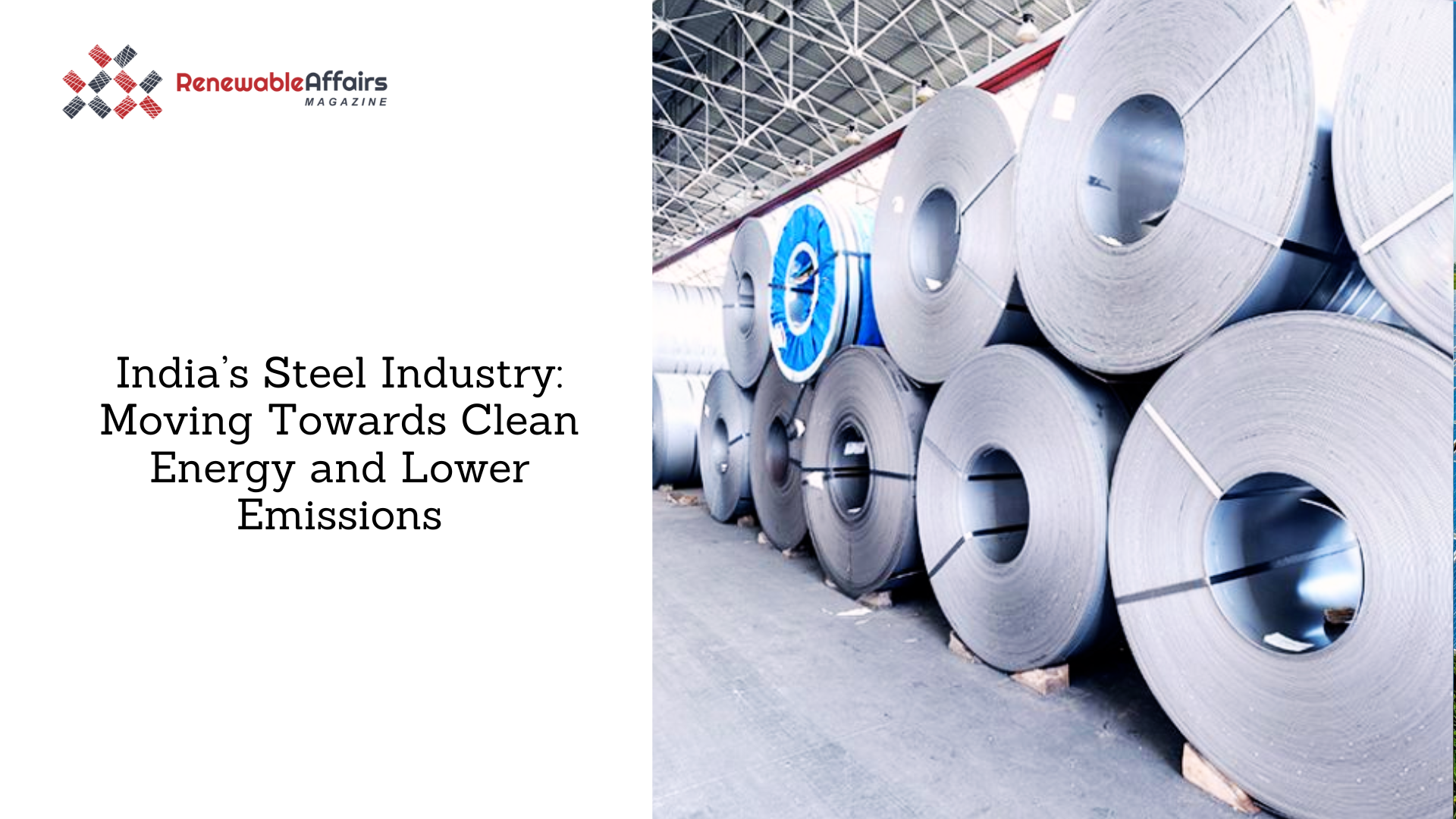


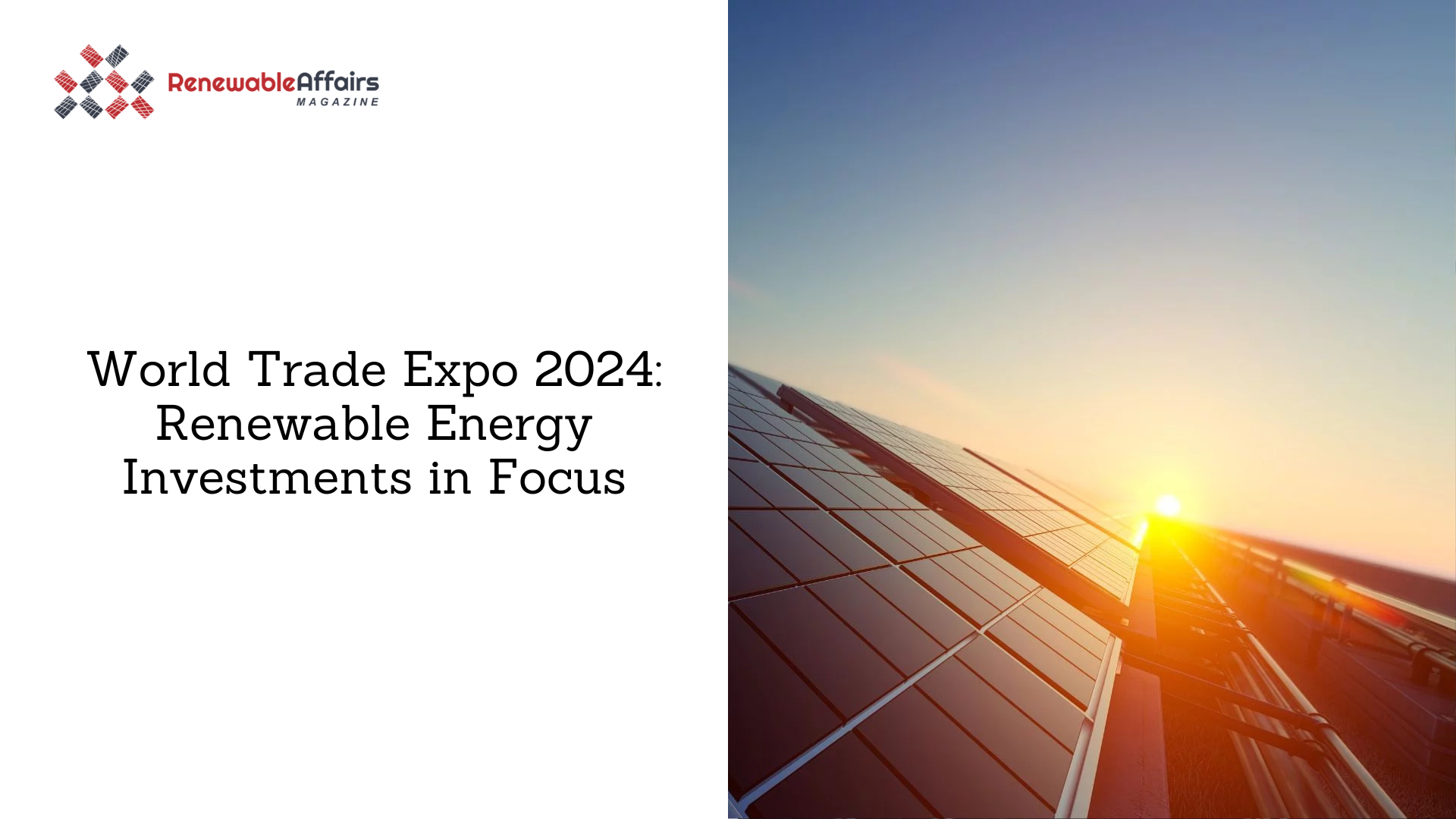
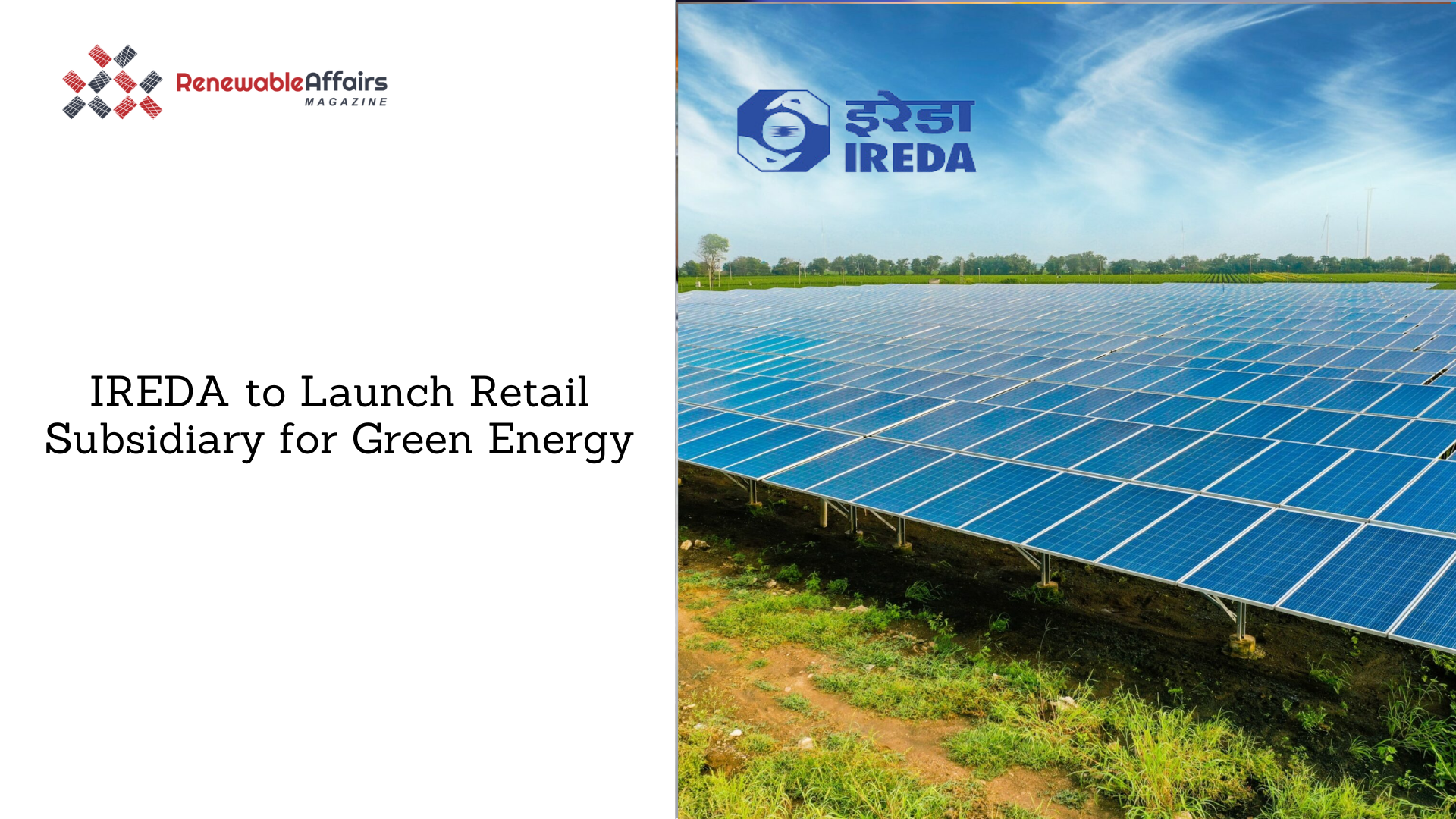






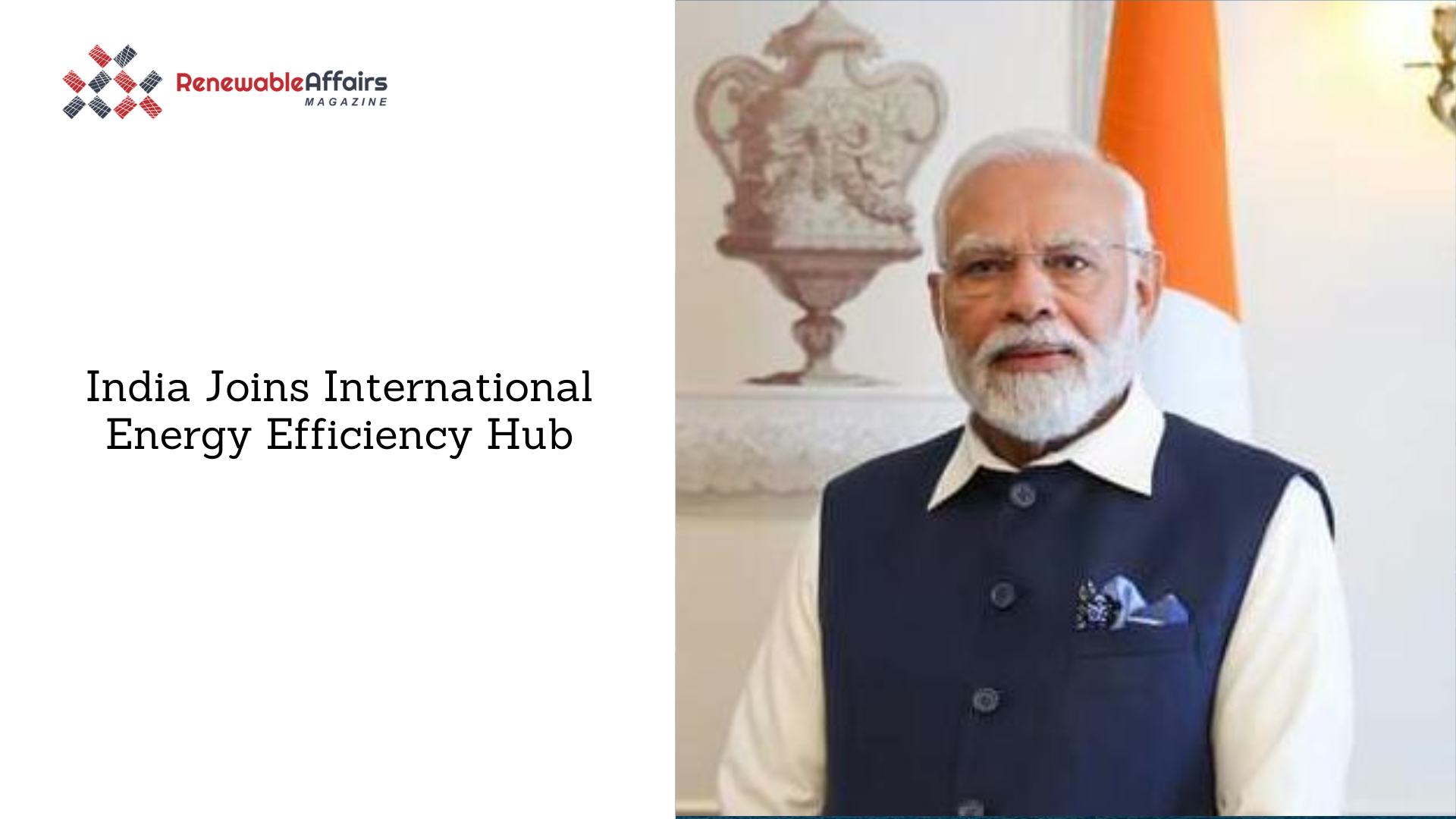

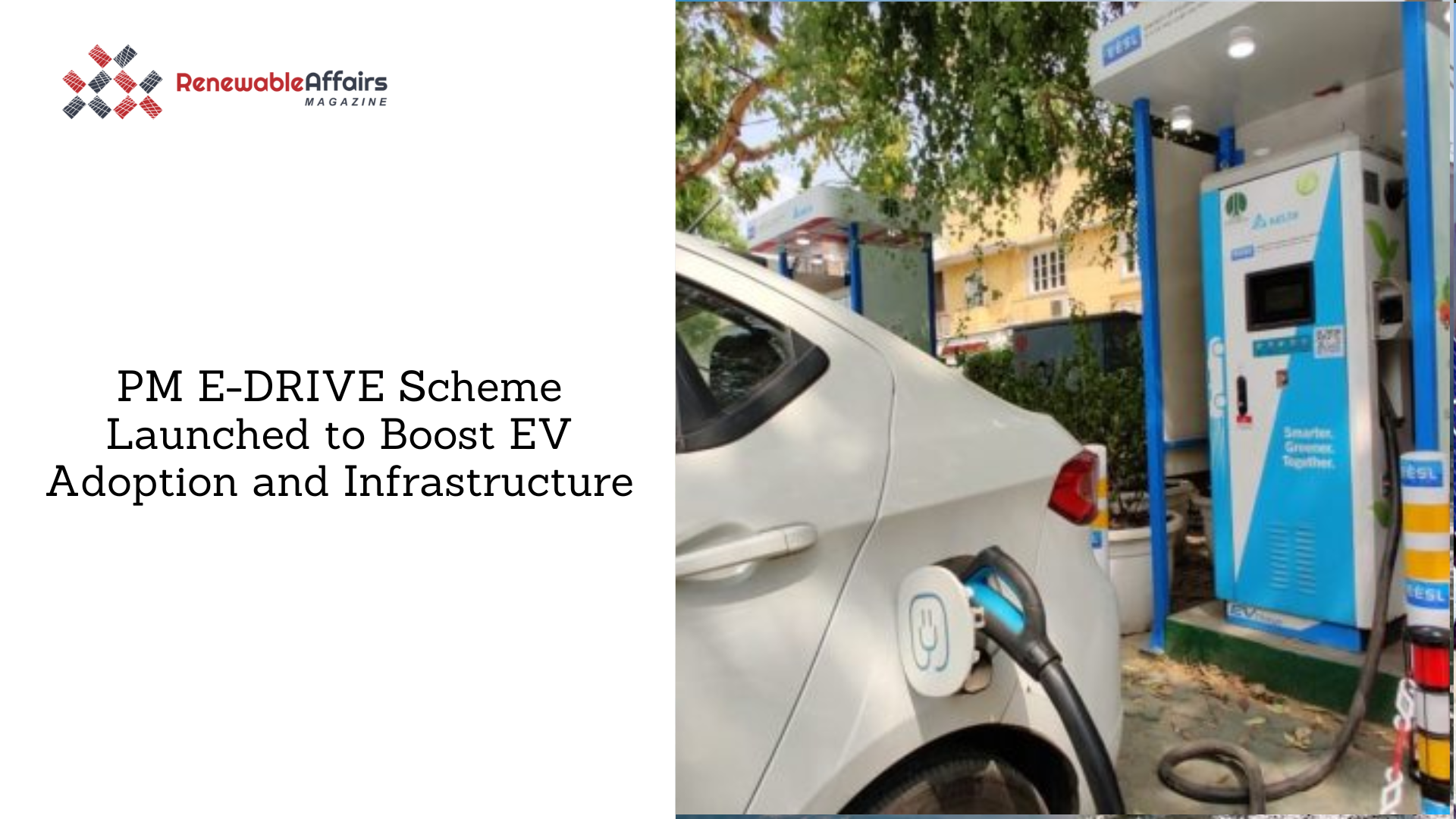

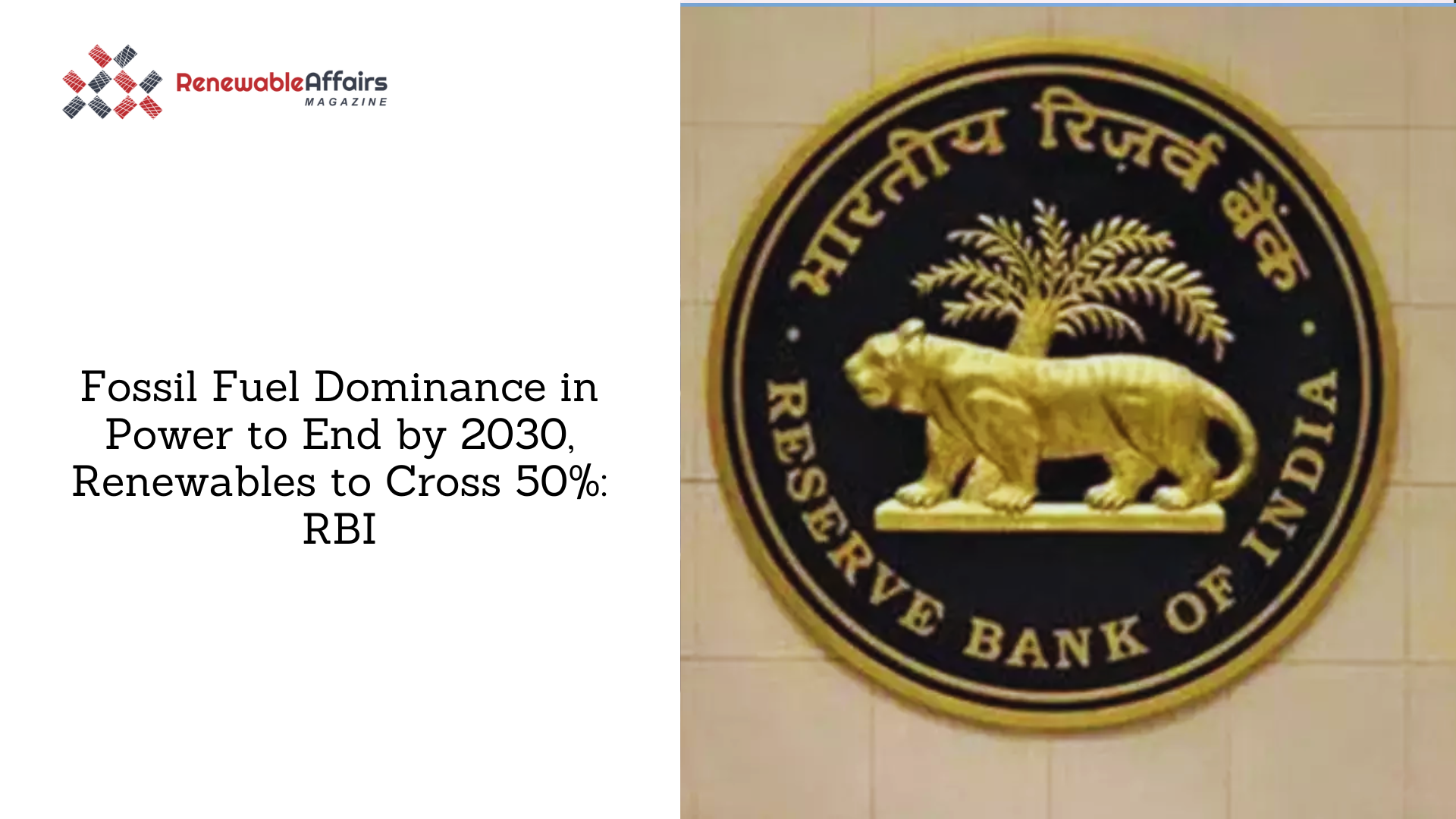




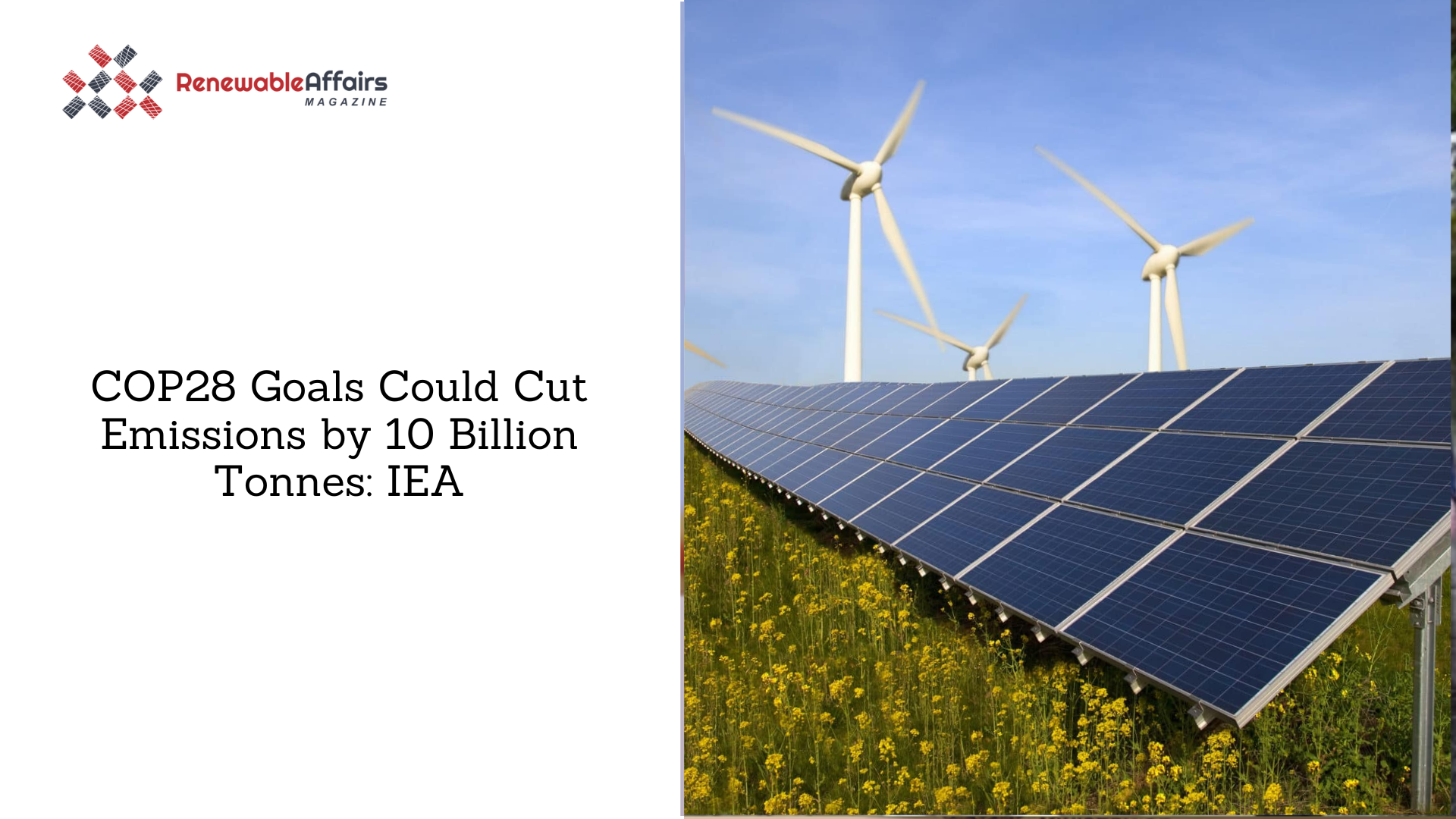


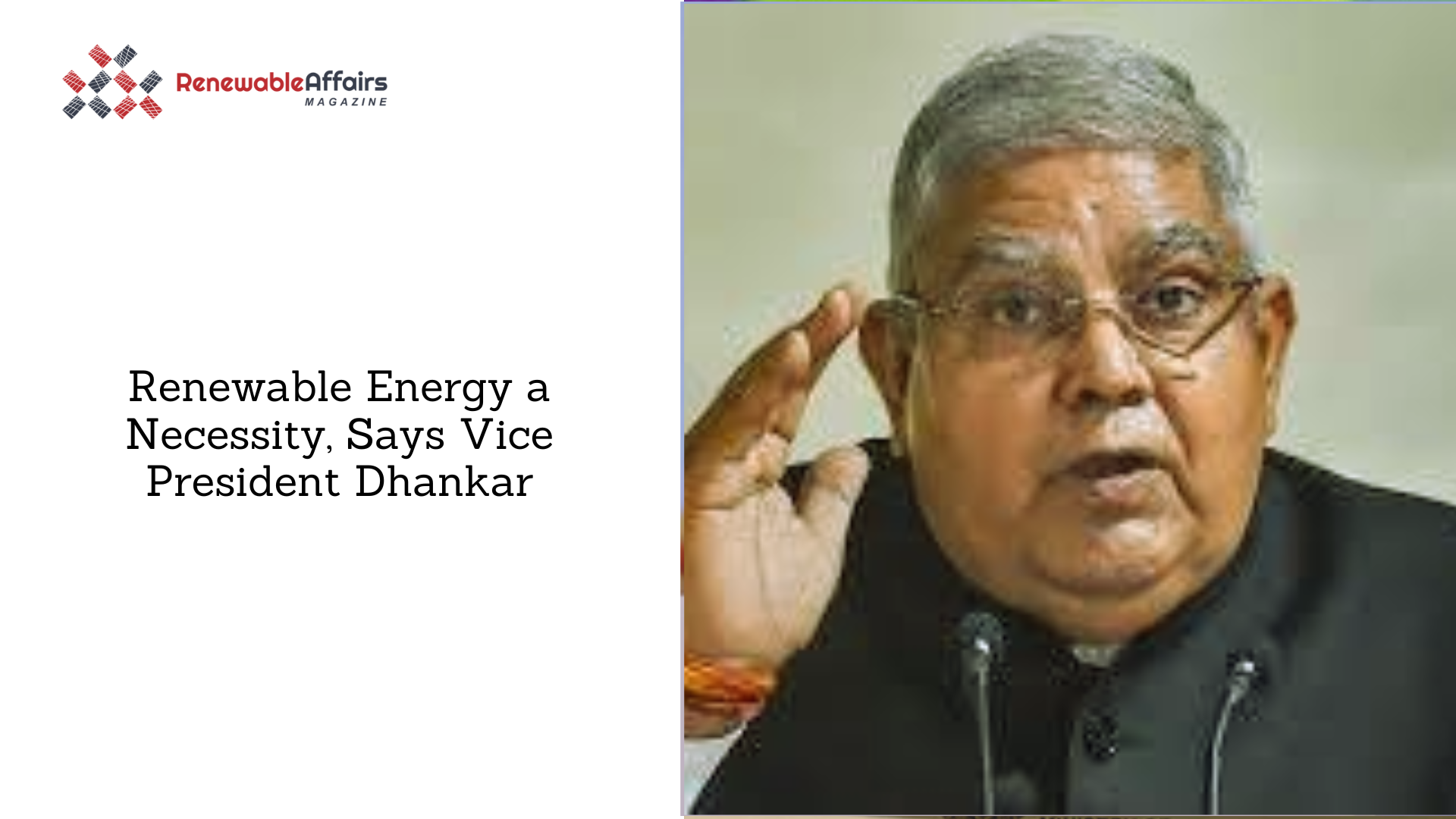













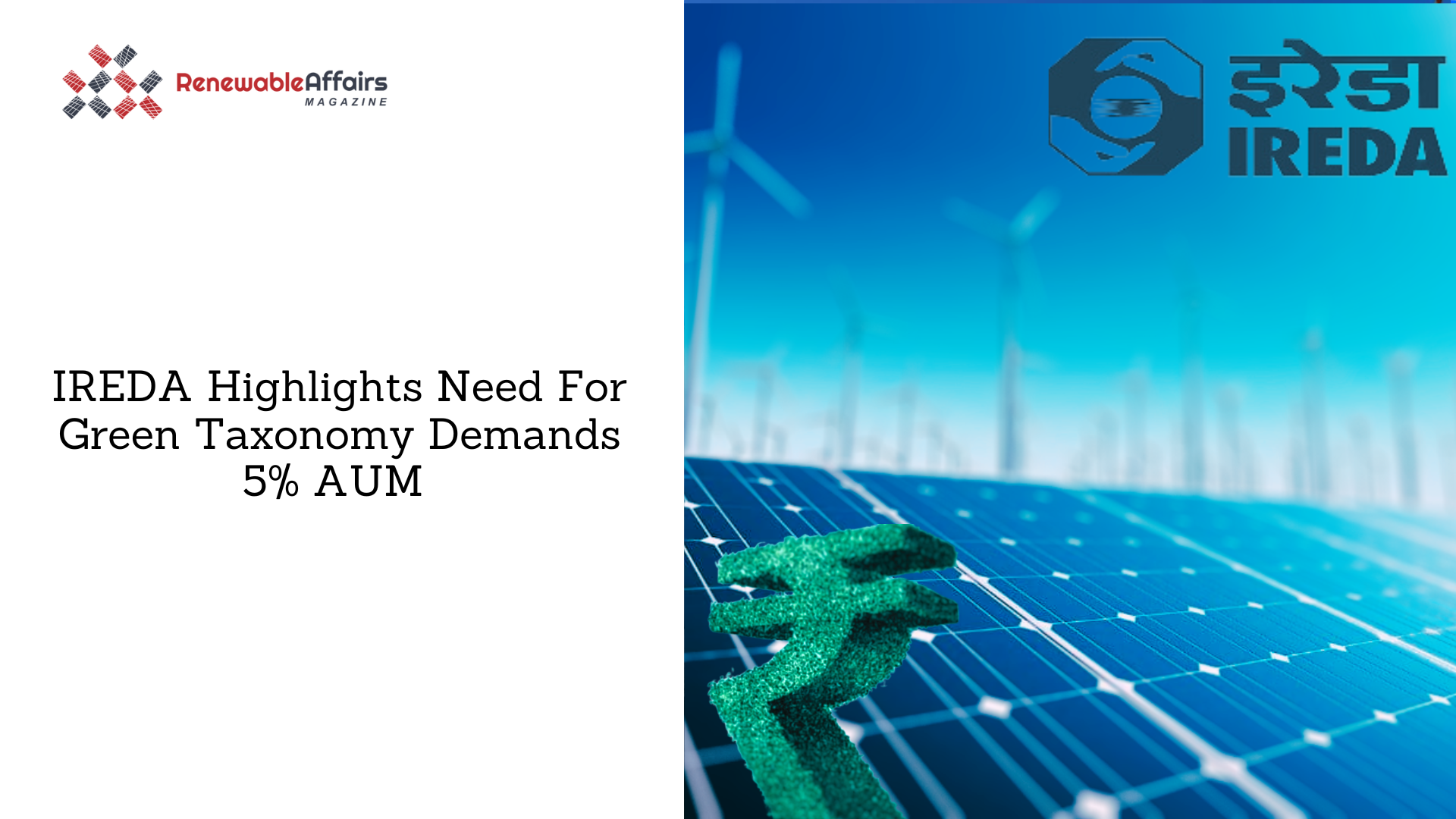




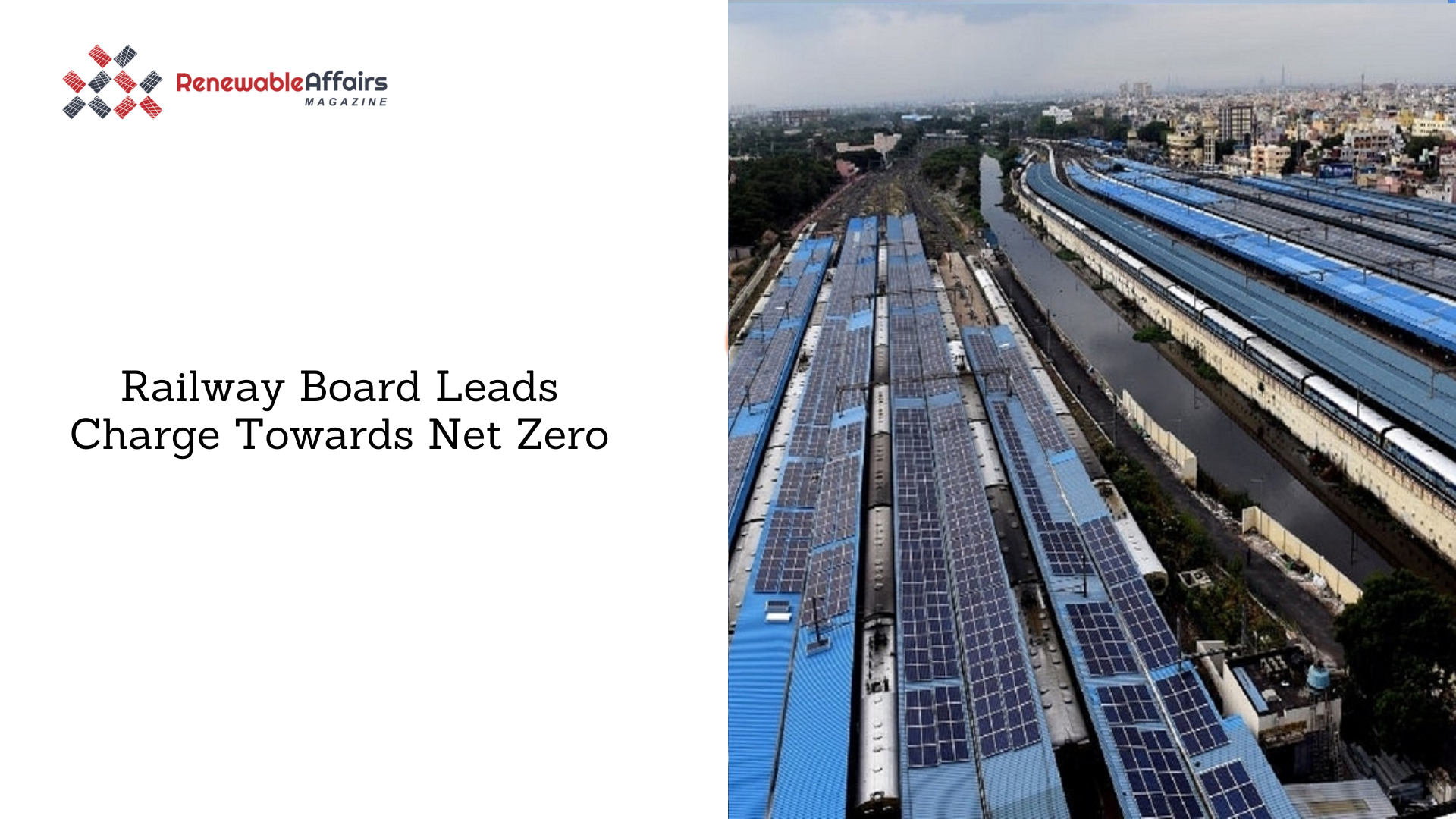










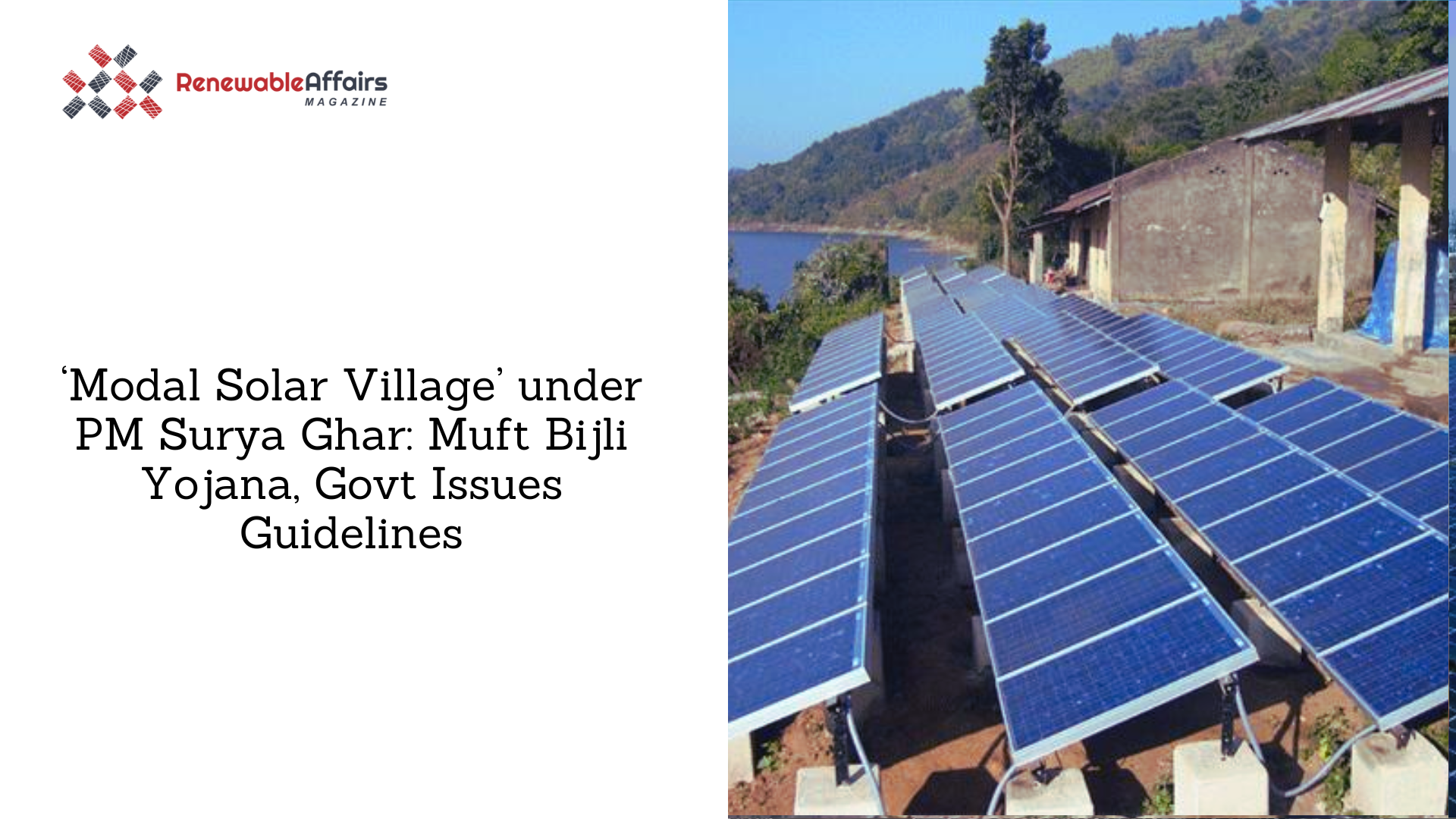









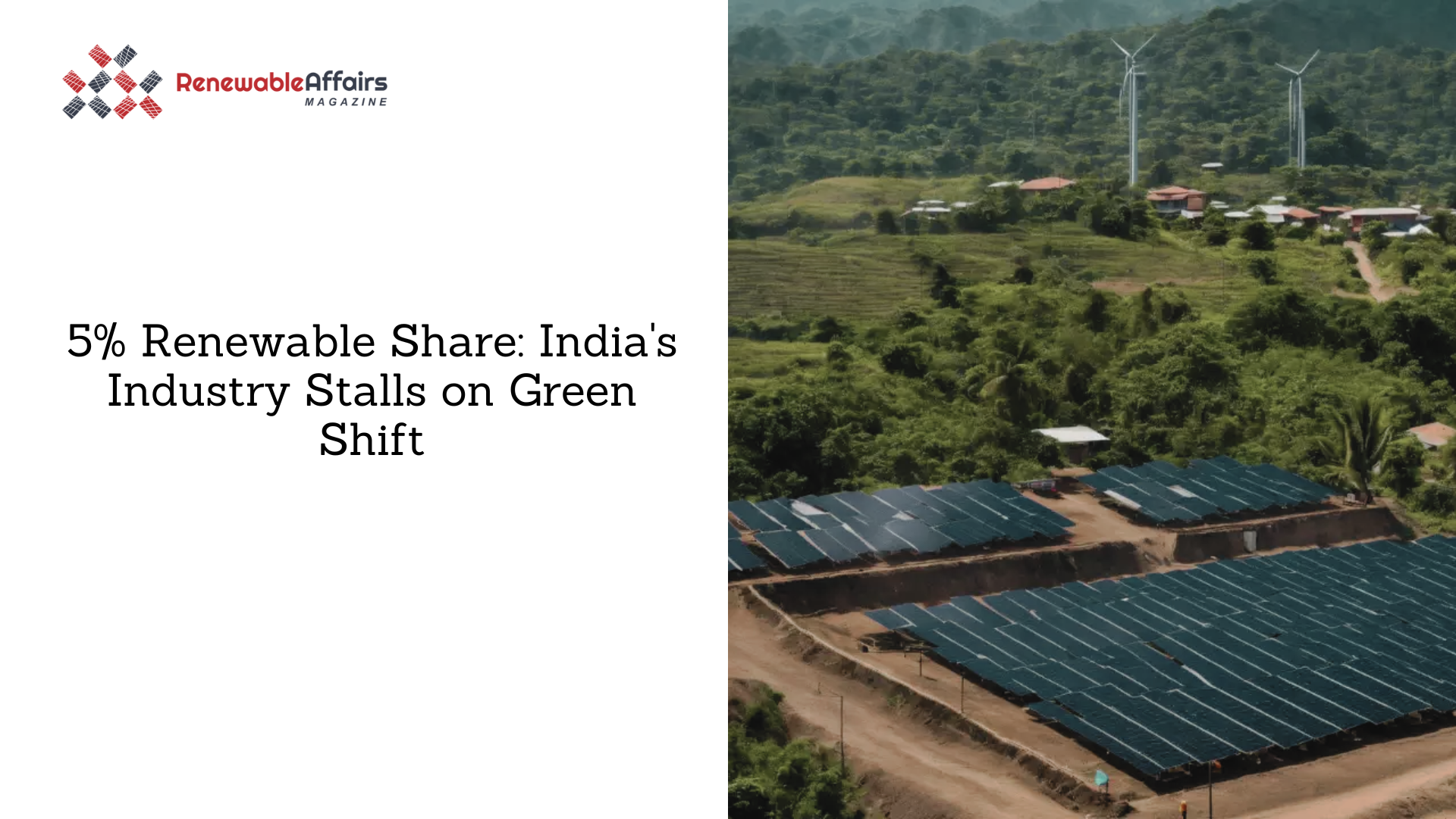

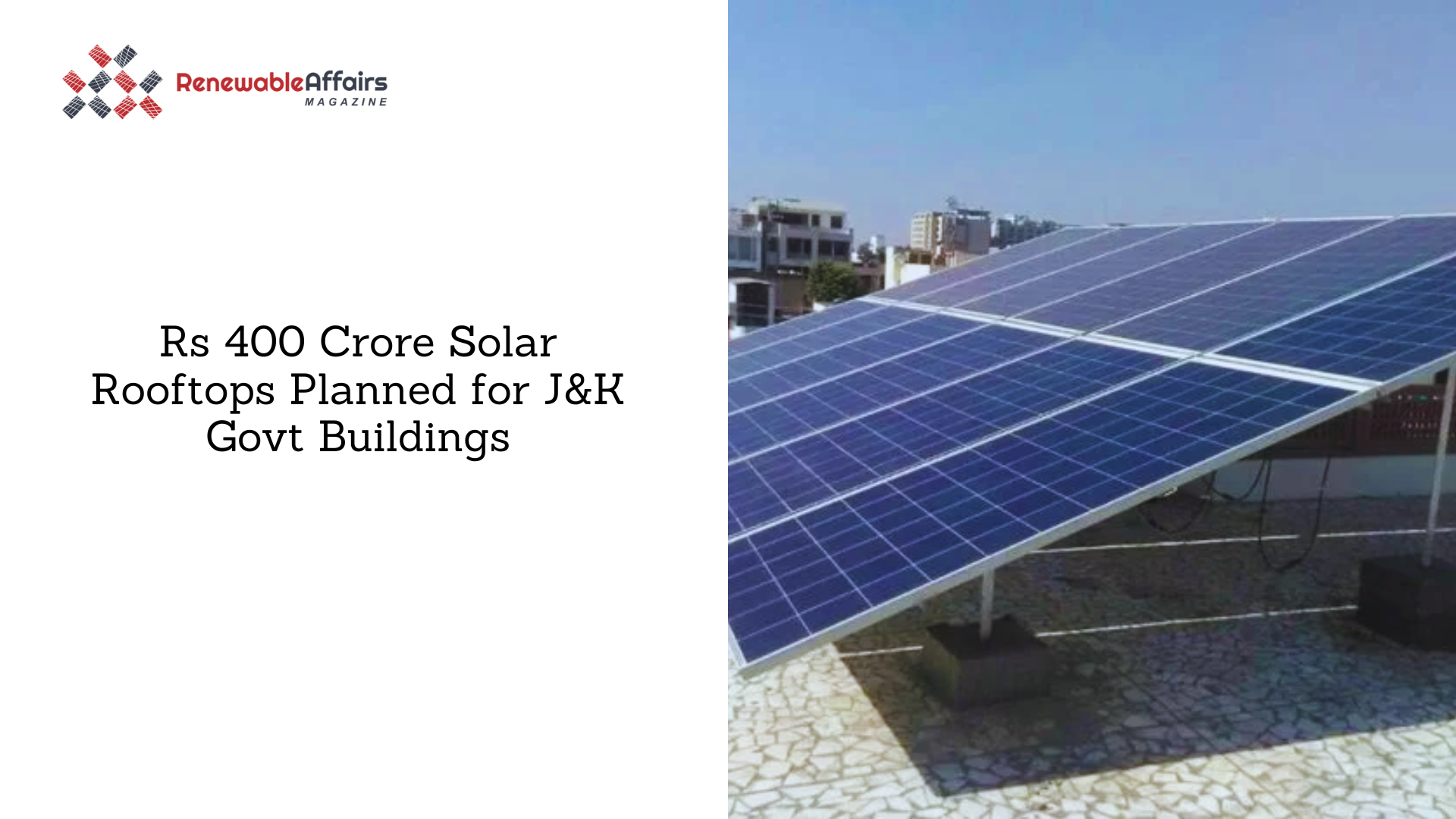
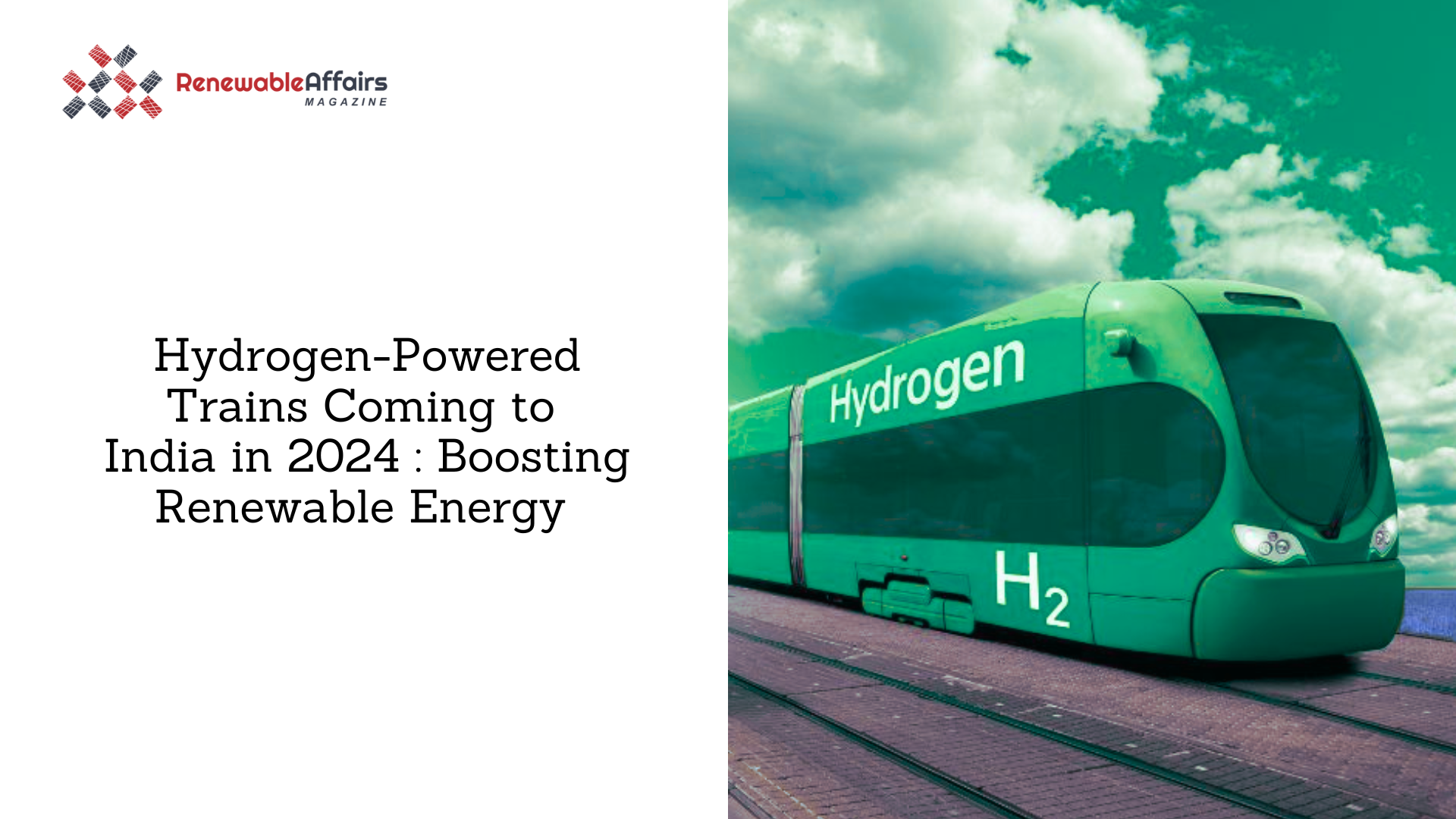


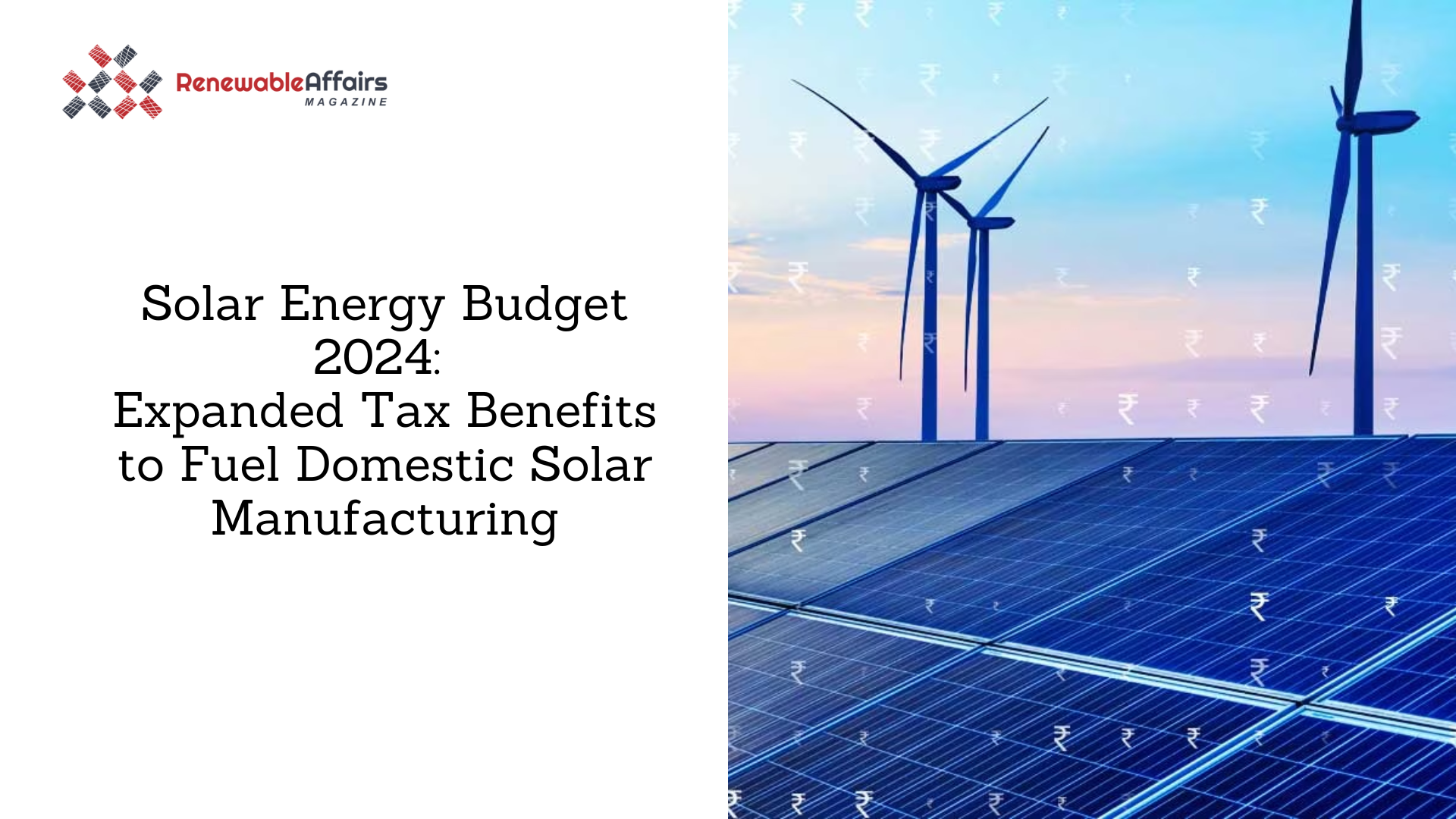





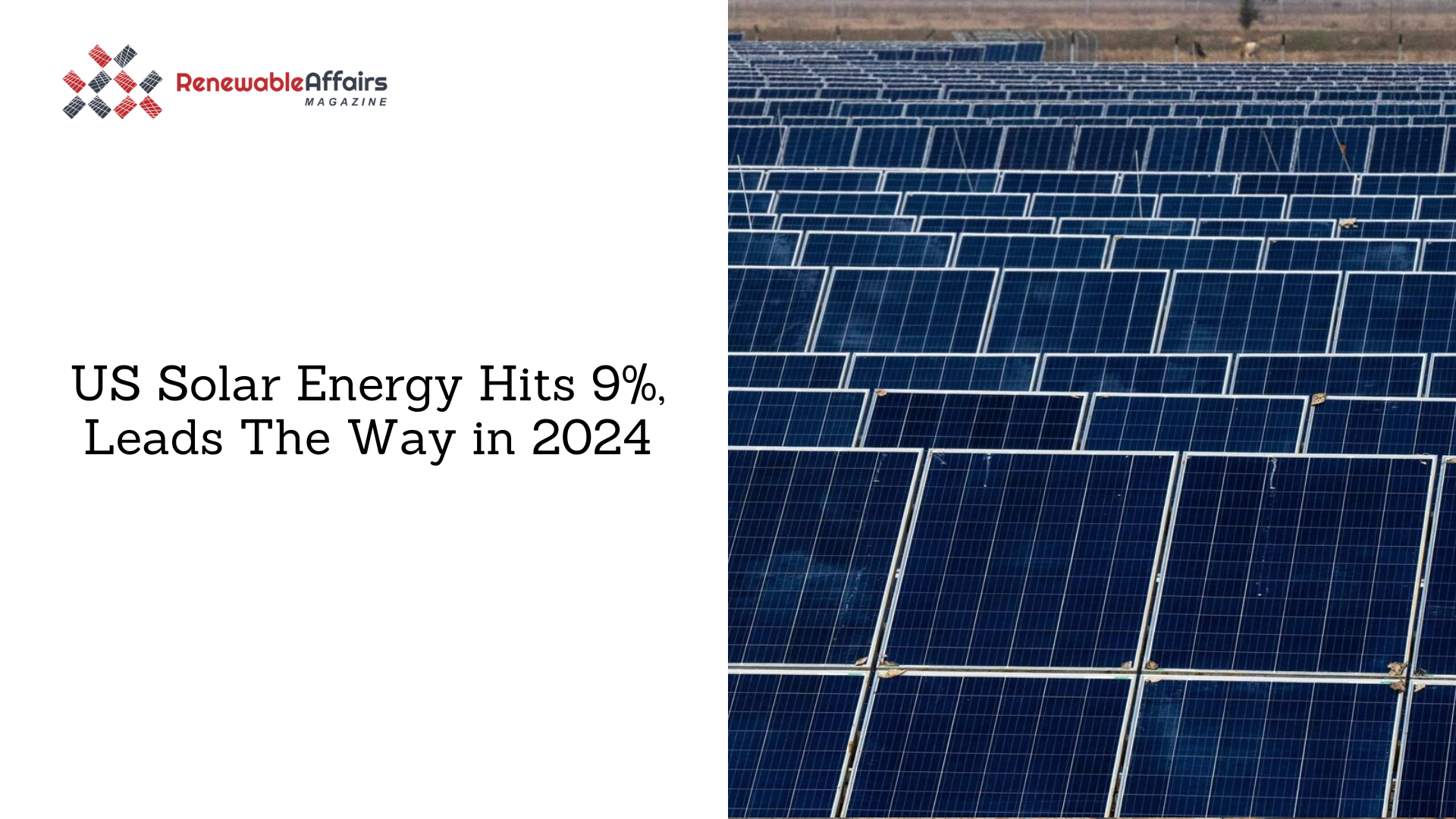

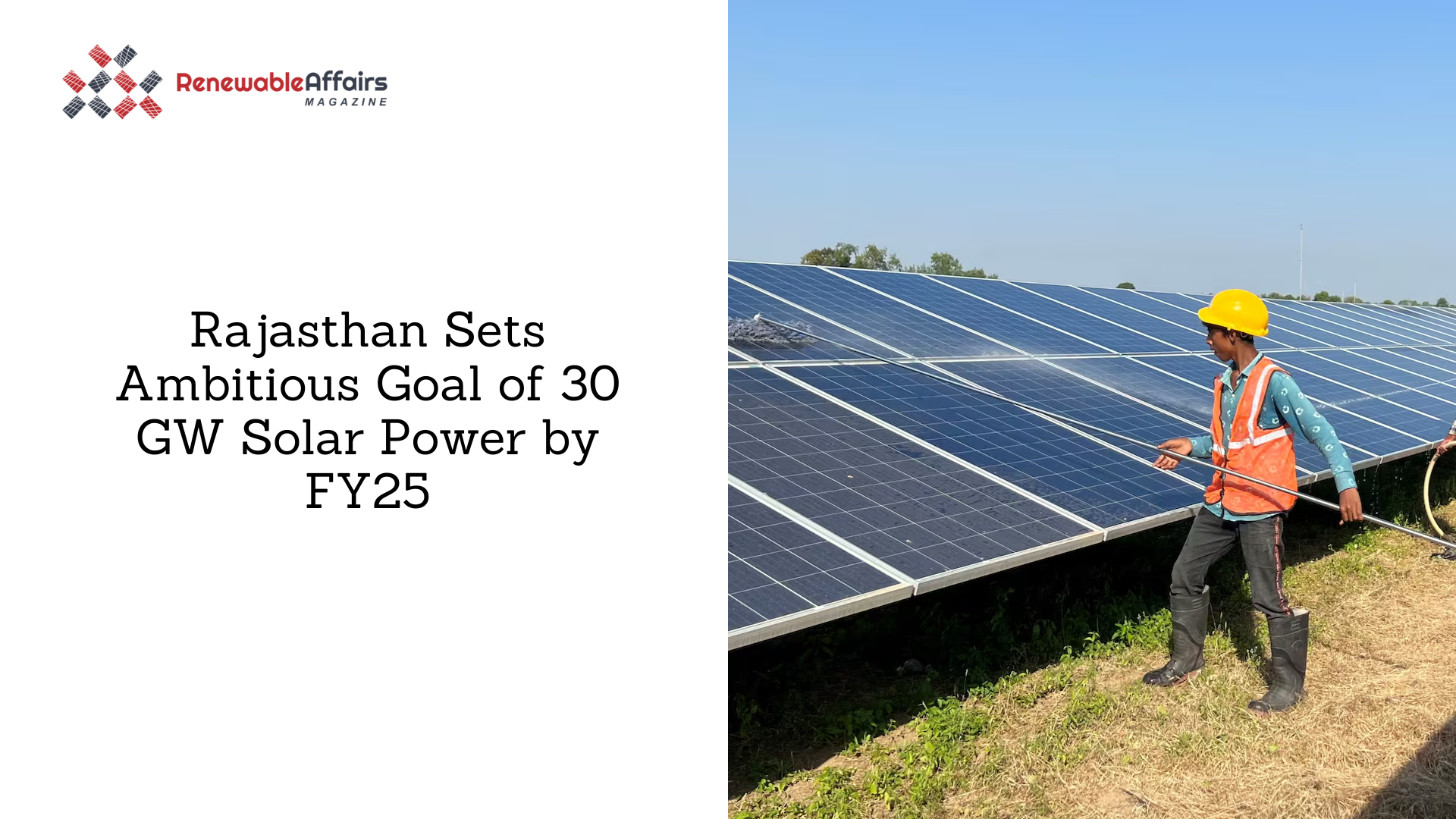
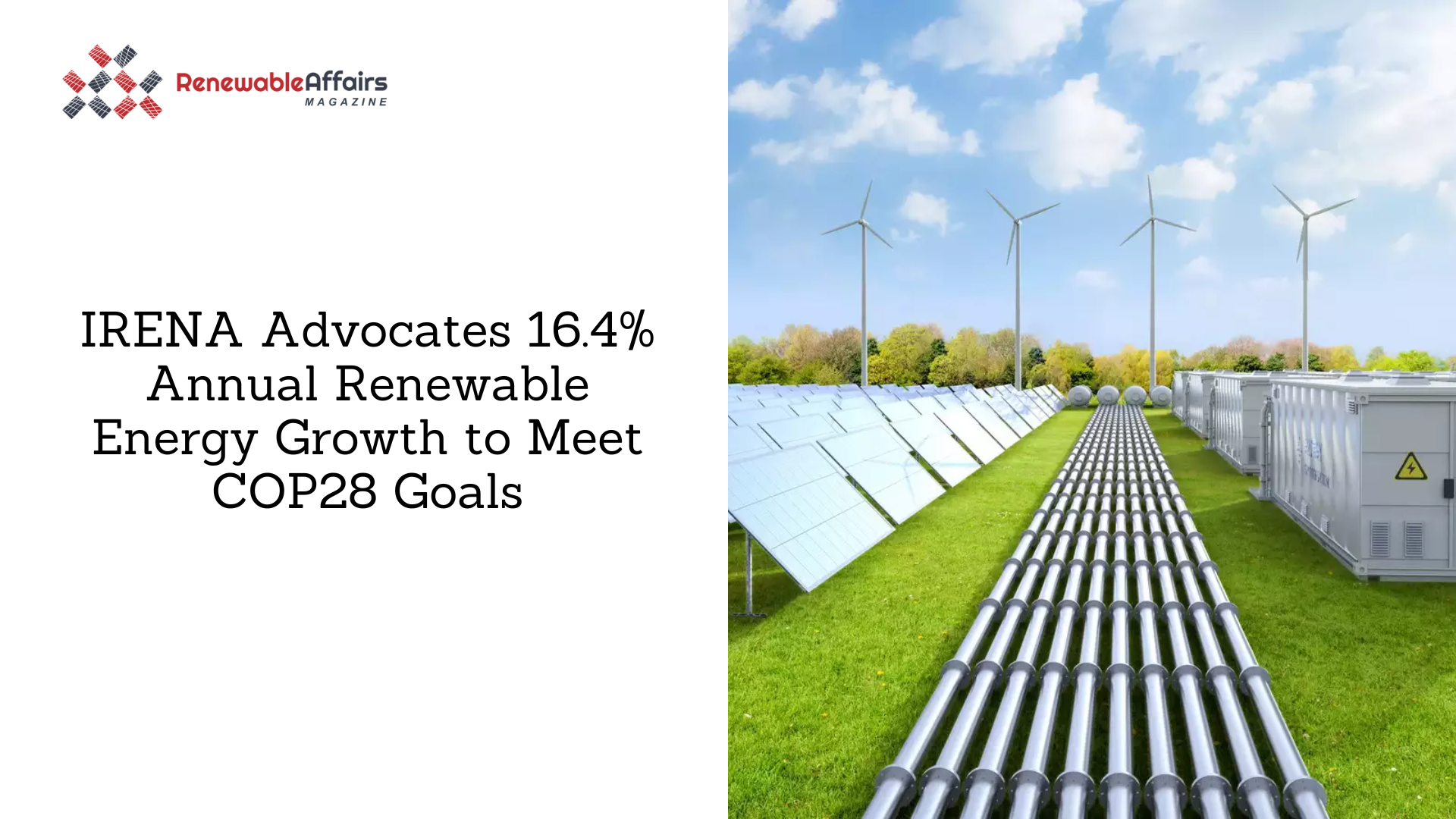

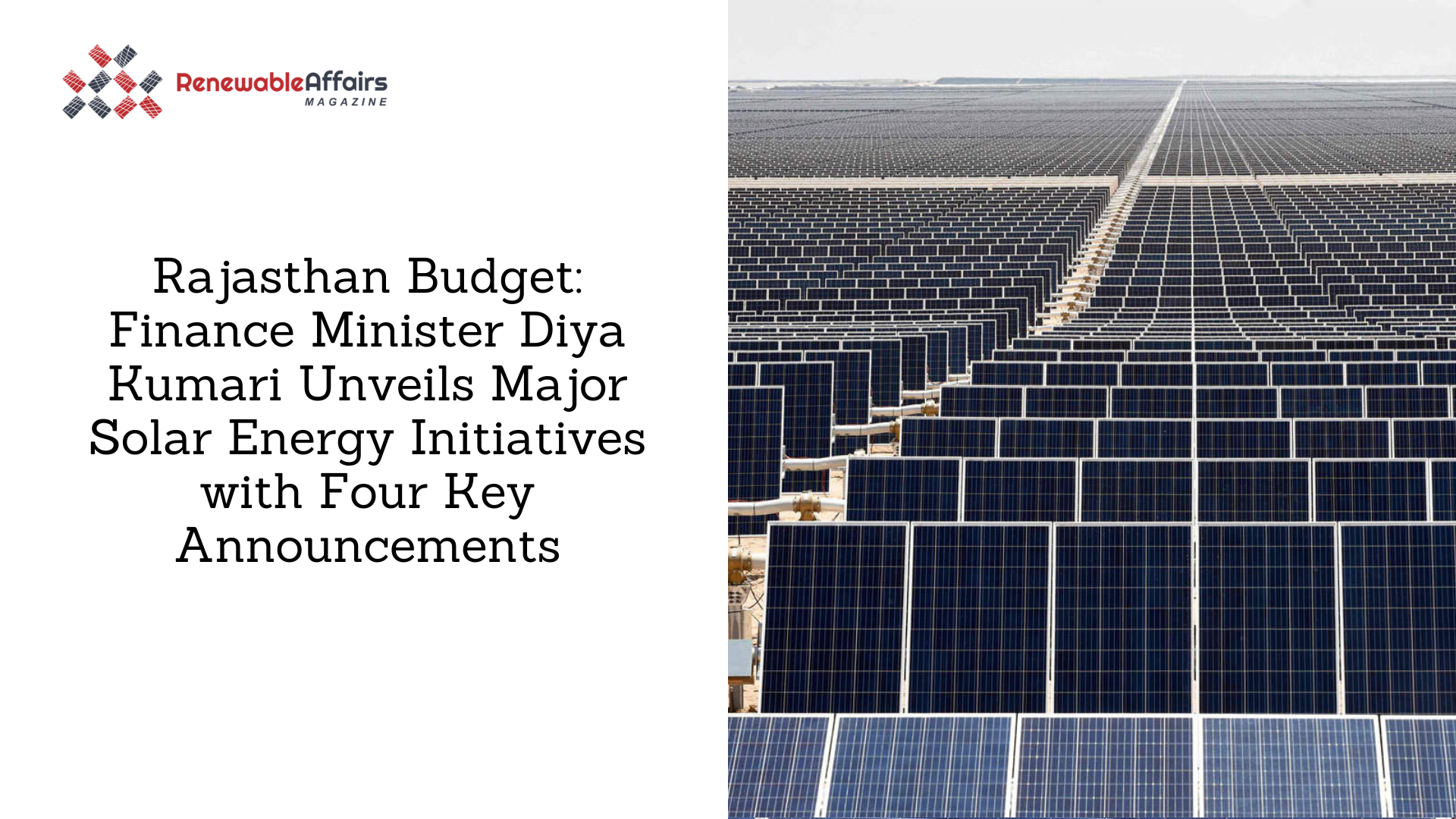
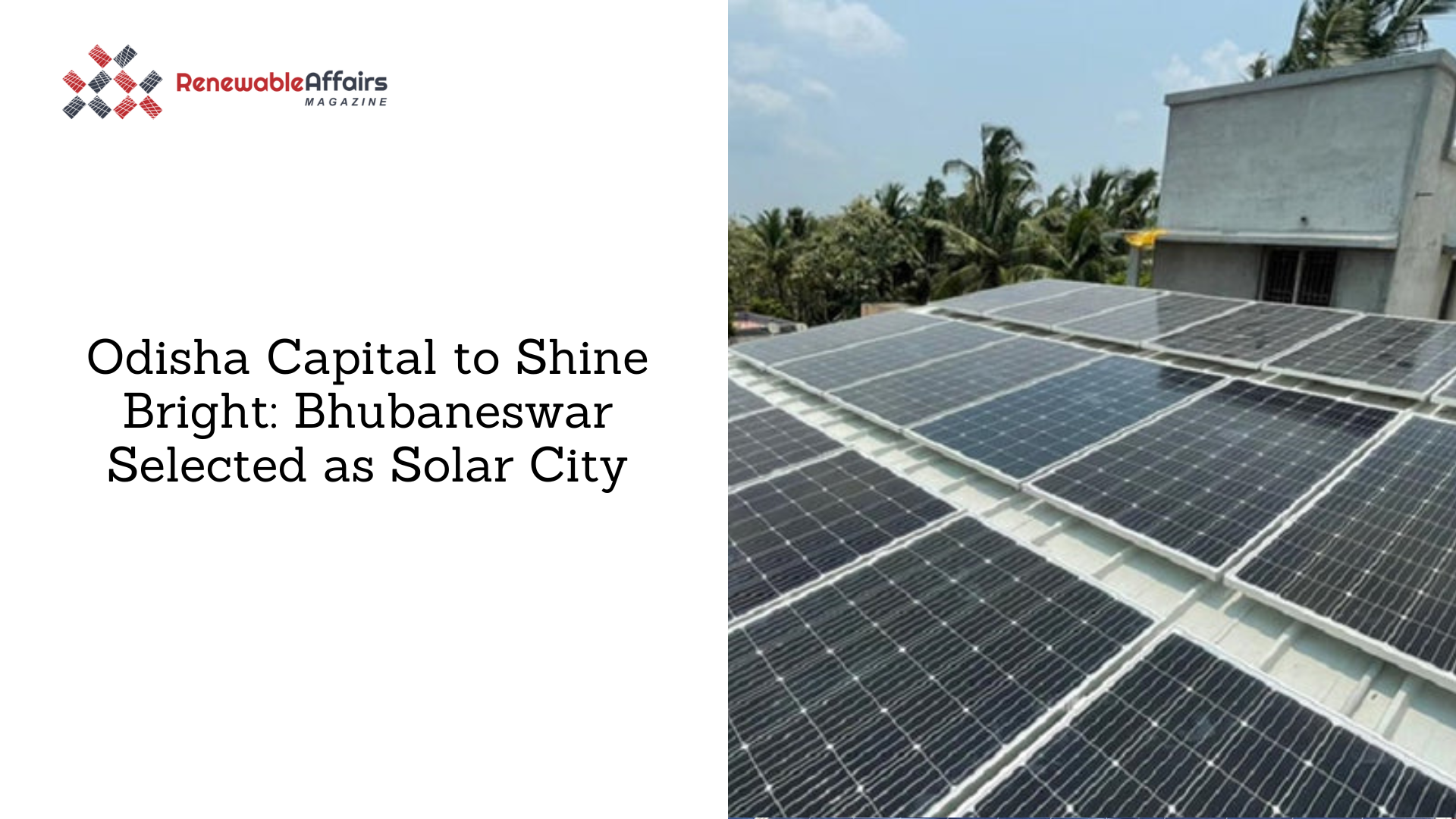



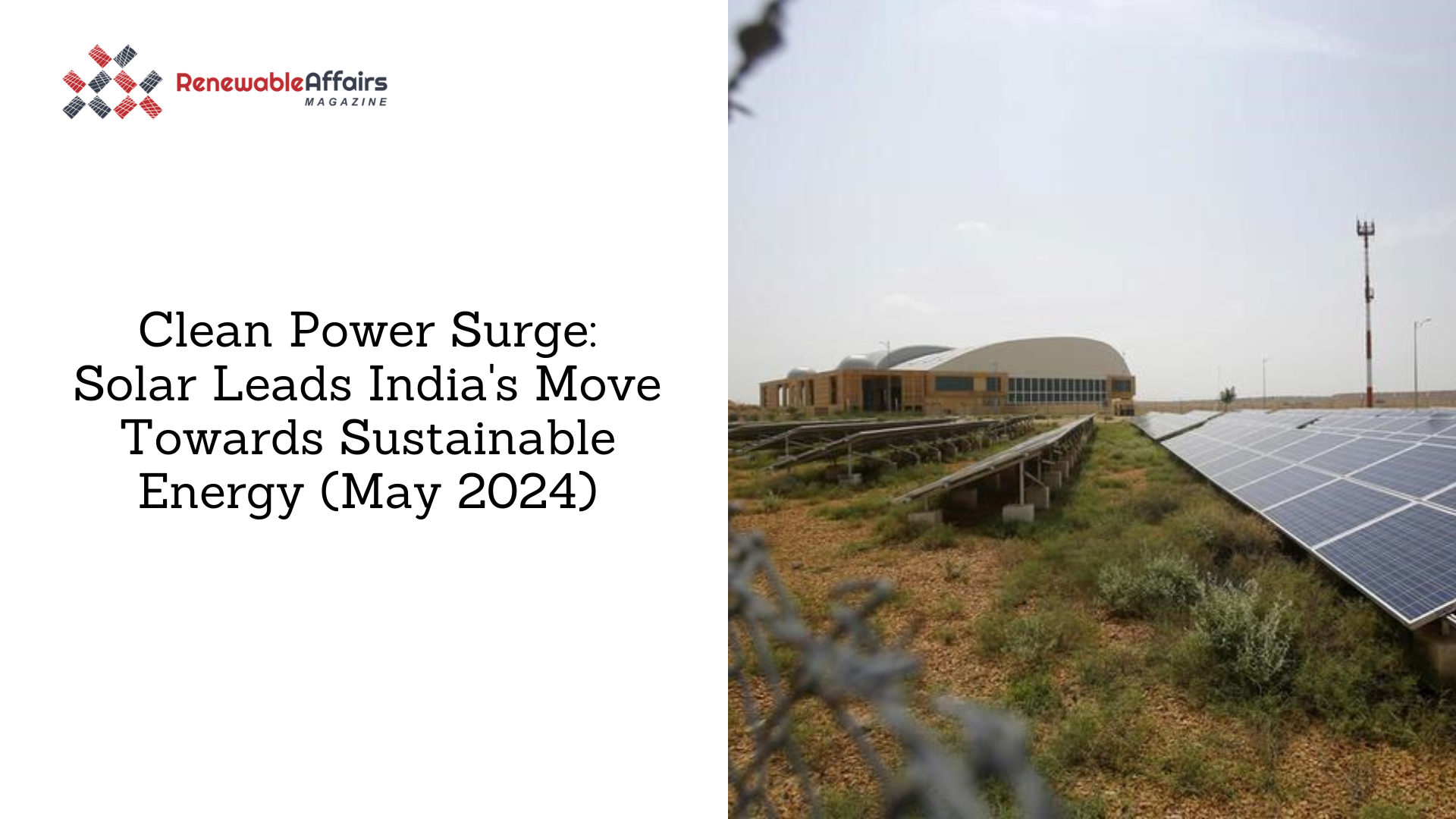




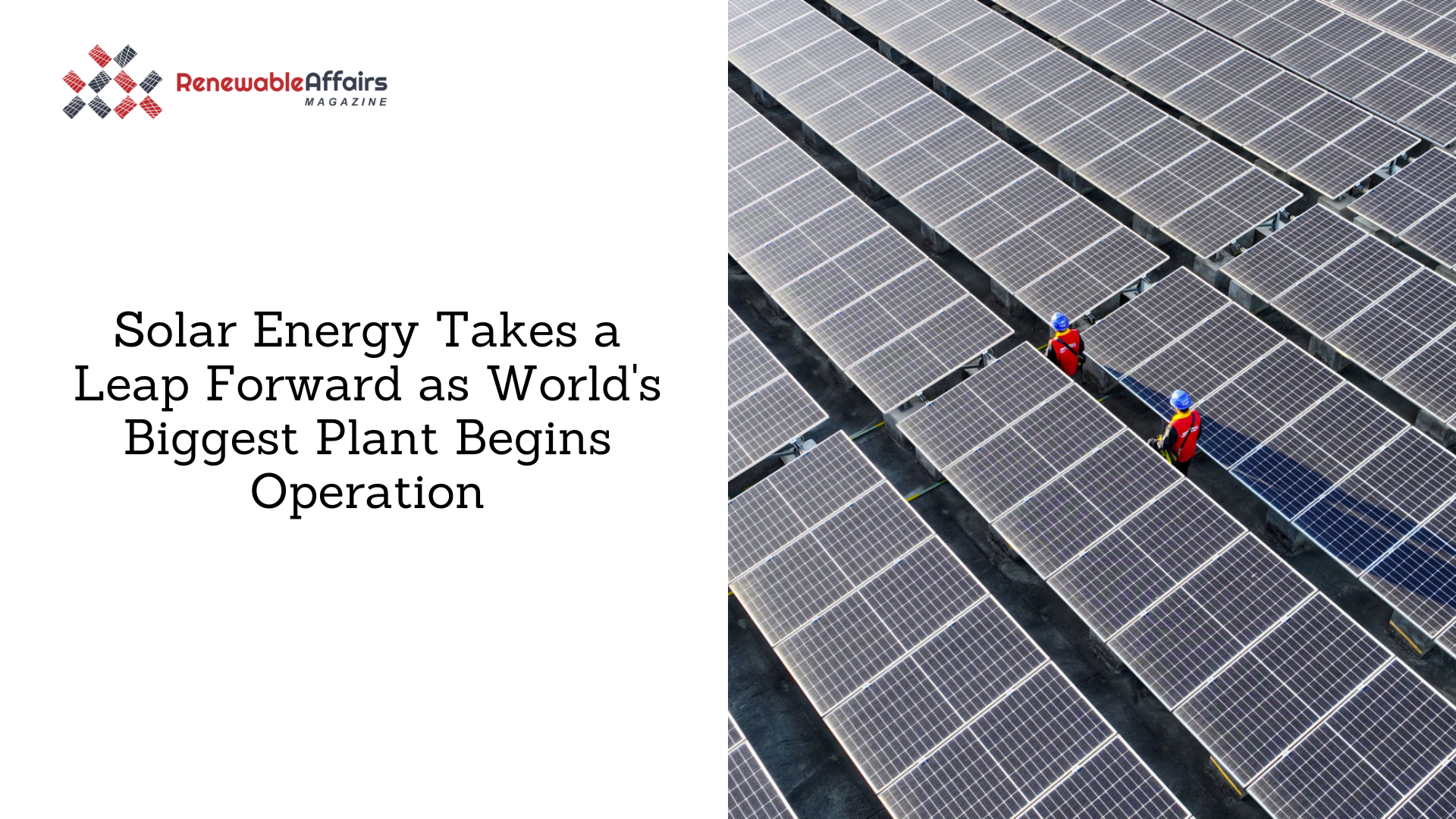
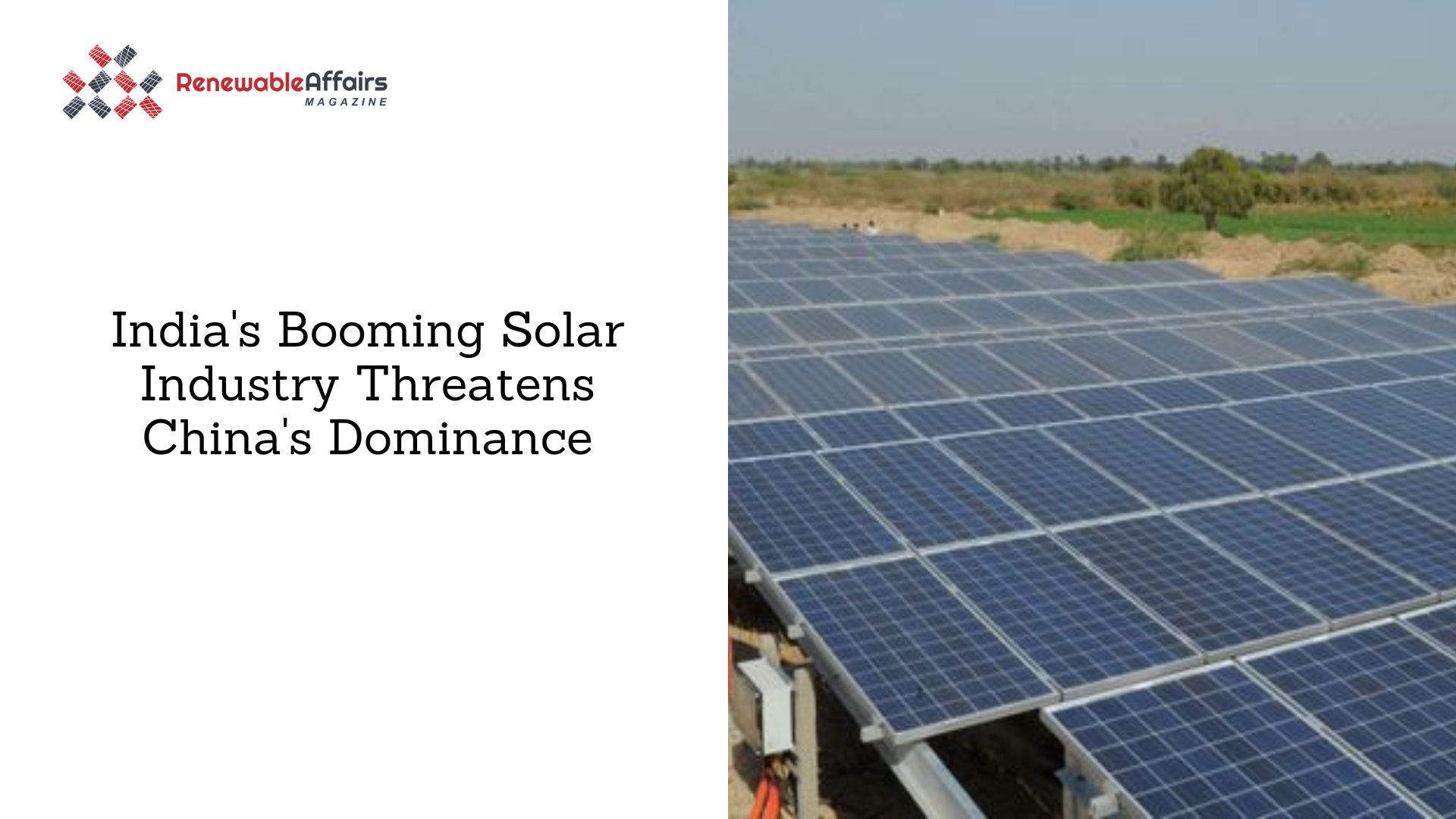









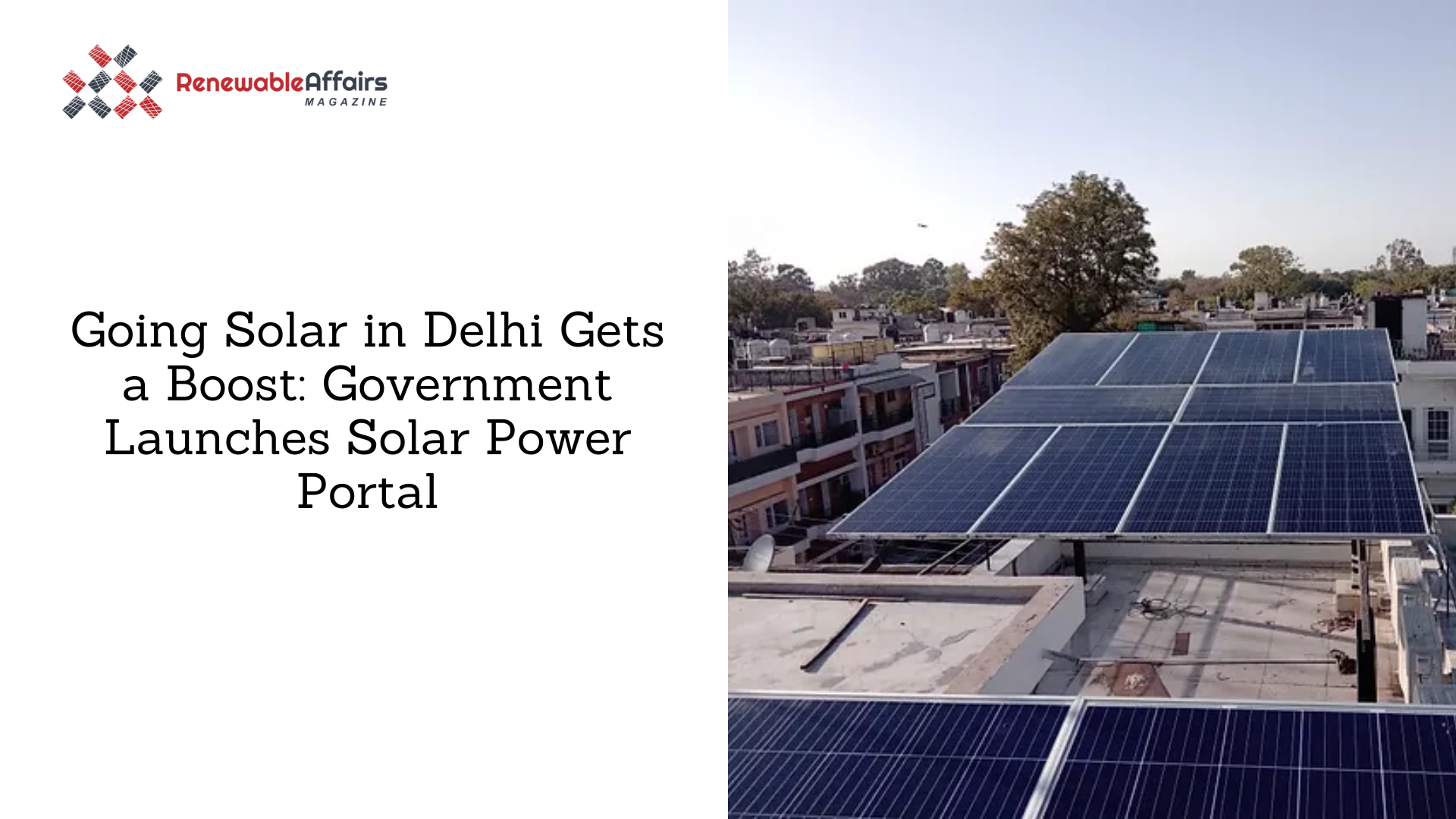


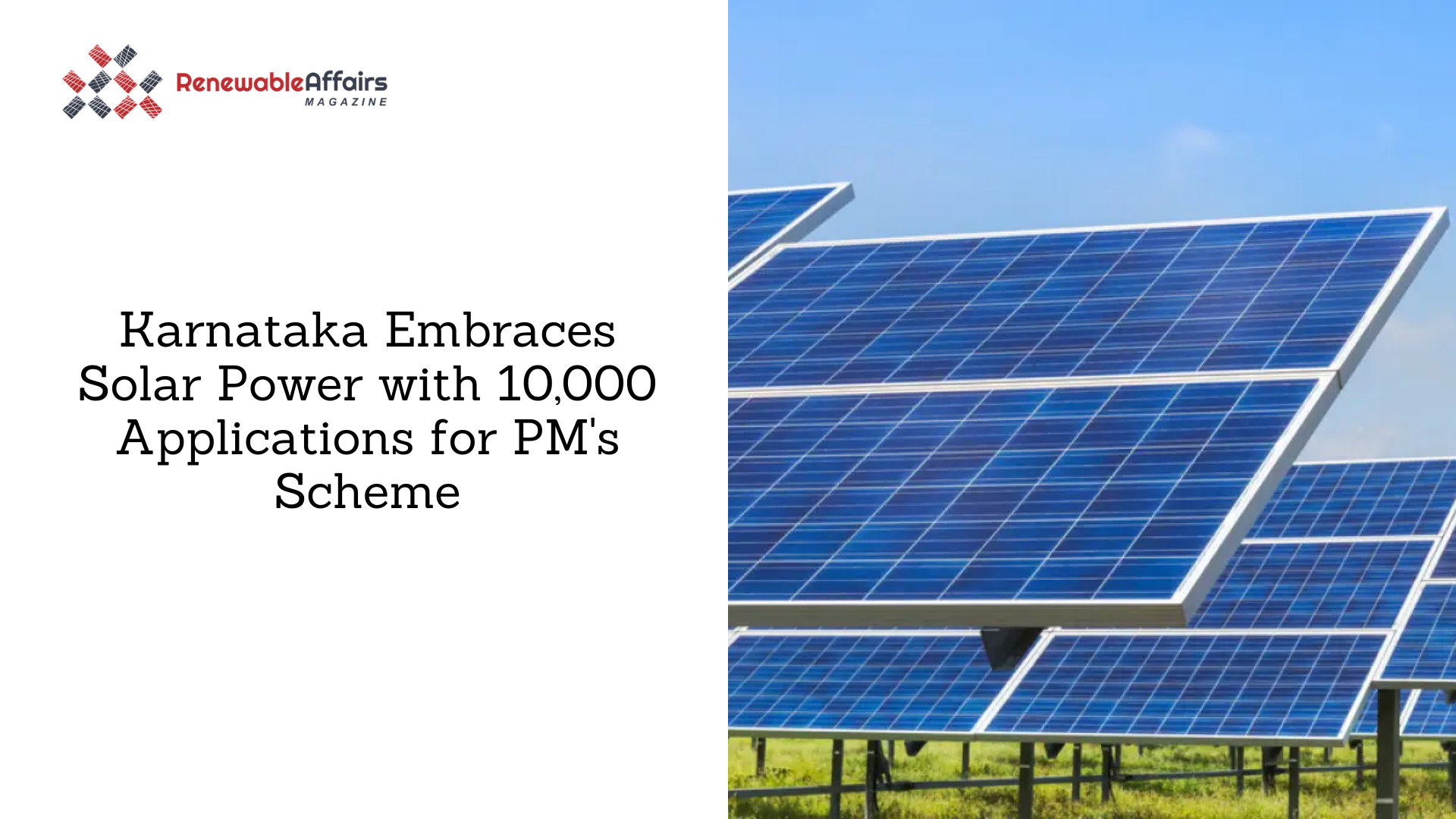
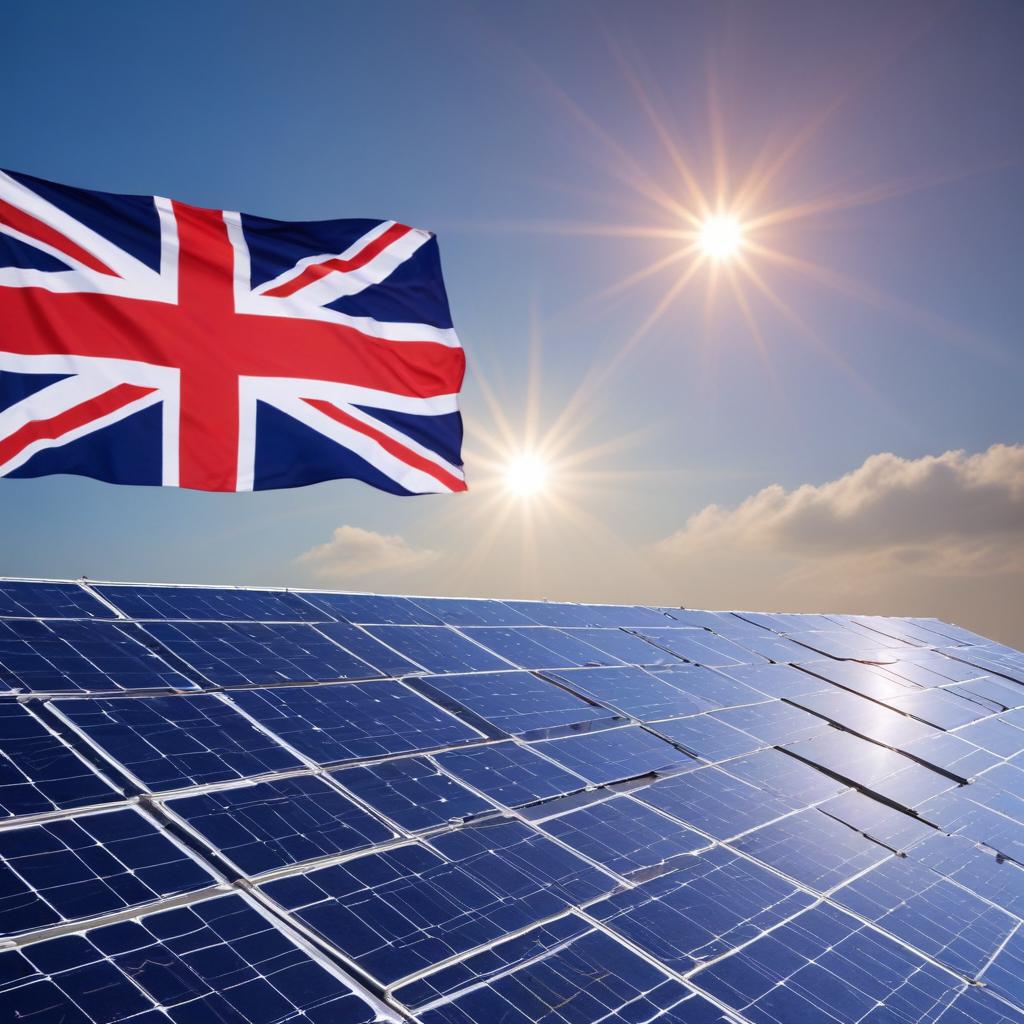

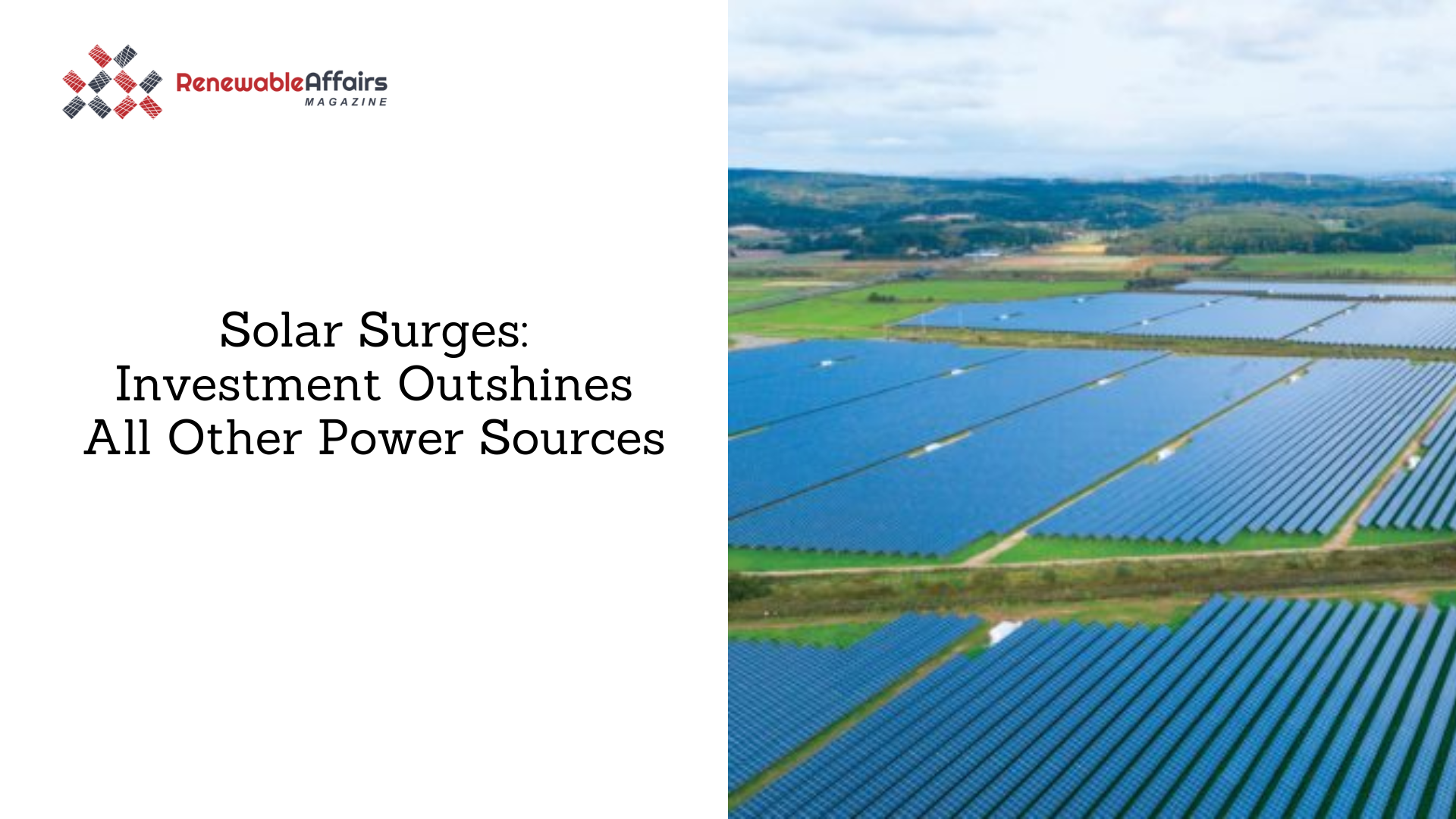



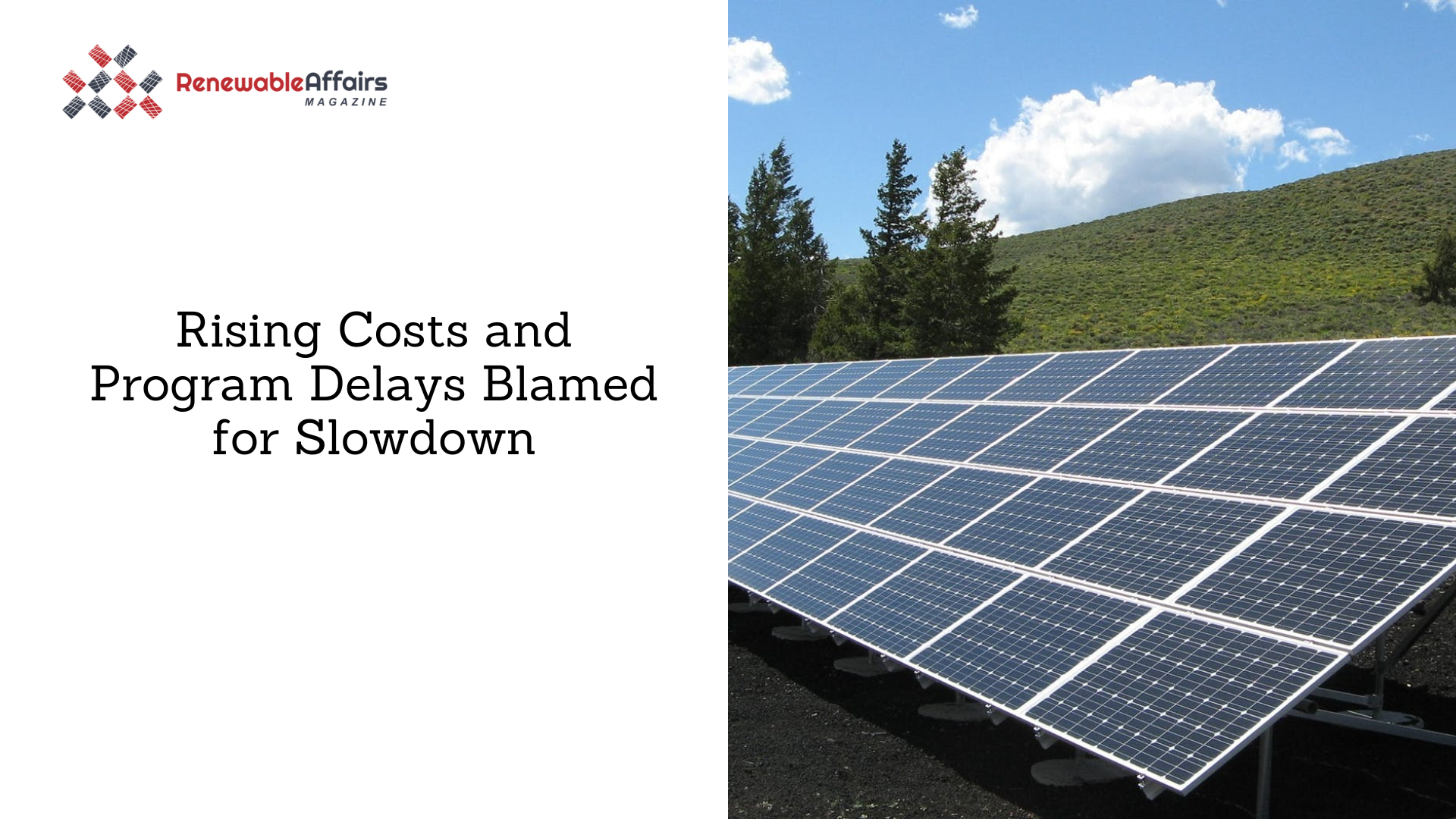






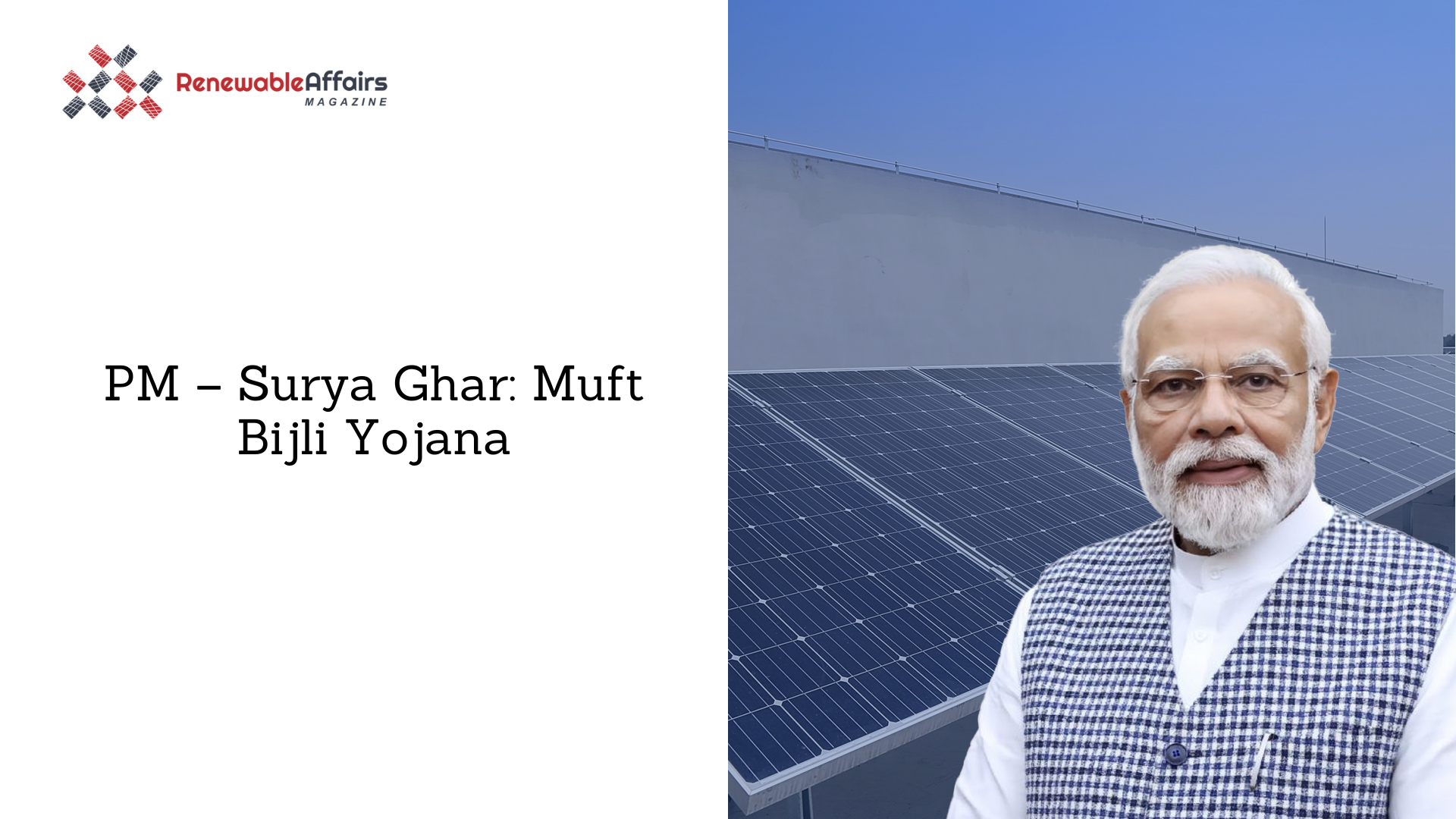
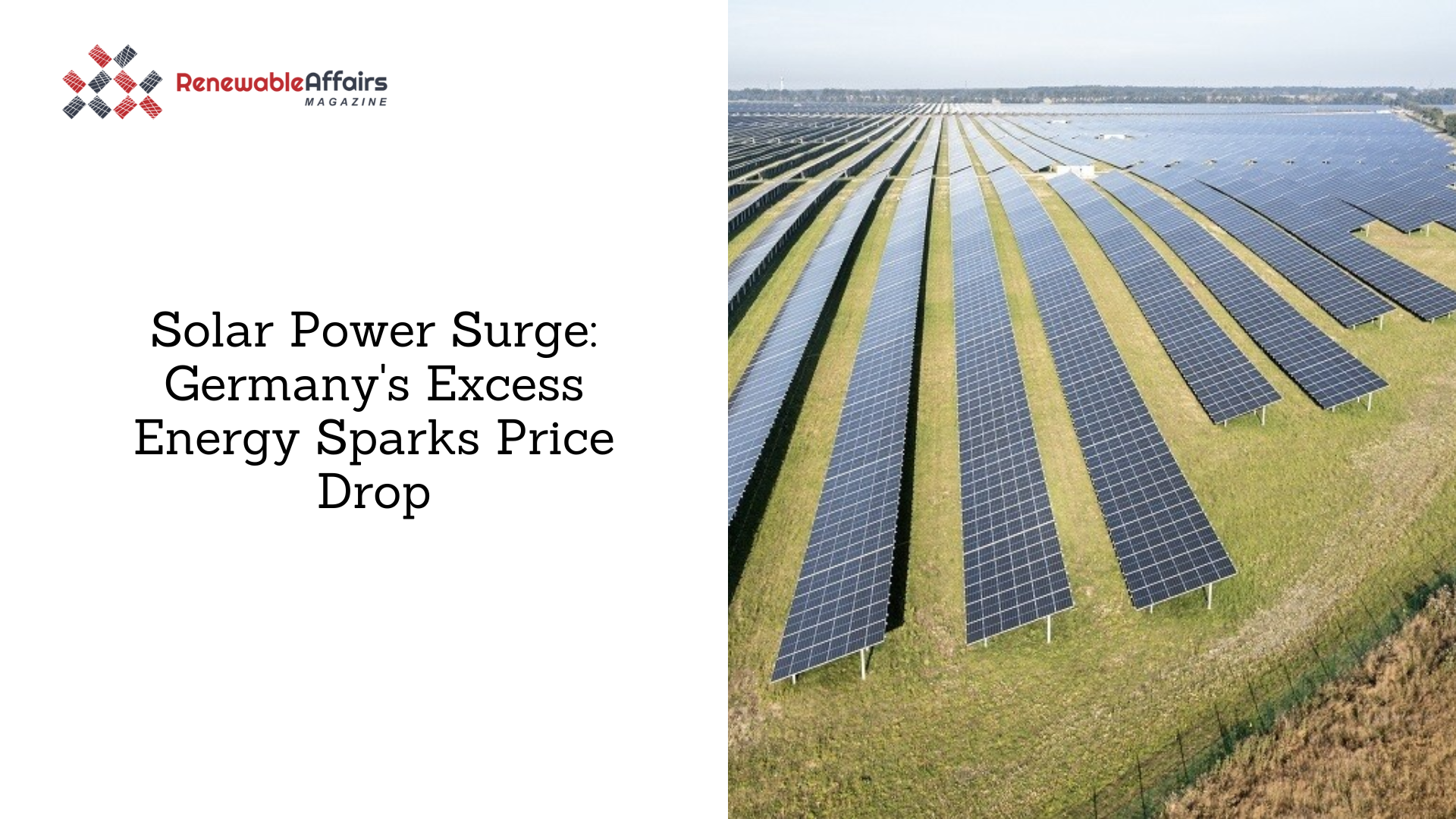



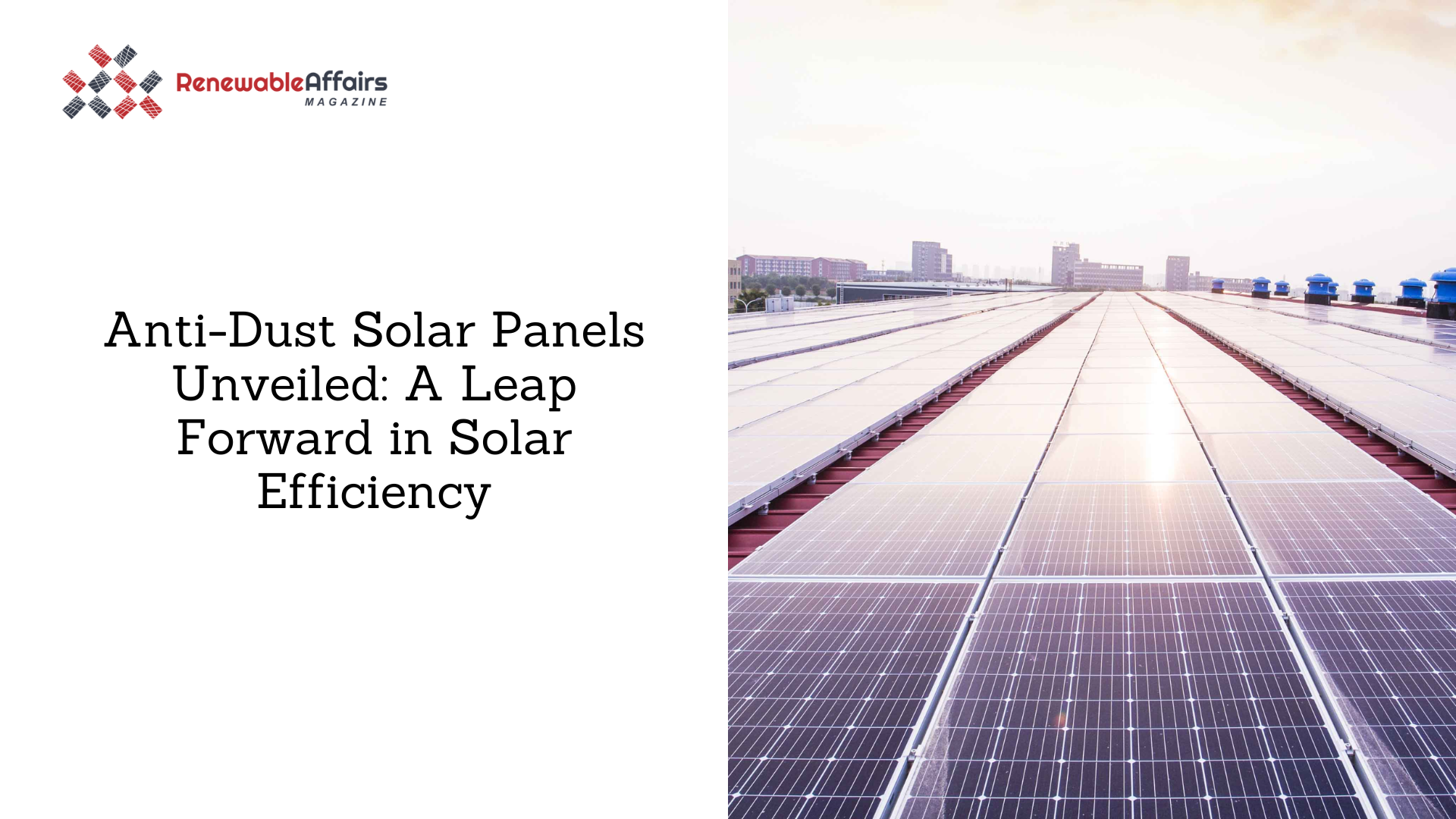
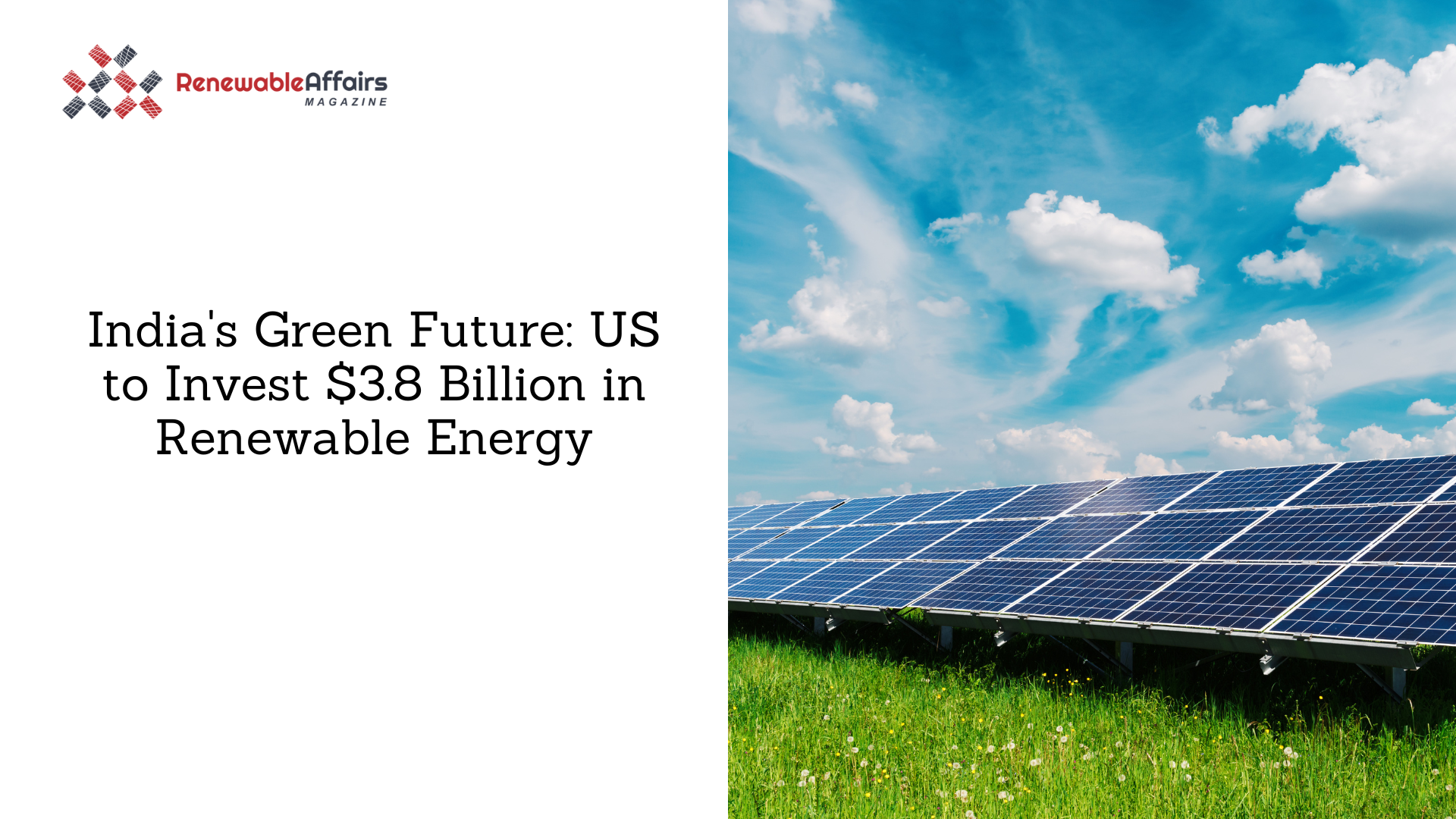



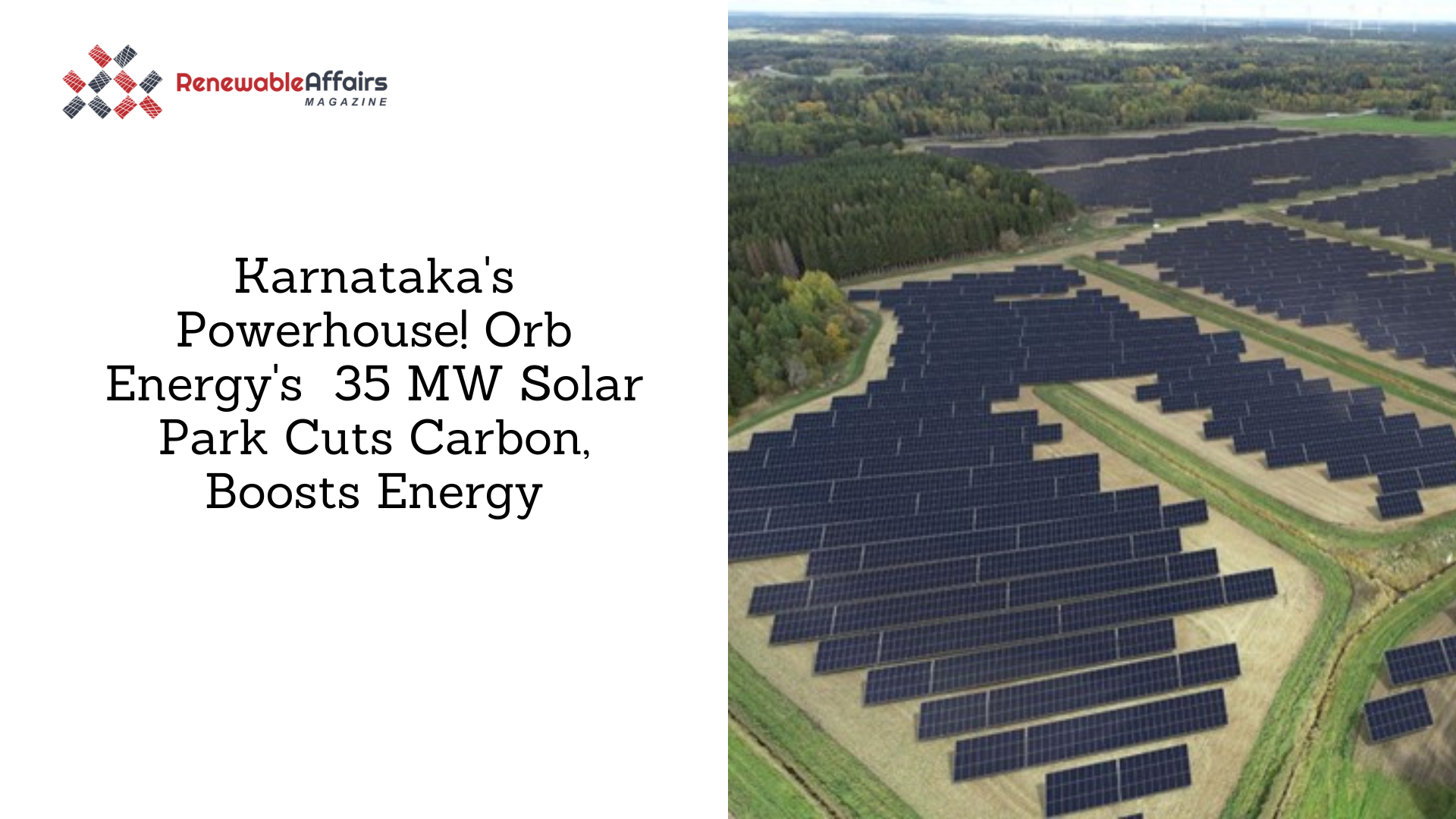





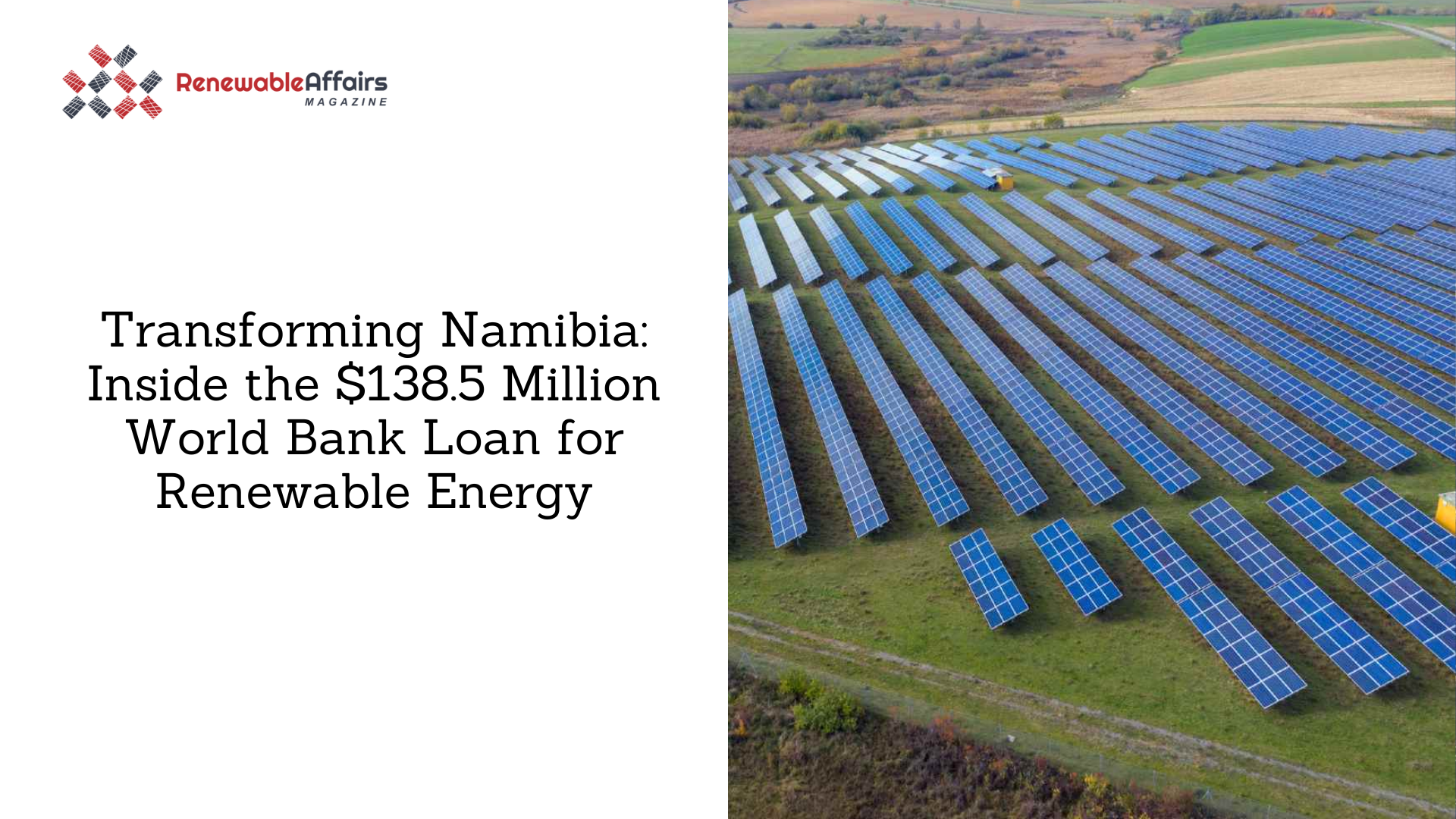


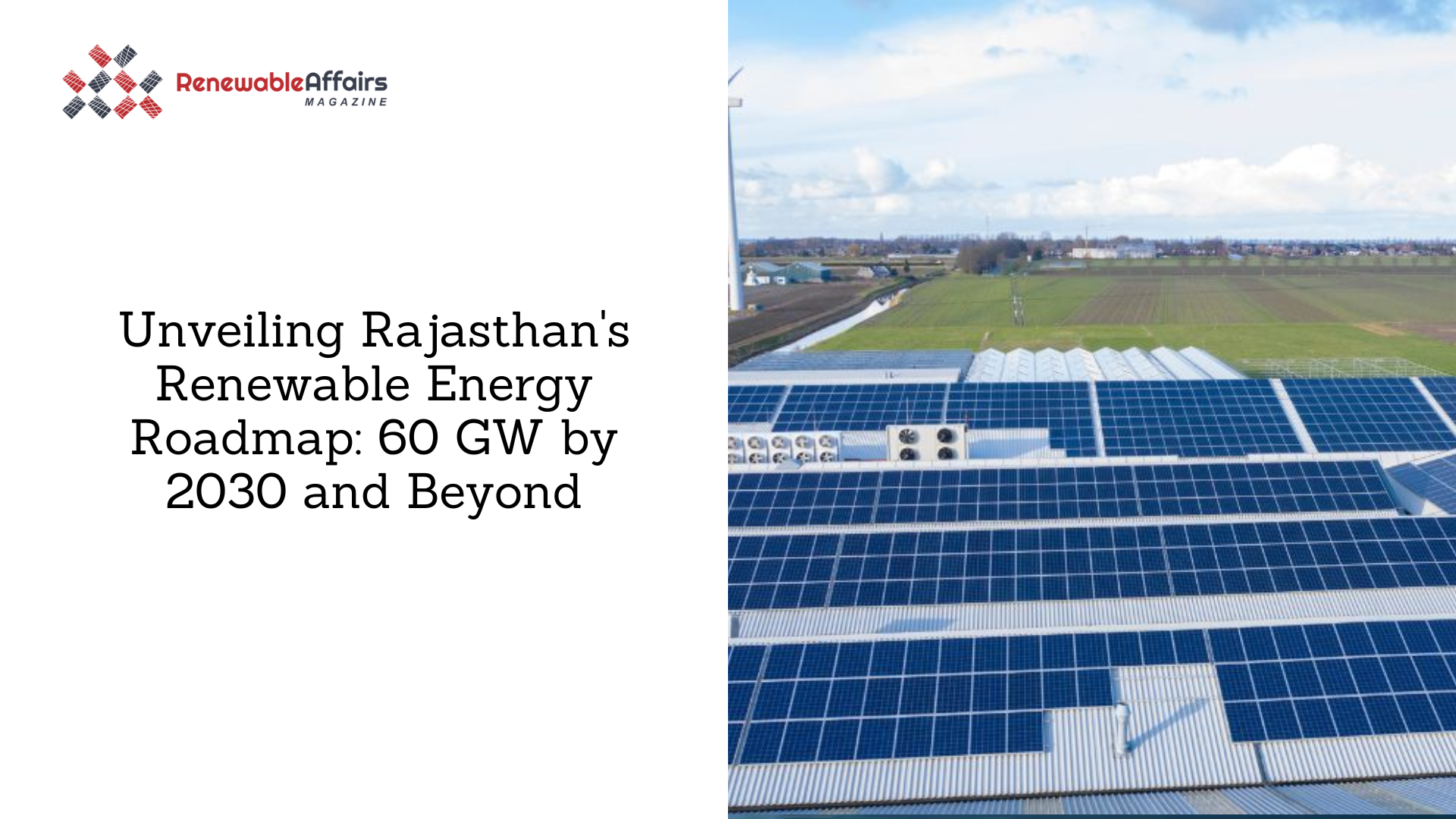

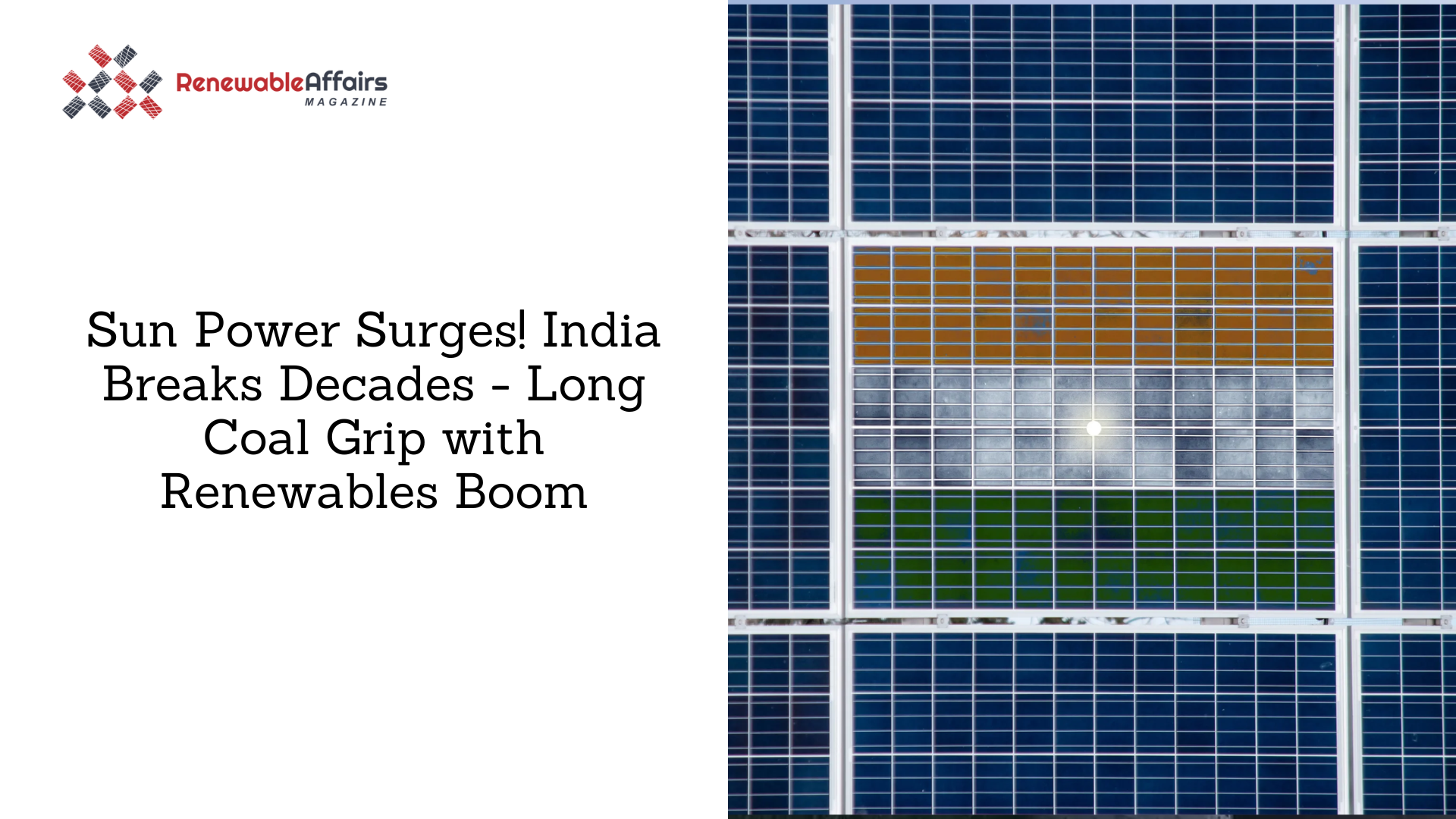


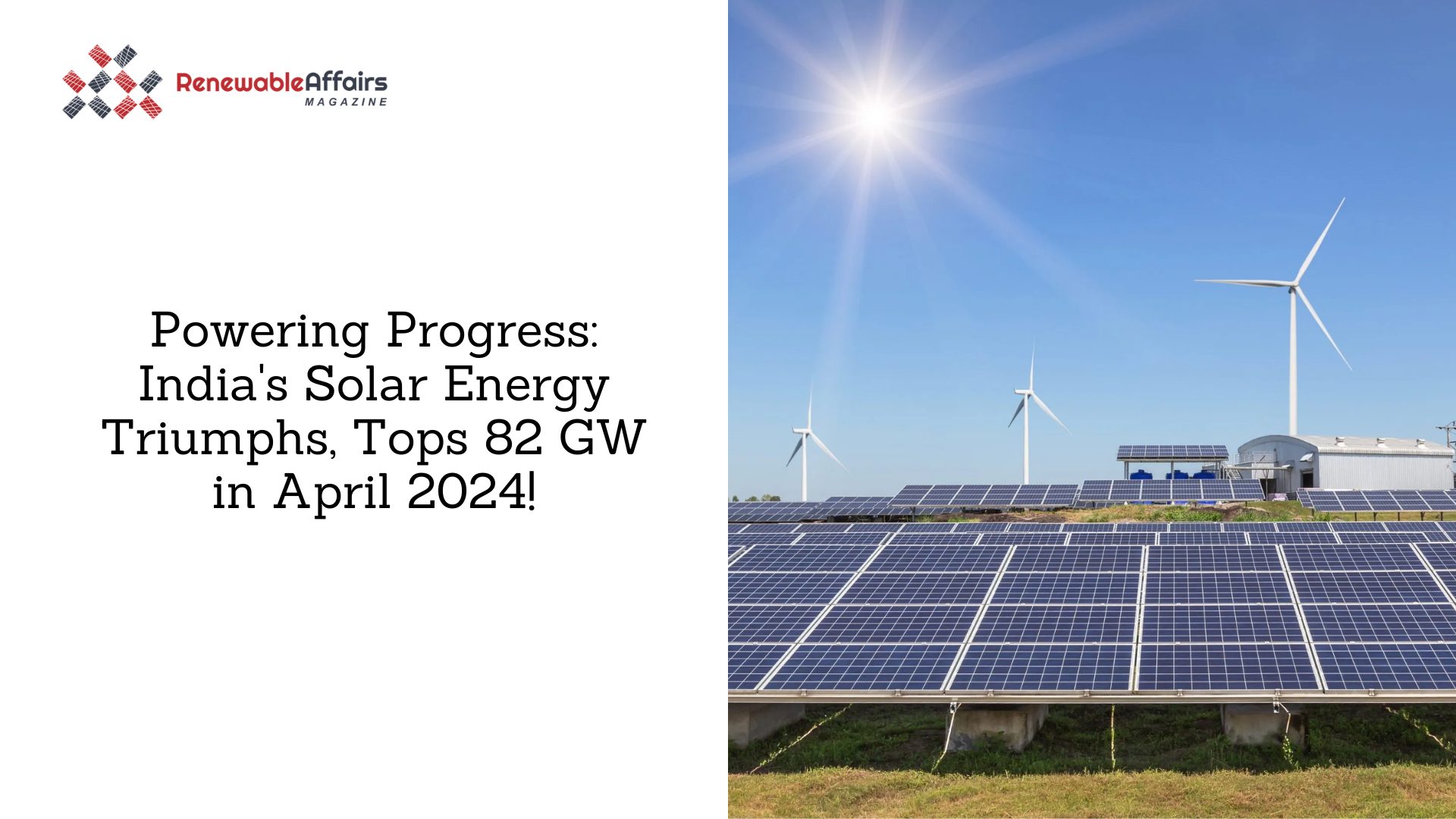
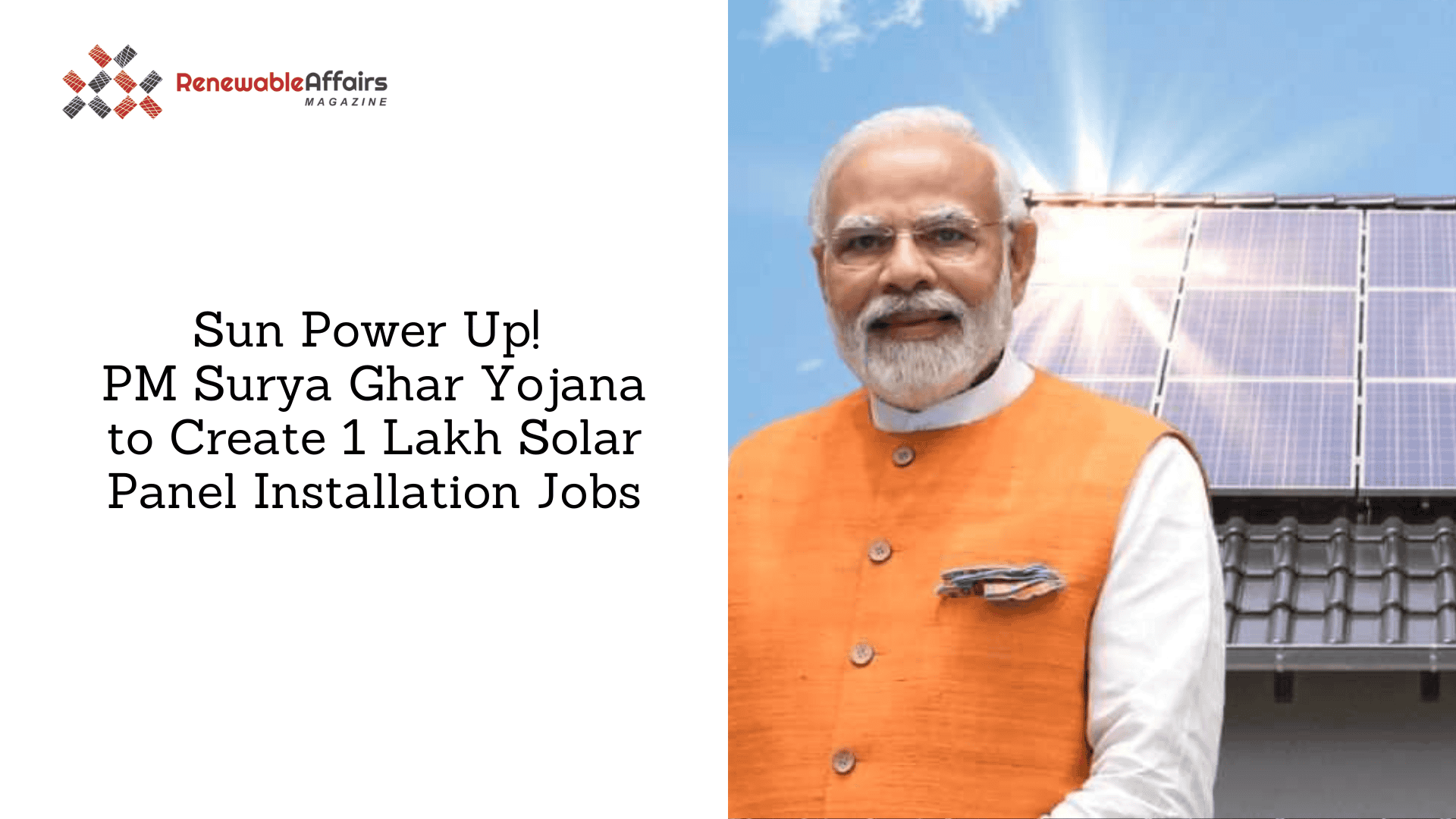







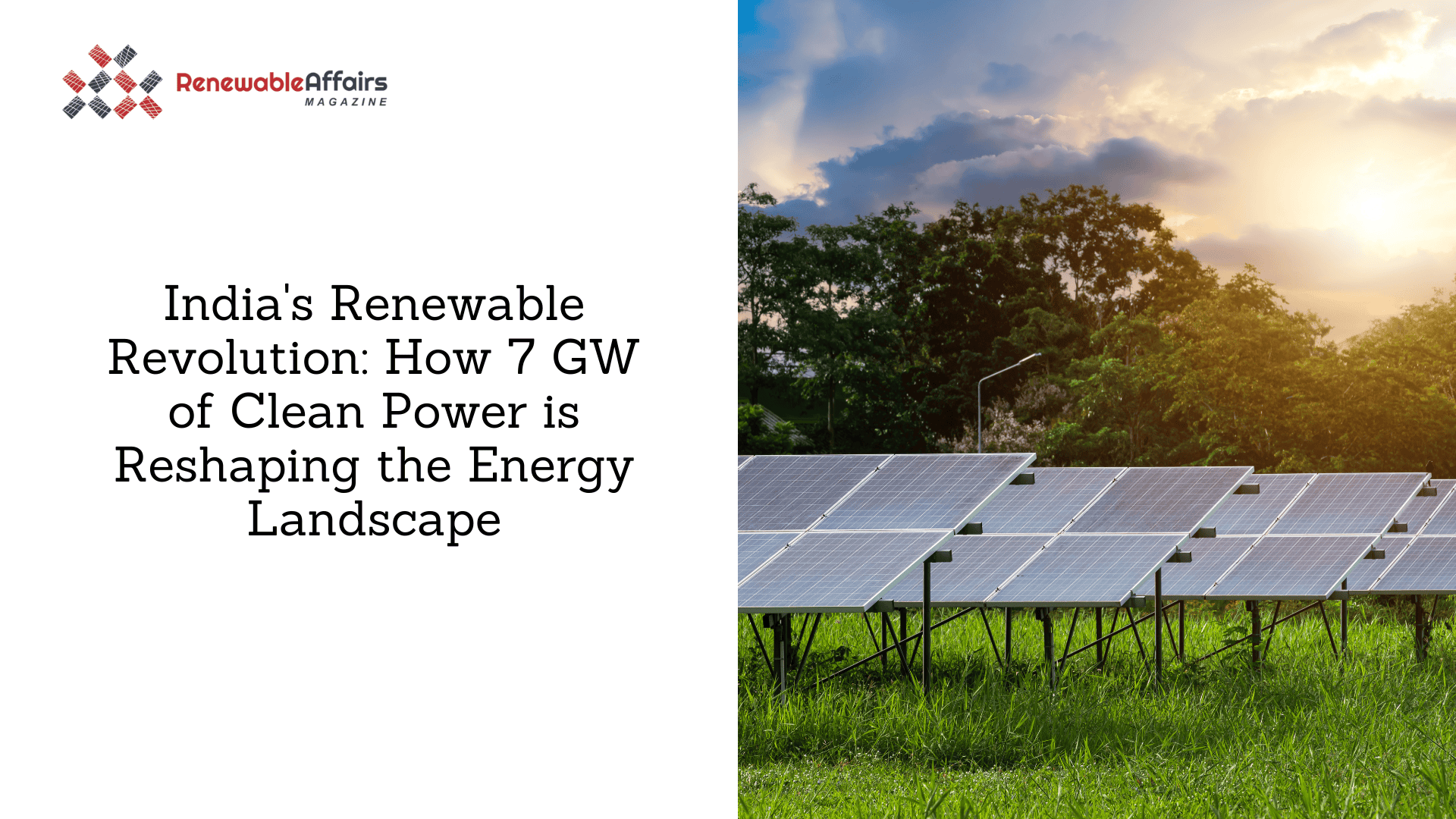


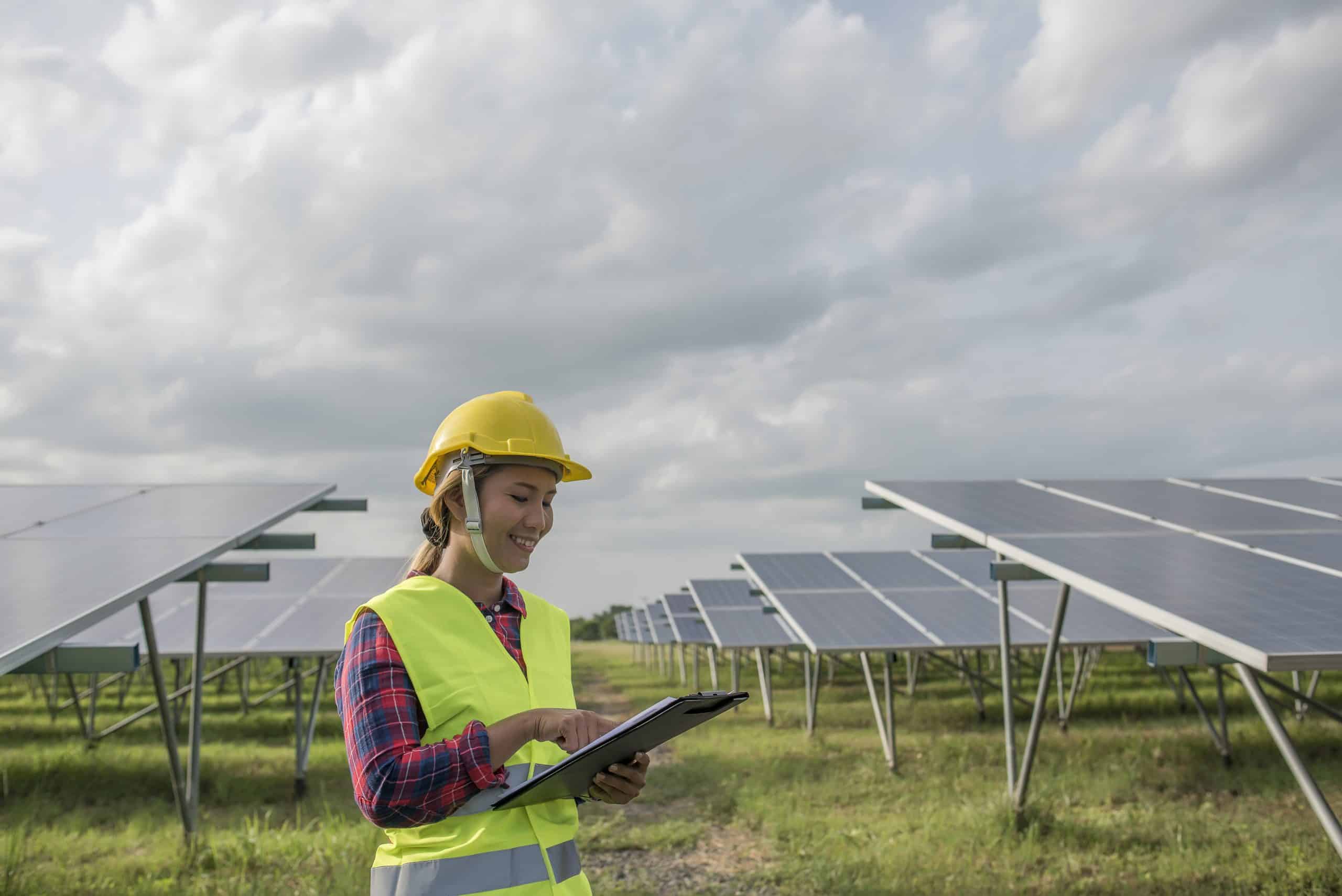

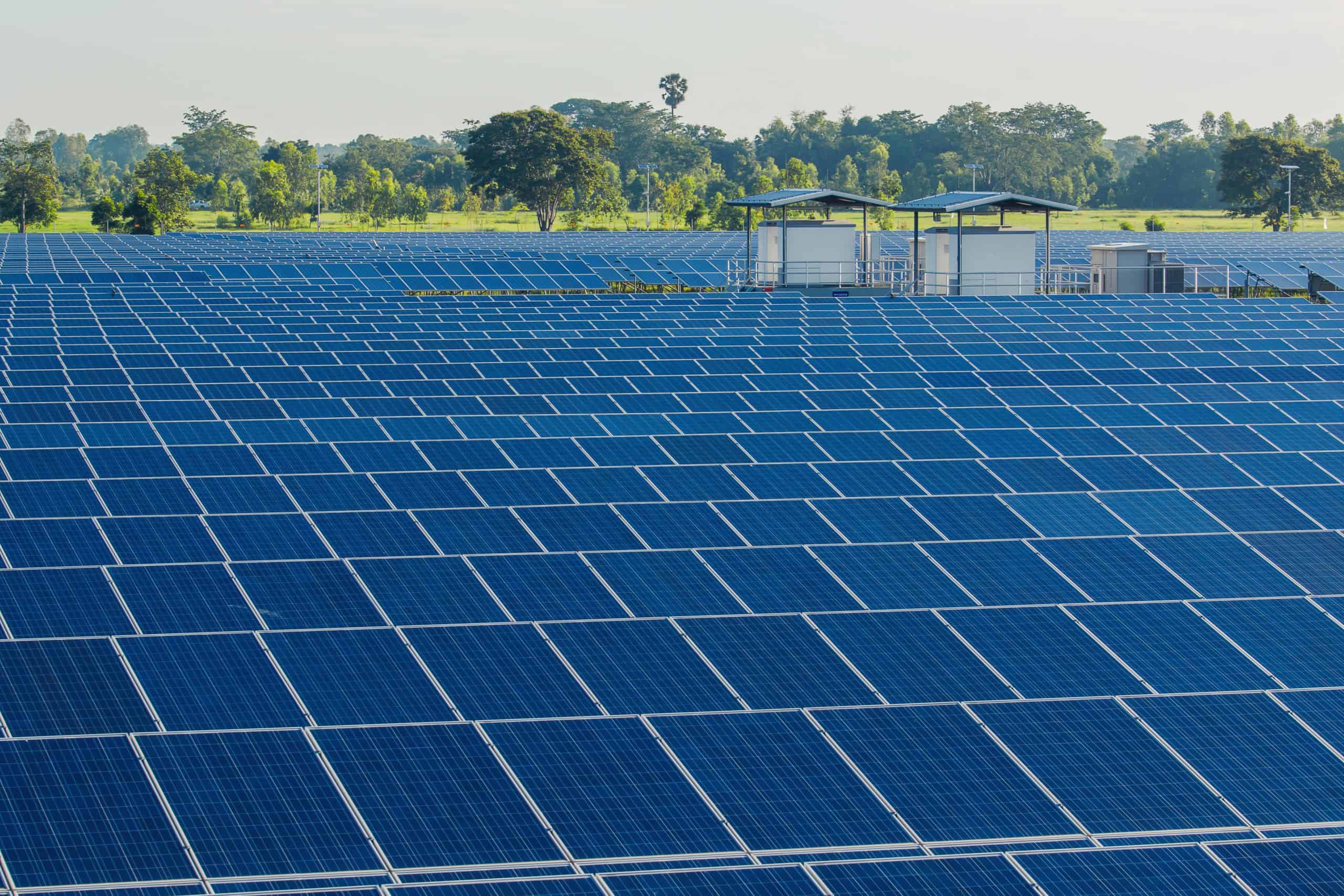



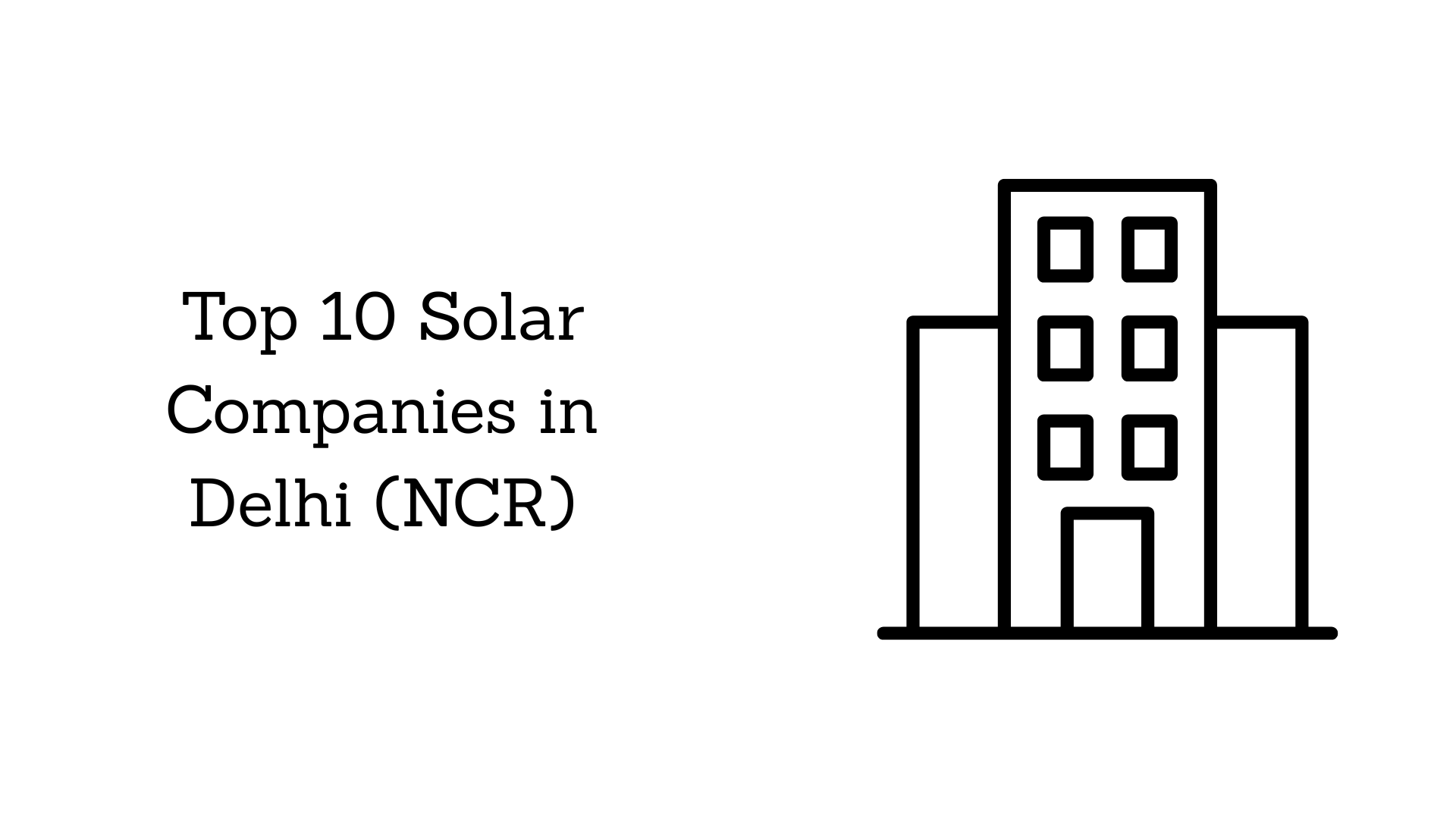




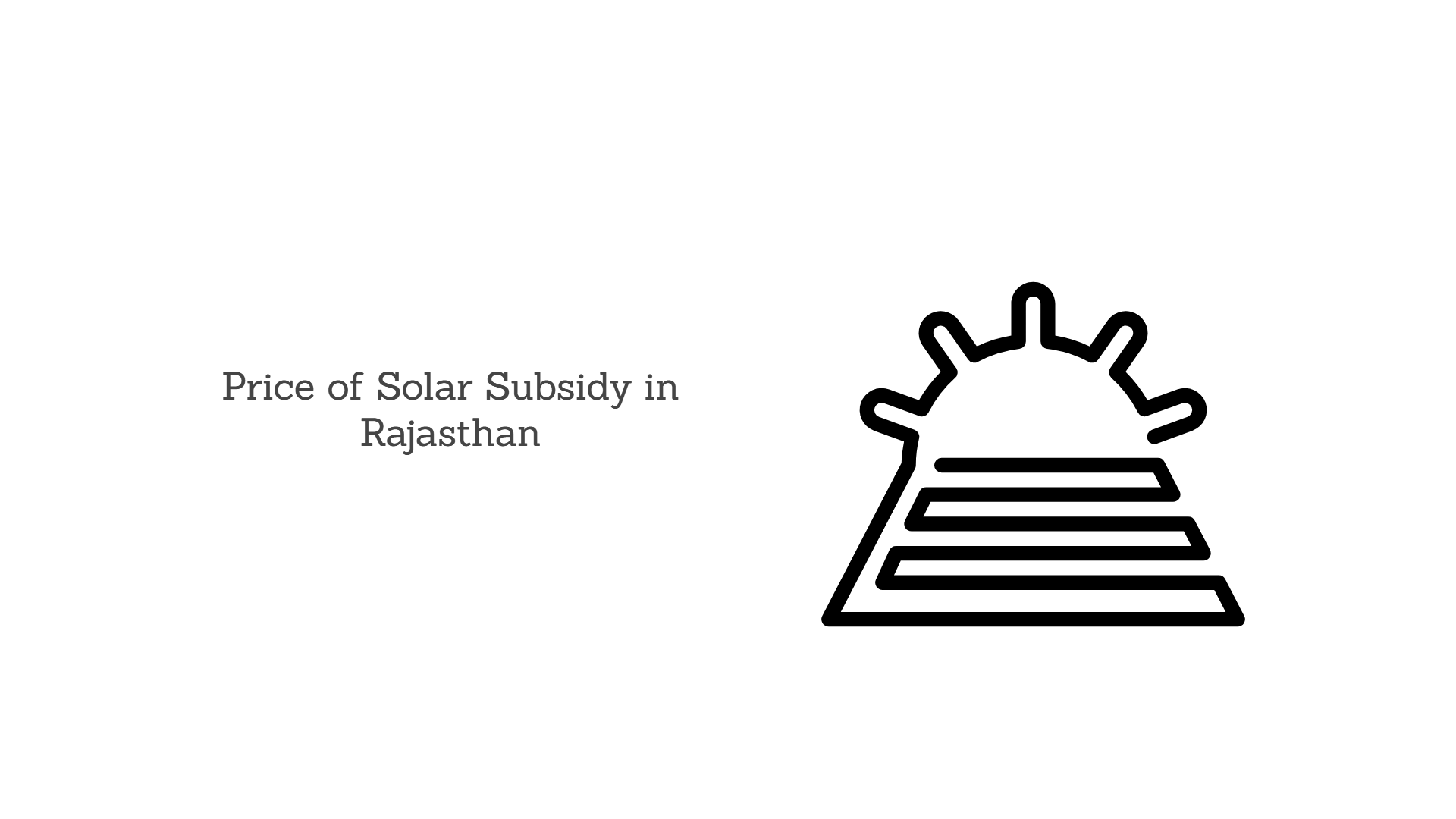
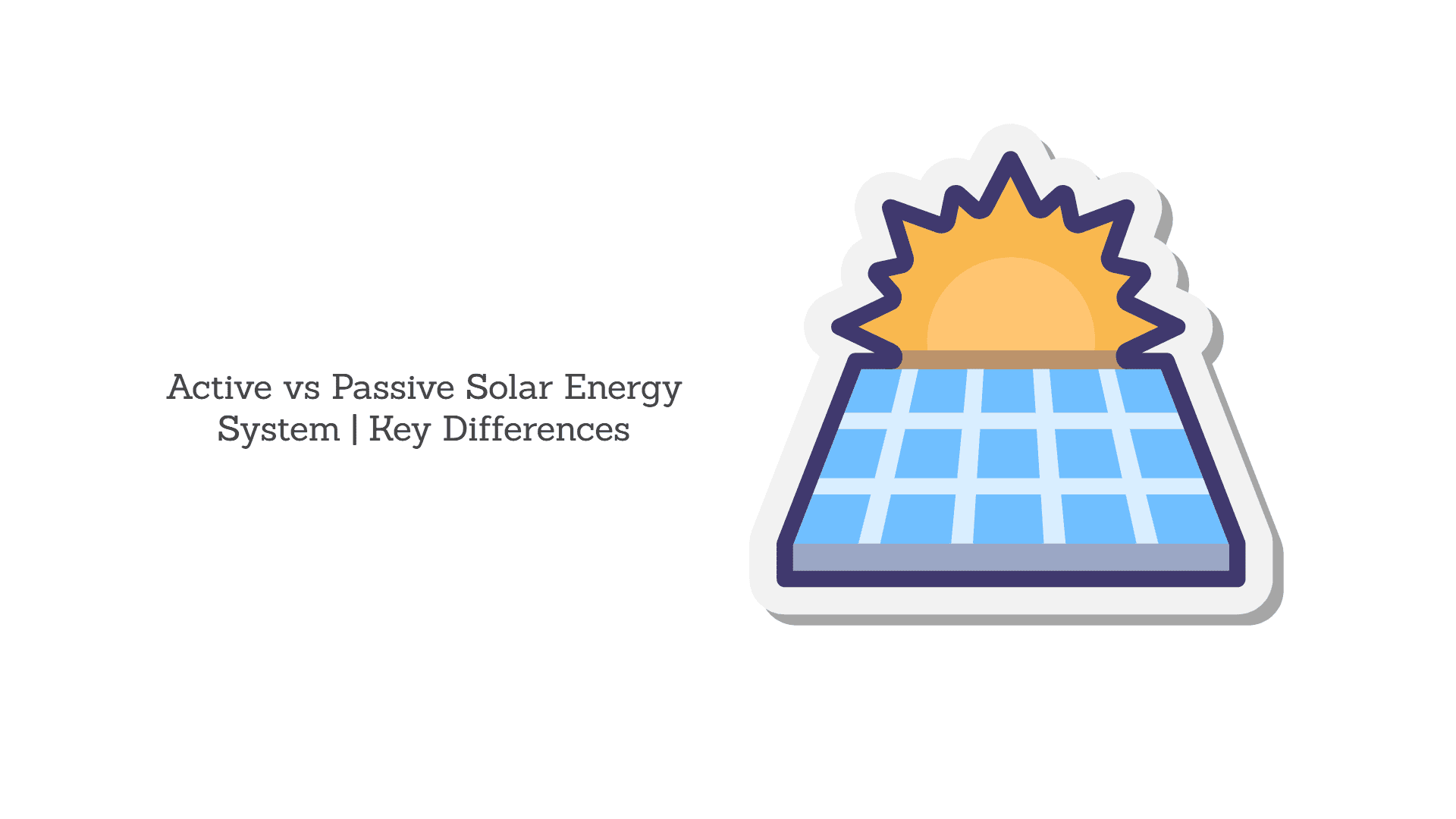

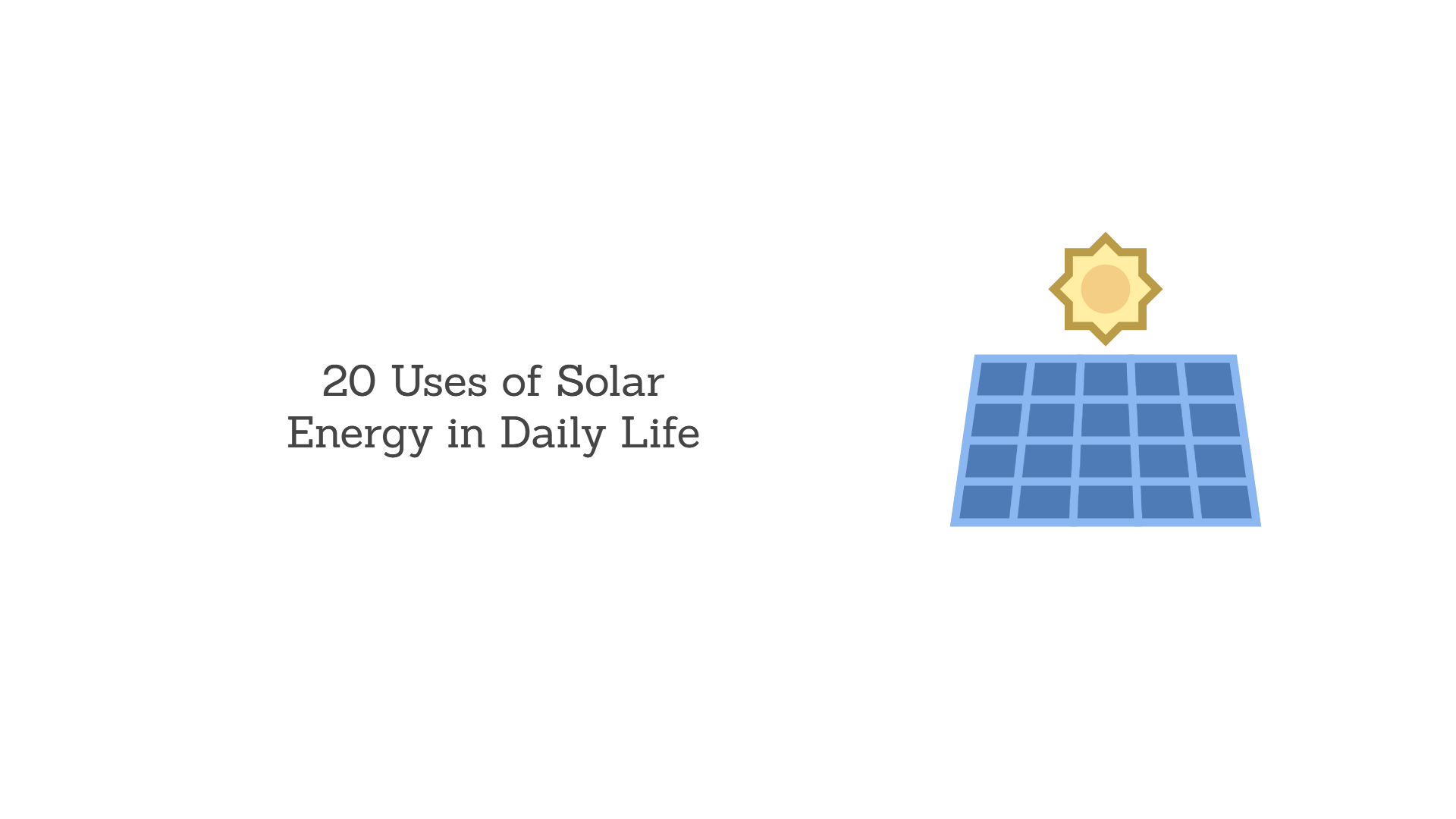




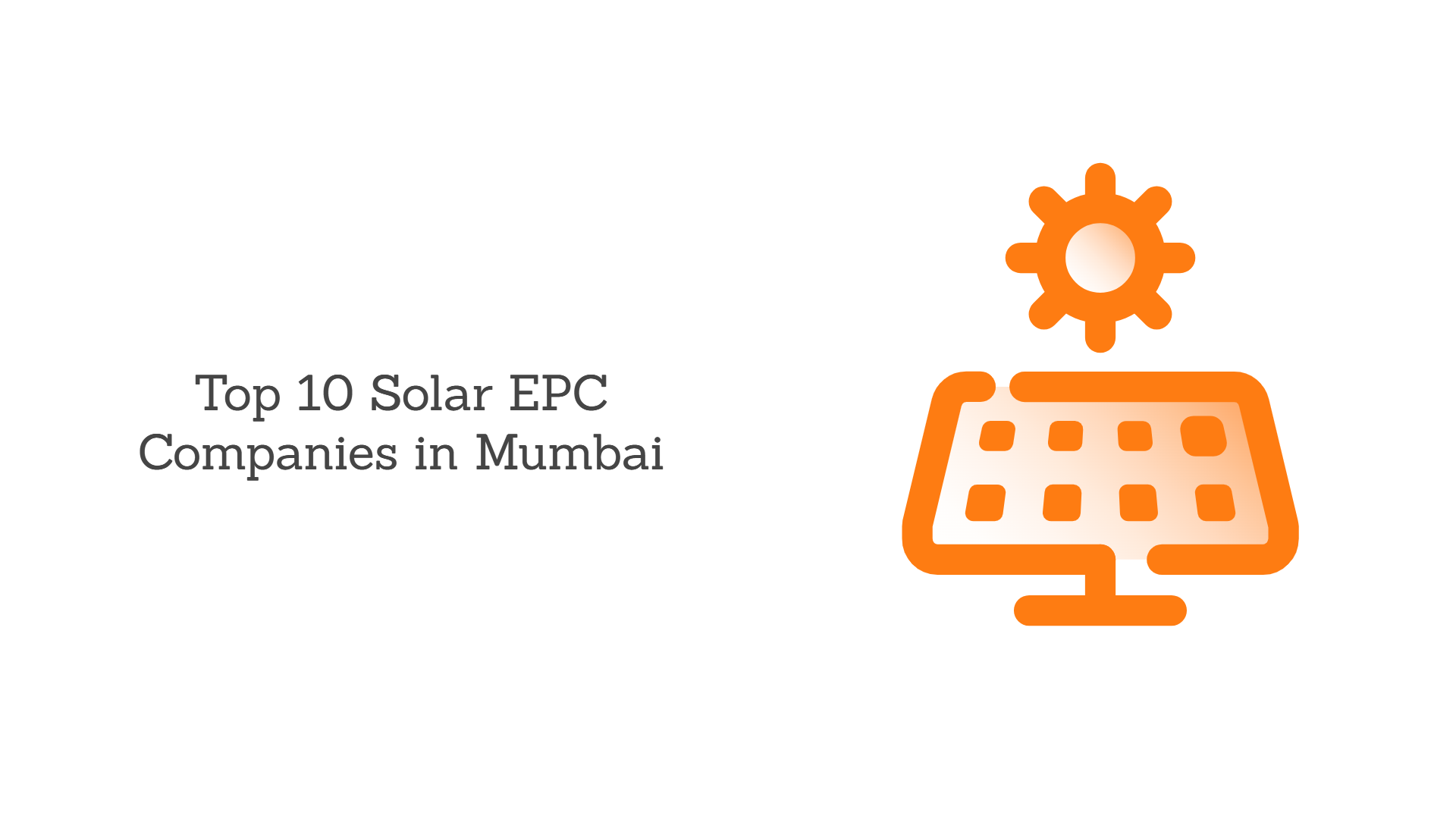
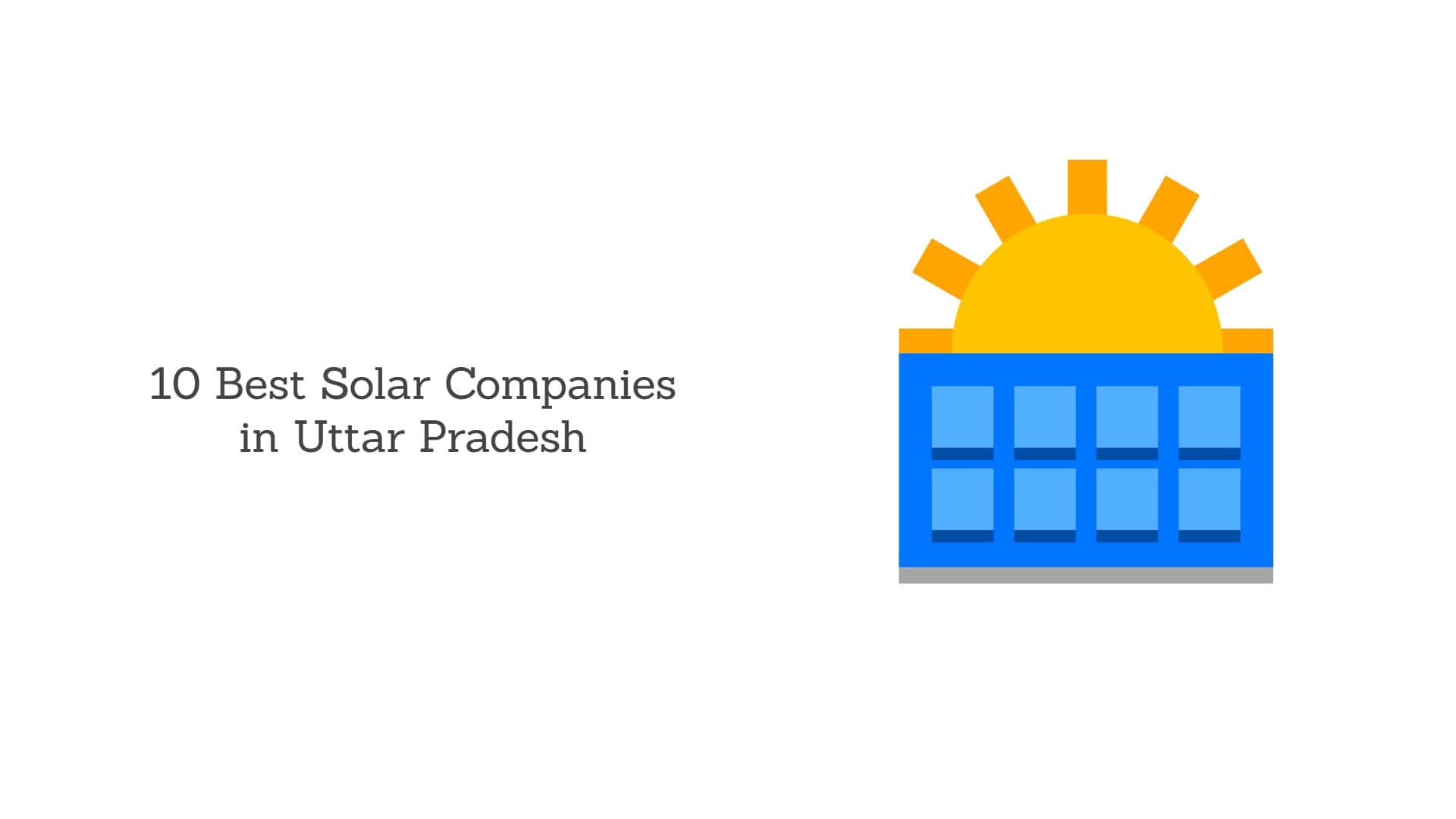


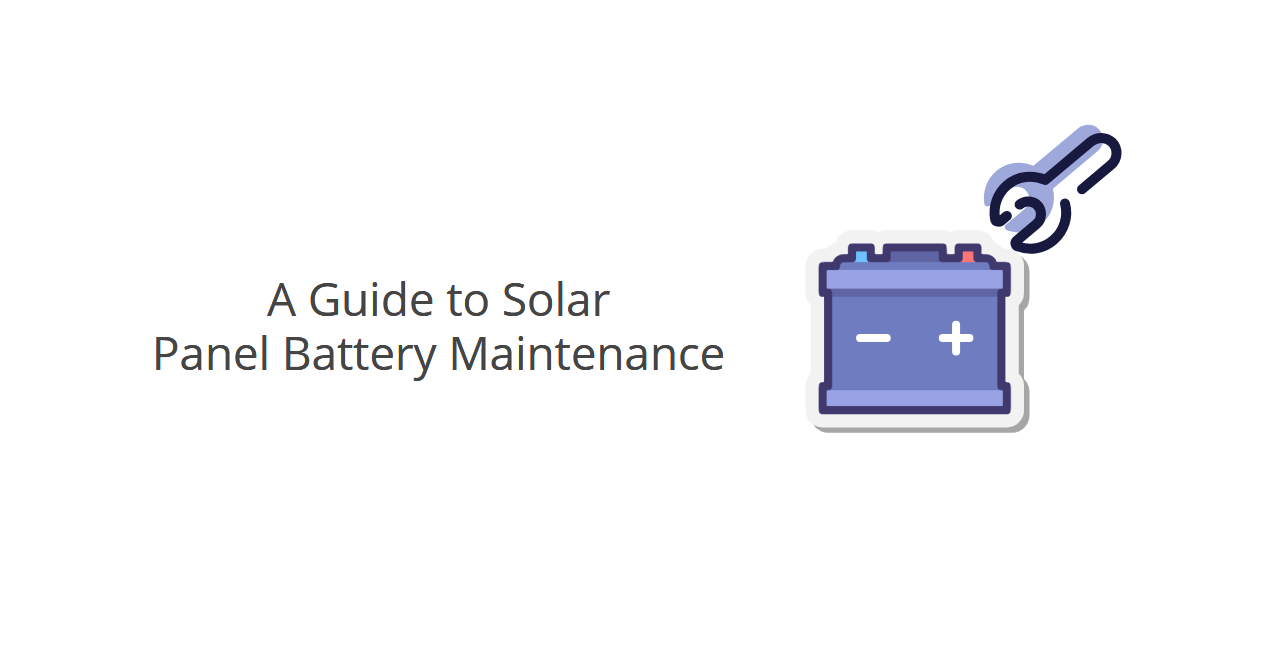
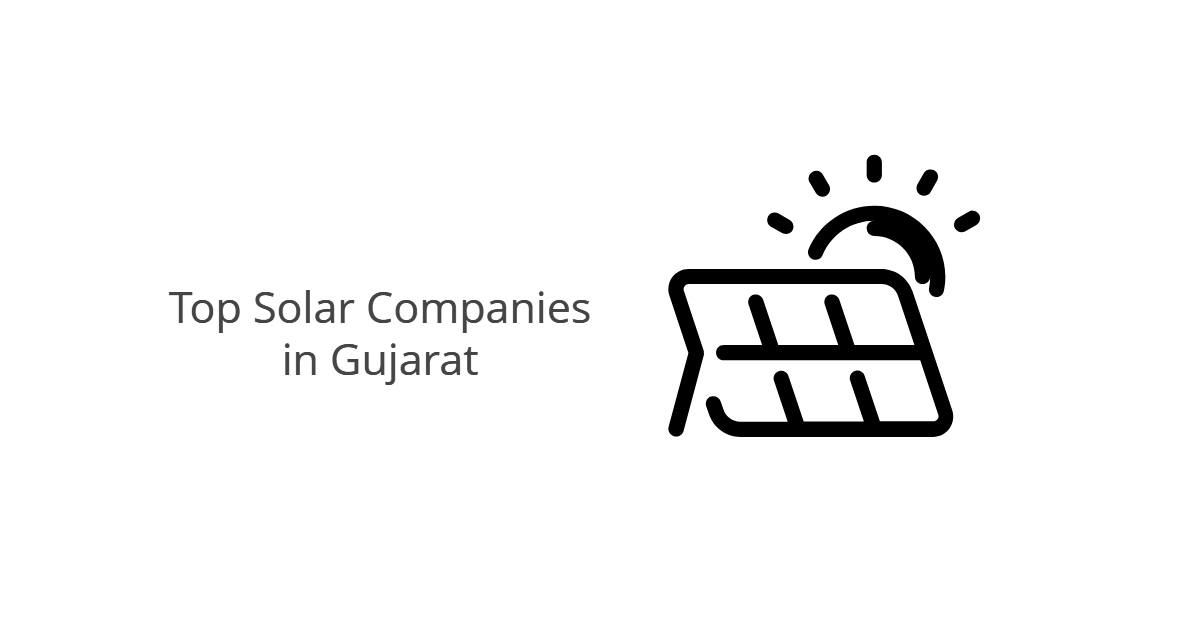



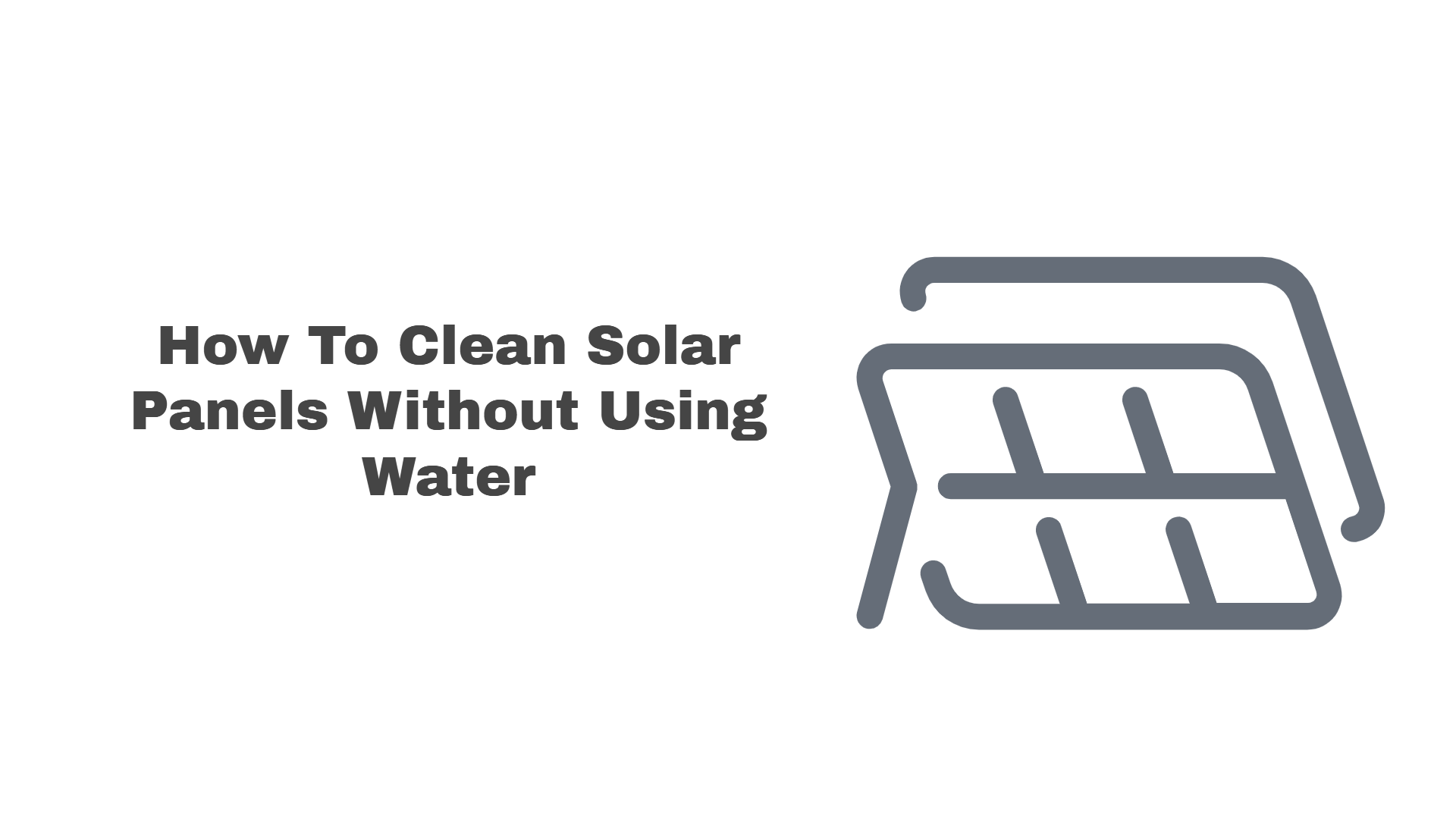
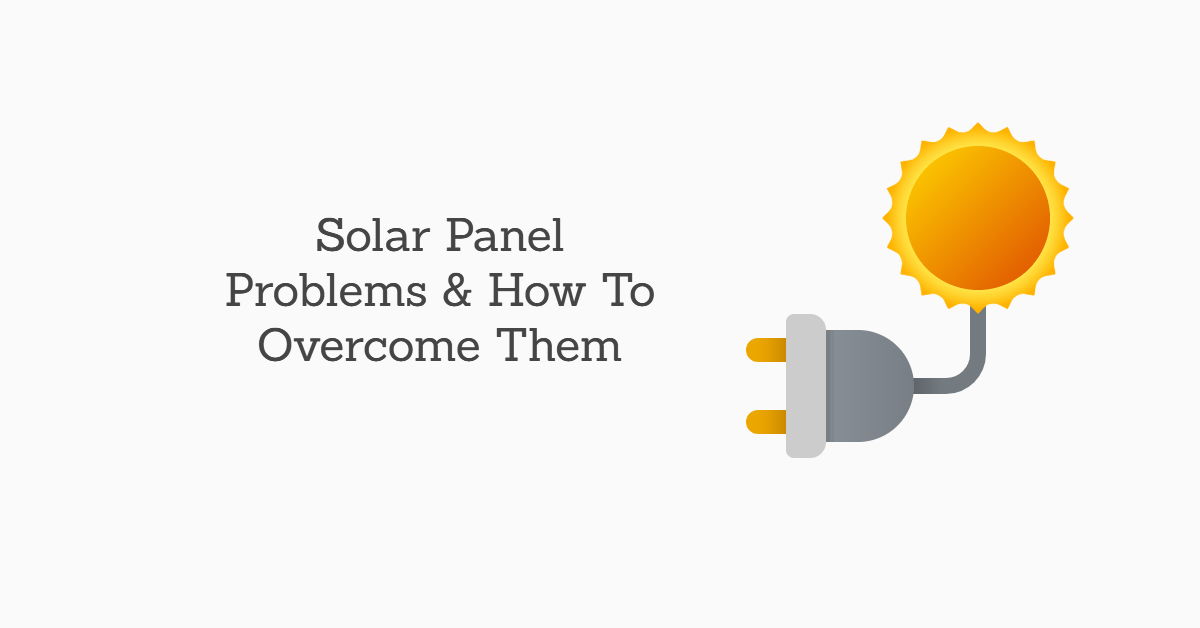

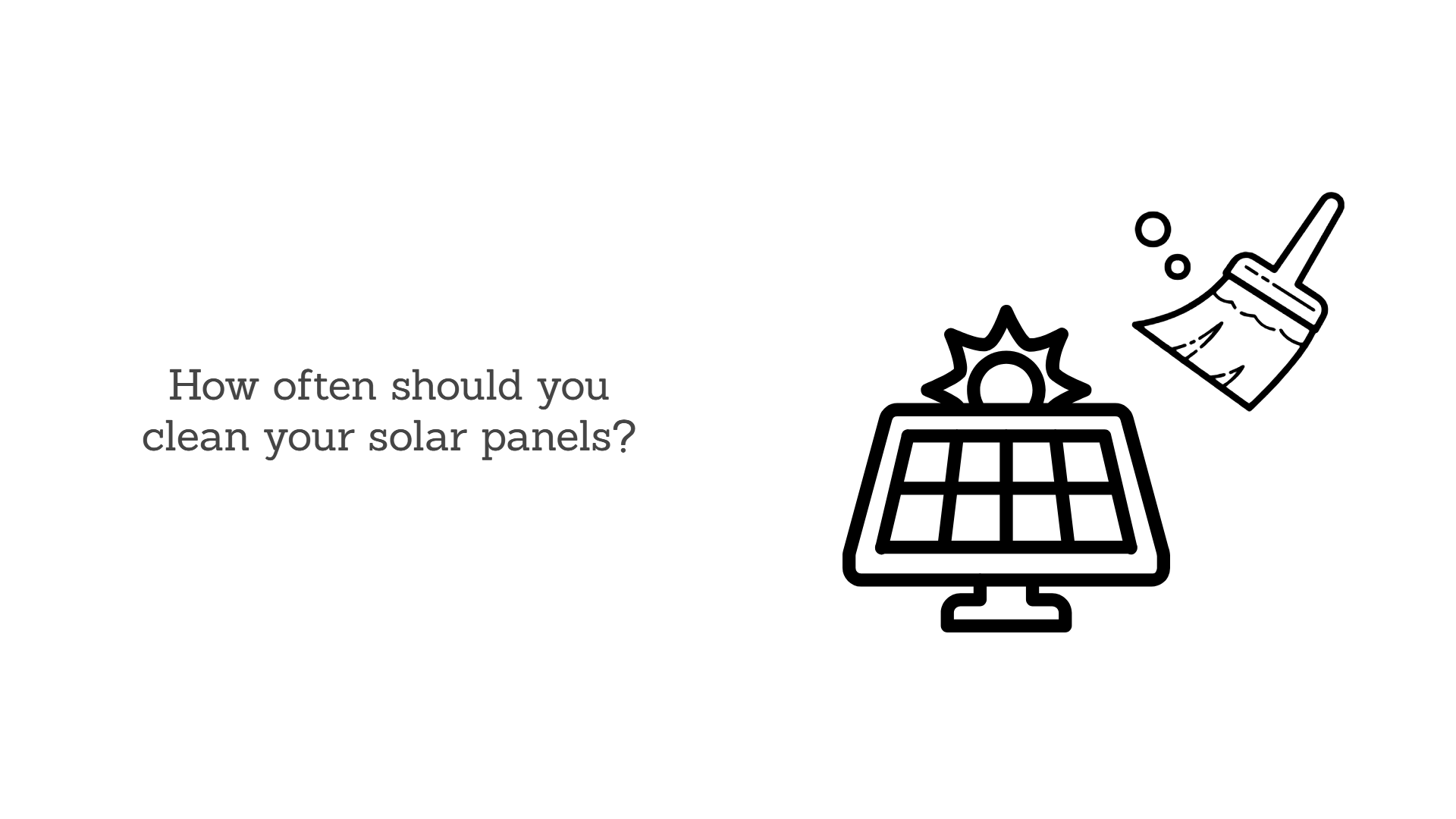
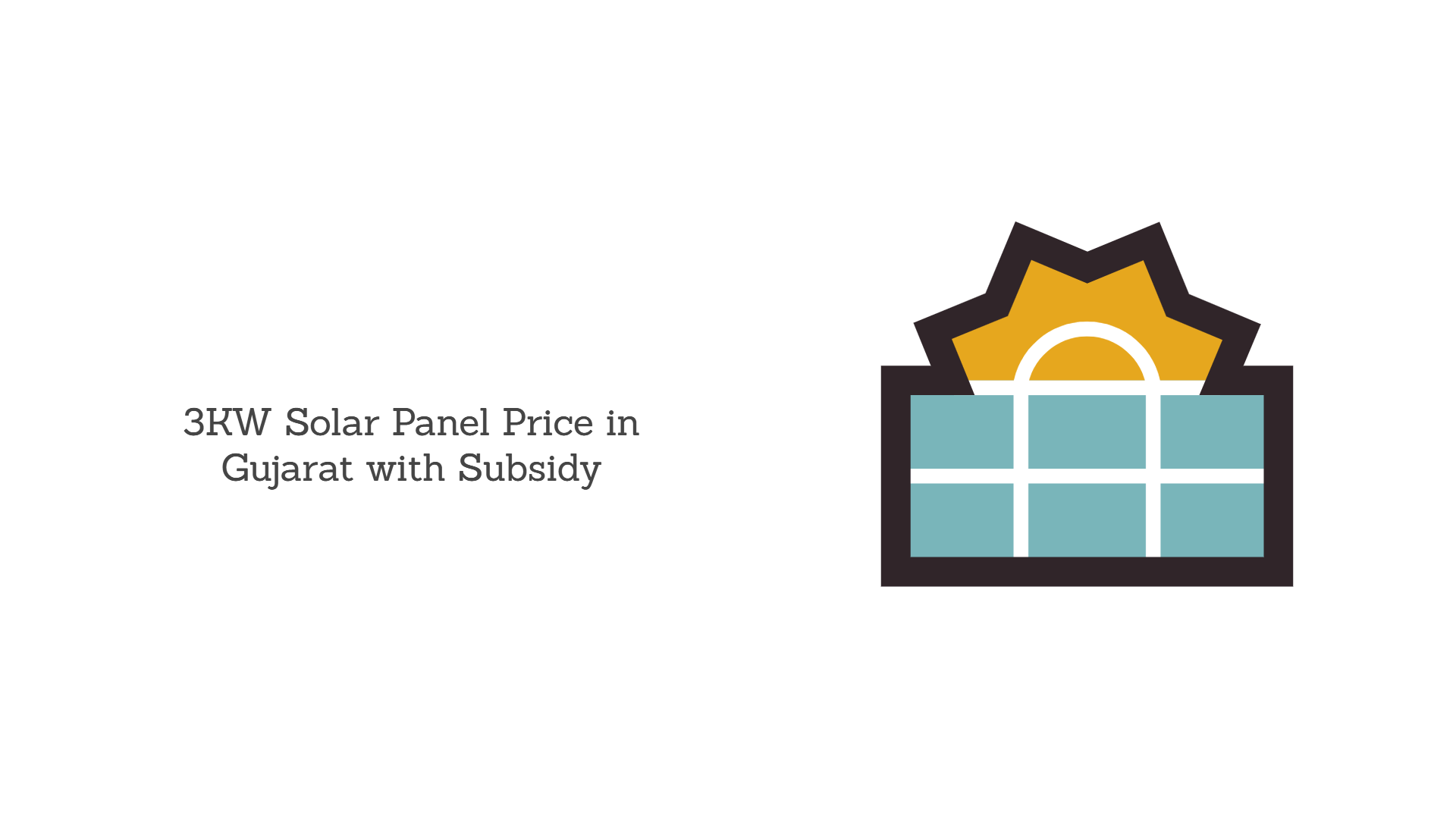


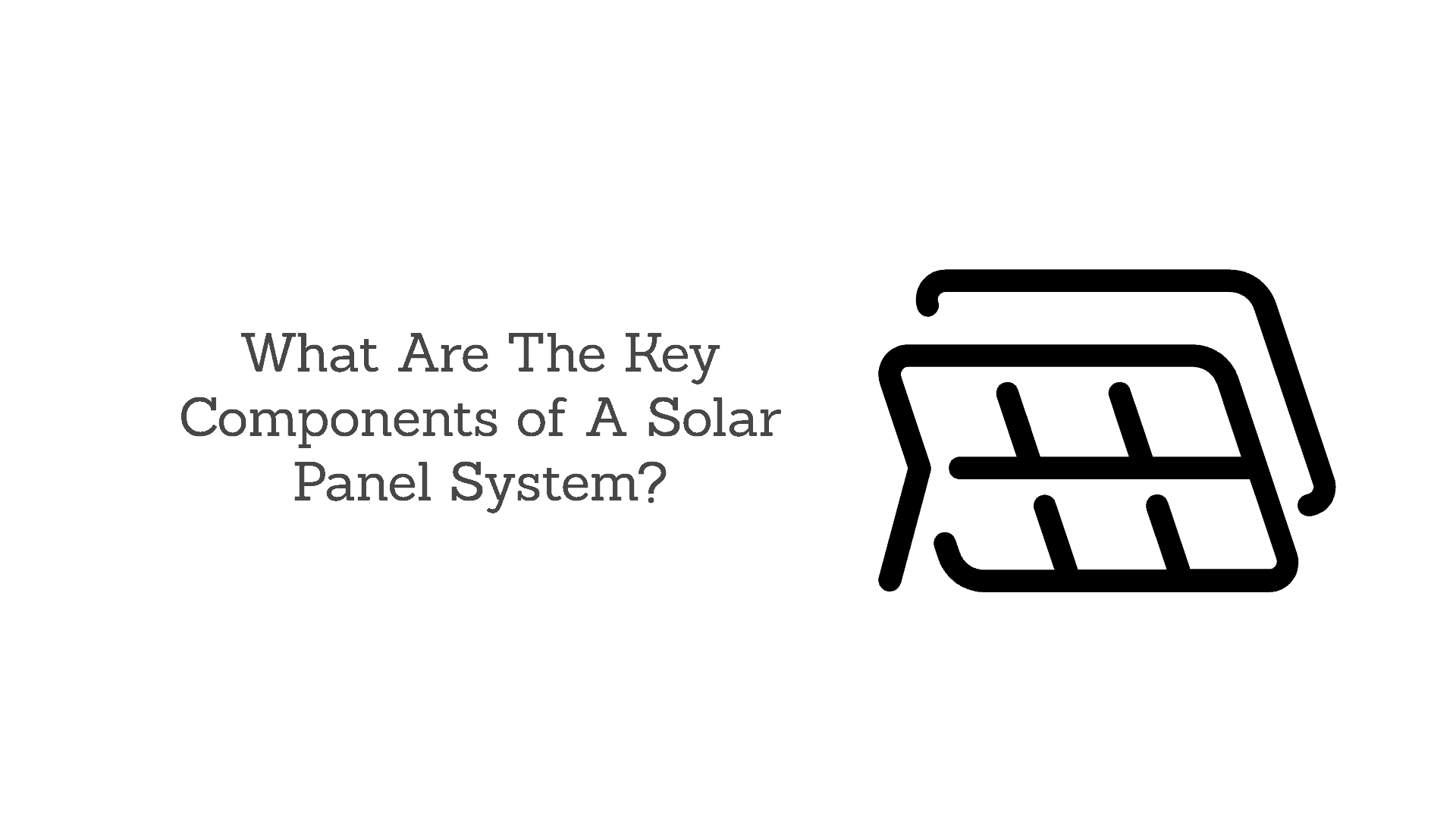
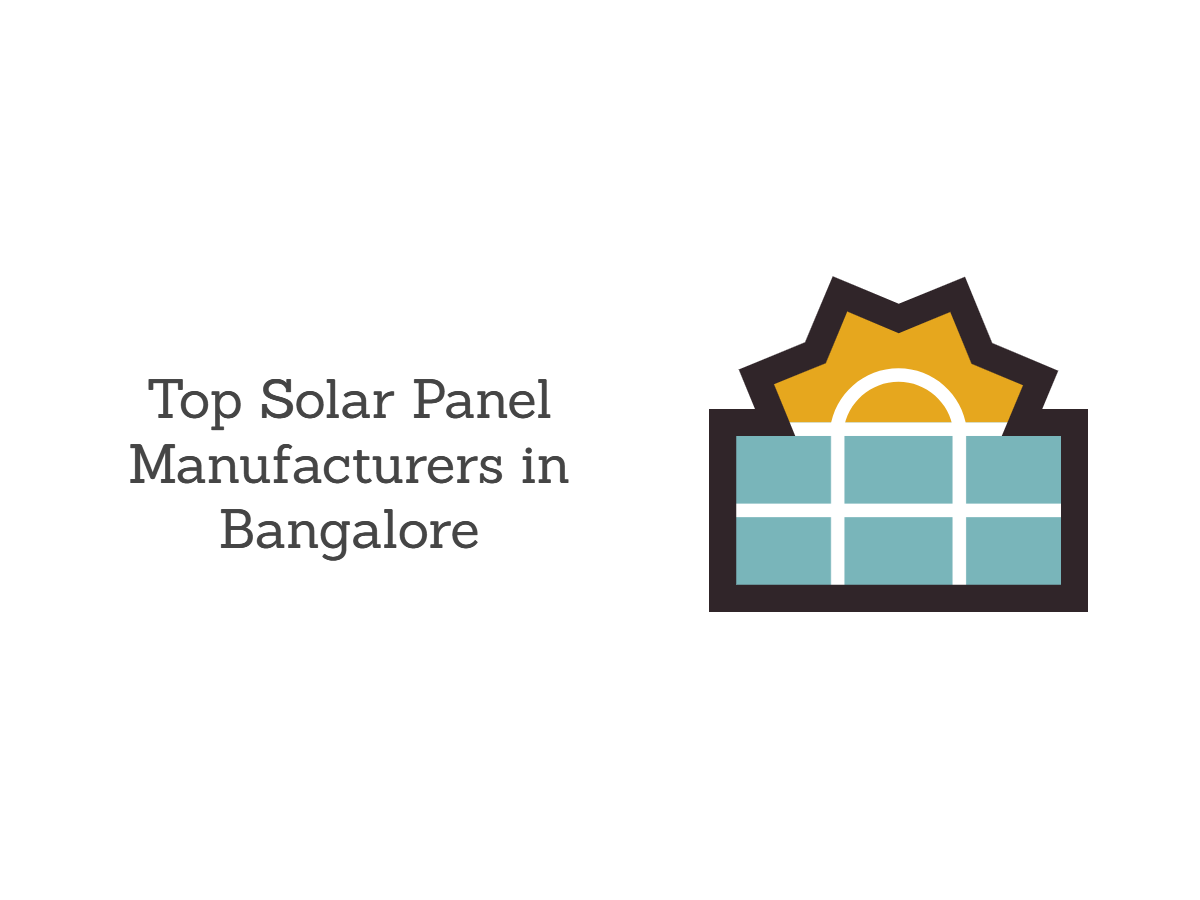






0 Comments